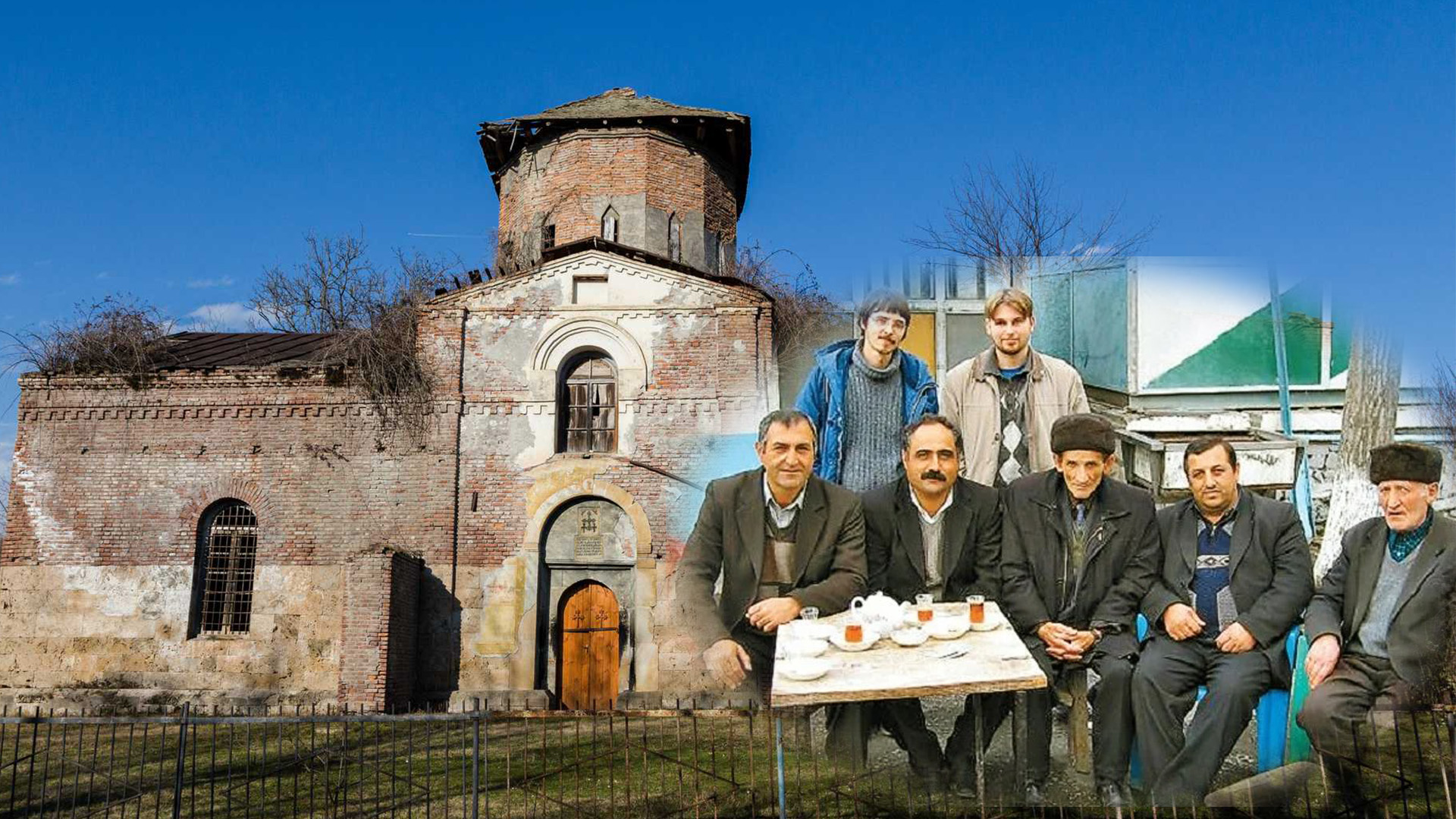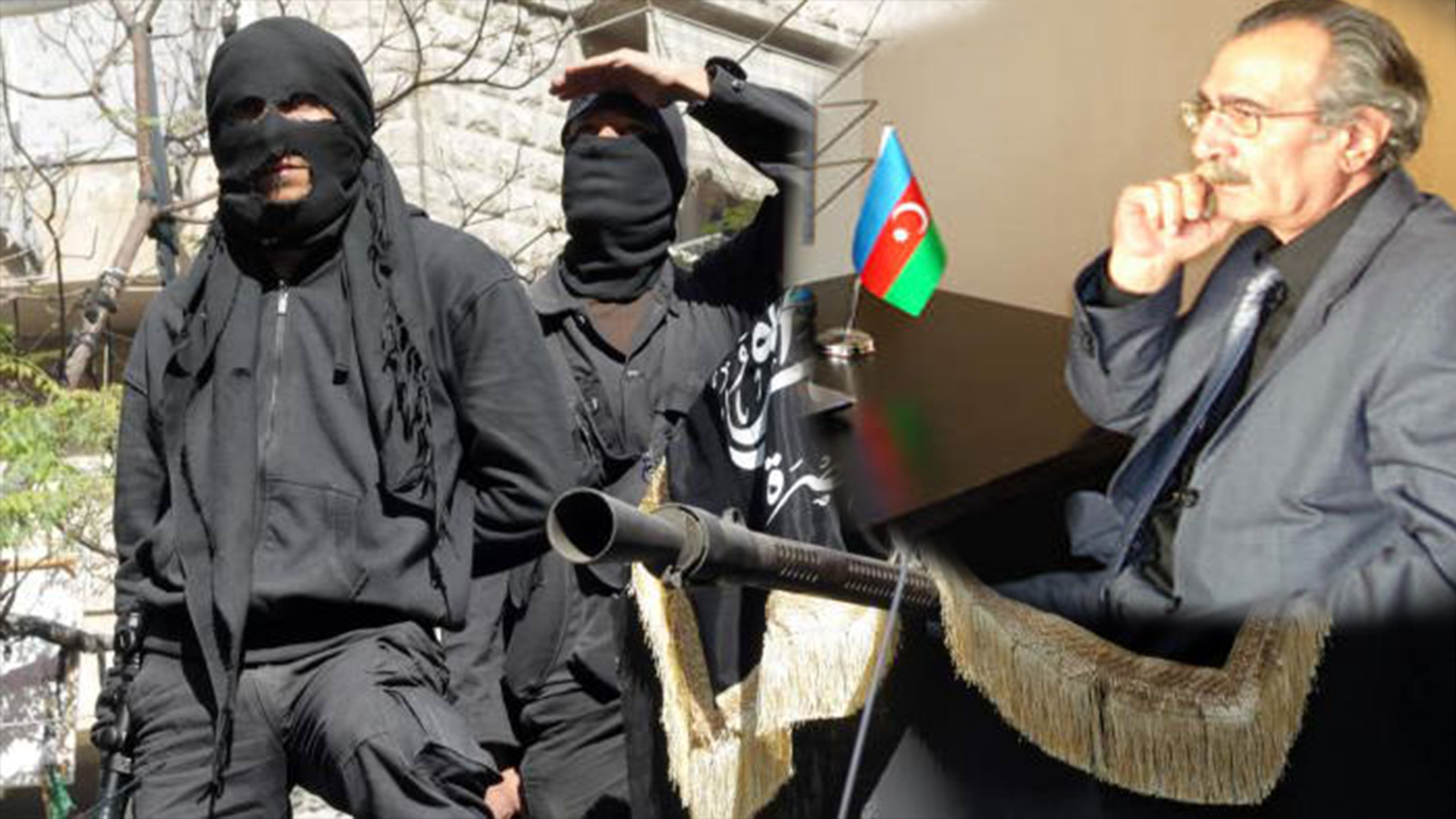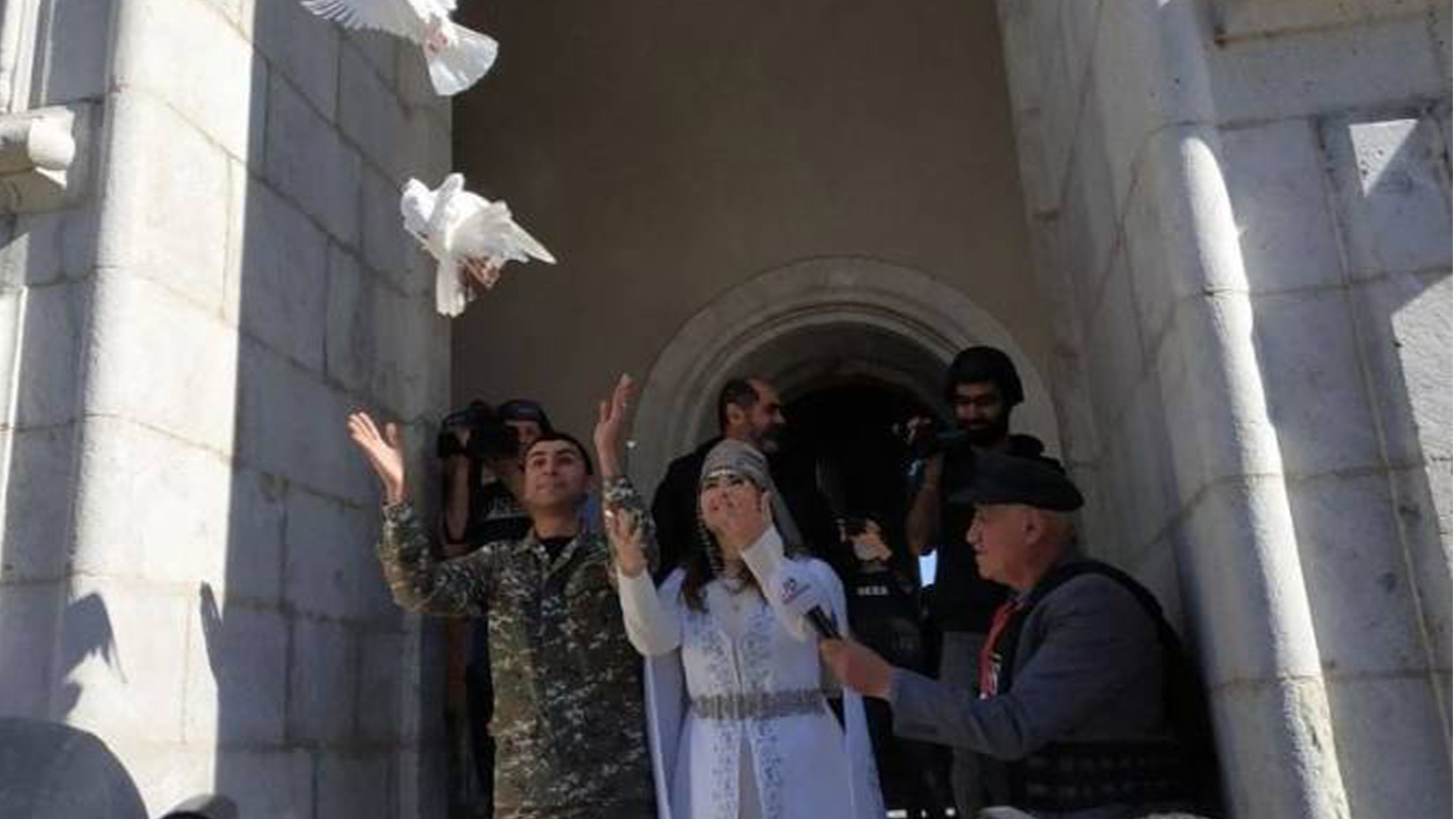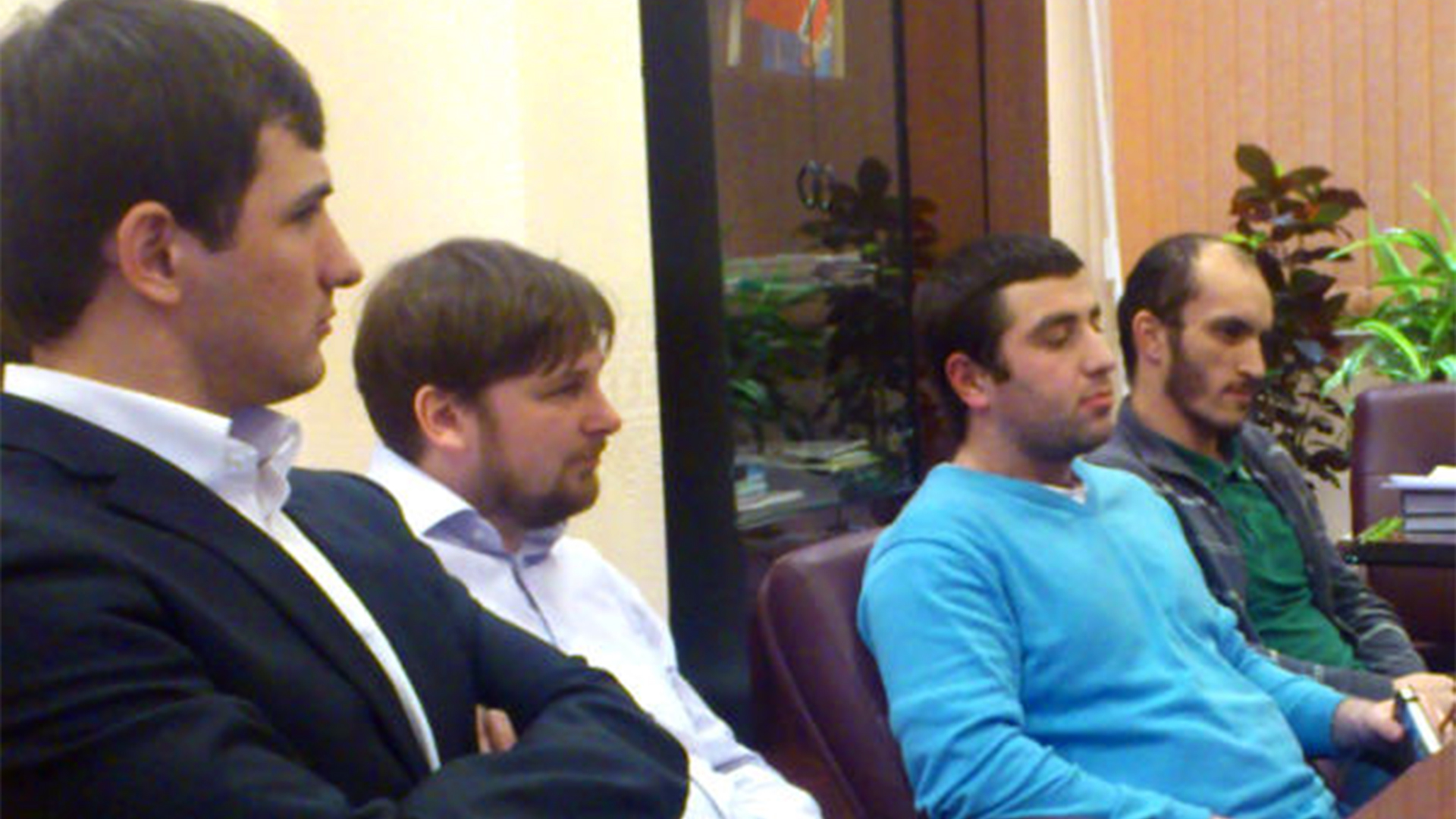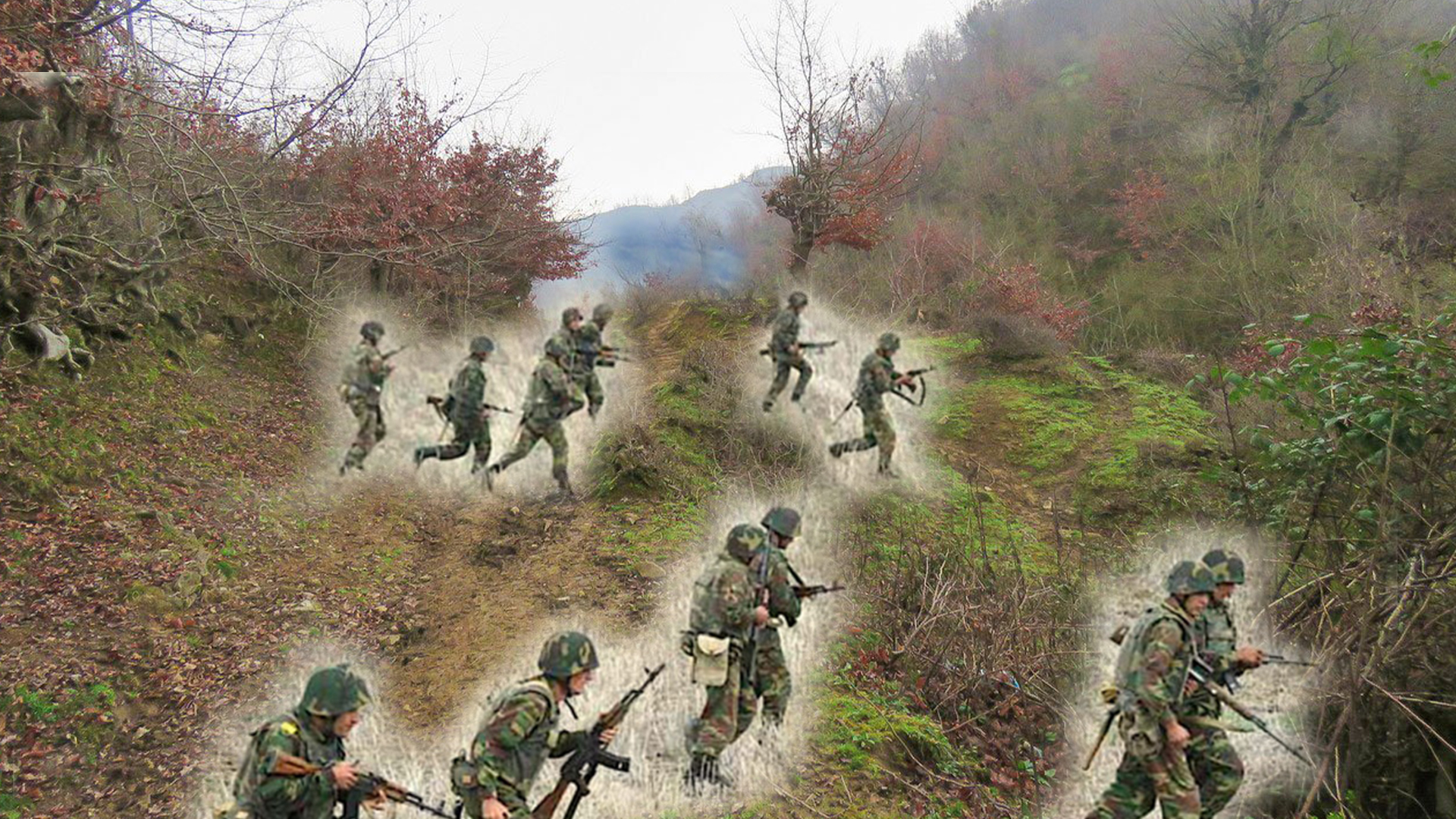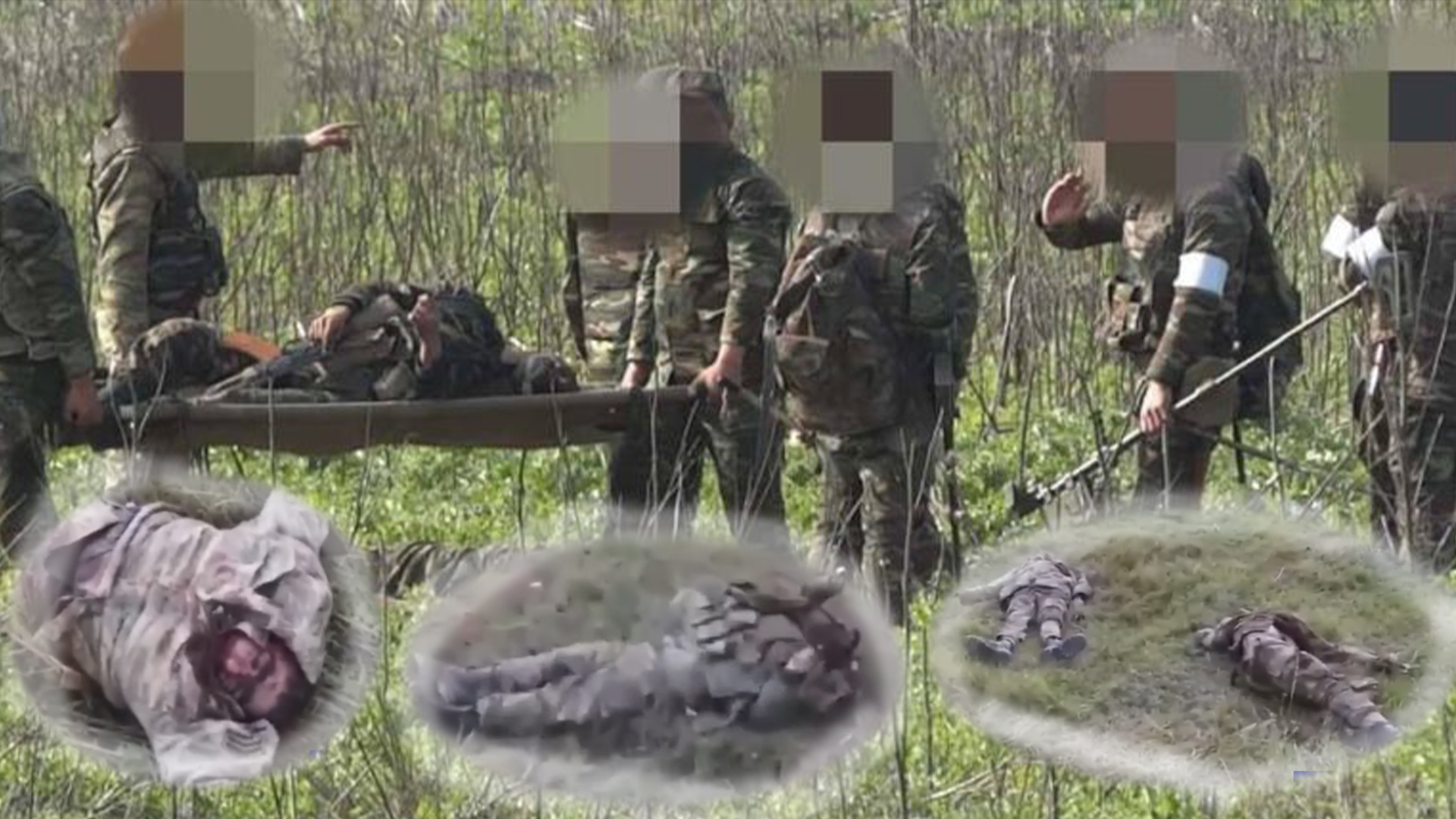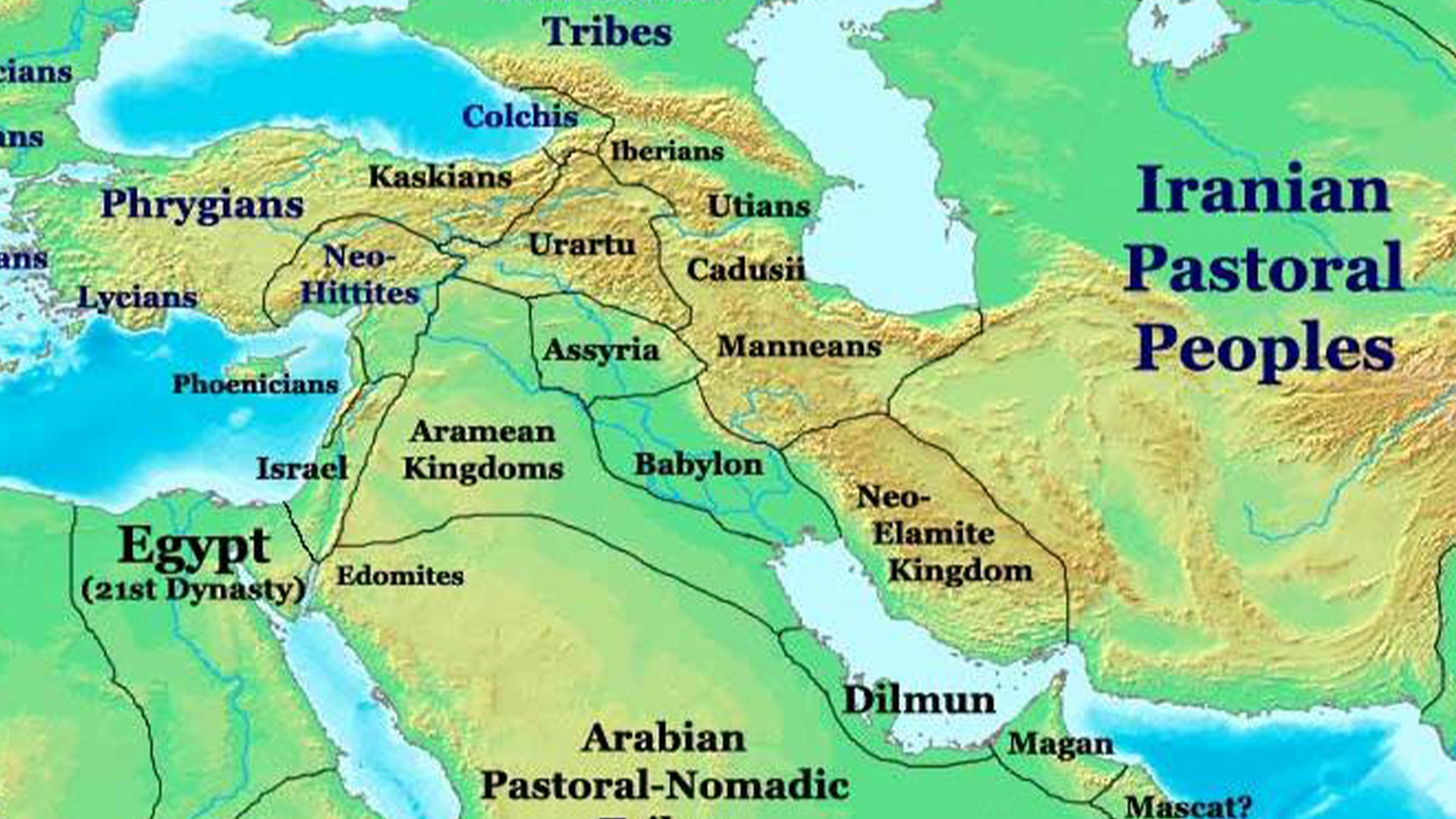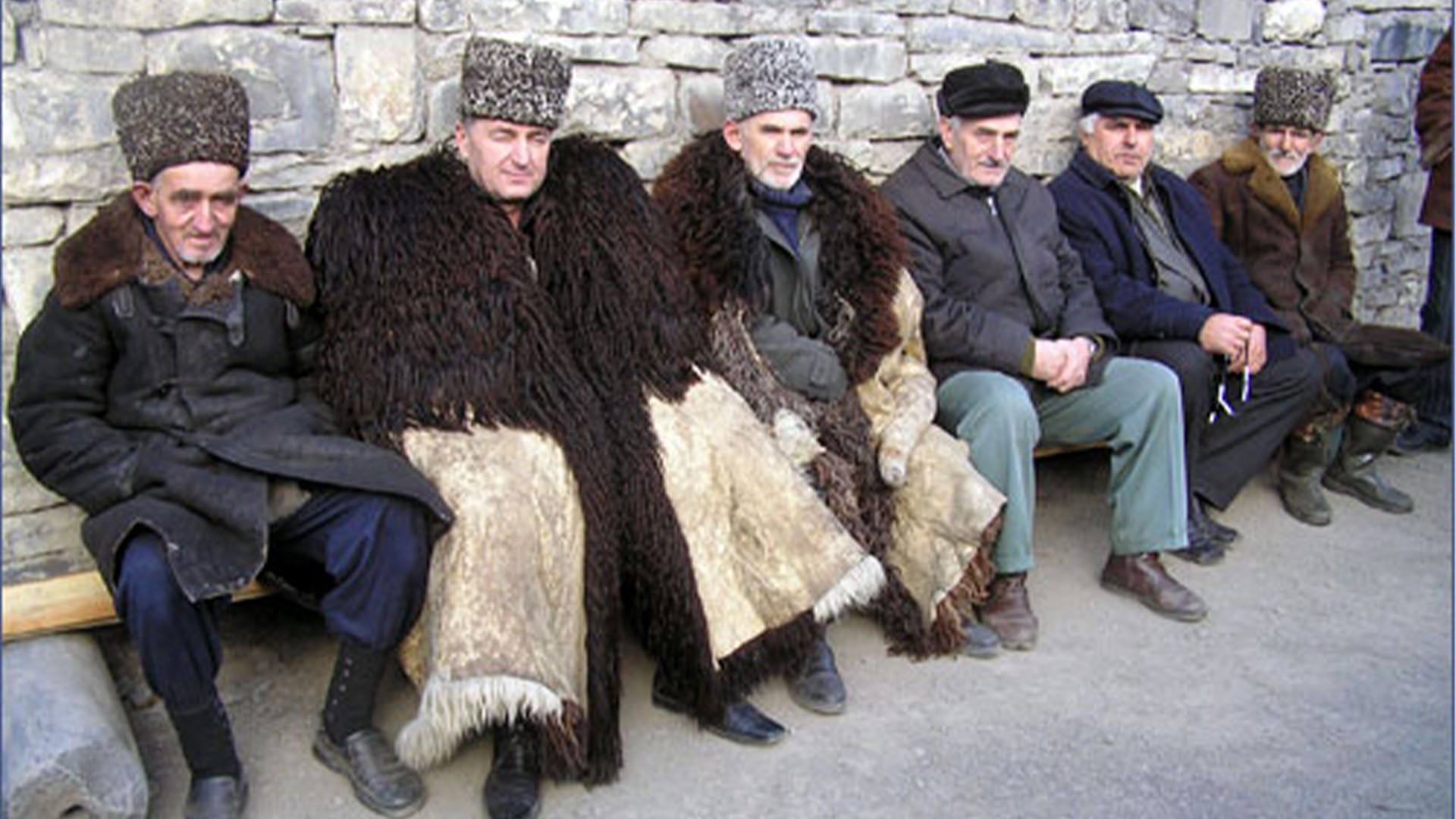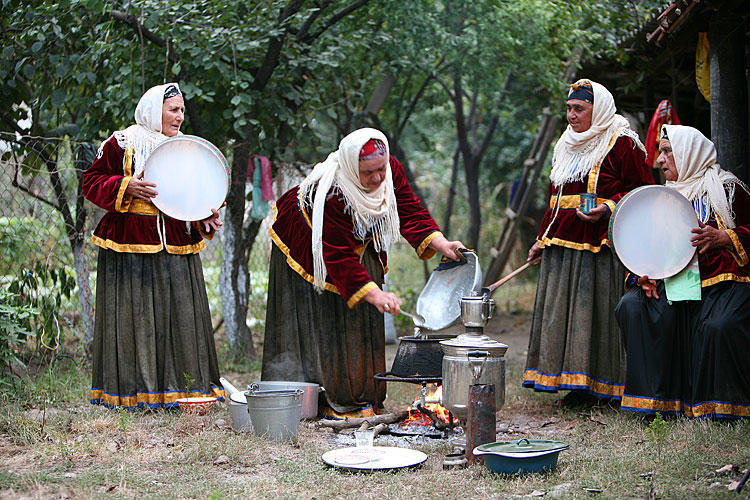An Ethnography of Transnational Alevis in Berlin
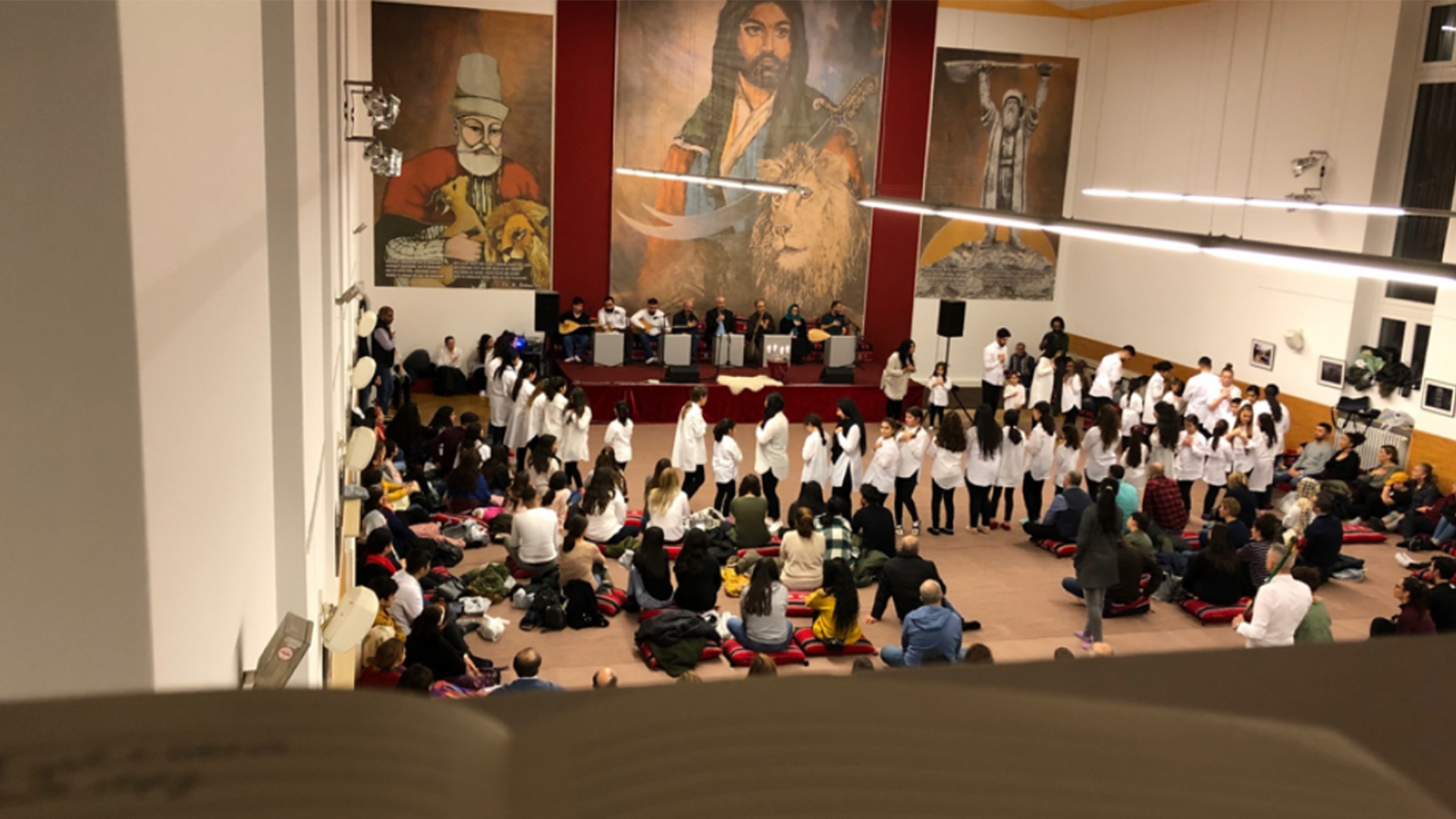
Over the span of 12-months (Aug. 2019 – Aug. 2020), I conducted fieldwork in Berlin, Germany to study the Alevi religious community. This research was extensively supported by the Kellogg Institute, complementing the funding awarded by the Institute for Scholarship in the Liberal Arts, the Nanovic Institute, and the Anthropology Department. My ethnographic research consisted of daily visits to the Alevi Community Center to document observations, participate and volunteer in their activities and services, and interview members and attendees. The purpose of this fieldwork was to examine the negotiation processes of minority identities; and the role of organized community centers in collective identity construction processes that are both local and transnational. The diasporic Alevi community has found a special way to establish roots in Berlin through organized activities since the late 1970s.
In Germany, people with a migration background from Turkey constitute the largest migrant population (around 4.5 million) dating back to the guestworker program Germany started in 1961. Alevis from Turkey also first arrived in Germany as guestworkers, and subsequently through family reunification or as asylum seekers ongoing since the 1980s. The largest Alevi diaspora, with an estimate of over half a million people, lives in Germany; about 70,000 reside in Berlin according to official statements provided by members of the Alevi community center.
Alevism is ancestral to the region of eastern Turkey and makes up 15-20% of the country’s total population. It is a faith that does not have one commonly agreed upon “book”. Some Alevis argue that they do not need one and cite a popular saying in Turkish (okunacak en büyük kitap insandır) which can be translated to English as: “people are the greatest books to be read from”. This phrase refers to the idea that any lessons that need to be learned can be found within the humans themselves (fieldwork notes 2019-2020). When speaking of Alevism, it is often put into relation with Islam. While there is some overlap with Islamic teachings, it is rather viewed as a heterodox and syncretistic religion (e.g. Dressler 2013) and some efforts to regard Alevism as a non-Muslim religion are underway in Turkey and Europe. As several of my interlocutors pointed out, the question about its place within Islam becomes irrelevant when looking at the Alevi practices on their own right.
As someone who grew up in a Sunni Muslim household in Germany, my fieldwork observations showed that the Alevi faith rituals have no resemblance to the mainstream Muslim practices. For starters, music plays a central role within the Alevi tradition accompanying all religious sermons unlike its contentious place within orthodox Islam. Hence Alevis do not attend mosques, rather they have their own worship place called the “cem evi” (house of gathering) in Turkish which was the Alevi Community Center where I conducted my fieldwork. Further, Alevis do not tend to fast during the month of Ramadan, rather at two other times in the year (for 12 and 3 days each) that are concluded by a “cem” sermon where 12 Alevi specific roles and services are performed among others the distribution of food and the performance of the divine “semah” dance. In the photo below, the semah dance is performed during the 2020 “Xizir Cem” ceremony which took place in February at the end of a three-day fasting period. Xizir (also spelled as Hizir) is a mysterious figure within Alevism who called upon during times of hardship and destitution and is hence viewed as a patron saint.
Ethnographic fieldwork is traditionally regarded as a rite of passage into the profession of cultural anthropology. I was able to successfully complete this essential stage of my doctoral education to collect data for my dissertation through the generous funds provided by the Kellogg Institute at Notre Dame. My gratitude also goes to the welcoming nature of the Alevi population in Berlin who made the community center a second home for me. Several families also invited me into their private homes and shared their meals. My interlocutors were not only generous with their time but also patient and eager to explain to me the rich rituals and practices of the Alevi traditions.
The human-centered Alevi practices and philosophy was probably best observed with the outbreak of the COVID-19 pandemic which resulted in the creation of several volunteer projects such as grocery shopping and checking in on the elder and mass masks sewing project. The Alevi example confirms the significance in adapting a holistic vision for the integral human development efforts which are central to Kellogg Institute’s research initiatives and since the outbreak of COVID-19 pandemic, this development model has also become a highly prioritized issue by the Keough School. The role of community centers also intersects well with the Kellogg Institute’s democracy research themes; the Alevi community center reacts and impacts local and translational politics as well as greatly shapes public life in civil society. Hence, my findings will contribute to broader academic and policy interests in how culture (including religion and language) impacts immigrant and minority integration and community formation efforts. As I complete the dissertation writing stage – made possible by the vast amount of data collected from my fieldwork in Berlin – upon earning my doctorate in 2021, I will start working on the book publication of my research.
Sevda Arslan
Ленкоранский военный аэродром перешел под контроль турецкой армии
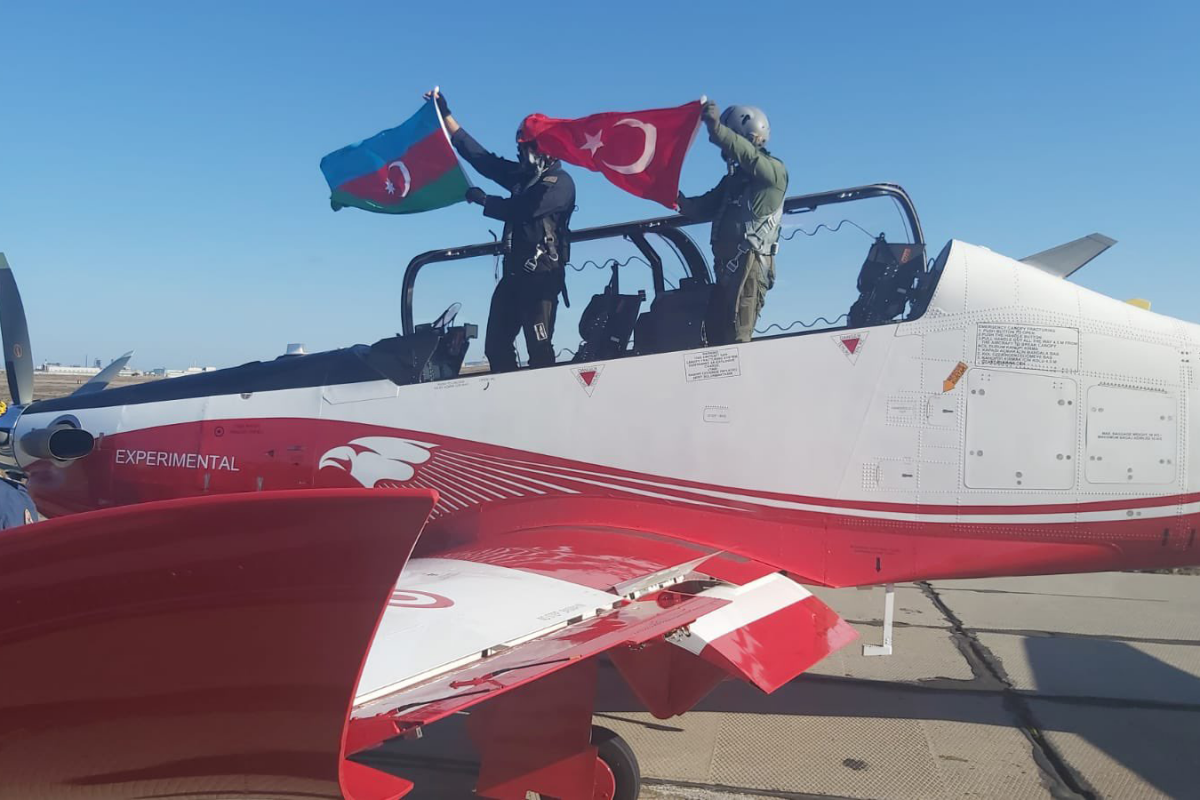
Военный аэродром города Ленкорани, а также ряд других военных аэродромов поблизости перешли под полный контроль турецкого военного командования. Таким образом, объекты, фактически, стали частью инфраструктуры вооруженных сил Турции.
Массовые аресты талышей в Ленкорани
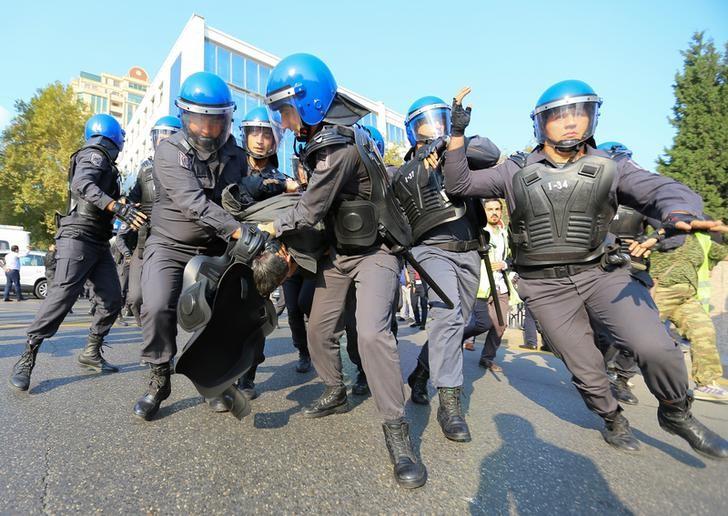
В Ленкорани азербайджанские власти начали активное преследование талышских активистов. Основание — подозрение упомянутых граждан в связях с Ираном. По имеющейся информации, уже арестовано 20 человек, среди которых Бахтияр Агазаде и Микаэл Джафаров прямо обвиняются в работе на иранские спецслужбы и шпионаже.
Талыши не хотят погибать на войне против Армении: протесты в Азербайджане
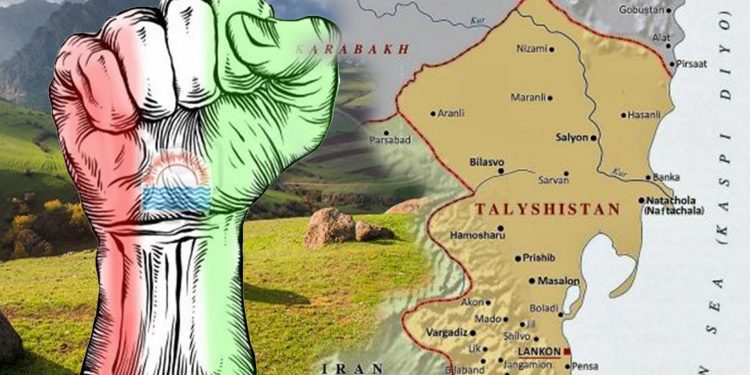
Талышское население Азербайджана наконец-то проснулось, выходя на протестные акции по всей стране.
Талыши не хотят погибать на войне против Армении: протесты в Азербайджане

Талышское население Азербайджана наконец-то проснулось, выходя на протестные акции по всей стране.
Турецкие инструкторы тренируют пантюркистских боевиков в оккупированных частях Нагорного Карабаха

Целый ряд независимых источников свидетельствует о том, что боевики с севера Сирии, переброшенные турецким военным командованием в Азербайджан в ходе 44-дневной войны в Карабахе, не только не покинули страну, но и создали на оккупированных территориях армянской республики Арцах (Нагорный Карабах) лагеря для подготовки пополнения. Таким образом, радикальные пантюркисты будут самовоспроизводиться на Южном Кавказе – в непосредственной близости от границ Ирана и Армении, а также в зоне приоритетных интересов Российской Федерации.
Удин Мовсес Силикян – радетель армянского народа при жизни и разрушитель азербайджанской пропаганды после смерти
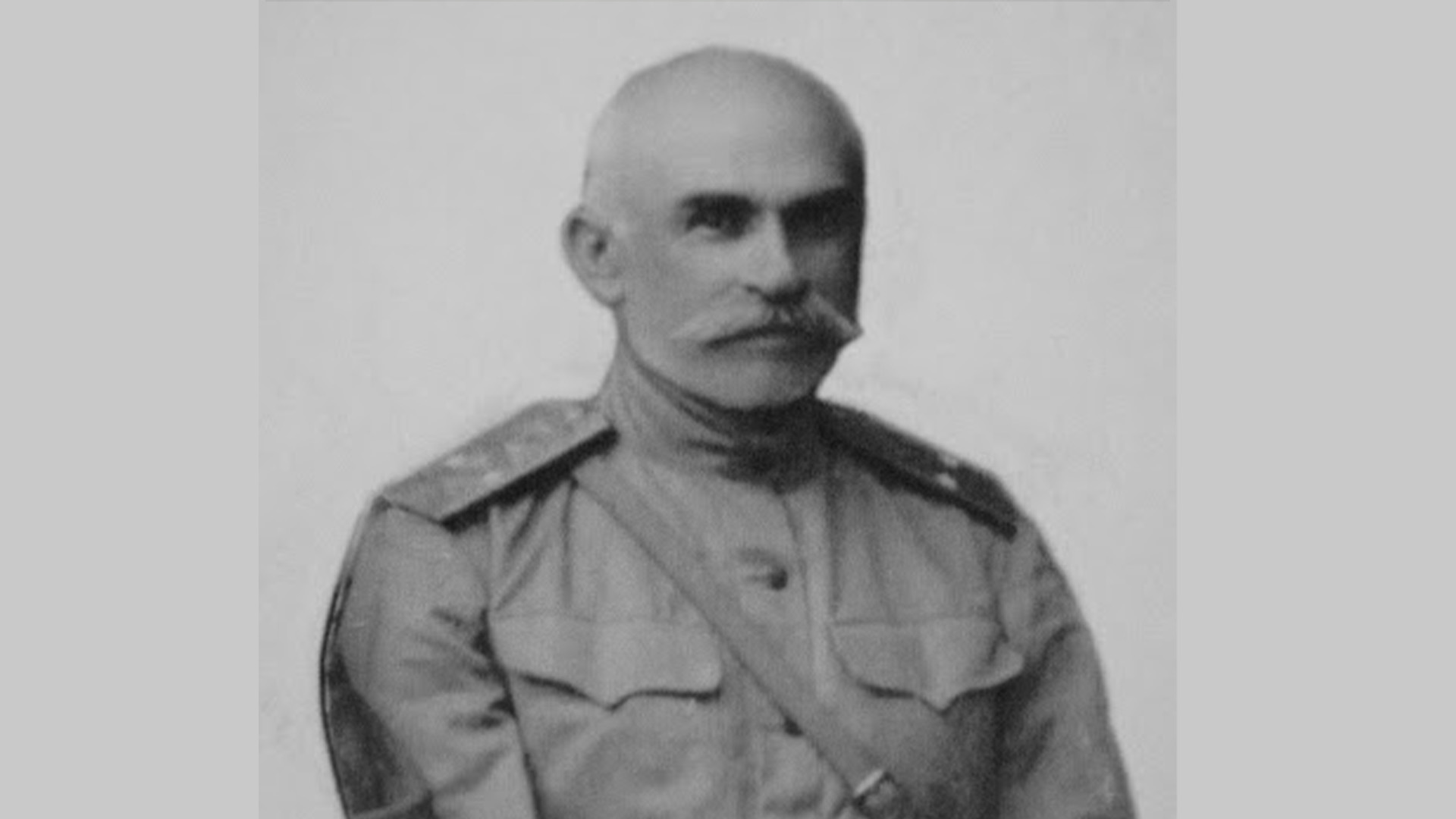
Один из последних трендов бакинского агитпропа – «удинский вопрос», в рамках которого азербайджанцы стремятся противопоставить проживающих в Азербайджане немногочисленных православных удин армянам. Между тем, даже поверхностное знакомство с историей региона позволяет развеять эти пропагандистские клише с апшерона.
«Не позволим азербайджанской фабрике пропаганды врать об армянах в Израиле!»: открытое письмо израильских ученых

Группа израильских ученых опубликовала «Открытое письмо в защиту добра», призванное защитить Армению и армянский народ от кампании лжи и клеветы, развернутой на азербайджанские средства СМИ Израиля.
Талыши, воевавшие в Арцахе, просят помощи у живущих в России сородичей

Азербайджанские талыши, принимавшие участие в военной операции режима Ильхама Алиева в Арцахе, сейчас активно просят материальной помощи у талышей, живущих на территории Российской Федерации.
Еще раз о студентах Ленкоранского университета
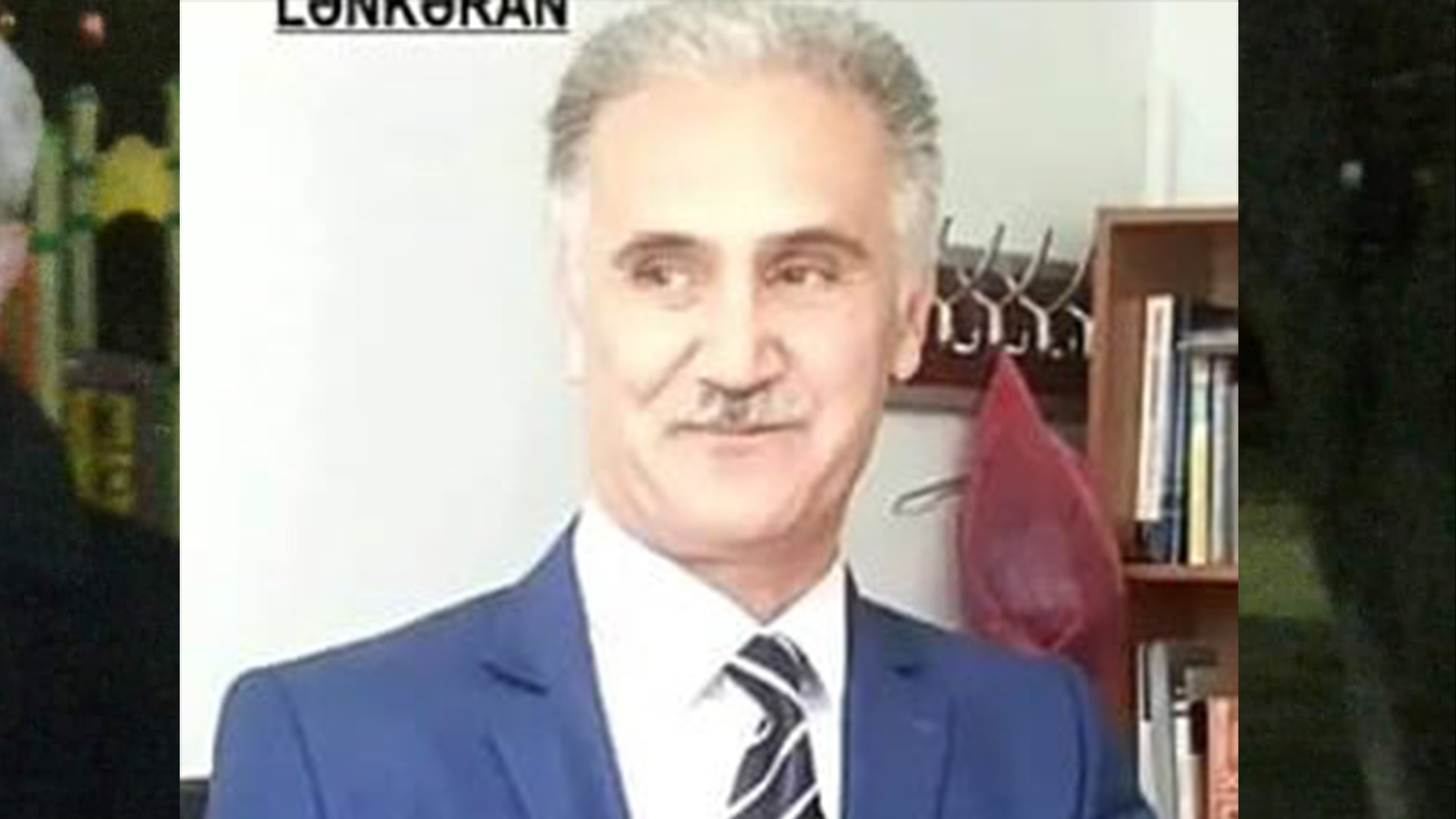
Аргументация возмущенных студентов была простой — они отмечали, что даже во вражеской по отношению к Азербайджану Армении не только изучают талышский язык и талышскую культуру, но и издают литературу о талышском народе, его истории и языке. «Если это делается во вражеской Армении, то почему в центре Талышистана Ленкорани, на территории постоянно заявляющего о своей толерантности и лояльности коренным народам Азербайджане не происходит того же самого?», — задавались вопросом протестующие.
Протестная акция талышей-участников Карабахской войны в Ленкорани
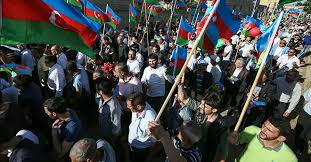
В центре Ленкорани перед зданием городской администрации собралось более полусотни участников недавно завершившейся 44-дневной войны в Карабахе талышской национальности. Многие из них остались после военных действий инвалидами, другие потеряли родных, близких и однополчан. Люди протестовали против незавидного положения, в котором они оказались по вине азербайджанских властей.
Война в НКР - сигнал для России. Армения - последний рубеж
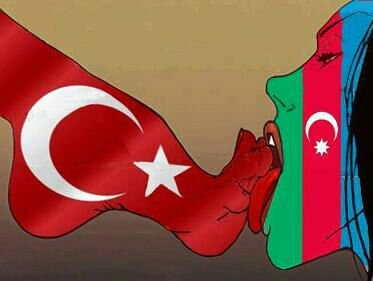
Сколько бы Азербайджан не пытался опровергать наличие этого элемента в стране, достоверно известно, что джихадисты обживаются в регионе, привлекательном для них по многим параметрам. Сейчас под их проживание отдана, например, зона отдыха «Хафтони» в Ленкорани. Надеюсь, окончательно выкристаллизовалось восприятие Турции как явления неоосманского, с четко выраженным религиозным вектором - османский ханафитский суннизм с тягой к салафизму. С кемализмом будет покончено окончательно, если, конечно, не произойдет резкого поворота в курсе в силу каких-либо обстоятельств.
Григоров: Предавать армян нельзя!
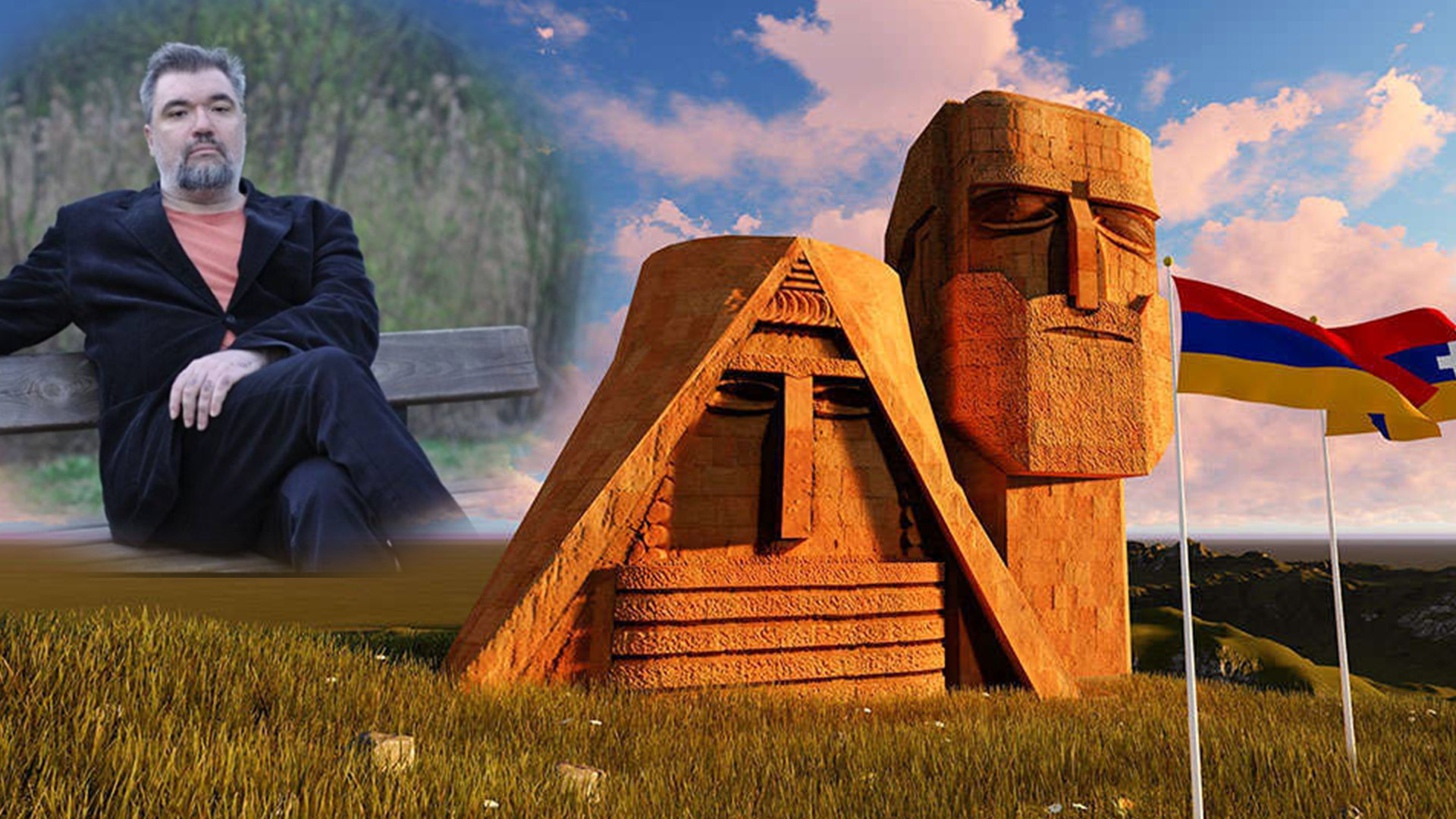
И всем, у кого есть мозги, то есть, абсолютному меньшинству в отечестве, было понятно, что будь в Армении хоть сорок пашинянов-соросов, предавать армян нельзя. Потому что только карабахские армяне сделали для России больше, чем любая республика Средней Азии, а армяне в целом больше, чем все союзные республики Азии, включая Азербайджан, в совокупности.
Удин Саргис Кукунян (Аветисян) – герой армянской освободительной борьбы
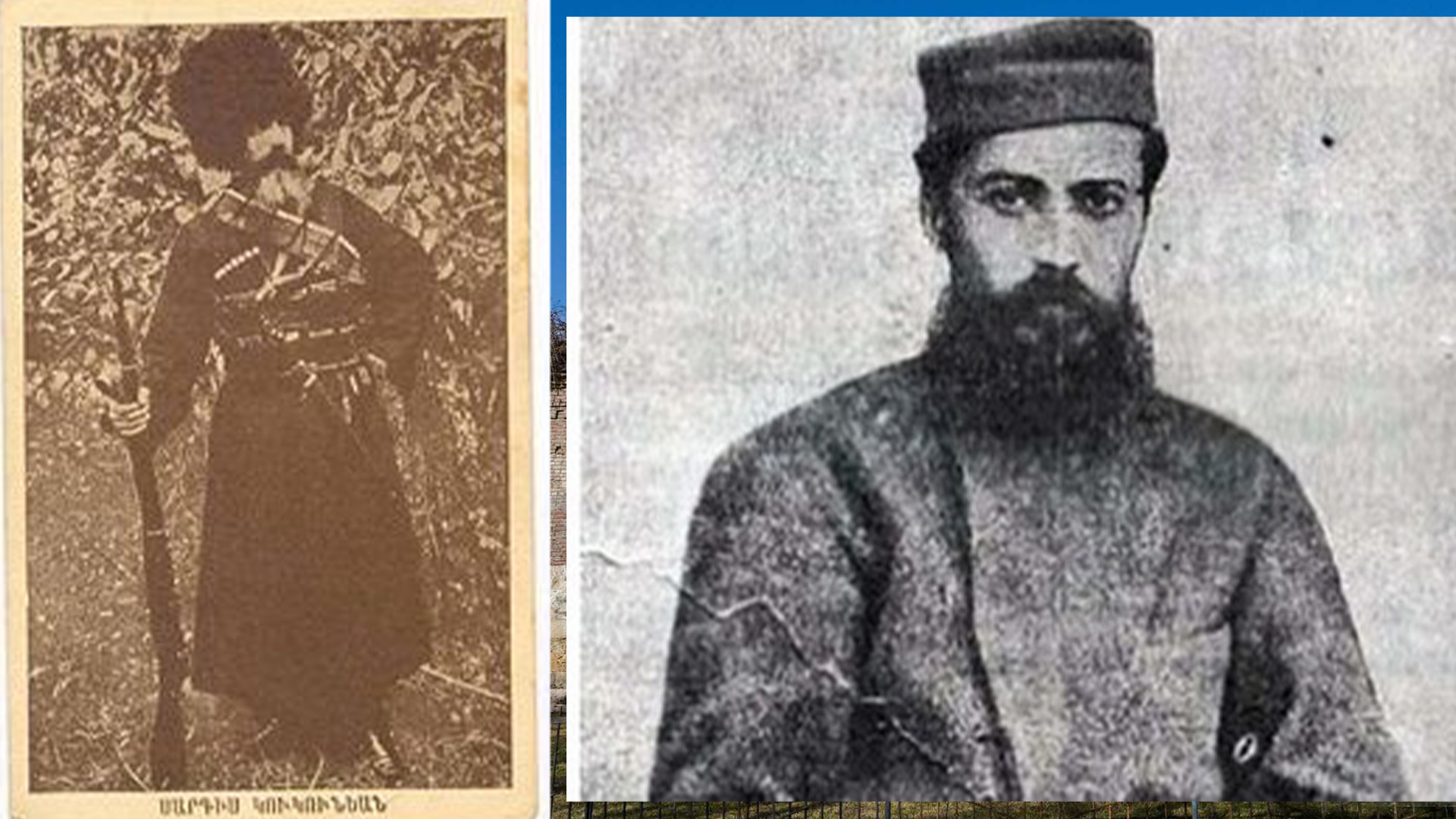
Хотя удины дома говорили на своем языке и считали себя представителями особой группы, у них была подчеркнутая армянская идентичность. И вправду, в бытовой жизни и духовной культуре они ничем не отличались от армян, обычно выступая как своего рода их территориальная разновидность. Они носили армянские имена и фамилии Удины были рьяными и преданными последователями Армянской Апостольской Церкви: неслучайно многие видные армянские церковные деятели были удинами.
Турки и джихадисты в Талышистане: целенаправленное поглощение
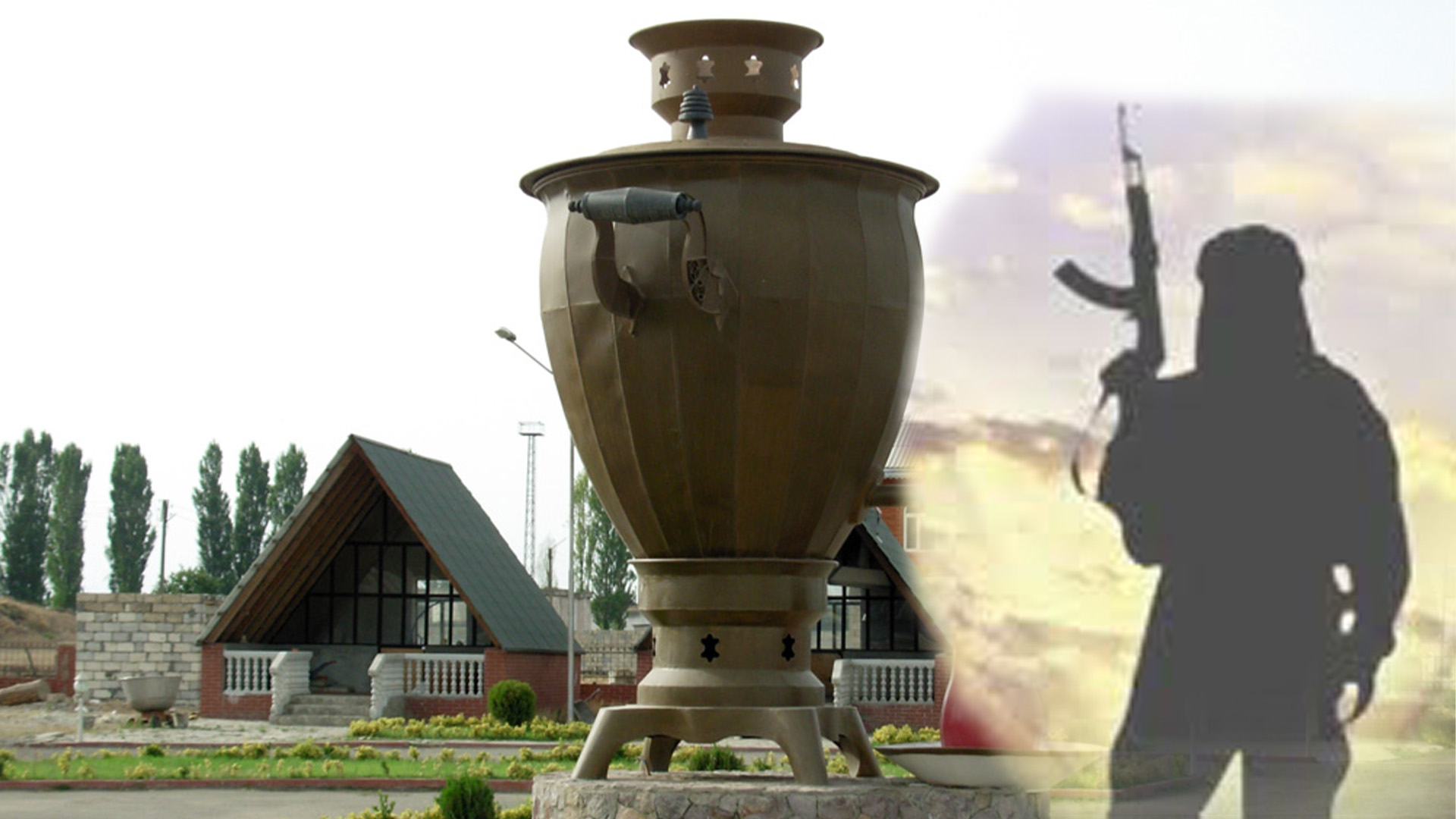
В Талышистан активно переселяются джихадисты или протурецкие туркоманы из Сирии, которые уже сейчас живут там вполне вольготно, а ведут себя крайне развязно. Например, в курортной зоне Хафтони в Ленкорани этих джихадистов – уже несколько сотен! Местное население смотрит на это с подозрением и недовольством, но сделать ничего не может.
Эрдоган готовит новую «армянскую игру»

Министр иностранных дел Турции Мевлют Чавушоглу выступил с интригующим заявлением. Первый сюжет заключается в том, что, по словам министра, «соглашение между Арменией и Азербайджаном, достигнутое при посредничестве России, наконец-то позволит Турции нормализовать отношения с Арменией», и что «Турция надеется, что Армения не нарушит режим прекращения огня».
Кавказская Албания: псевдоисторические мифы на службе политики
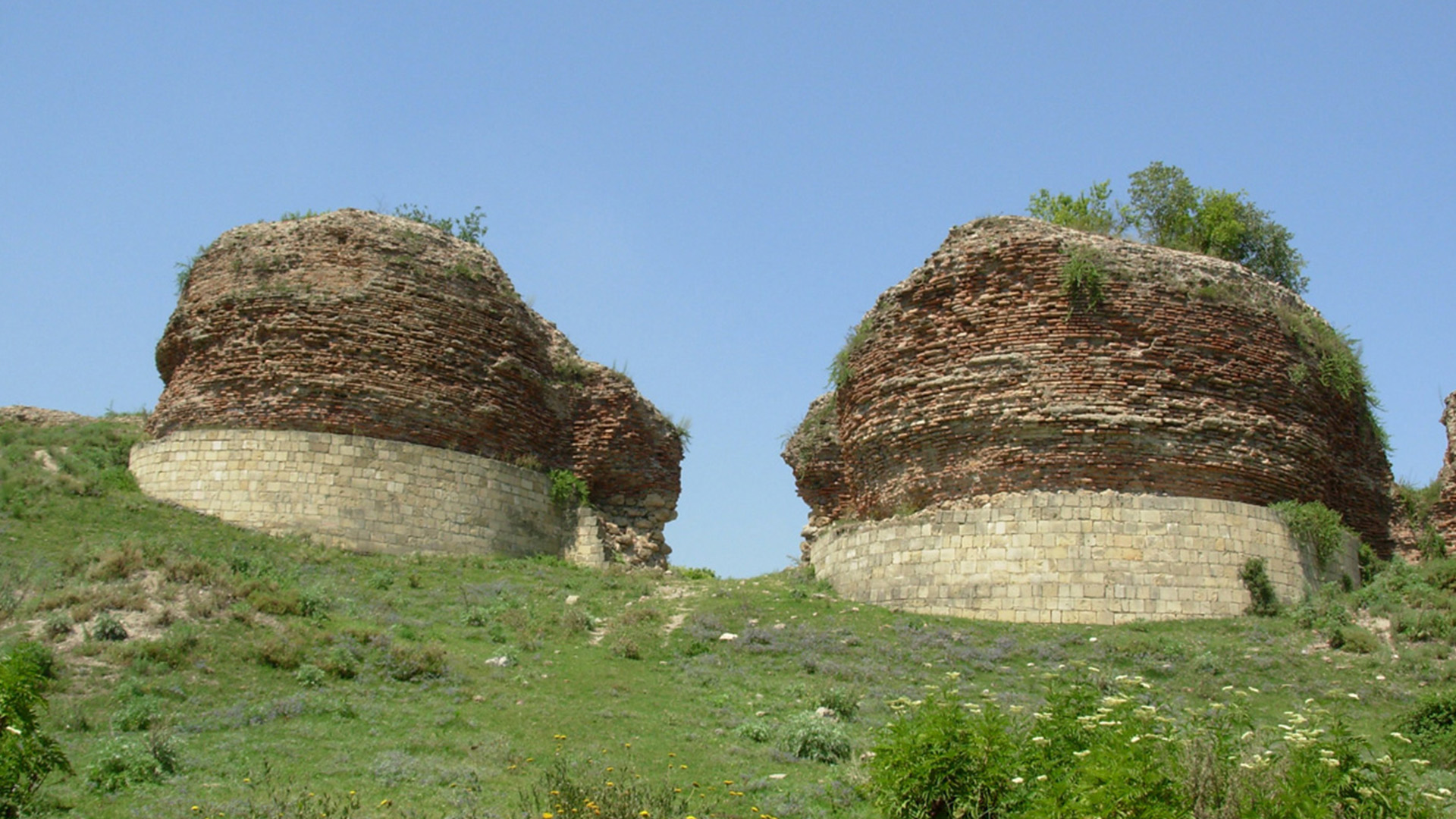
Еще одним способом ведения исторических войн является «приватизация» историко-культурного наследия Кавказской Албании, что, очевидно, получит новый импульс сейчас, после перехода под контроль Азербайджана ряда раннесредневековых христианских памятников на территории Кельбаджарского, Лачинского и некоторых других районов.
Новое "контрнаступление" Азербайджана. На этот раз неудачное

Заведующий сектором администрации президента Азербайджана Фуад АХУНДОВ сделал попытку ответить на статью депутата Госдумы Константина Затулина «Одна неправда нам в убыток: Уроки Карабаха для России».
Слова Эрдогана в Баку — вызов не только Ирану, но и России. Интервью

Участие Турции в войне в Карабахе, безусловно, сделало Турцию важным фактором политики на Южном Кавказе, хотя этот фактор вполне может оказаться и не таким долгосрочным, как представляется в Анкаре и Баку. Попытки создать формат долговременного военного присутствия, предпринимаемые турецкой стороной, наверняка вызывают раздражение как в Москве, так и в Тегеране, не говоря уже о Ереване.
Научно-просветительский проект Союза Талышской Молодежи "TOLYSHNOMA" предоставил свой первый продукт.
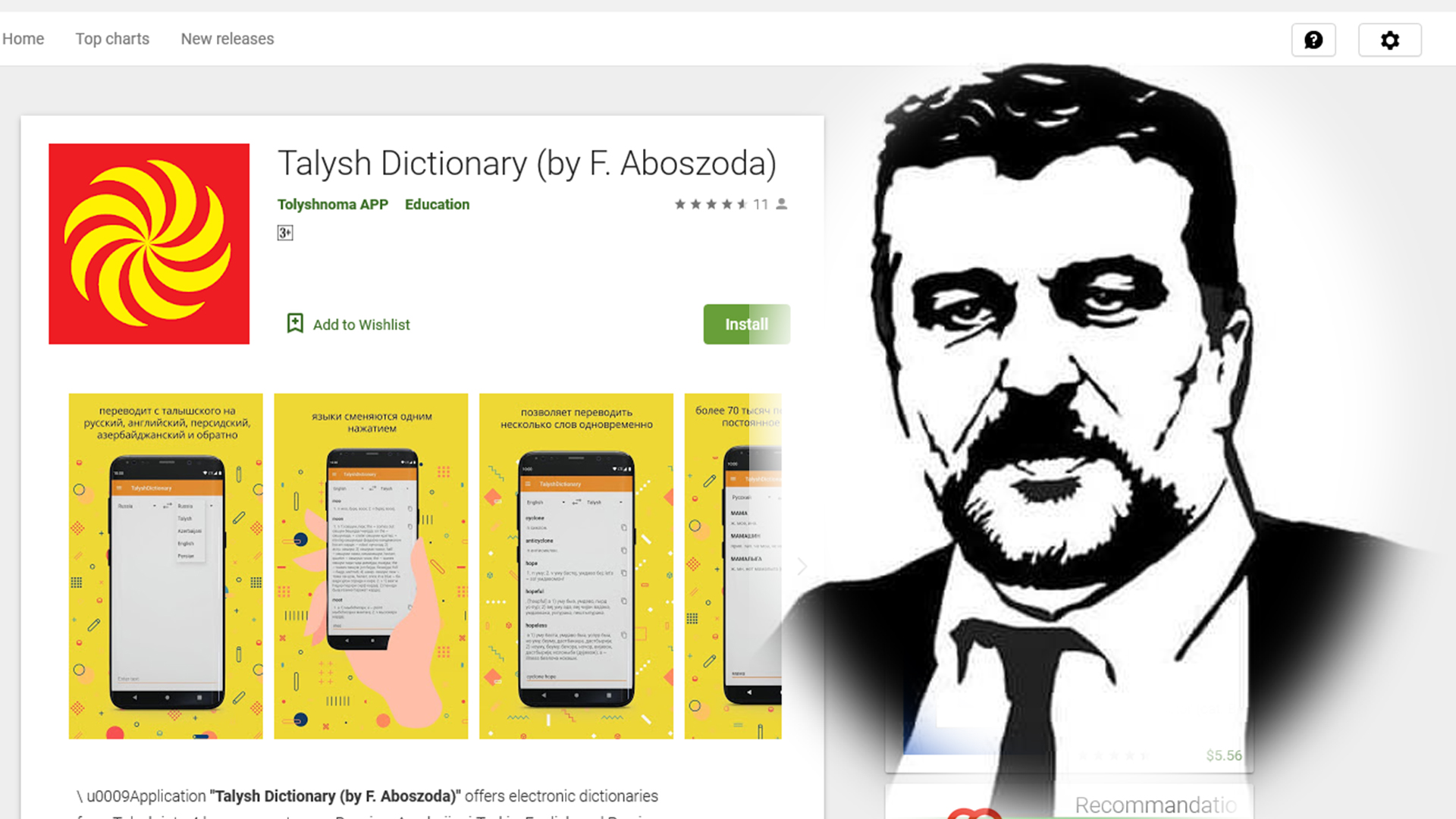
Приложение «Talysh Dictionary (by F. Aboszoda)» предлагает электронные словари с талышского языка сразу на 4 языка: Русско-талышский словарь (60 000 слов; Мюнхен, 2012), Тюрко-талышский словарь (55 000 слов; Баку, 2015), Англо-талышский словарь (250 000 слов; Мюнхен, 2012), Персидско-талышский словарь (100 000 слов, рукопись). Особо следует отметить, что это первые случаи запуска англо-талышского и персидско-талышского электронных словарей.
Научно-просветительский проект Союза Талышской Молодежи "TOLYSHNOMA" предоставил свой первый продукт.
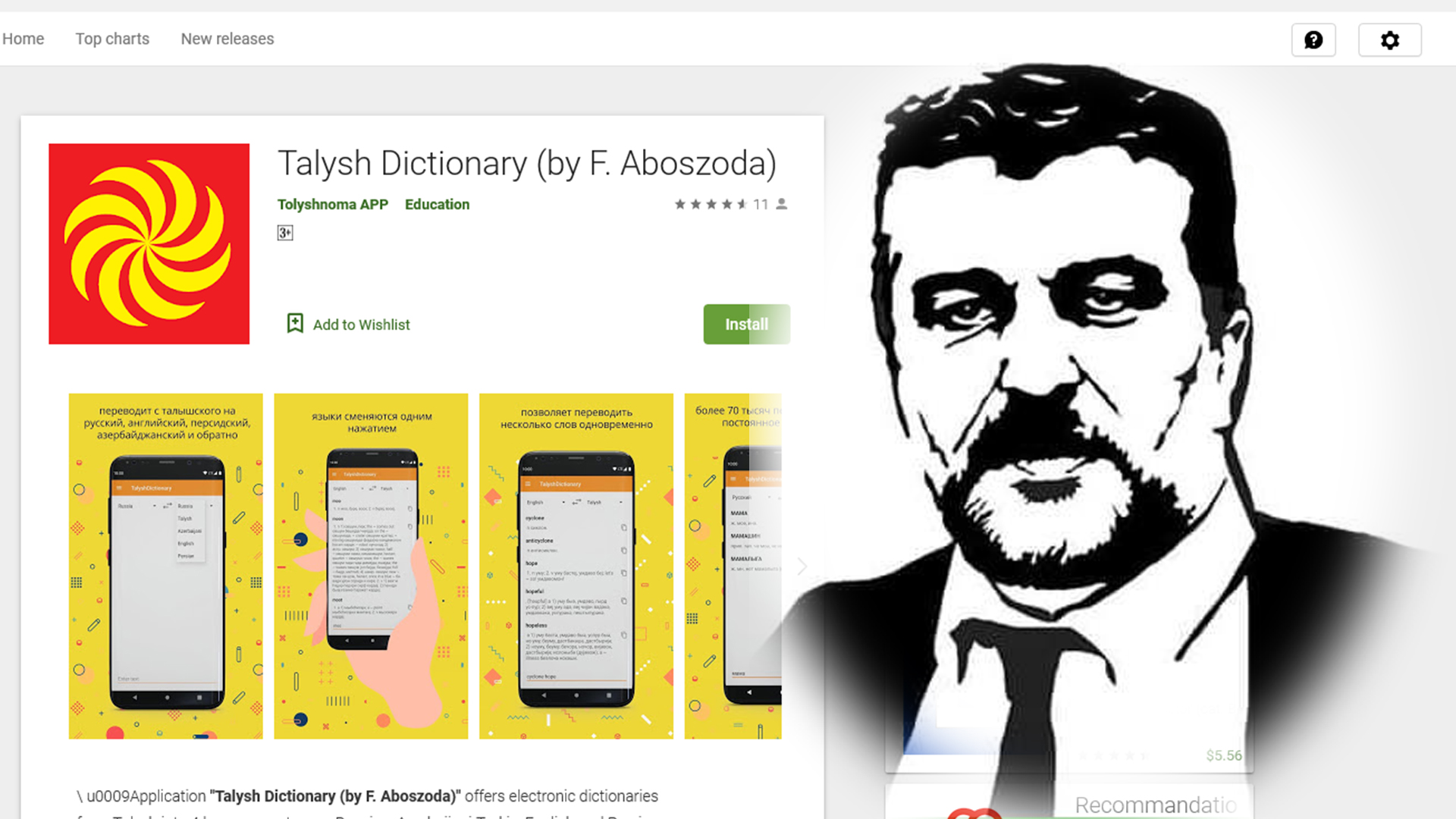
25 декабря 2020 года было запущено Приложение «Talysh Dictionary (by F. Aboszoda)», являющееся продуктом научно-просветительского проекта «TOLYSHNOMA», созданного Союзом талышской молодежи (гор. Москва, Россия) при содействии Талышской Национальной Академии (гор.Минск, Беларусь). Запуск приложения был приурочен к 64-летию выдающегося талышского ученого Фахраддина Абосзода (Аббасов).
Лидер, провидец, мученик: О наследии Фахраддина Абосзода ко дню его рождения
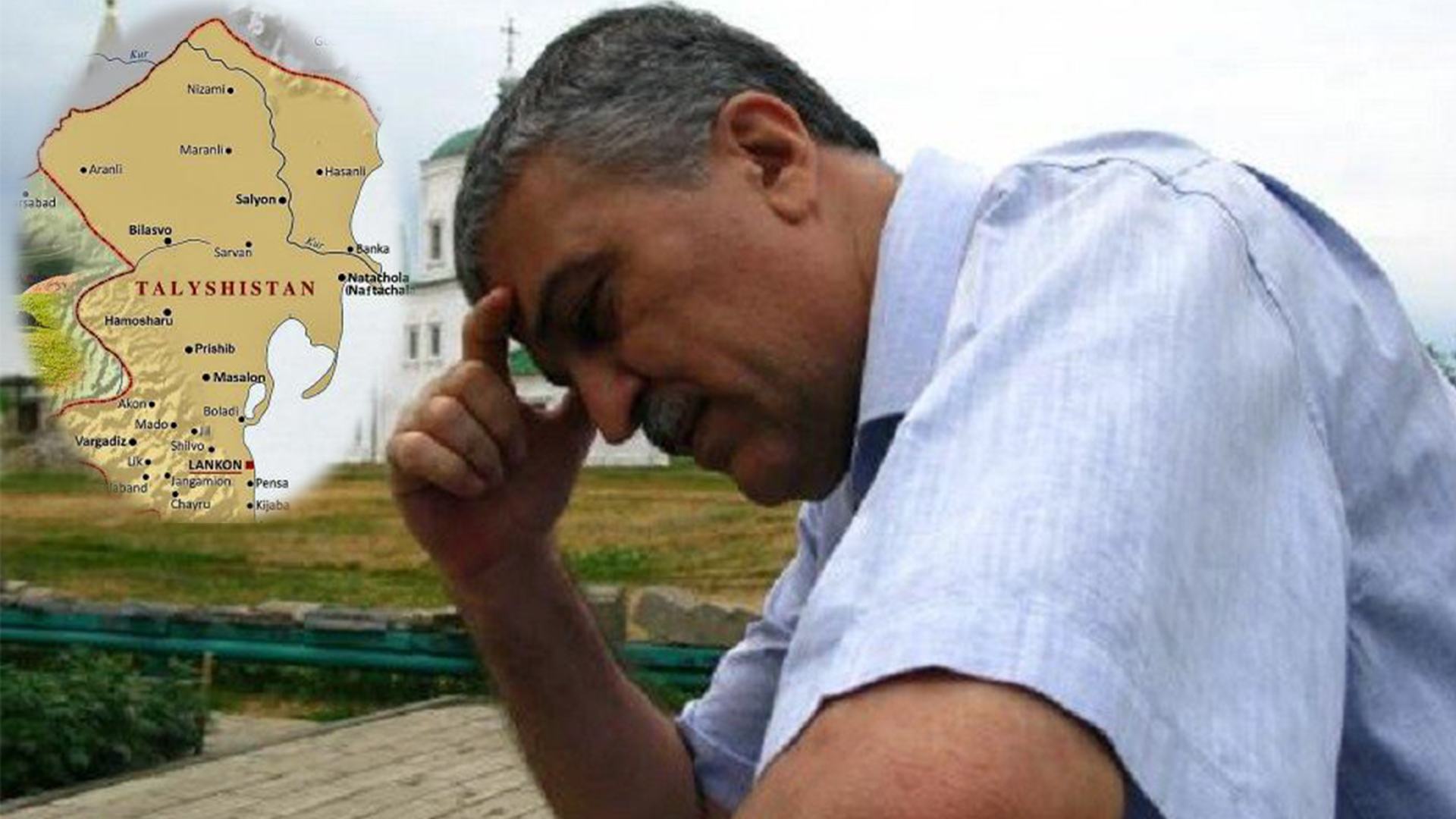
Фахраддин был до безрассудства храбрым человеком, не боялся ничего. В ответ на мои предупреждения он резко прерывал меня: «Если кто-то хочет, чтобы его народ жил свободно, он не должен думать об опасности. Страх и жизнь в страхе – не путь борьбы». Он демонстрировал это всей своей жизнью, пожертвовав всем – и семьей, и свободой, и жизнью ради своего народа.
UNESCO Should Dismiss Mrs․ Mehriban Aliyeva From Her Title Of UNESCO Goodwill Ambassador

The First Vice-President of Azerbaijan, Mrs. Mehriban Aliyeva – representative of one of the most corrupt, violent, and oppressive regimes of our times, should not remain a UNESCO Goodwill Ambassador, as a politician who bears full responsibility for countless human rights violations, encouragement and implementation of the hate policy...
Надо оставаться лезгинами!
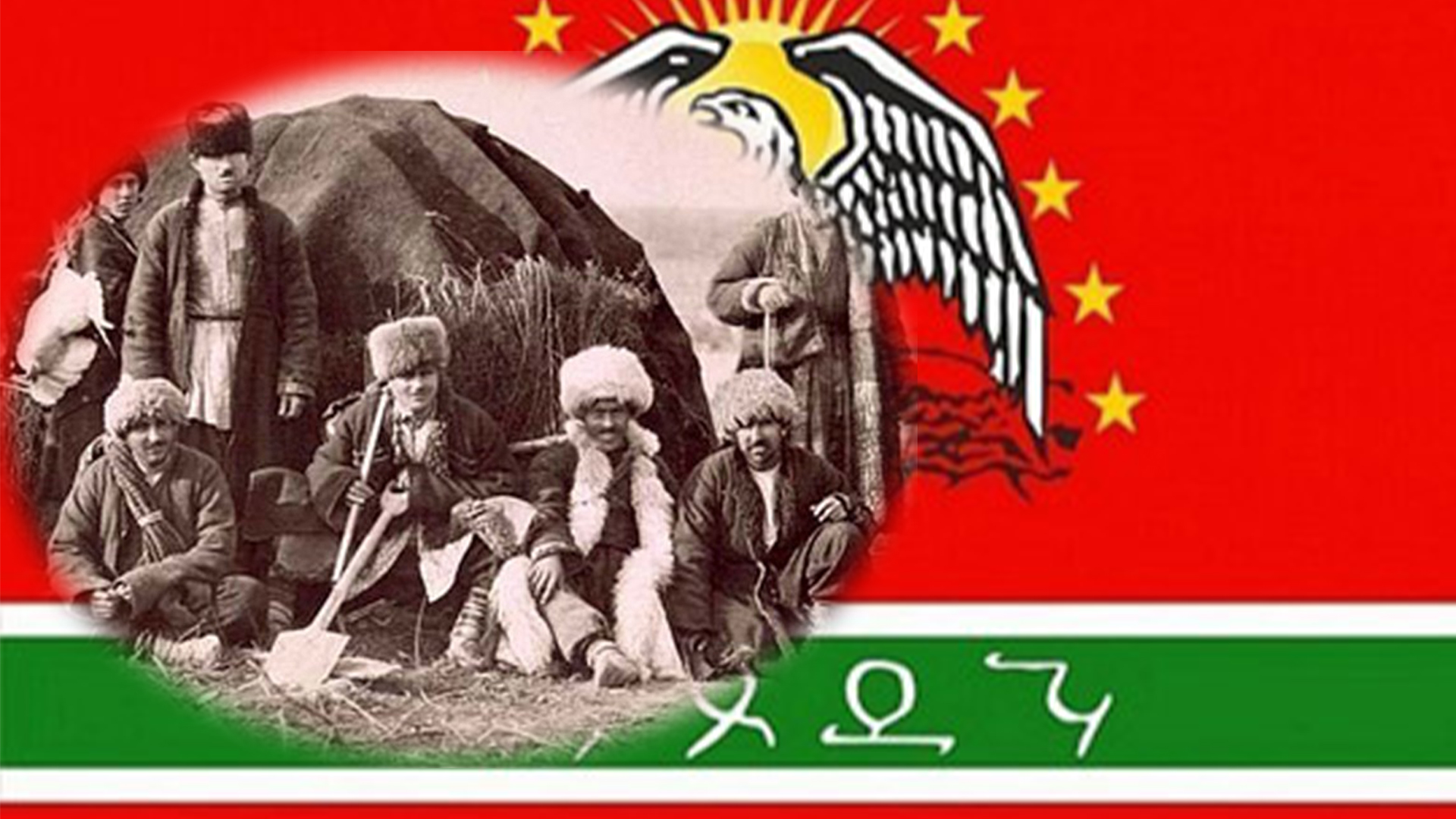
...кто сейчас с уверенностью может сказать , что будет с Азербайджаном в будущем? Никто!!!! Всё может измениться в одночасье, и, возможно, угнетенный мой народ приобретет счастье быть единым целым.
ПРЕДАННЫ ТУРЦИИ, НЕНАВИДЯТ РОССИЮ, НЕ ПЕРЕНОСЯТ АЗЕРБАЙДЖАНЦЕВ – КЕМ ЗАСЕЛЯТ ОТОШЕДШИЕ К АЗЕРБАЙДЖАНУ АРЦАХСКИЕ ЗЕМЛИ?
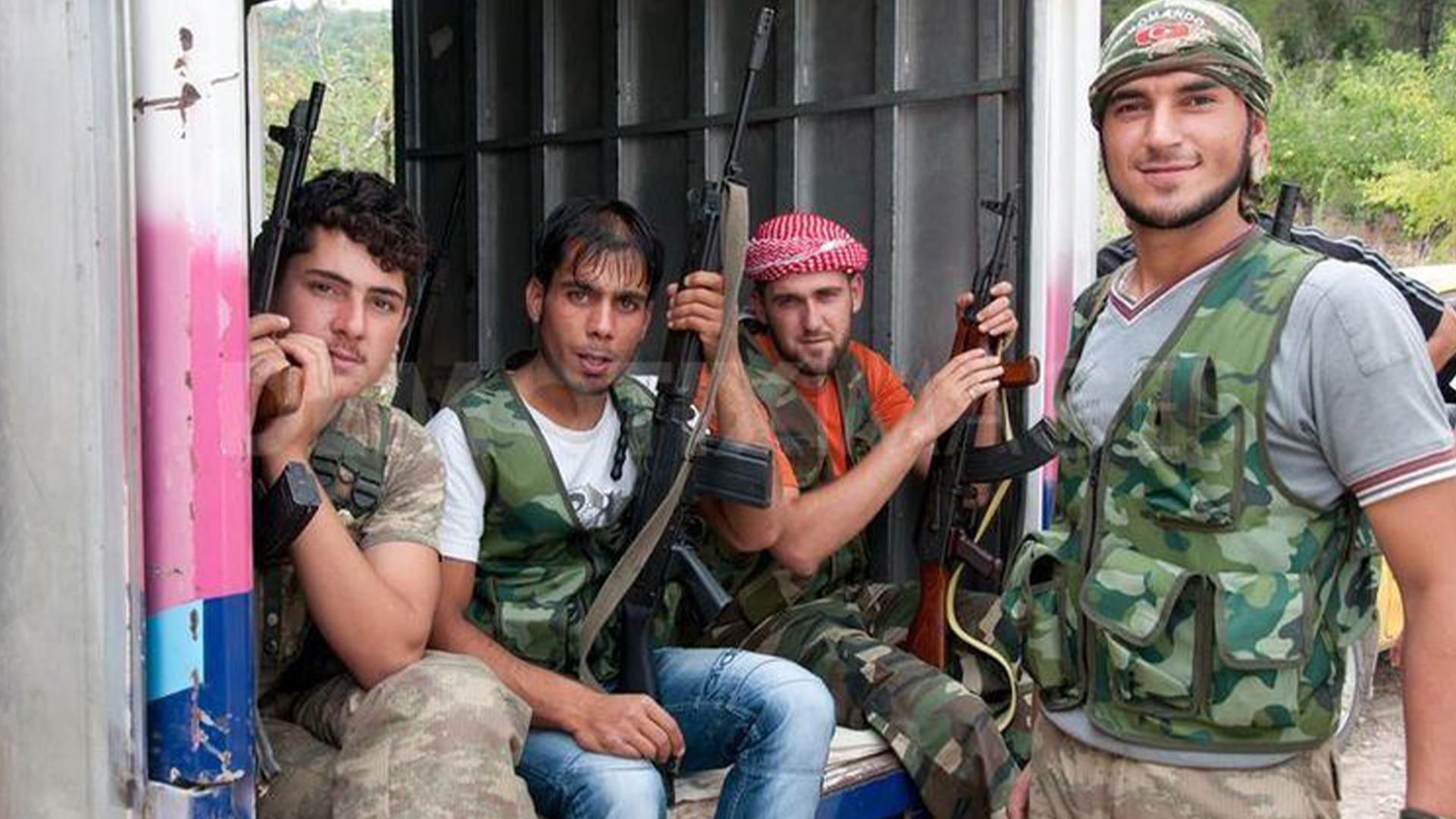
После войны Азербайджан стал если не вилайетом, то по крайней мере, территорией, полностью подвластной Турции и находящейся под ее контролем. Между тем, несмотря на десятилетиями раскручиваемый лозунг «два государства – одна нация», всем, включая турок, очевидно, что это далеко не так.
«ВЕЛИКИЙ ТУРАН» - САМЫЙ КОРОТКИЙ ПУТЬ К ХАРТЛЕНДУ
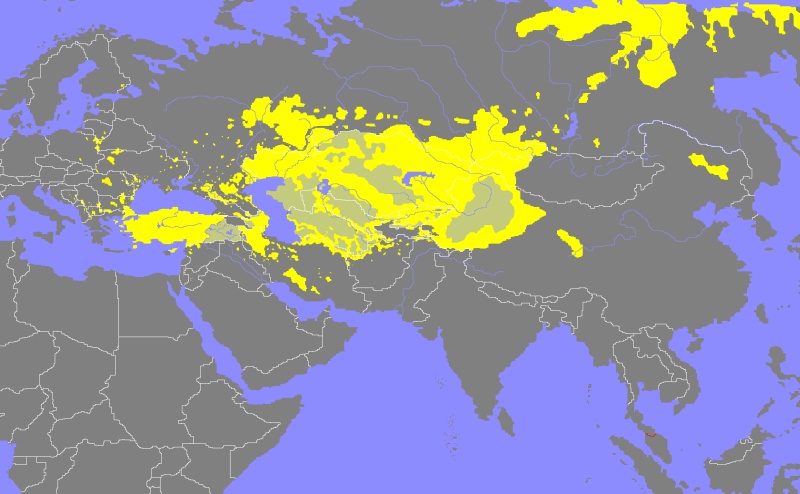
Запад подготовил Турции роль троянского коня для установления геополитикой гегемонии над Евразией. Османская Империя с конца XVIII века, а затем и Турецкая Республика с 1920-х годов постоянно использовались западными державами как эффективное оружие для сдерживания роста влияния России.
Война в Арцахе и коренные народы Азербайджана

Пантюркистская вакханалия в Азербайджане после «победы Турана» ясно показала, что талышам, как и лезгинам, аварцам и прочим автохтонам, не стоит рассчитывать на что-то, кроме дальнейшего ухудшения положения – ужесточения механизмов ассимиляции, преследований и унижений. Путы, сковывавшие их годами, стали еще более тугими. Единственное, что автохтоны получили от прошедшей войны, – тысячи шахидов и иллюзии участия в «Пирровой победе».
Как хоронят талыши своих шахидов?
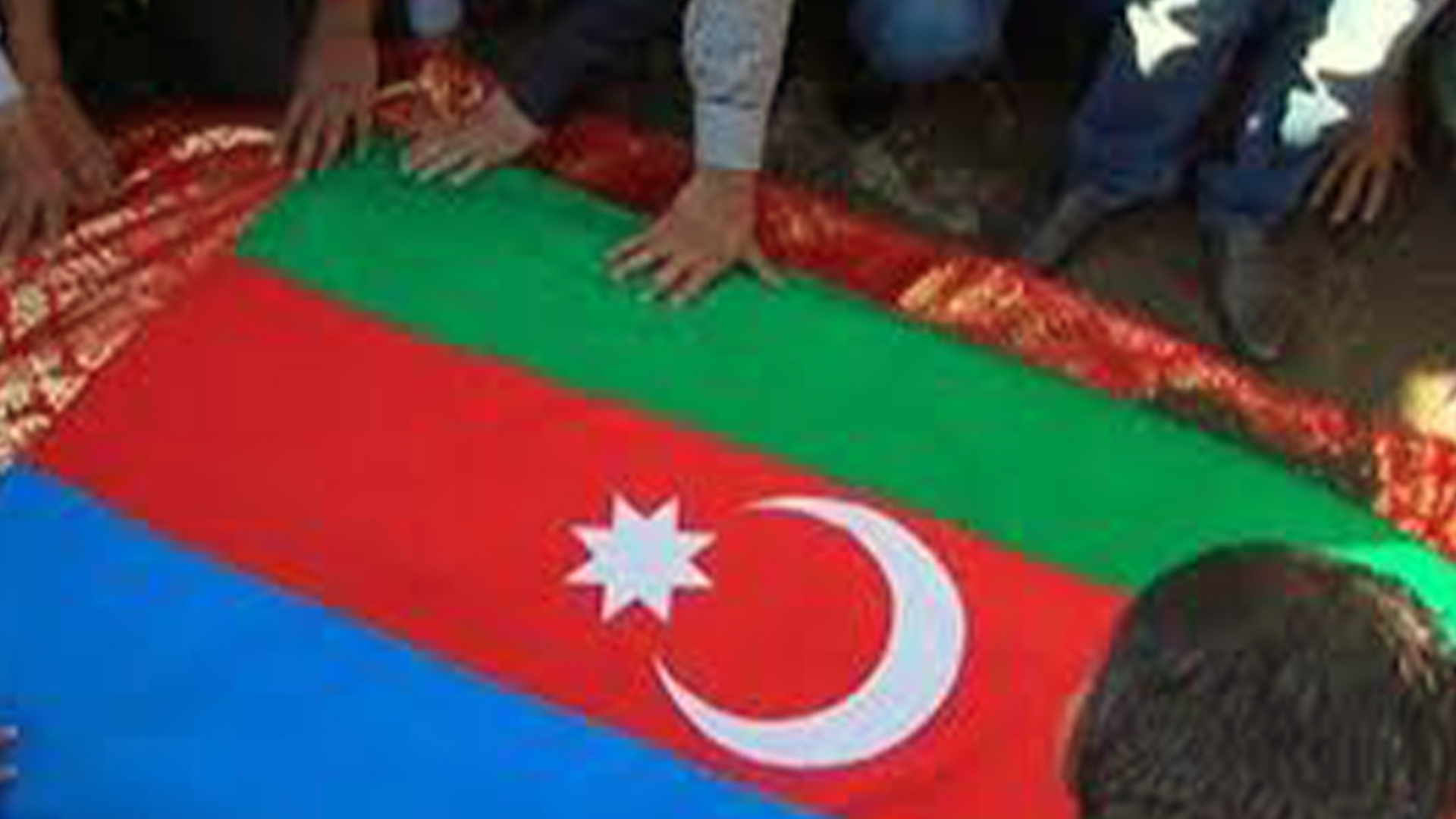
На днях, в деревне Арчиван (талышское название Арчон) Астаринского района родственникам выдали труп погибшего солдата, строго запретив открывать гроб. Тем не менее, за несколько часов до похорон родственники все-таки нарушили это распоряжение и нашли там… камни и куски затвердевшей земли!
Срочно! Исмаил Шабанов и Забиль Магеррамов писали доносы на Фахраддина Абосзода в ФСБ и ФМС!
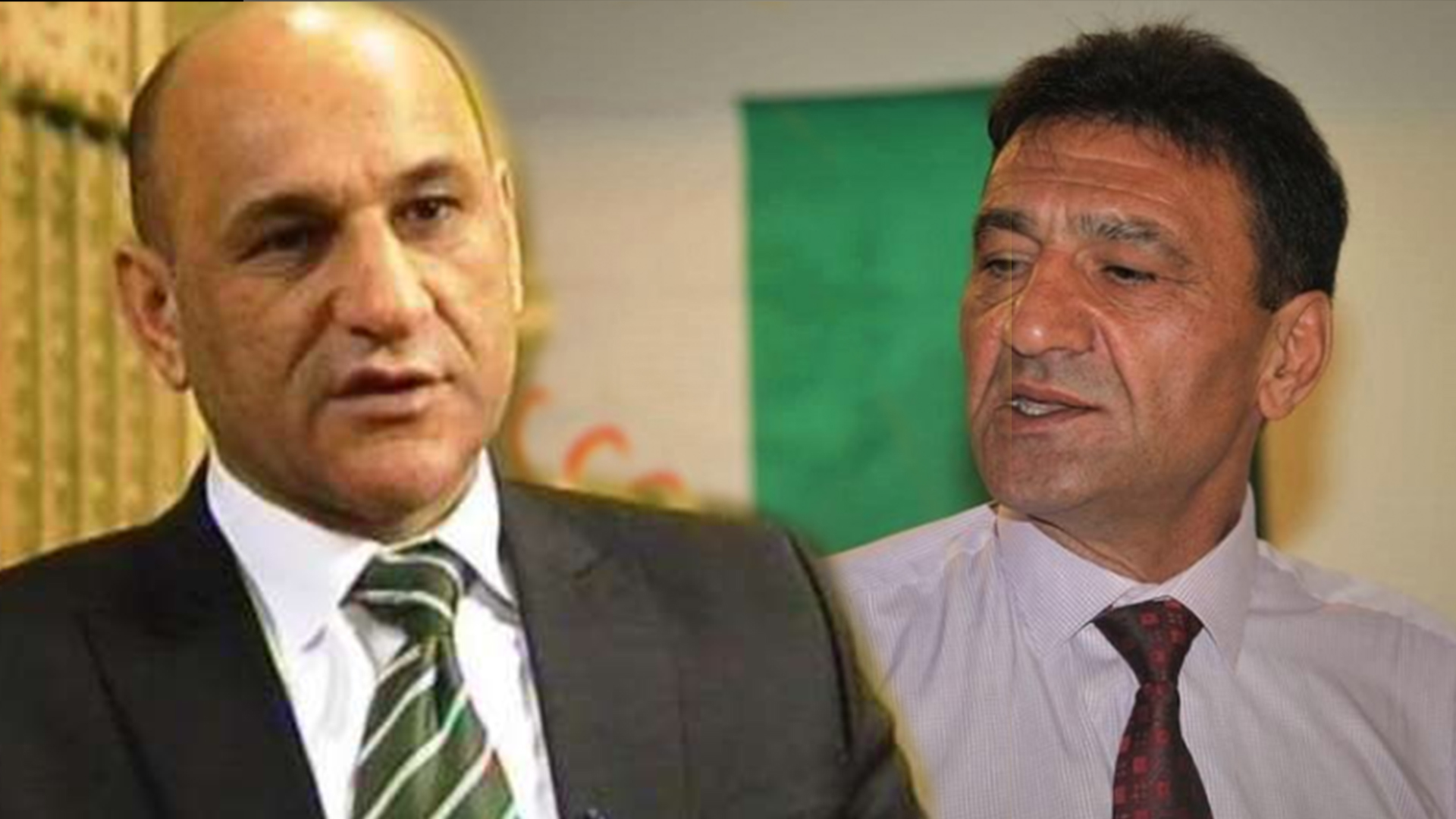
Оказывается, на Фахраддина Абосзода в течение долгого времени писали доносы Исмаил Шабанов, позиционирующий себя как член совета по делам национальностей при президенте РФ, и бывший водитель КРАЗа, а ныне выступающий, якобы, как журналист, Забиль Магеррамов. Причем, интересно, что оба они в течение долгих лет пребывания Фахраддина в Москве, постоянно пользовались гостеприимством этого святого и, действительно, наивного человека.
Боевая ничья в Карабахе: Армяне совершили невозможное — российский эксперт
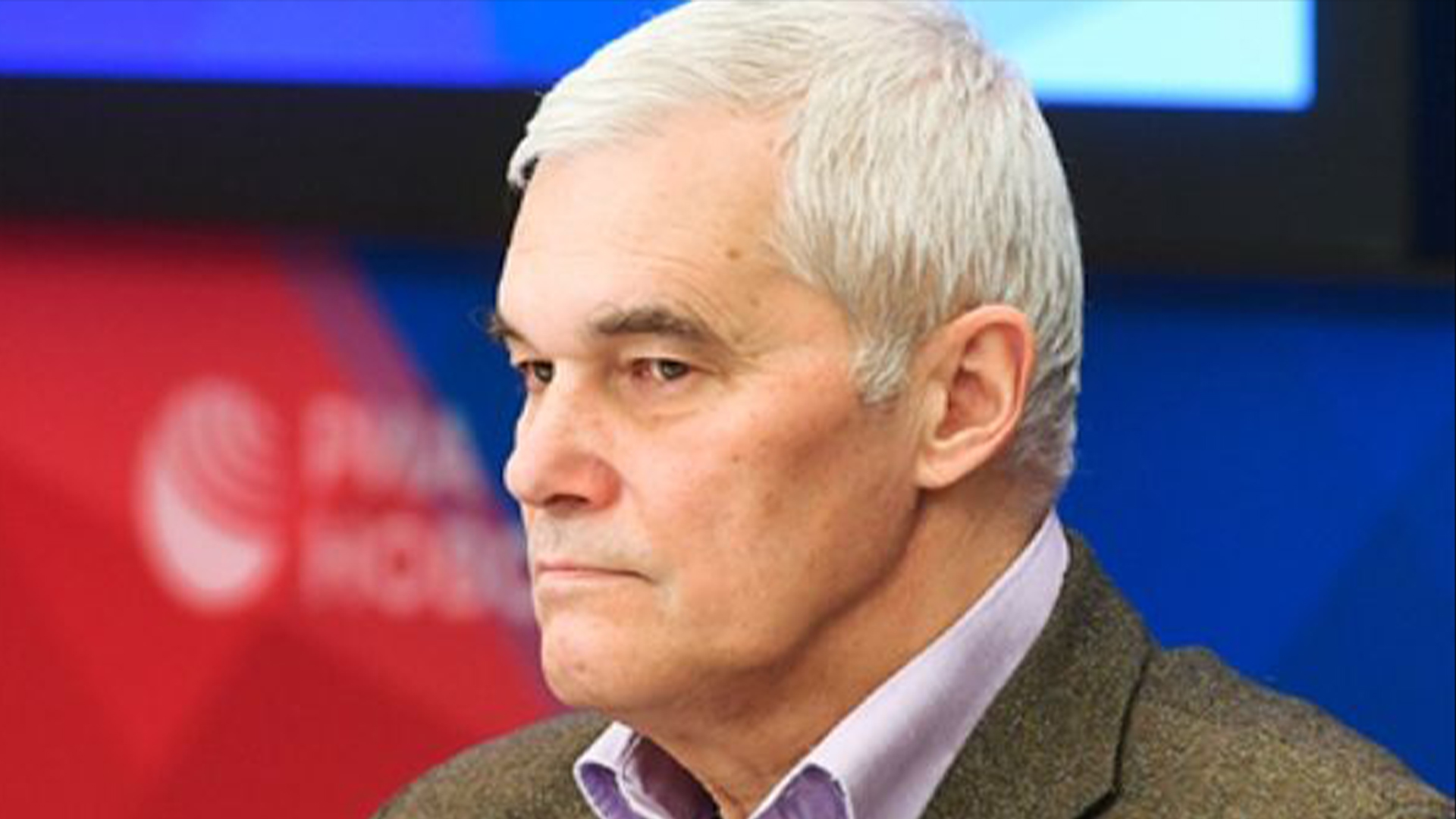
«Могу сказать только одно: и оперативное искусство, и тактическая выучка командного состава карабахских войск высочайшее. Мужество высочайшее. В тех условиях, в которых они сражались, при том чудовищном превосходстве в силах и средствах, которое имели азербайджанцы, армяне проявляли чудеса массового героизма. Я по-другому сказать не могу», — подчёркивает Сивков.
«Запад нам поможет!»: грузинское послесловие к Карабахской войне
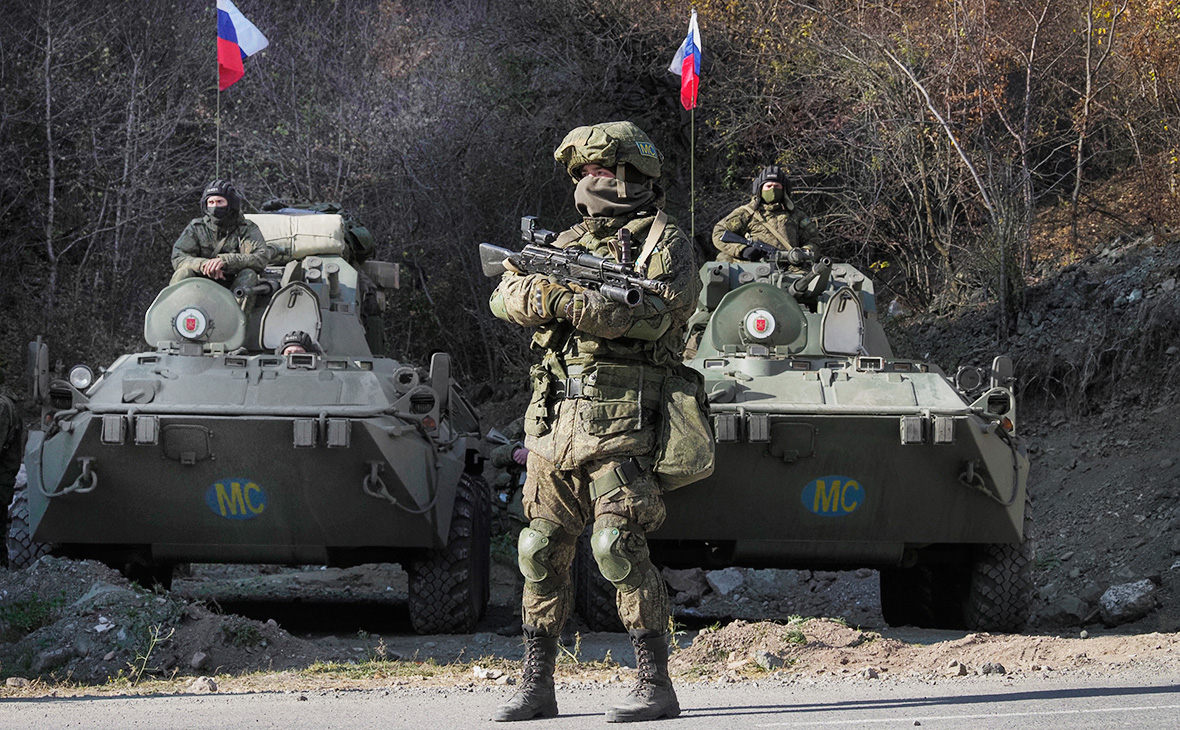
Тбилиси, имеющий очень богатый и с местной точки зрения сугубо негативный опыт сотрудничества с российскими миротворческими силами и с Москвой в целом, понятное дело, отрицательно относится к процессу переброски российских миротворцев в Карабах. Безусловно, любое дополнительное военное присутствие России в регионе воспринимается грузинской стороной как очередной шаг к геополитическому доминированию Москвы.
Что объединяет Турцию и Израиль на Кавказе …если Эрдоган говорит: «Иерусалим наш», а израильтяне молчат
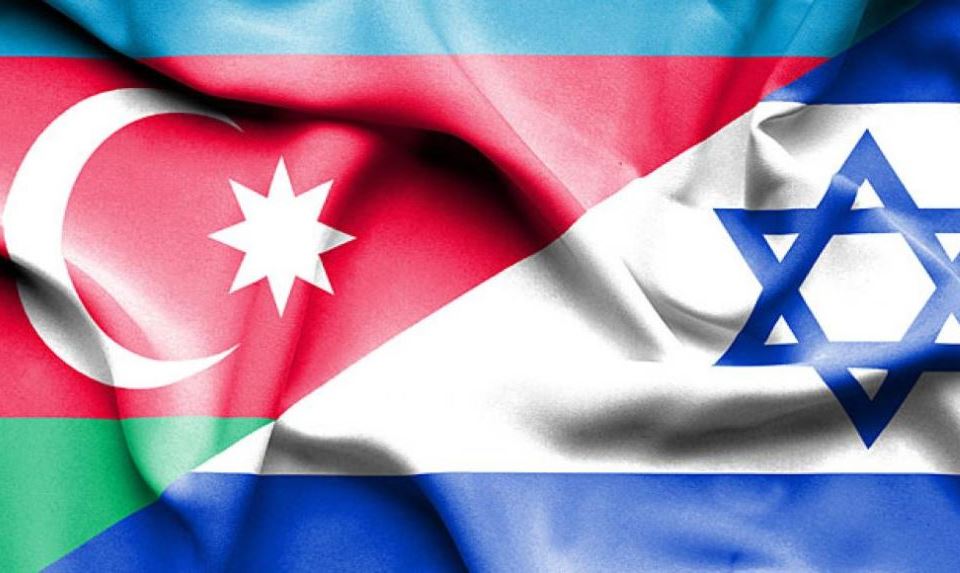
«Терпимость» израильских евреев к словам турка-мусульманина о многом говорит. В этих странностях ещё предстоит разбираться. Во всяком случае сегодня МОССАД и израильская военная разведка АМАН поддерживают тесные связи с турецкой разведкой MIT и турецкими военными; те и другие работают рука об руку в Сирии, иногда МОССАД помогает Турции в борьбе с курдами.
Prominent Talysh activist dies in prison in Azerbaijan
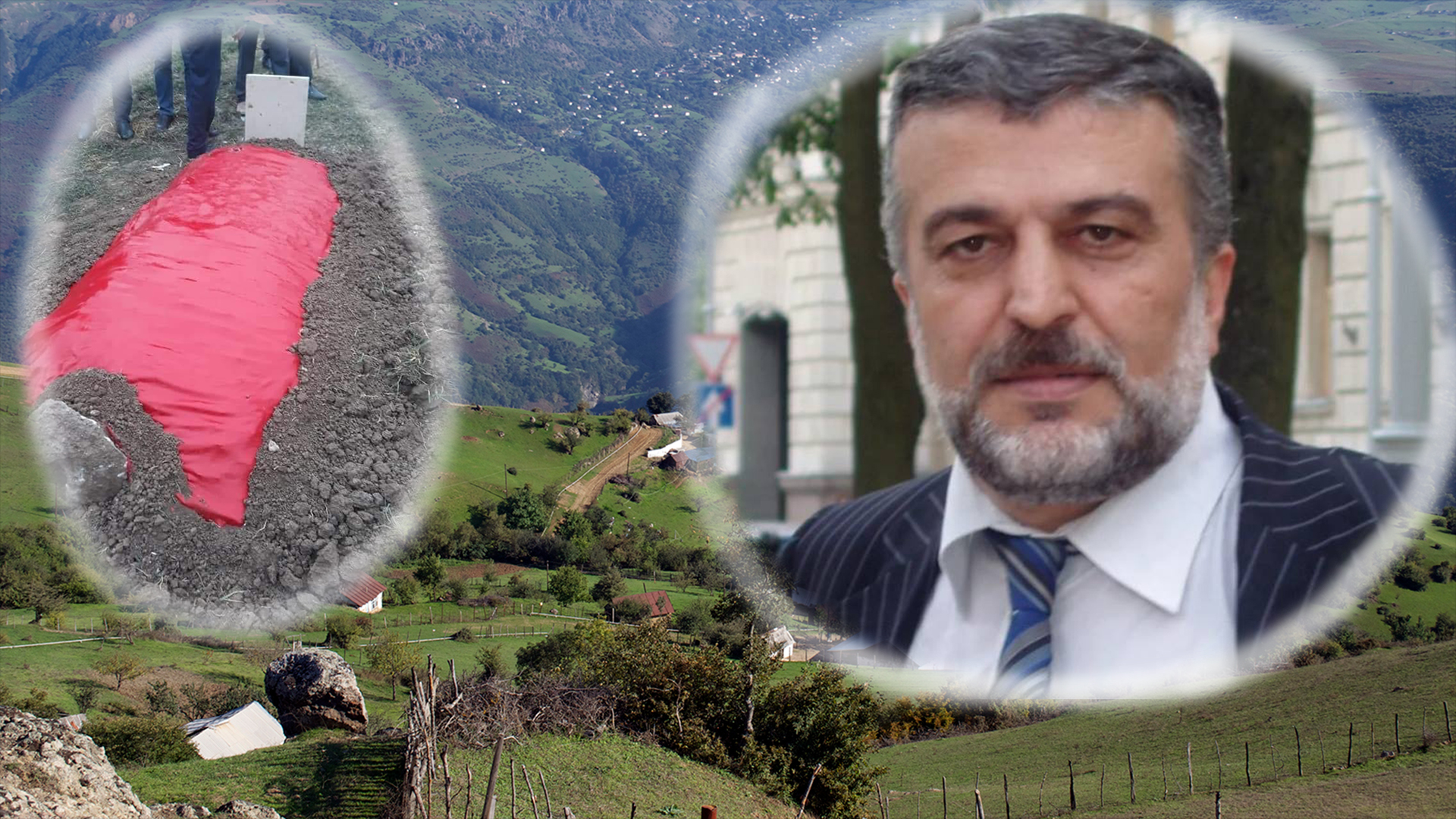
Many Talysh rights and human rights activists have suggested that Abbasov may have been murdered for his political activities. On 13 October, Ogtay Asgarov, a Talysh human rights defender and the chair of the committee for the protection of Fakhraddin Abbasov’s rights, published a statement from Abbasov in which he warned that his life was in danger.
СТРАЖ ИРАНСКОЙ КУЛЬТУРЫ УБИТ В БАКИНСКОЙ ТЮРЬМЕ
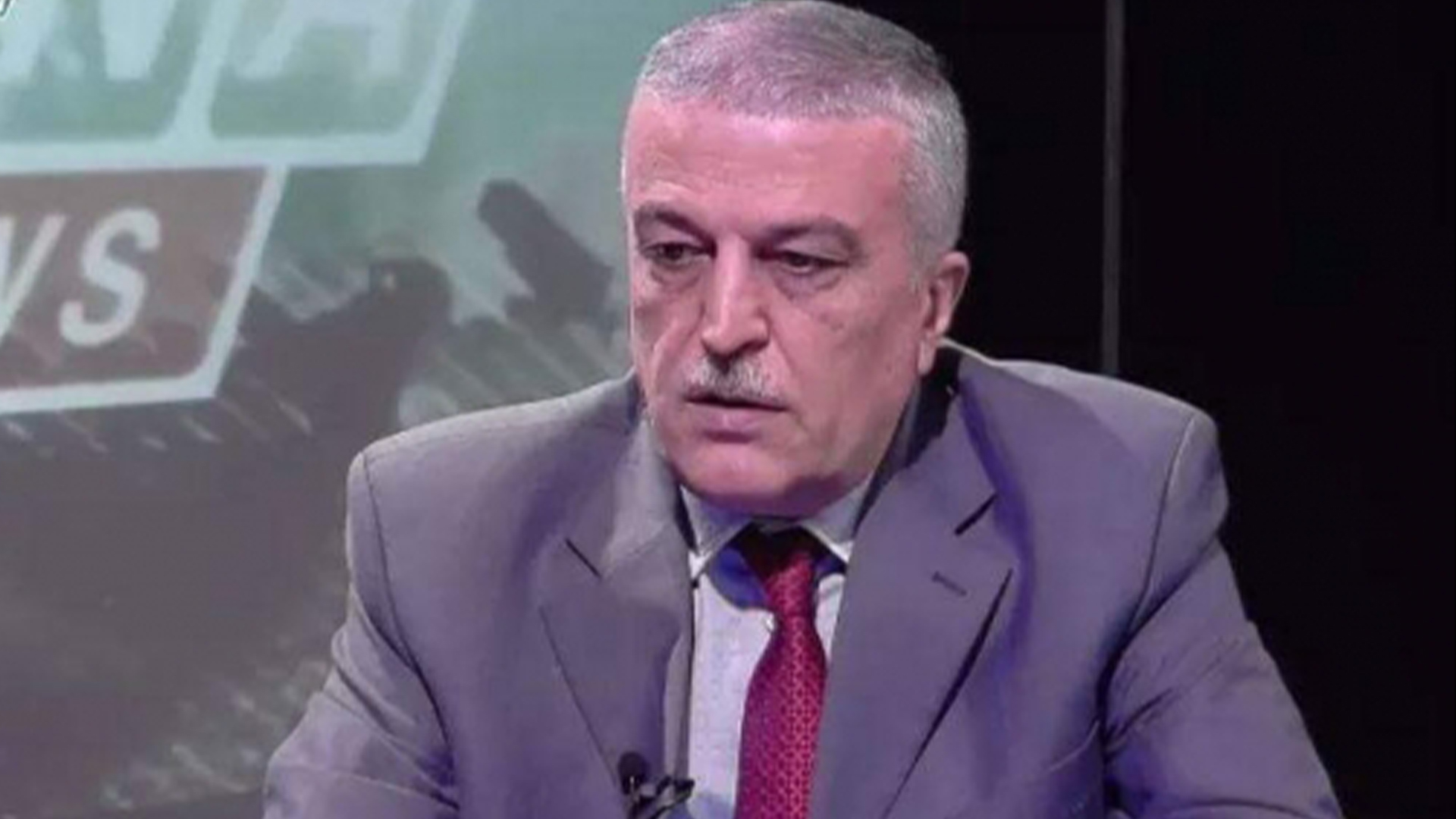
Пролив кровь талышского ученого, правительство Азербайджана во главе с Ильхамом Алиевым попыталось лишить иранский сегмент страны какой-либо надежды и наглядно показать, что талышам в Азербайджане - место только на фронте.
УБИТ ФАХРАДДИН АБОСЗОДА - ЛИДЕР ТАЛЫШСКОГО НАЦИОНАЛЬНОГО ДВИЖЕНИЯ

Мы не раз писали, что пребывание в азербайджанской тюрьме – прямая угроза жизни Фахраддина Фармановича. Азербайджан, запятнанный тысячами грязных дел самого крупного масштаба, не остановился и на сей раз.
УБИТ ФАХРАДДИН АБОСЗОДА - ЛИДЕР ТАЛЫШСКОГО НАЦИОНАЛЬНОГО ДВИЖЕНИЯ
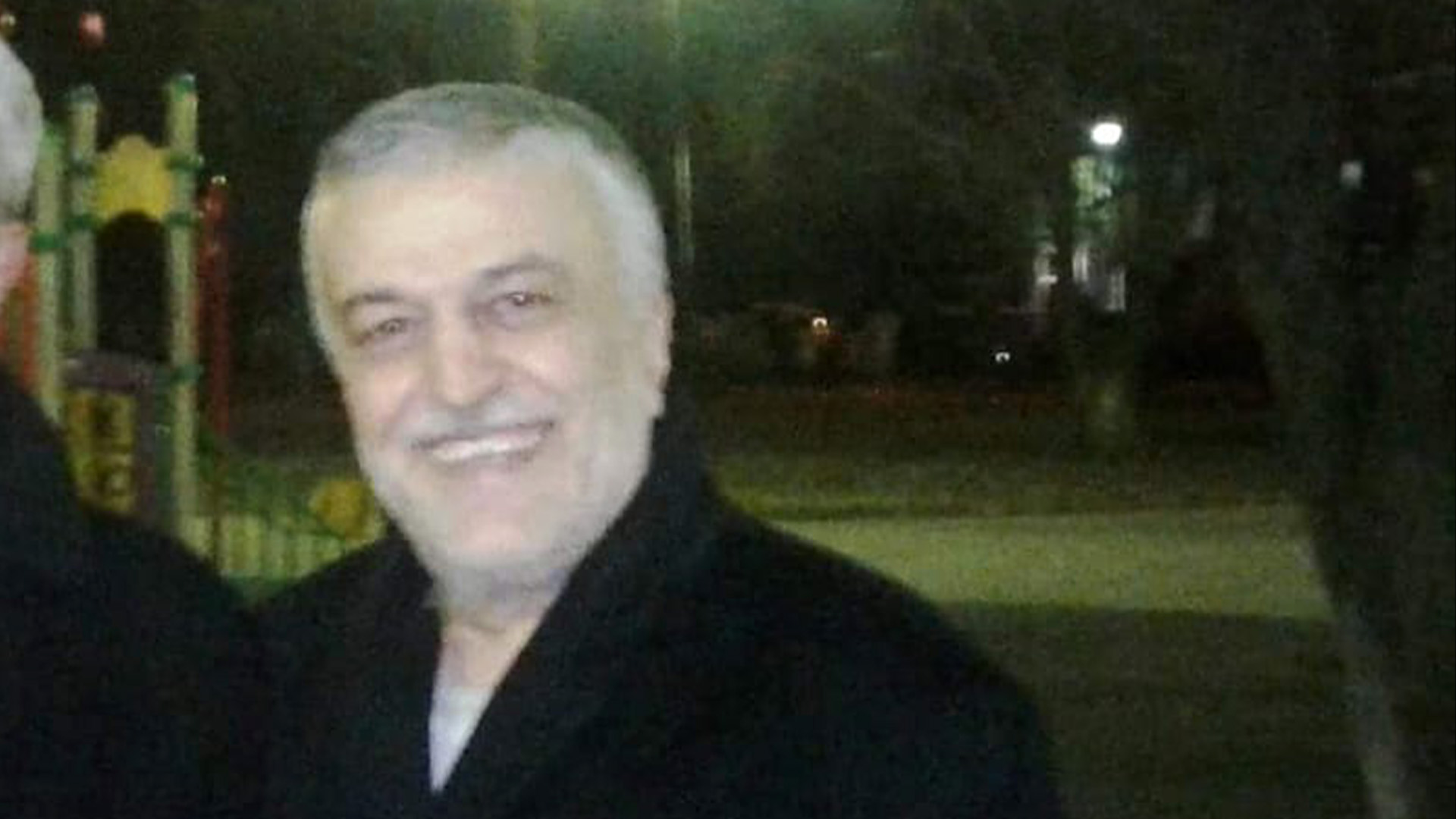
В бакинской тюрьме убит лидер Талышского Национального Движения Фахраддин Абосзода. Смерть выдающегося ученого и общественно-политического деятеля – еще одно преступление в бесконечной череде кровавых деяний фашистского алиевского режима.
ШЕЙХ ЗАХИД ГИЛАНИ: НЕ ВЕРЬ ТУРКУ, НЕ ВПУСКАЙ ЕГО В ДОМ!
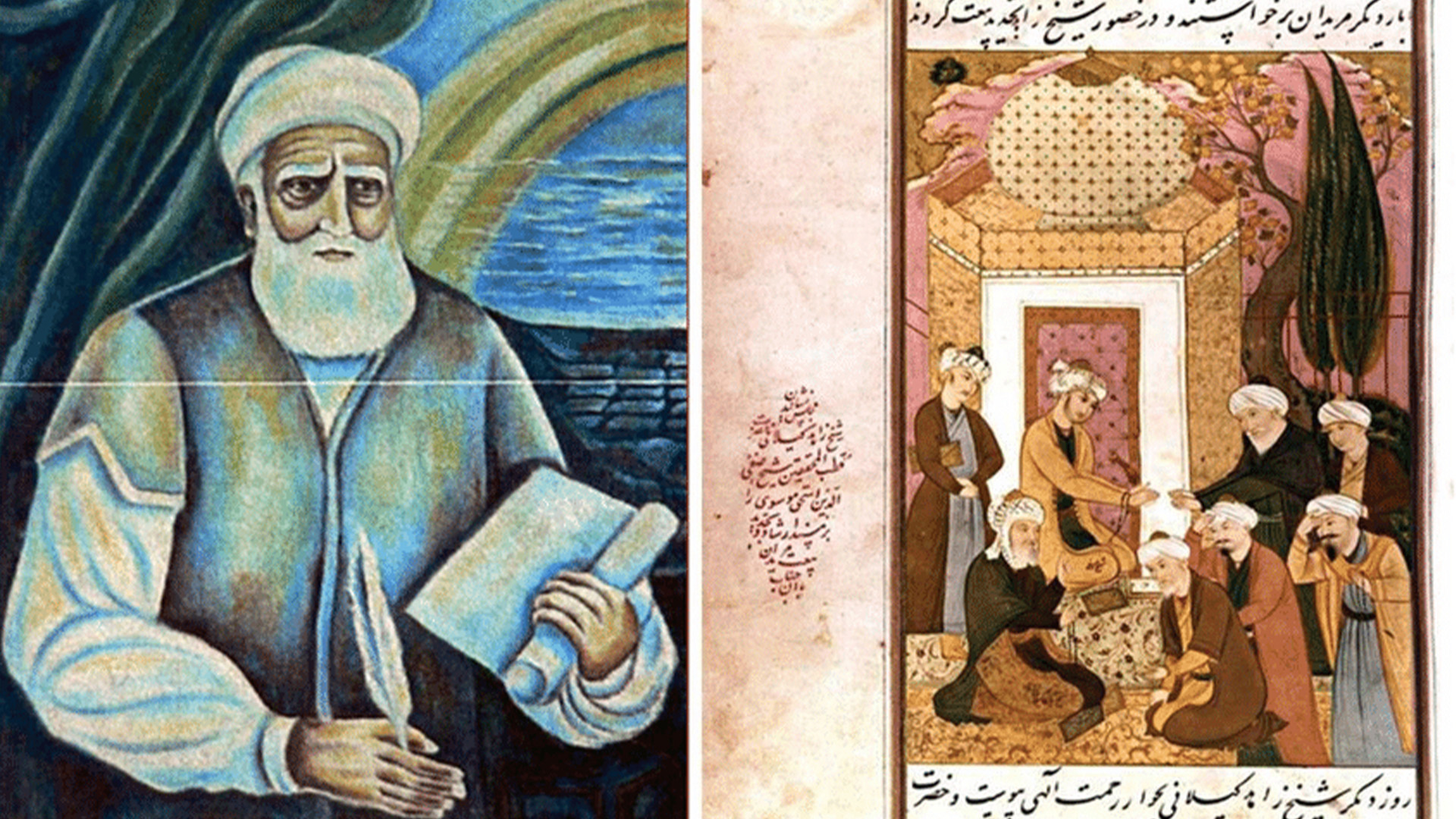
...И, обращаясь к своим ученикам, говорит: "Дорогие мои, никогда не впускайте в свой дом турка. Он заберет все ценное, что у вас есть, а если не найдет ничего - возьмёт вашу жизнь. Запомните, близко не подпускайте к себе турка, не доверяйте турку. Случившееся ещё раз убедило меня в этом."...
ШЕЙХ ЗАХИД ГИЛАНИ: НЕ ВЕРЬ ТУРКУ, НЕ ВПУСКАЙ ЕГО В ДОМ!
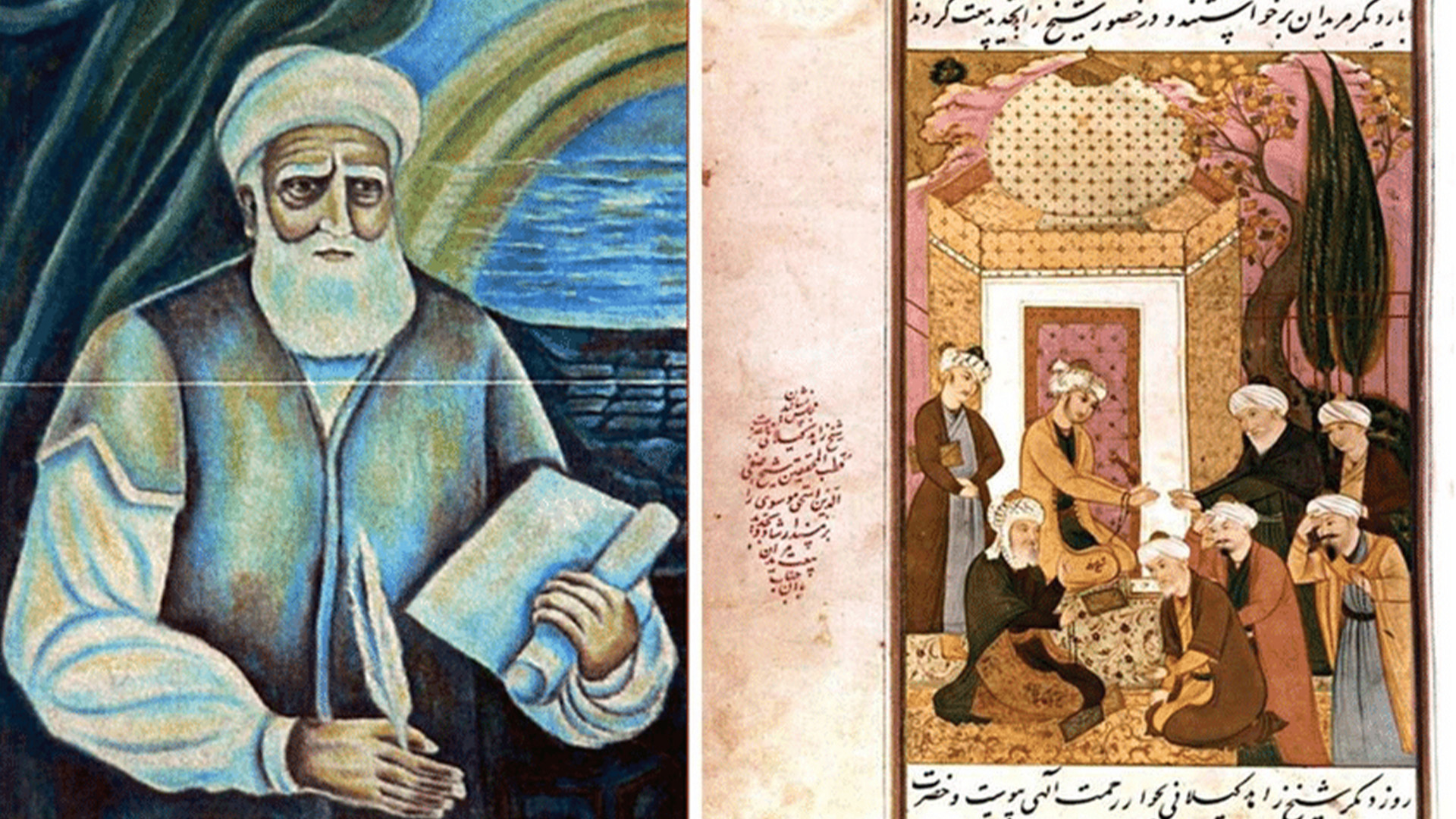
Однажды Шейх Захид Гилани сидит в текие в Лахиджане, к нему заходит человек, турок, подходит, кланяется, как полагается, и говорит: "О Шейх, я приехал издалека, хочу стать твоим учеником, хочу постичь глубины твоего философского мира".
ШЕЙХ ЗАХИД ГИЛАНИ: НЕ ВЕРЬ ТУРКУ, НЕ ВПУСКАЙ ЕГО В ДОМ!
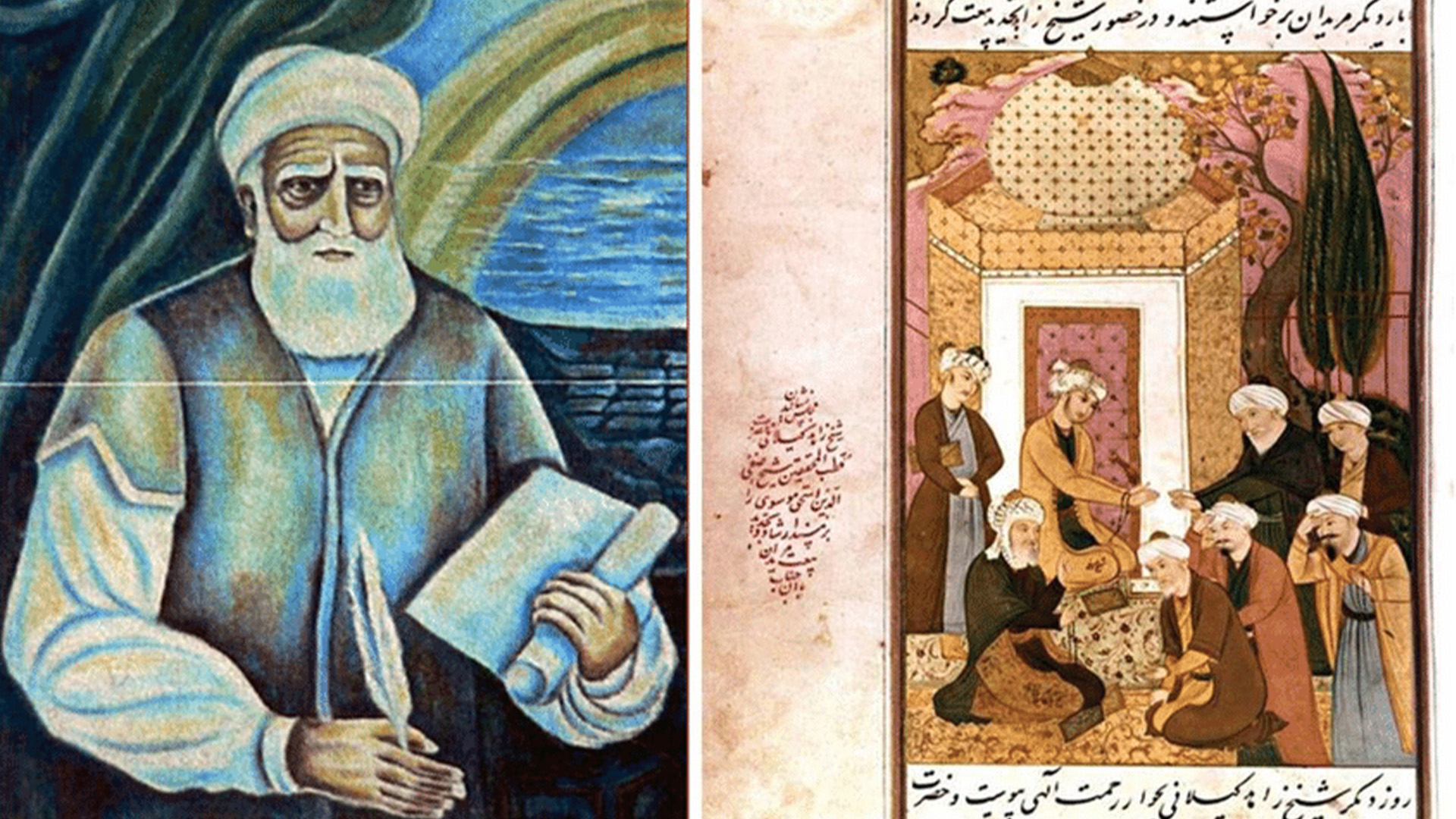
Разве дальнейшая история талышского народа не доказала справедливость слов нашего мудрого Шейха Захида Гилани? Дорогие талыши, почему же мы забываем об опыте наших великих предков? Ведь все это уже было с нами, и не раз.
В чьих руках богатства Азербайджана

По выражению Аяза Муталибова, «в республике все политические и экономические ресурсы предельно сконцентрированы, но с одной поправкой: в основу госустройства Азербайджана положена семья и клан. Социальная база режима – нахичеванский клан и выходцы из Армении. Алиев стимулировал раскол азербайджанцев по региональному признаку. Сегодня одни кланы готовы воевать с другими.
Мастер-класс от Коротченко: как выгодно продать и душу, и тело
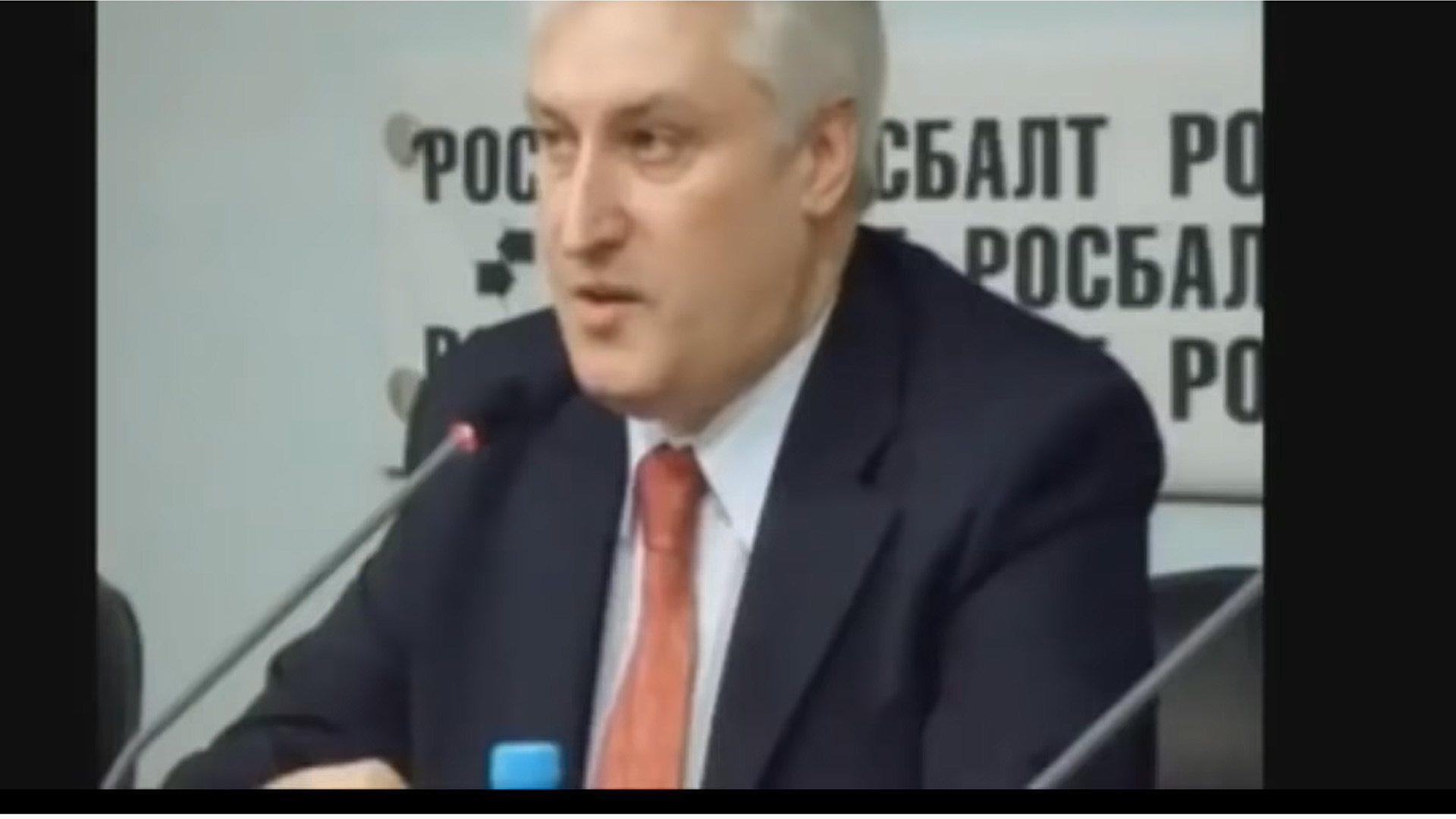
Расследование Караулова никак не касалось вопроса армяно-азербайджанского конфликта в Нагорном Карабахе – передача была об антигосударственной деятельности этого «военного эксперта». Речь идет об Игоре Коротчеко. Сомнительная биография «героя» была тщательно проанализирована на основе множества документов.
Подвели сексуальные фантазии, или еще одно оправдание провалов на фронте
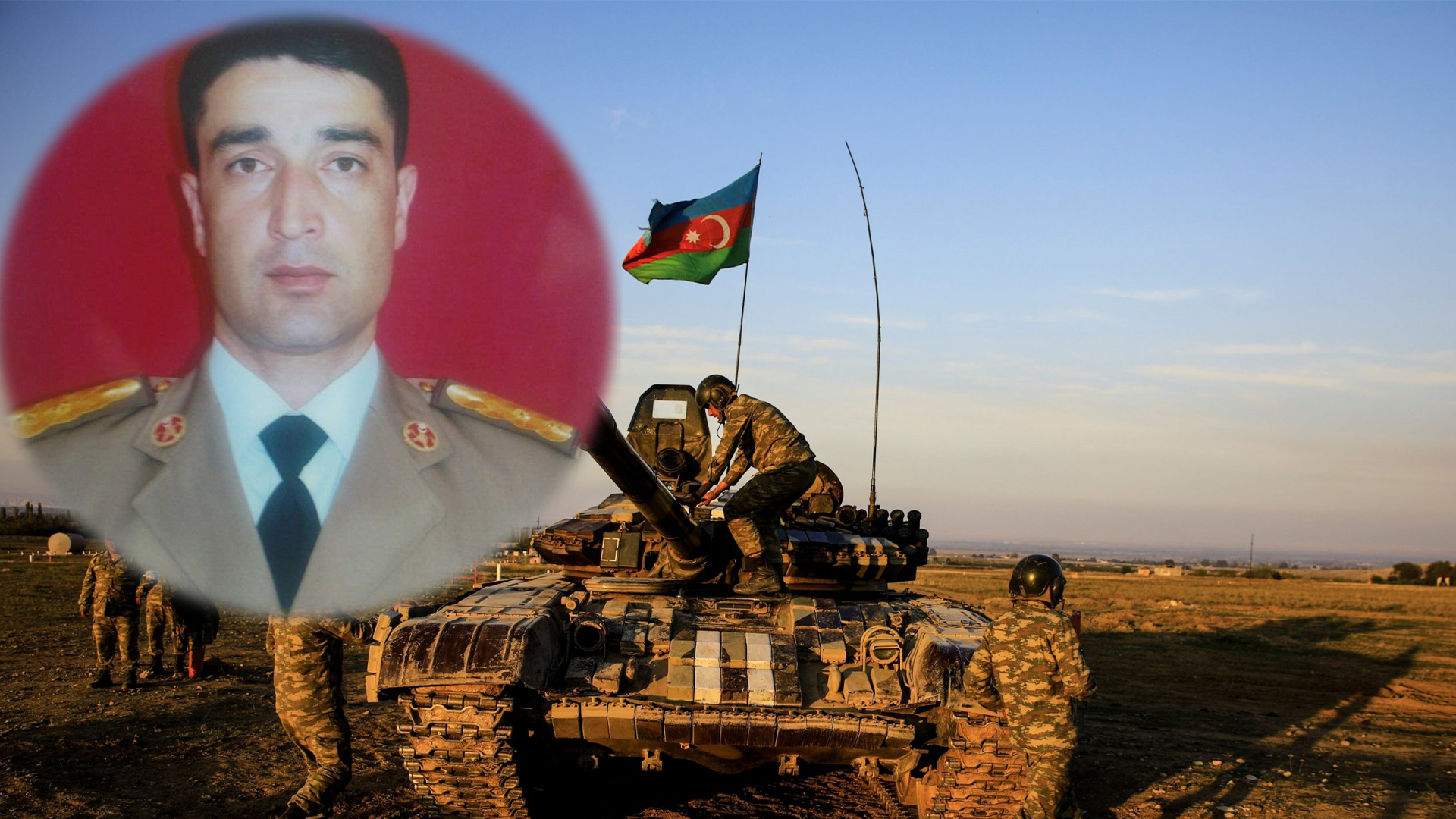
Ранее Алиев обвинял Россию в том, что она отправляет оружие в Армению. Сейчас он зачищает ряды армии от офицеров высшего звена, имеющих российское образование. Фактически отстранен от командования министр обороны Азербайджана - он в свое время служил в группе советских войск в Германии, затем - в Сибирском военном округе. Очевидно, что Алиев и его клика любыми способами пытаются оправдать свою несостоятельность и свой провал на фронте.
Подвели сексуальные фантазии, или еще одно оправдание провалов на фронте
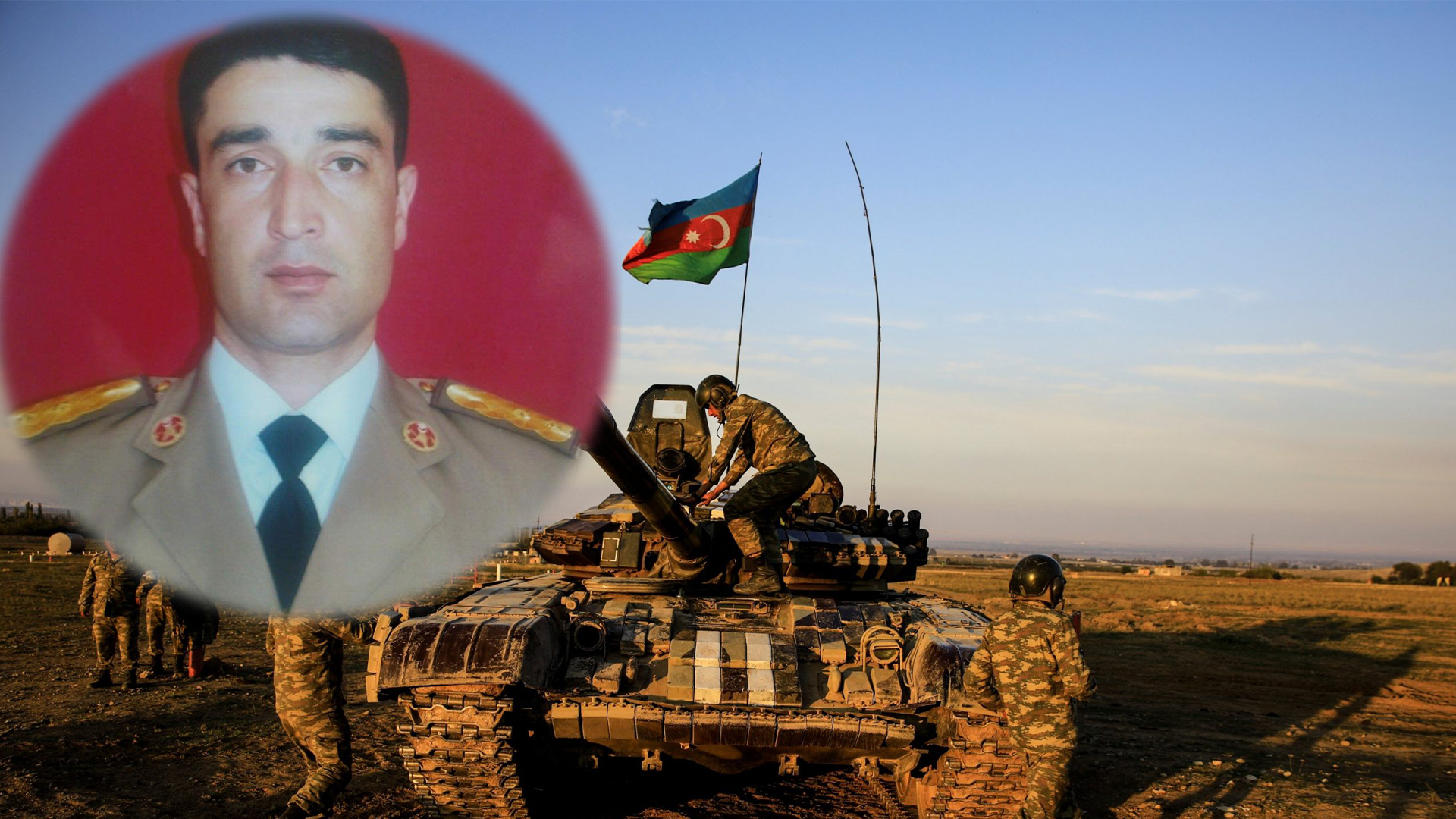
Как стало известно, военными контрразведчиками был арестован военнослужащий ВС Азербайджана, майор Ильгар Умудов. Офицер азербайджанской армии, вместо того, чтобы быть на поле боя, или же в тылу обеспечивать успехи нашей армии, сейчас арестован и ждет решения суда. Причина?
«Удар в спину» или противостояние собственному уничтожению?
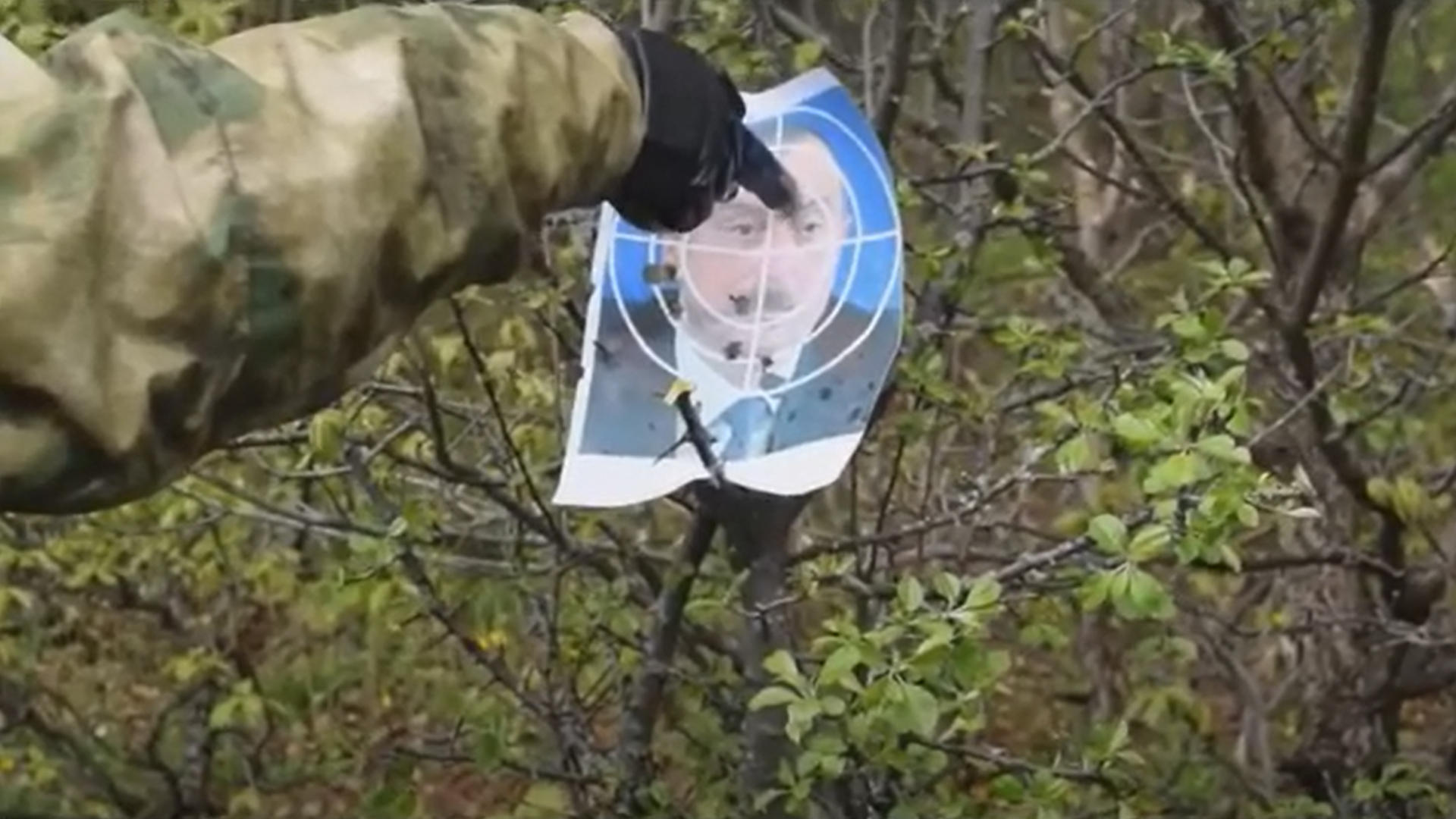
Лезгины действуют, они самым активным образом борются с алиевской клептократией! Они не хотят отдавать в жертву своих детей ради лживого, преступного режима враждебного государстве, где десятилетиями ущемляются элементарные права коренных народов, уничтожается их национальная идентичность.
Донос талыша на азербайджанца-ераза: «К сведению военного комиссариата города Ленкорань»

Вам кажется, если примазываться к азерам, они будут нас больше уважать или относиться к нам по-другому? Нет, брат, этого никогда не будет! И как бы ни закончилась эта война, они нас как презирали, так и будут презирать – мы всегда для них останемся людьми второго сорта.
Баку сам признал: Нагорный Карабах – это не Азербайджан
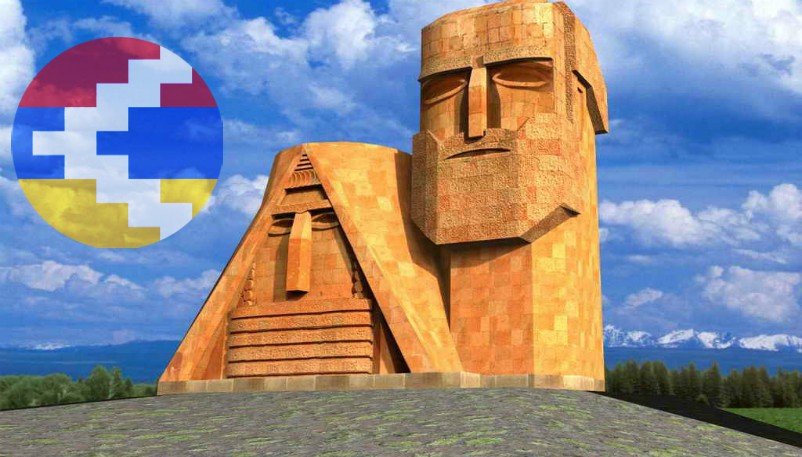
«Нагорный Карабах — это Азербайджан!» — вот клич, с которым азербайджанский президент Ильхам Алиев направил на войну-мясорубку свою армию и террористов. Но принятые самим Баку или с его участием документы по Нагорному Карабаху (НК) доказывают обратное.
Геноцид лезгин
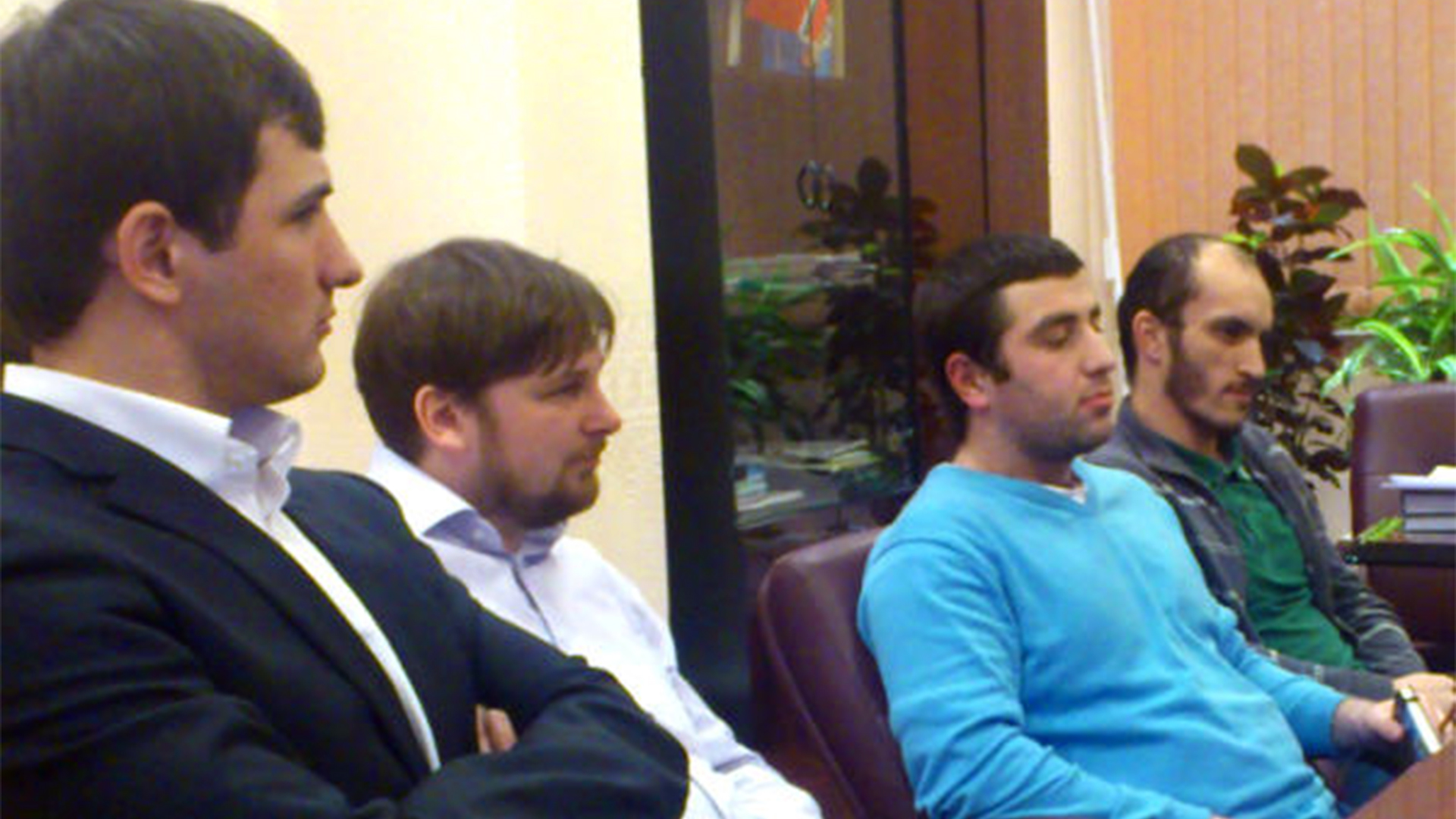
Простите нас, наши братья, что не смогли вас спасти, уберечь, сохранить...Да пребудут ваши души в Раю...Пусть земля вам будет пухом ...
Талыши бегут в леса и горы
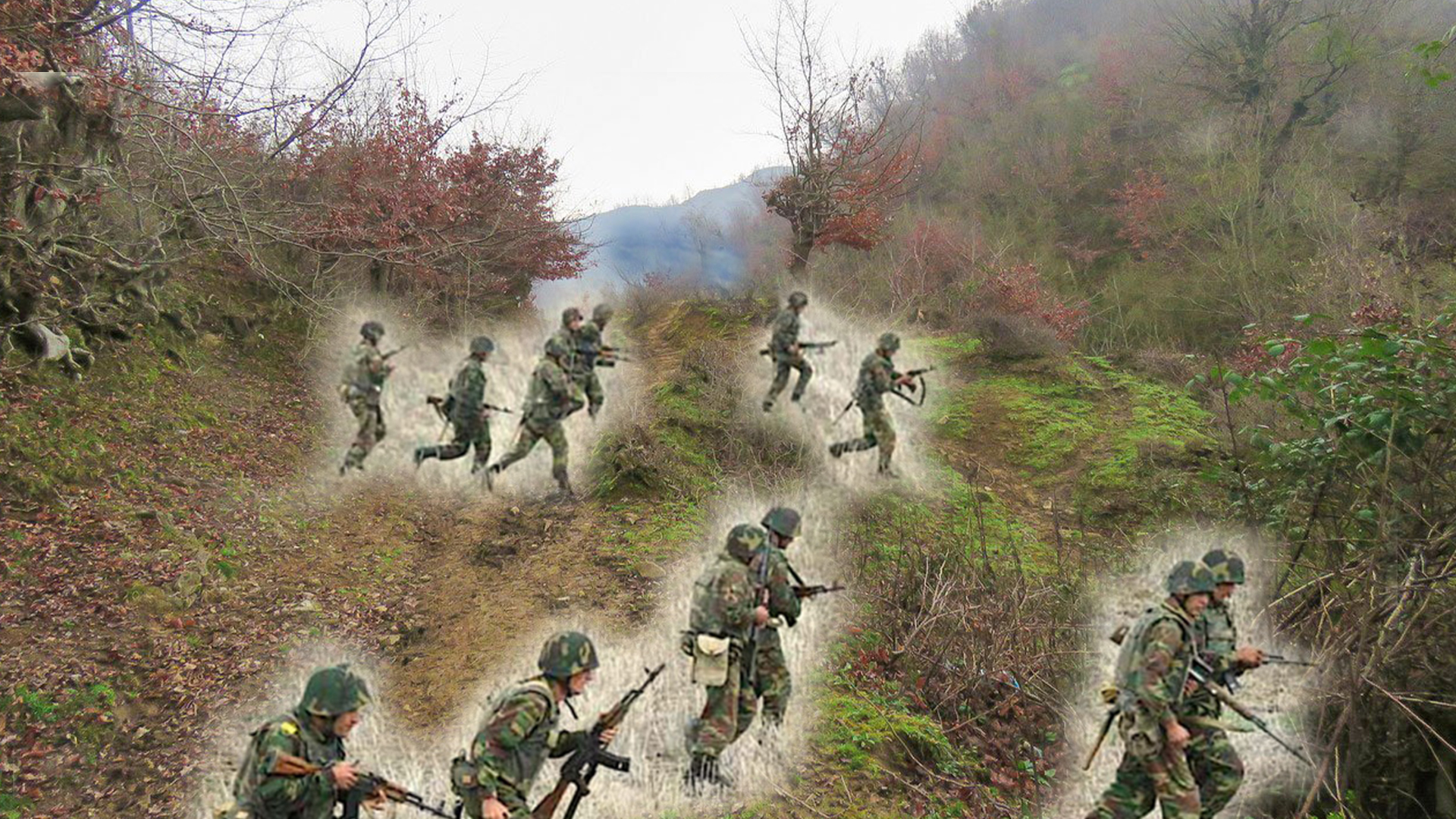
Учитывая потери азербайджанской армии на фронтах Карабаха и все сужающиеся возможности рекрутировать новобранцев, можно предположить, что уже в самом скором времени Баку лишится остатков наступательных ресурсов, а войска Азербайджана начнут откатываться из Карабаха обратно на восток. А, значит, поражение алиевского режима близко.
Неужели судьба талышей - гибнуть за азеро-османов, за Алиева и Эрдогана?

Я хочу обратиться к автору: Эльвин-боли, разве ты только недавно узнал, кто такие турки? Разве с их коварством ты познакомился через средства массовой информации? Разве ты их раньше не знал? Разве не знаешь, что после войны все забудут наших шахидов, никто не будет их вспоминать - как это было после первой карабахской войны. Для чего ты, дорогой брат, посылаешь наших молодых парней на бойню, на чужую войну, которая нас абсолютно не касается?
Неужели судьба талышей - гибнуть за азеро-османов, за Алиева и Эрдогана?
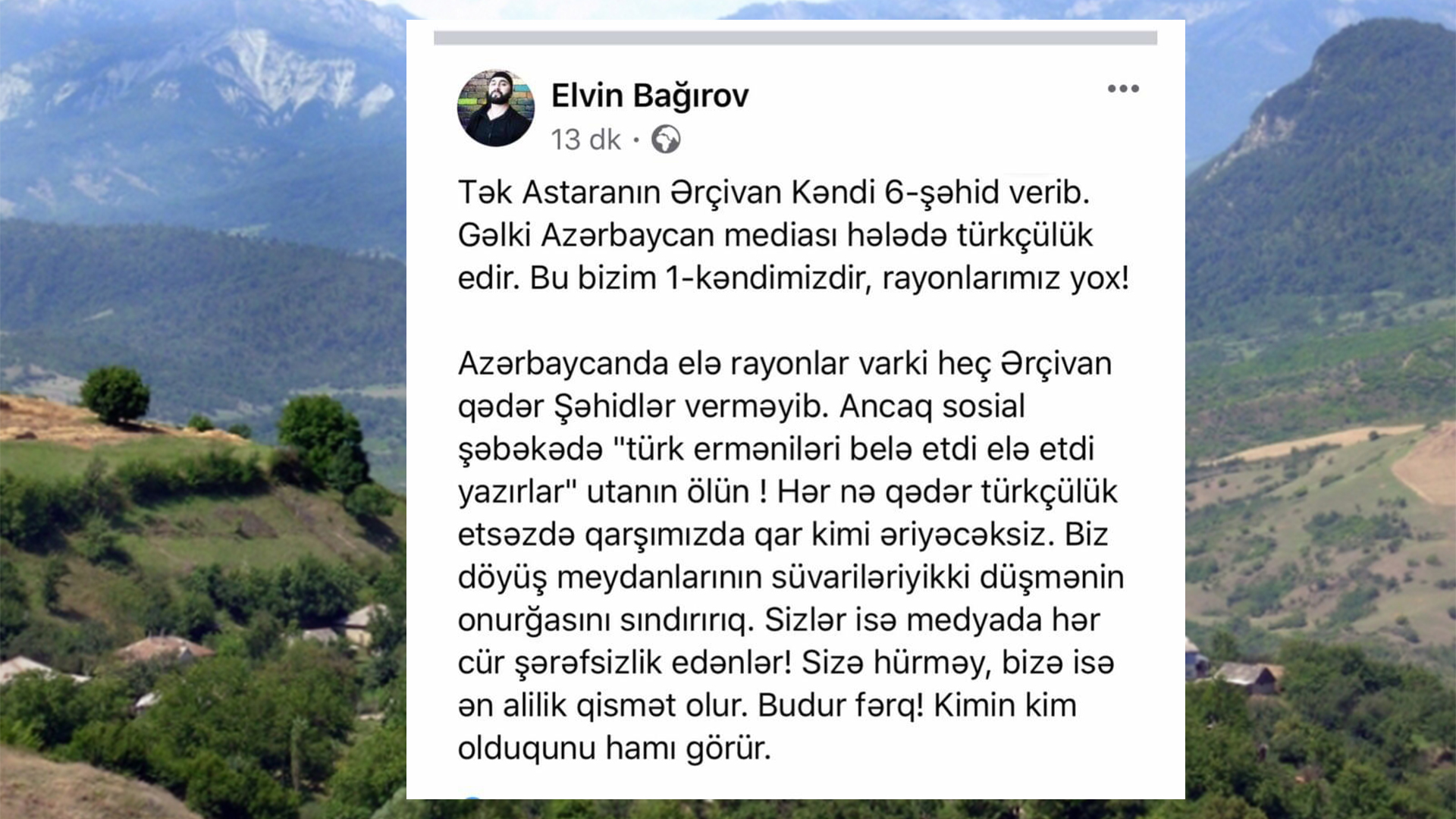
На днях некий Эльвин Багиров, талыш из Азербайджана, поместил следующий пост на своей странице в Фейсбуке:
"Только в деревне Арчиван Астаринского района мы имеем шесть шахидов. Но азербайджанские средства массовой информации заняты исключительно пропагандой тюркизма. Причём, это только одна наша деревня, а сколько ещё талышских деревень и районов... При этом в Азербайджане есть районы, населeнные турками, которые в общей сложности не дали столько шахидов, сколько дала одна талышская деревня."
Карена Шахназарова поддерживает «лезгинский» джихадист Руслан Курбанов
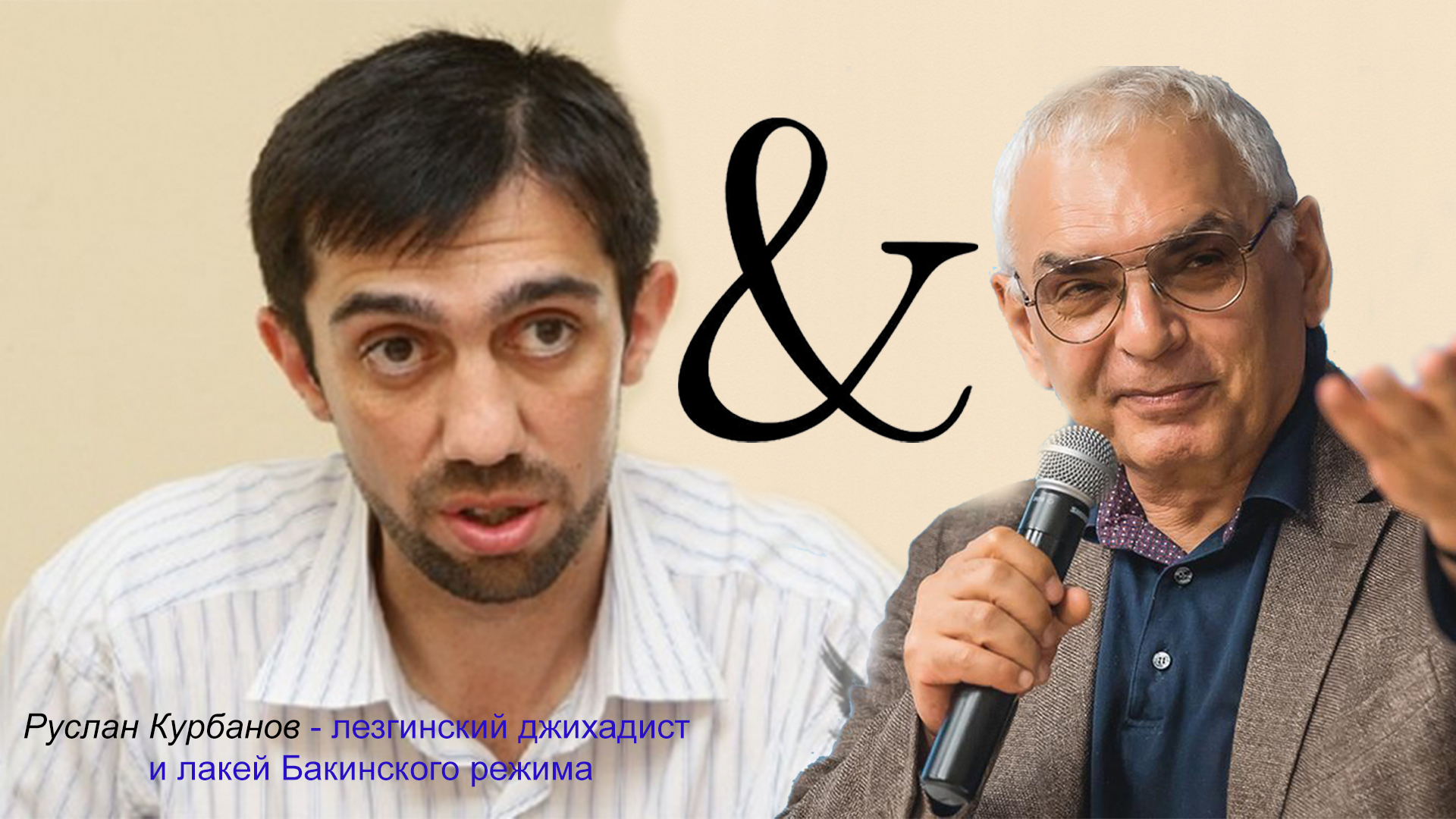
Мерзость откровенно антиармянской позиции, как и степень падения Шахназарова особенно заметны в том, что его активно раскручивают в азербайджанском сегменте Фейсбука и в азербайджанских медиа в целом. Но самое главное - за него «взялся», видимо получив определенные указания от своих кураторов в Баку, уже печально известный джихадист...
Информвойна: Баку скупает оптом беспилотные «говорящие головы» из Украины
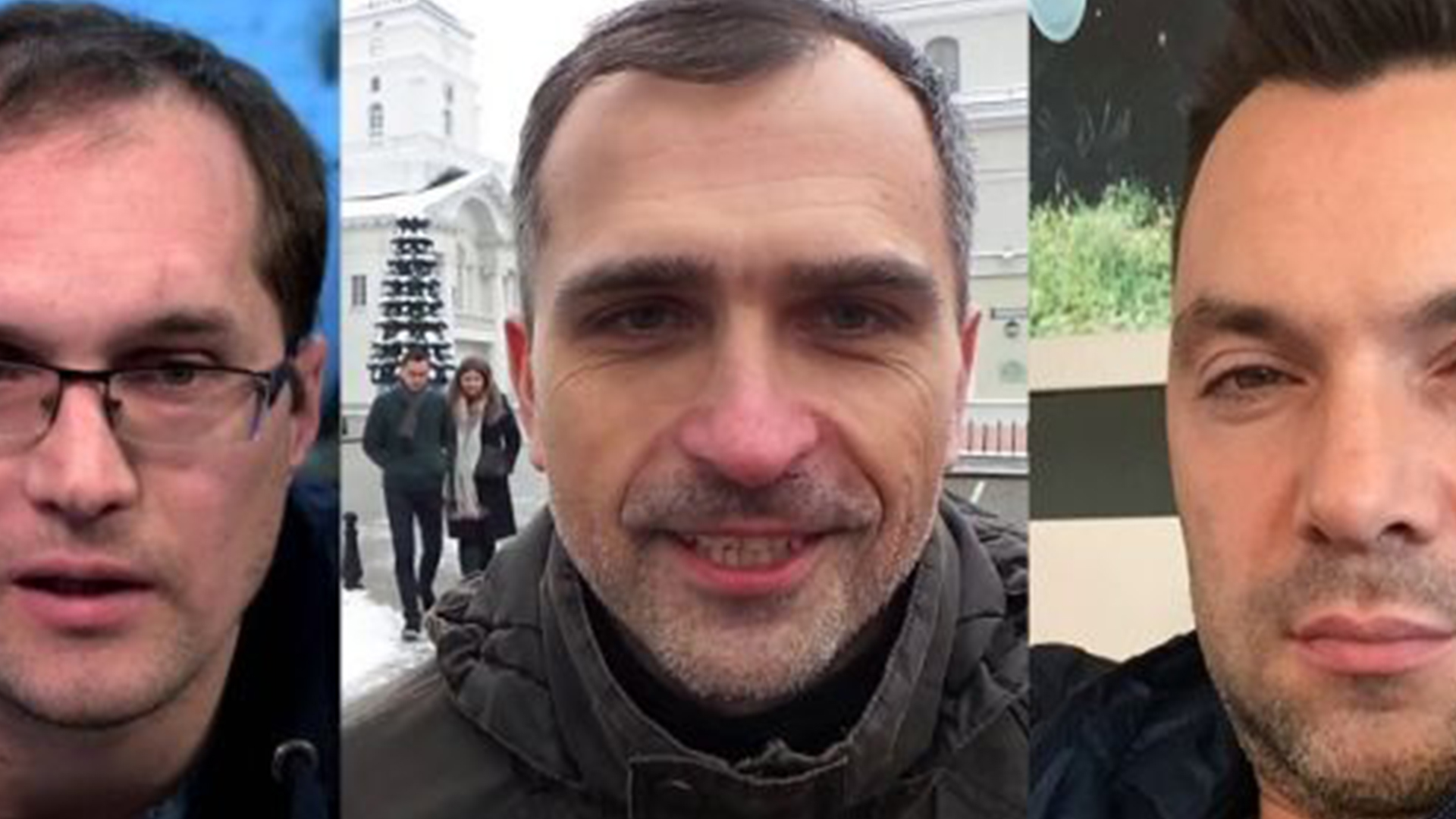
Медиа-эксперт Лариса Дроздова в эфире телеканала NewsOne сообщила подробности того, как Азербайджан вербует себе информационные войска.«Мы вмешиваемся в политику Беларуси! Мы лезем в ситуацию в Нагорном Карабахе! И, кстати, сейчас уже готовят экспертов из Украины, которых повезут в Азербайджан, на линию фронта. Для того чтобы они освещали события со стороны Азербайджана и очерняли Армению".
Взрыв танкера «Генерал Ази Асланов»: причем здесь Азербайджан?

Я хочу подчеркнуть, что вряд ли простым совпадением является то, что, спустя три месяца после исчезновения улицы Ази Асланова, взрывается танкер «Генерал Ази Асланов» — причем, происходит это в то самое время, когда вскормленные Азербайджаном террористы развернули активность по всей России, а сам Азербайджан начал войну в Карабахе, посылая туда буквально на убой тысячи талышей.
Алакрам Гумбатов: «Отечественная война азербайджанского народа против армян»
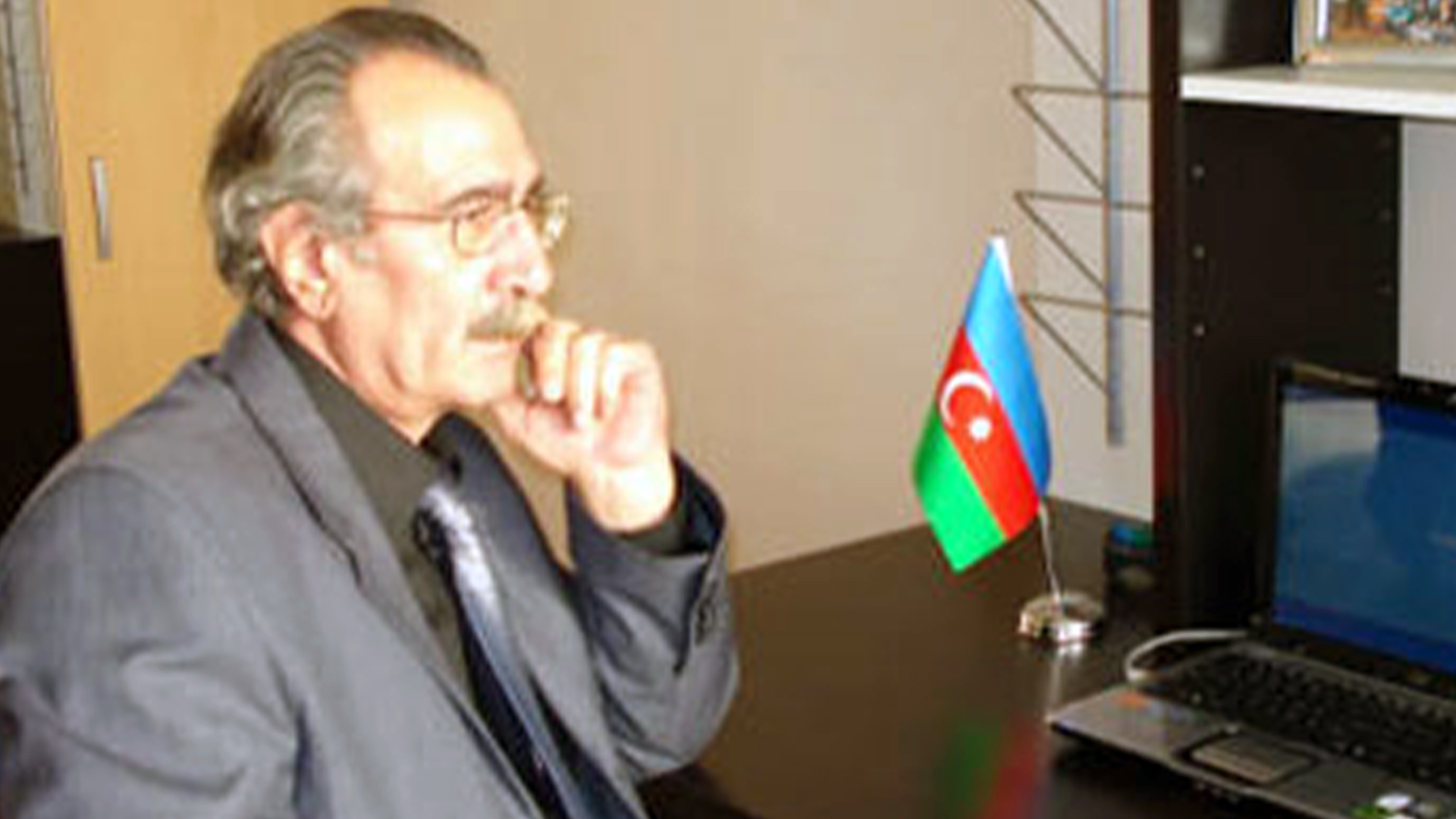
«Идет война, отечественная война; налицо - законная инициатива восстановить принятые мировым сообществом границы Азербайджана. Каждый человек должен чувствовать себя ответственным перед семьями шахидов и обеспечить их всем необходимым. Не надо жалеть для них ничего - ни морального, ни материального».Интересно, заметят ли, наконец, в Баку верноподданические посылы Гумбатова?
Алакрам Гумбатов сетует на недостаточную оснащённость людьми вооруженных сил Азербайджана
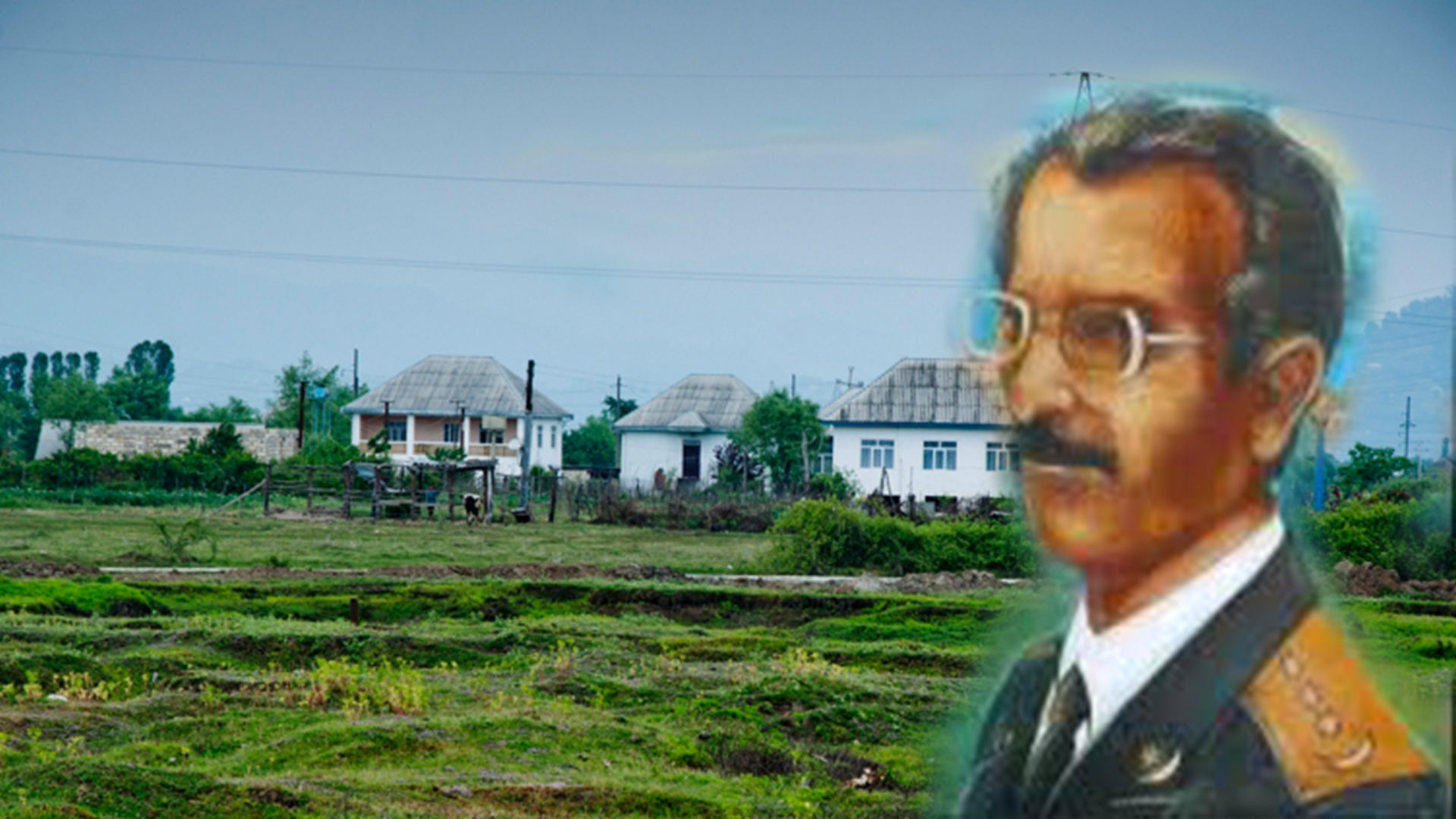
Где же полки статных милиционеров с мощными шеями, где омоновцы, где канцелярские герои службы государственной безопасности и другие? Где они ? Чем они заняты? Что родина принадлежит разве только детям из неимущих семей?
Трагедия деревни Санджаради: Талыши, очнитесь!
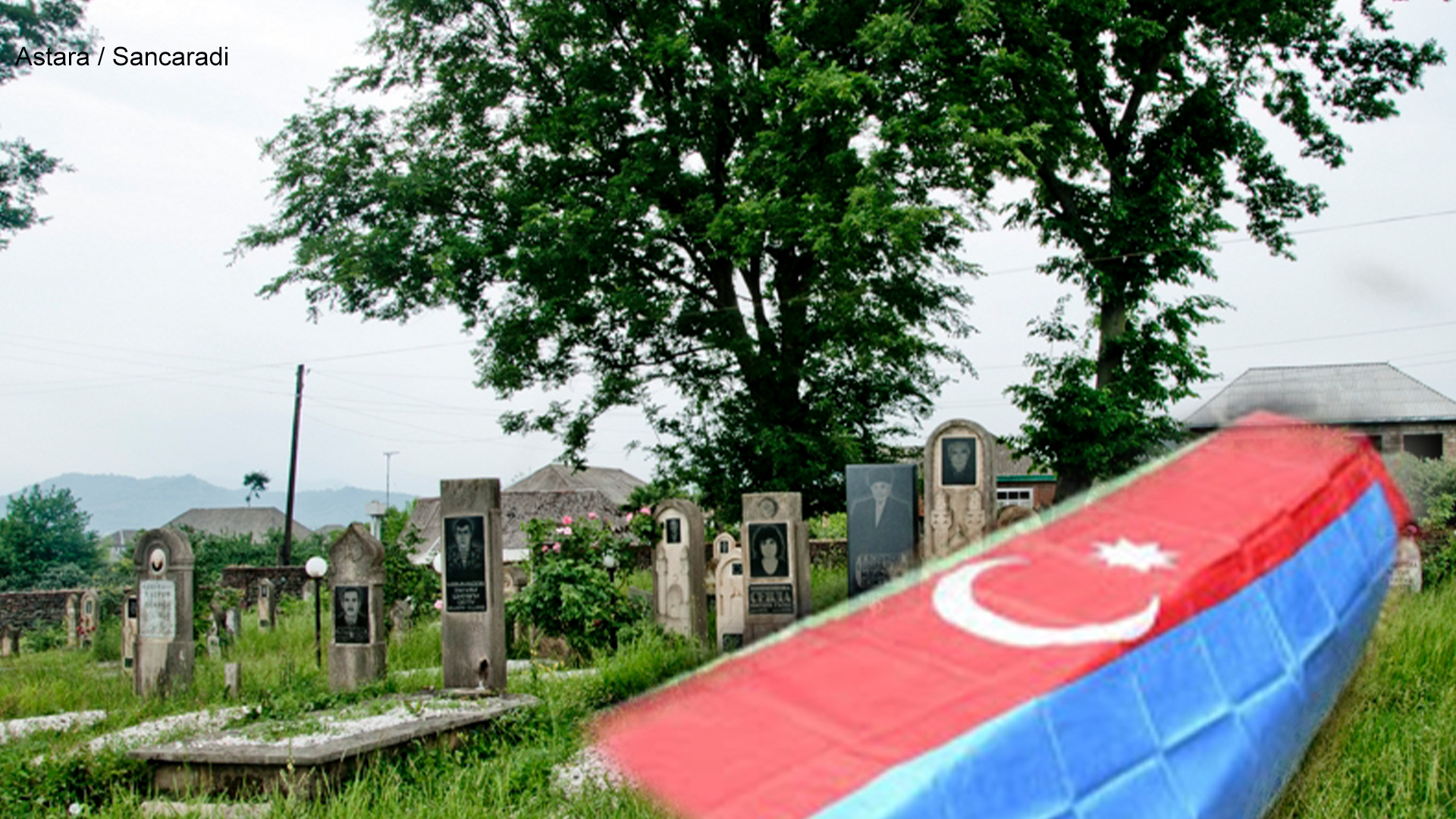
Думаю, настало время обратиться в правозащитные организации относительно системы мобилизации представителей национальных меньшинств Азербайджана и несоразмерности их участия в войне в Карабахе. Этого просто нельзя допускать! Причем, данная проблема касается не только талышей, но и лезгин, аварцев и других коренных этносов Прикаспия.
Трагедия деревни Санджаради: Талыши, очнитесь!
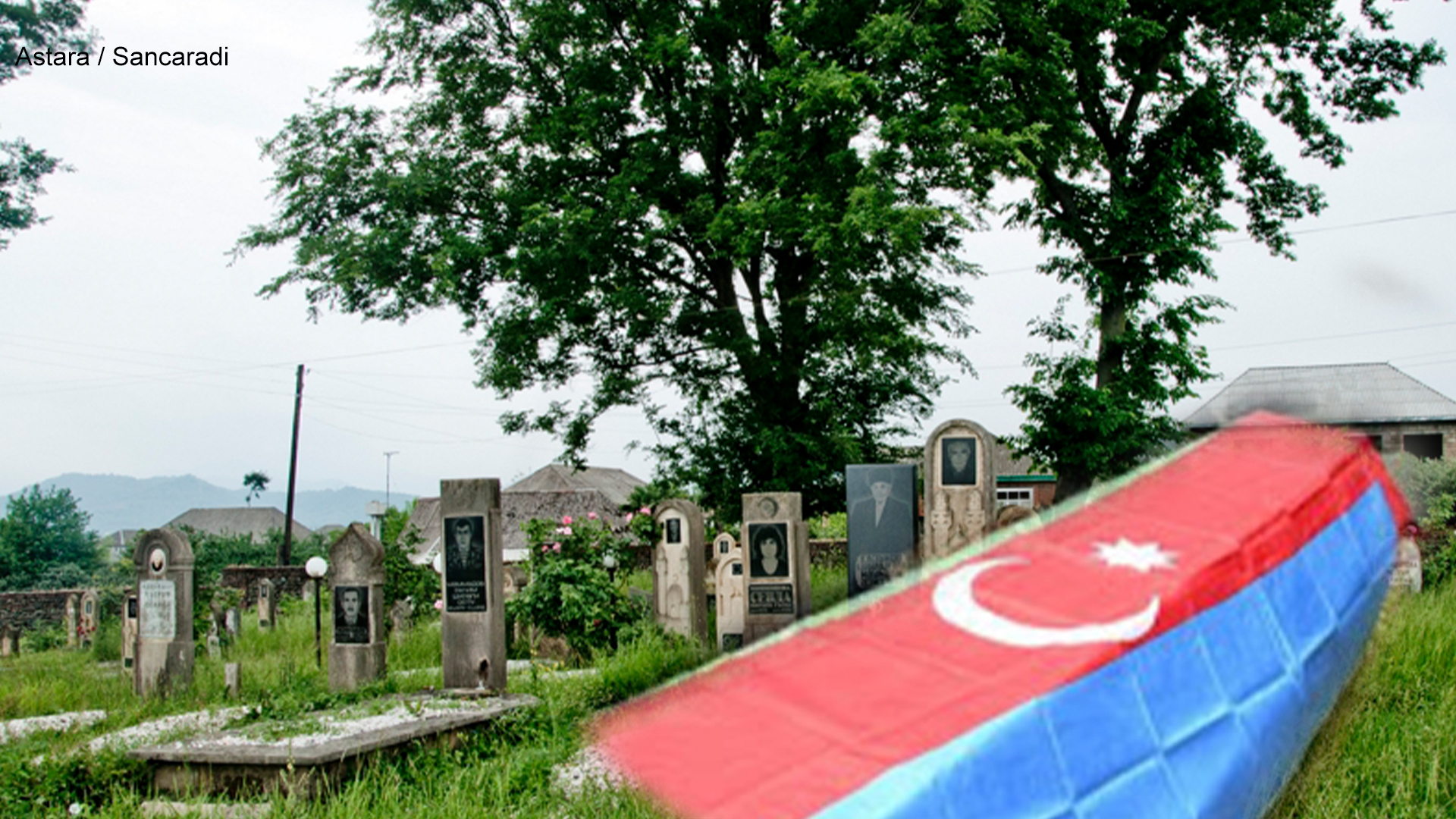
Я сейчас обращаюсь к тем мерзавцам, которые призывают талышскую молодежь участвовать в войне в Карабахе ради «азербайджанского флага», мнимого шахидства и других только им известных целей! Посмотрите в глаза матерей, потерявших своих детей! Обращаюсь к членам так называемого Общественного совета талышей Азербайджана, которые то и дело призывают к войне против карабахских армян и «освобождению земель».
Трагедия деревни Санджаради: Талыши, очнитесь!
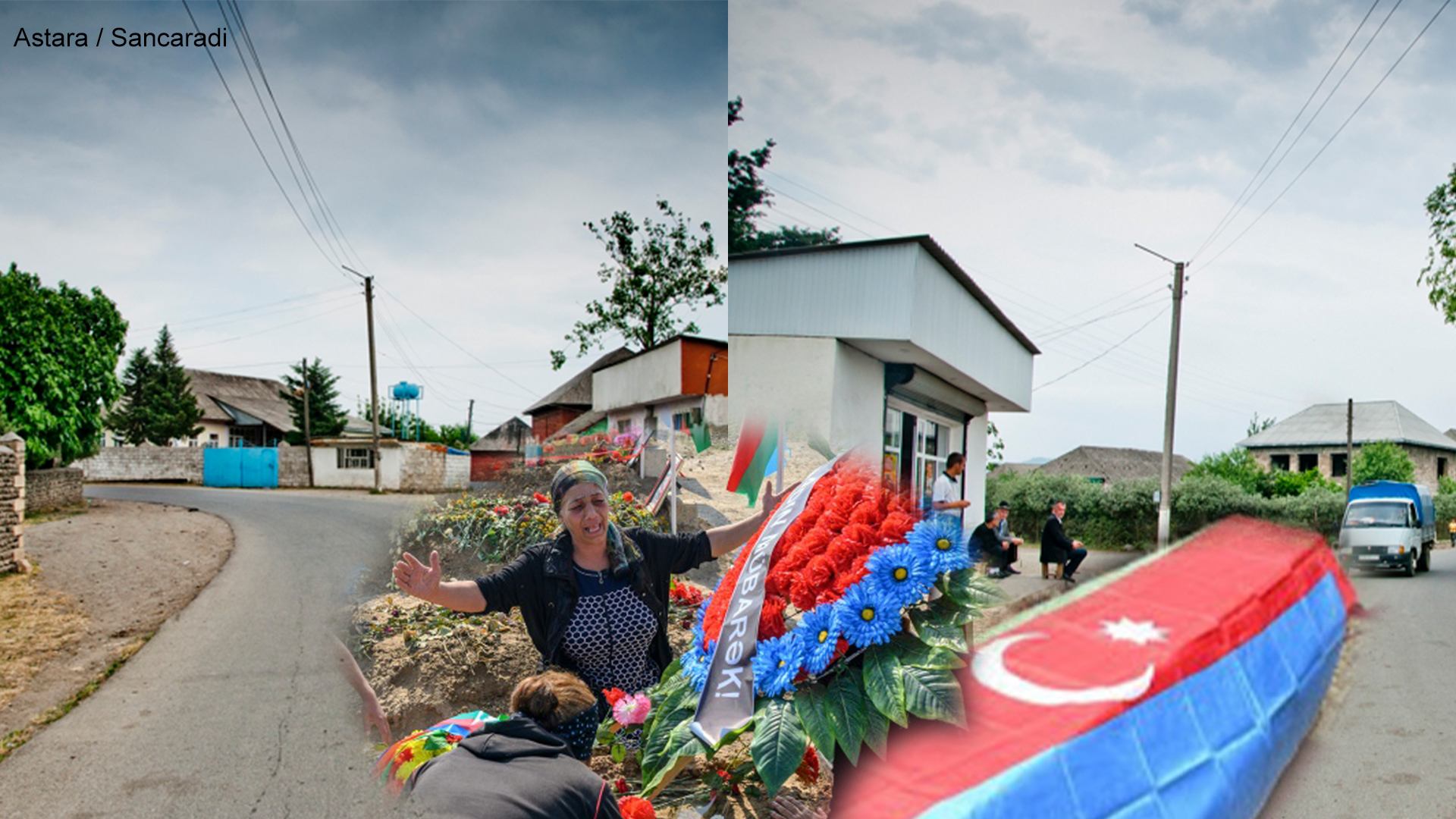
Трагедия Санджаради – это трагедия талышского народа. Я всегда воздерживался от каких бы то ни было призывов к неповиновению властям, дабы избежать нежелательных репрессий против моих соплеменников. Но сейчас я во весь голос говорю: дорогие мои, спасайте своих детей!
Прогноз итогов армяно-азербайджанского конфликта
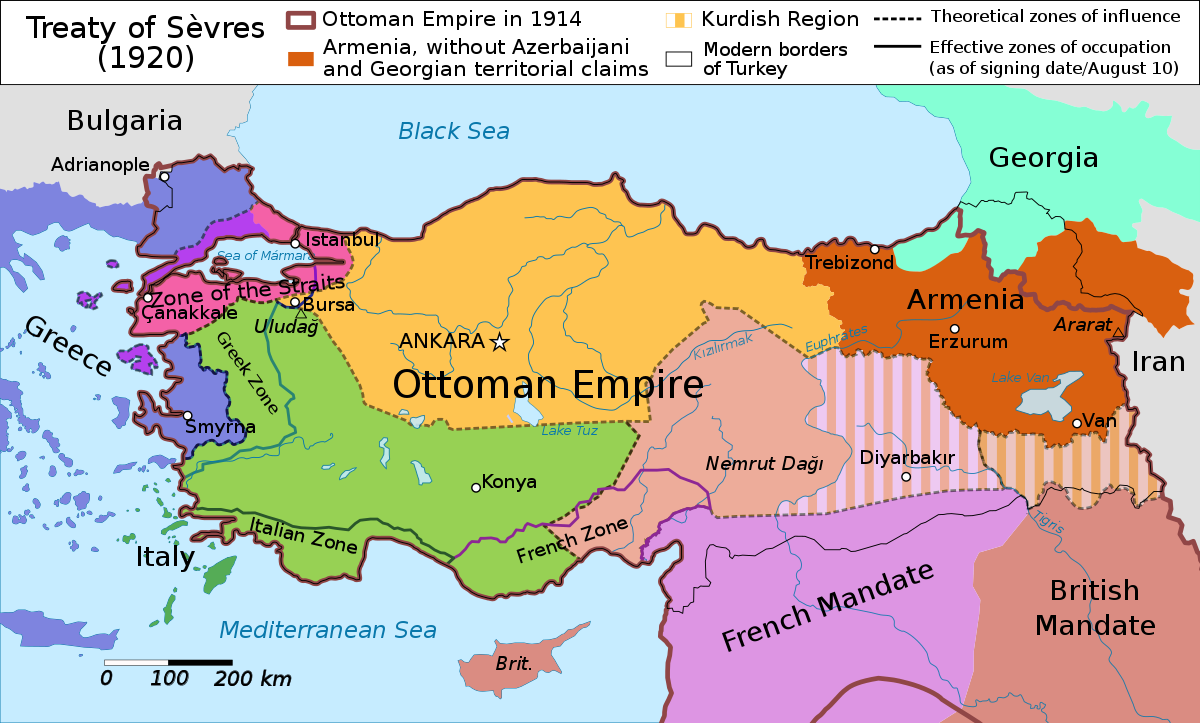
Со всей очевидностью можно сказать, что блицкрига в Нагорном Карабахе у Азербайджана уже не будет. Для Турции это негативный сценарий – увязнуть в конфликте Азербайджана и Армении без быстрой аннексии Азербайджана опасно, особенно если Армения при помощи союзников станет выигрывать войну.
Алакрам Гумбатов сострадает Гяндже, в которой он бывал, забывая о Степанакерте, в котором… он тоже бывал
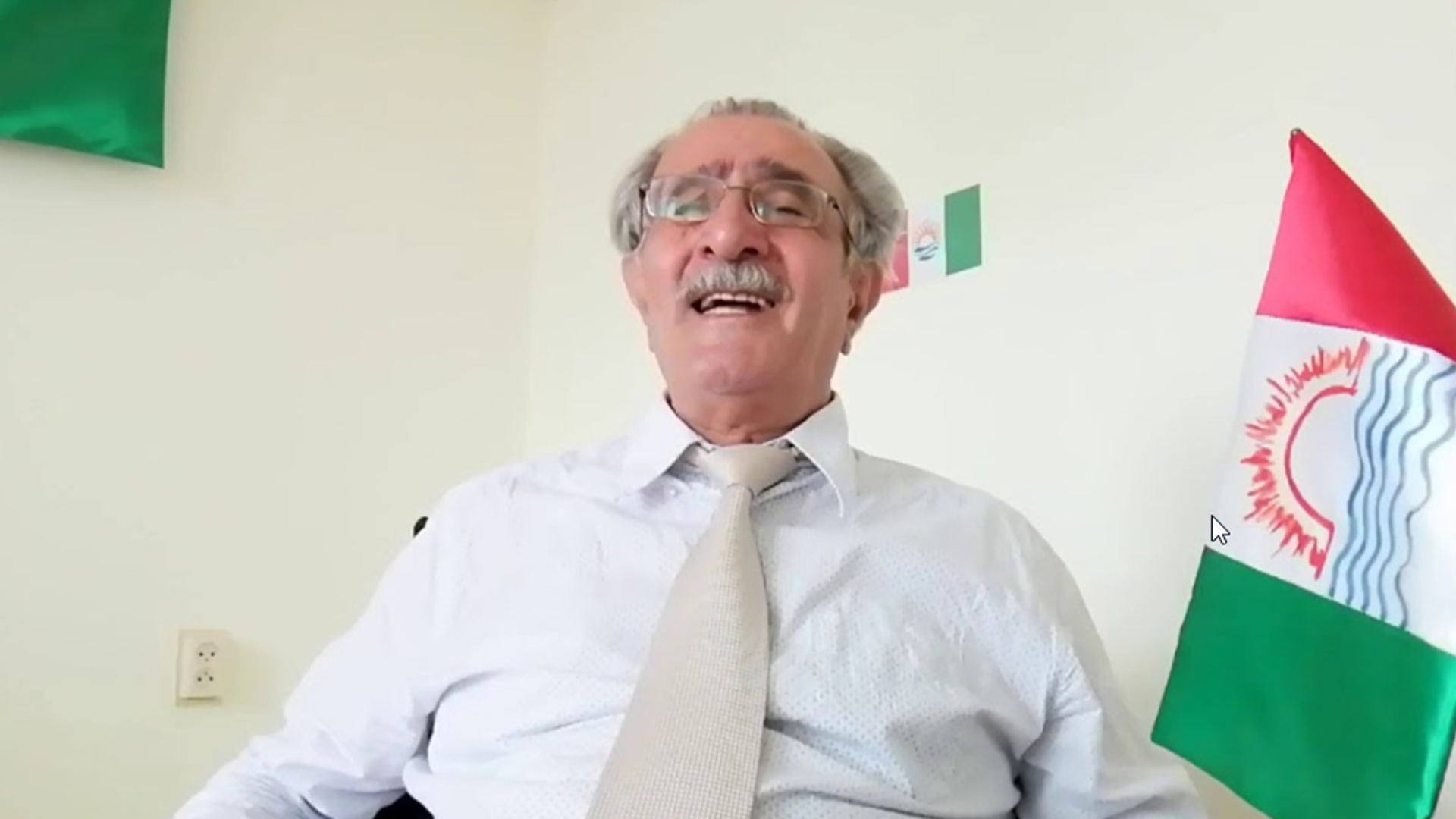
Человек, который провел 12 лет в азербайджанских застенках, подвергался жестоким пыткам, чья семья — жена и двое детей – вынуждены были скрываться и с трудом, с угрозой для жизни, покинули Азербайджан, говорит о своих «патриотических» чувствах к Азeрбайджану, челом бьет, чуть ли не по земле ползает — лишь бы его простили, лишь бы считали «своим».
Ильхам Алиев сбежал в Турцию?
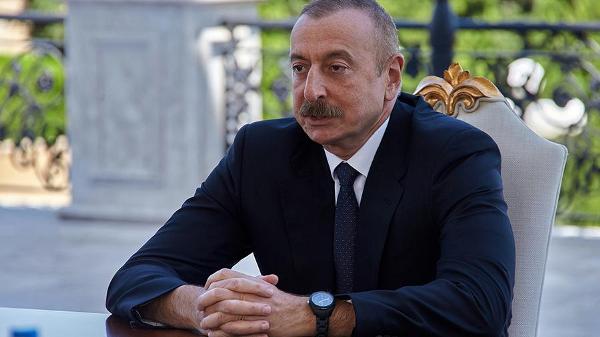
В итоге по всей стране назревает масштабное возмущение, которое начнется, скорее всего, в районах компактного проживания коренных народов Азербайджана, но затем непременно затронет и Баку. Более того, недовольство войной и политикой Алиева зреет и в среде азербайджанской политической элиты.
Ильхам Алиев сбежал в Турцию?
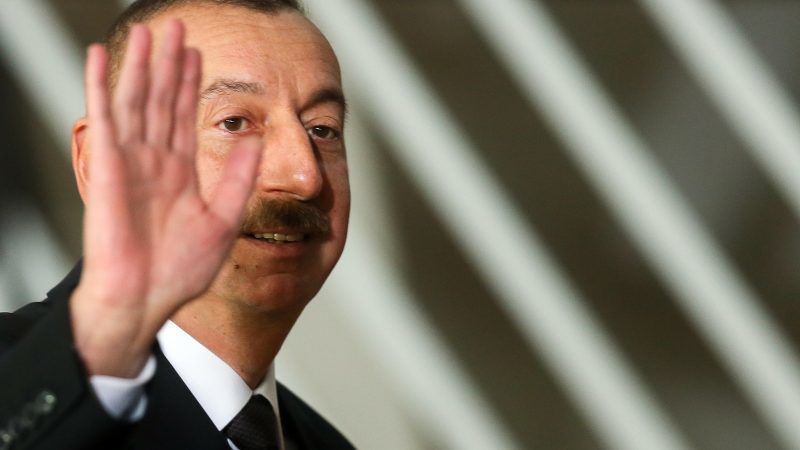
Видя не столь явную, но вполне реальную опасность для своей власти, свободы и жизни, он старается не испытывать судьбу, находясь в Баку, – дружественная Турция, где у него множество недвижимости, для подбадривания азербайджанских солдат и написания бравурных обращений к азербайджанской нации подходит гораздо лучше.
Азербайджанцы стремглав бегут по всему фронту в Карабахе!
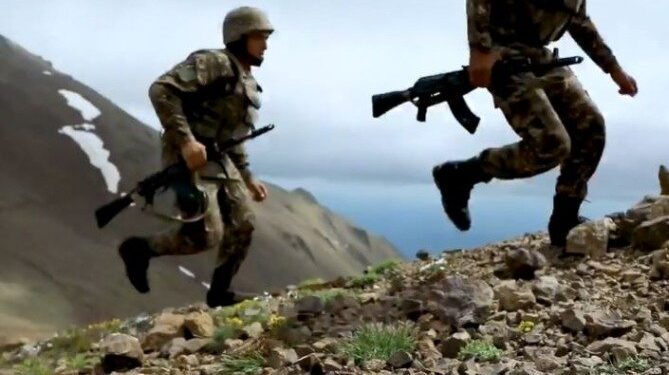
Пытаясь избежать попадания в «котел» и последующего уничтожения, азербайджанцы как можно стремительнее отступают. Однако огромной азербайджанской группировке, оказавшейся в кольце, это уже не поможет – у нее шанса выхода из окружения уже нет. В ближайшие часы ее с четырех сторон будут добивать армянские войска.
Азербайджанцы стремглав бегут по всему фронту в Карабахе!
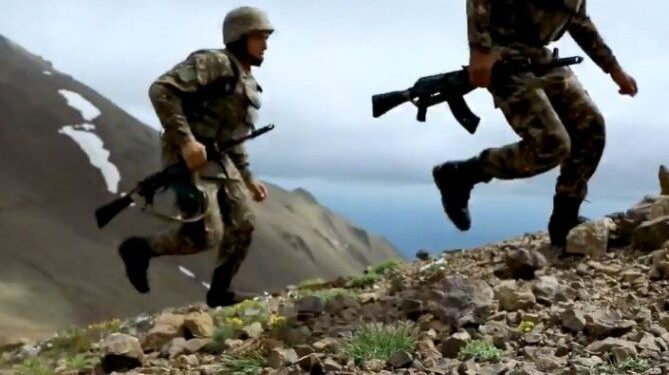
Армянские вооруженные силы в Карабахе перешли в контрнаступление, заставляя ВС Азербайджана бросать ранее занятые позиции, технику и вооружение и буквально бежать. Армия обороны Карабаха нанесла основной удар в районе Худаферинского водохранилища, разрезав наступавшие азербайджанские силы на 2 части.
Ильхам Гейдарович, во всех смертях этой войны виноваты лично вы! ЧТО БЫ Я СКАЗАЛ ИЛЬХАМУ ГЕЙДАРОВИЧУ АЛИЕВУ ПРИ ЛИЧНОЙ ВСТРЕЧЕ:

Эффективный политик-манипулятор Реджеп Тайип Эрдоган с вашего безвольно согласия превратил вас и весь Азербайджан в ресурс для достижения своих целей в регионе. Я понимаю и ваш личный интерес в этой войне: отвлечь народ от внутренних социально-политических проблем, попробовать погасить протестные настроения и перенаправить ненависть с политической власти на «внешнего врага». Излюбленный метод любого диктатора.
Перепуганный Алиев согласится на любые условия ради сохранения власти

Азербайджанский диктатор Ильхам Алиев сейчас ужасно перепуган. Сейчас он при надлежащем уровне давления согласится на все – и на мир с Арменией, и на отказ от Карабаха, и на многое другое, лишь бы остаться у власти. Очевидно, что Алиев, планируя «маленькую и победоносную войну», попросту не был готов к неудачному исходу операции своих вооруженных сил.
Перепуганный Алиев согласится на любые условия ради сохранения власти

Голословные заявления о взятии Гадрута еще больше добавили паники в правящее семейство. Даже азербайджанский народ при всем его желании добиться справедливости (в их представлении) и вернуть Карабах, перестает верить вождю. Помните, советскую классику «Иван Васильевич меняет профессию»? Казань брал, Ростов брал, Гадрут… нет, не брал.
Против талышей и лезгин в Азербайджане планируются масштабные карательные акции

Созревают предпосылки массового дезертирства и перехода на вражескую сторону талышских и лезгинских предателей. Их семьи отказываются отправлять своих сыновей воевать ради освобождения от оккупации Карабаха и клевещут на руководство страны, обвиняя его в разжигании несправедливой и захватнической войны и отправки на смерть их детей. – Говорится в сообщении Freeazerbaijan.com
Против талышей и лезгин в Азербайджане планируются масштабные карательные акции
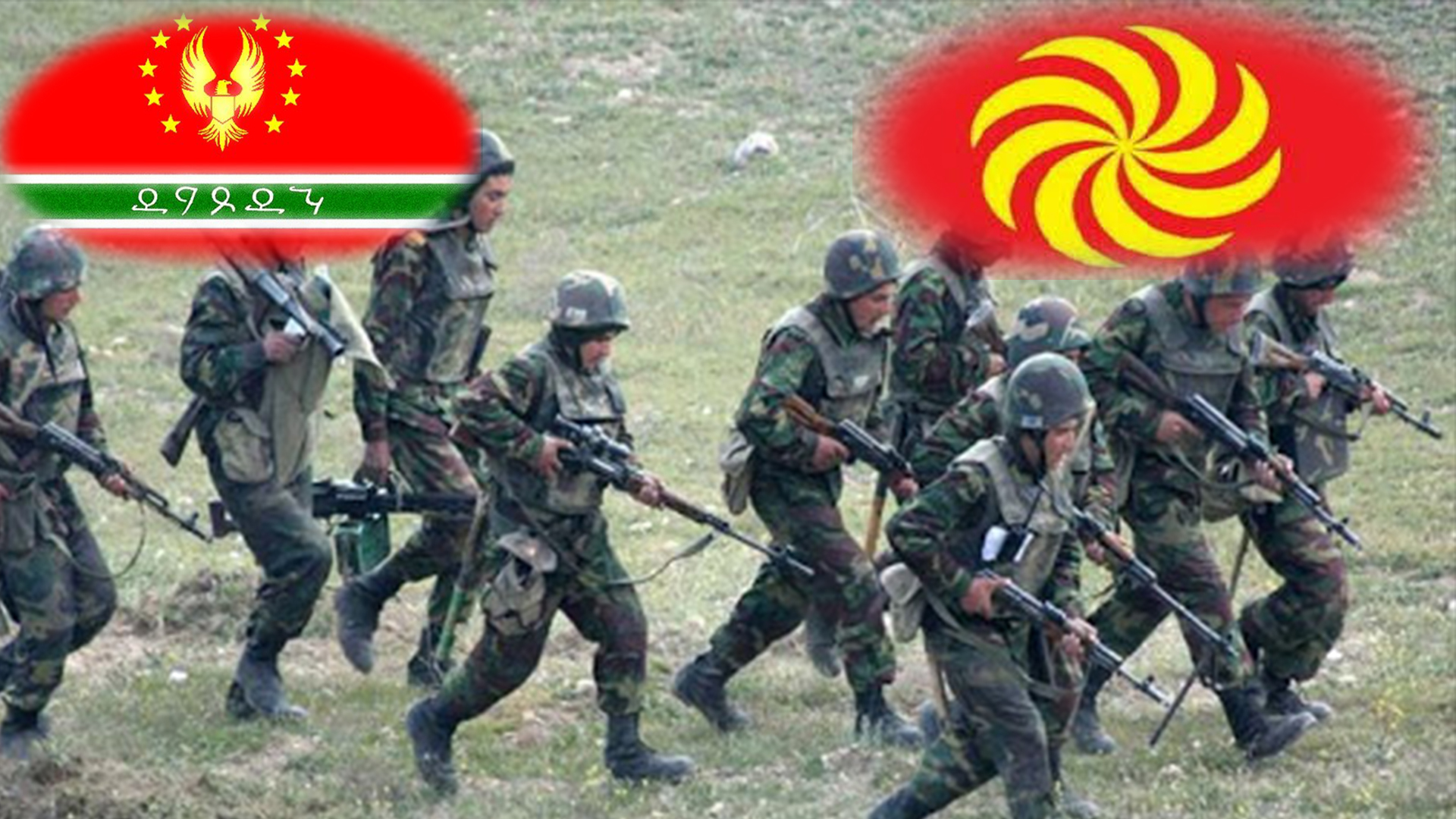
Во многих местах они (талыши и лезгины) демонстрируют акты неповиновения своим командирам. На поле боя они передают армянам секретные сведения о расположении и численности наших войск, оружие и технику часто приводят в негодность. Созревают предпосылки массового дезертирства и перехода на вражескую сторону талышских и лезгинских предателей.– Говорится в сообщении Freeazerbaijan.com.
Трагедия талышского народа

Это – не тотальное уничтожение людей, а явное искоренение генофонда нашего народа. Только в течение последних 20 дней на фронтах Карабахской войны погибло без преувеличения несколько тысяч талышей, преимущественно в возрасте от 18 до 25 лет. Это - воспроизводящая сила нашего народа.
Трагедия талышского народа

Скажу честно – сегодня наш народ переживает очень большую трагедию. В первых рядах азербайджанских частей, наступающих на укрепленные армянские позиции, - именно наши дети! Неудивительно, что среди погибших талышей – огромный процент, несоразмерный с талышской долей в общем населении Азербайджана.
Манкуртам, говорящим от имени лезгин
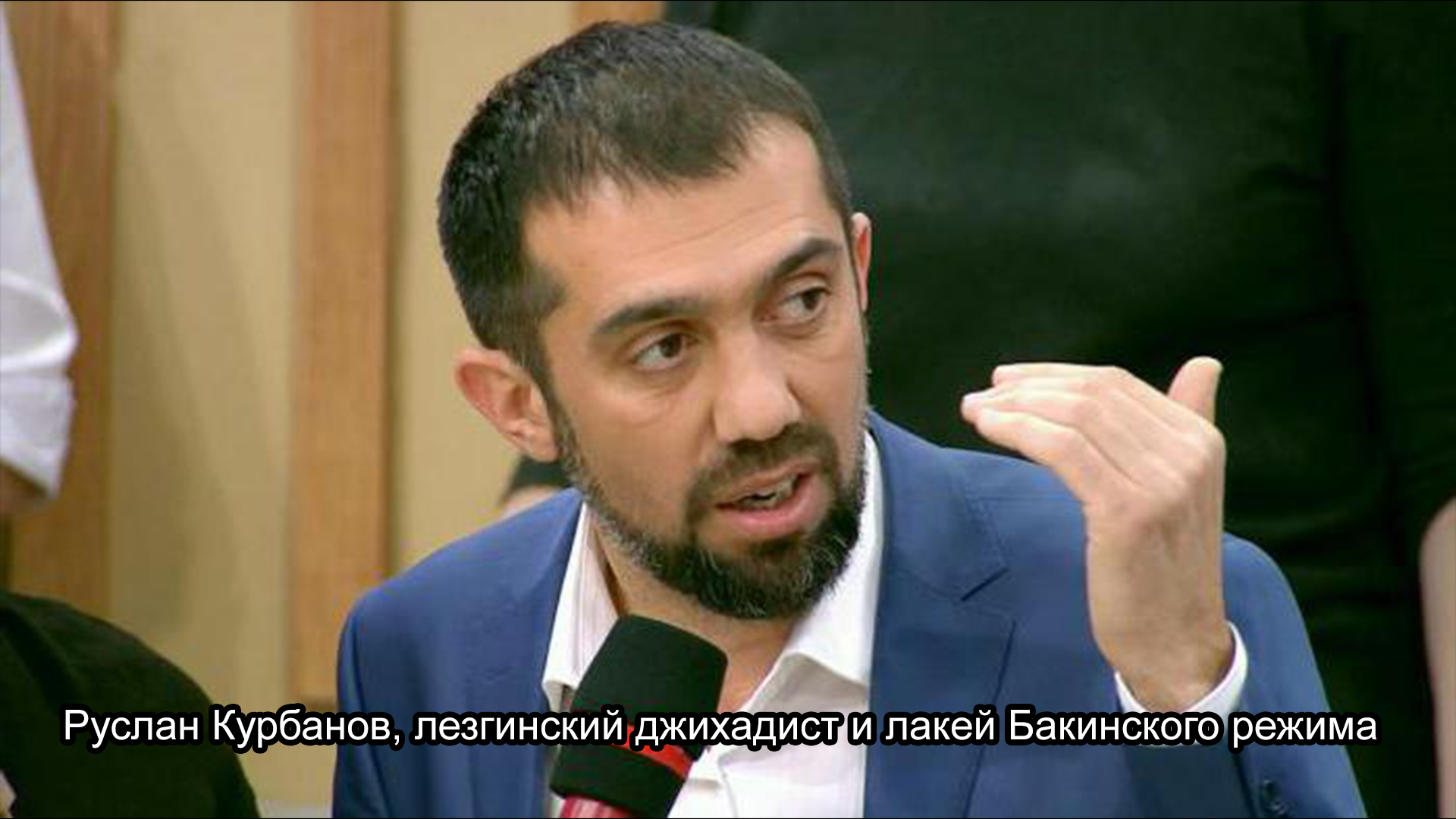
Ин ша Аллах, вам этот бумеранг в жизни вернётся. Ин ша Аллах, вы, орущие, что вы - "граждане" и обязаны воевать, обязательно утоните вместе с этой страной.
Восстанут ли, наконец, коренные народы Азербайджана? Во всяком случае, чувствуется дыхание взрыва...

Просто я хочу спросить старика: Имамверди-муаллим, тебе самому не стыдно? Ты же взрослый человек, одной ногой стоишь на пороге вечности, зачем ты служишь Тагуту и Даджжалу - Алиеву, кровавому диктатору и злейшему врагу своего народа?
Алакрам Гумбатов готов умереть за азербайджанский флаг?!
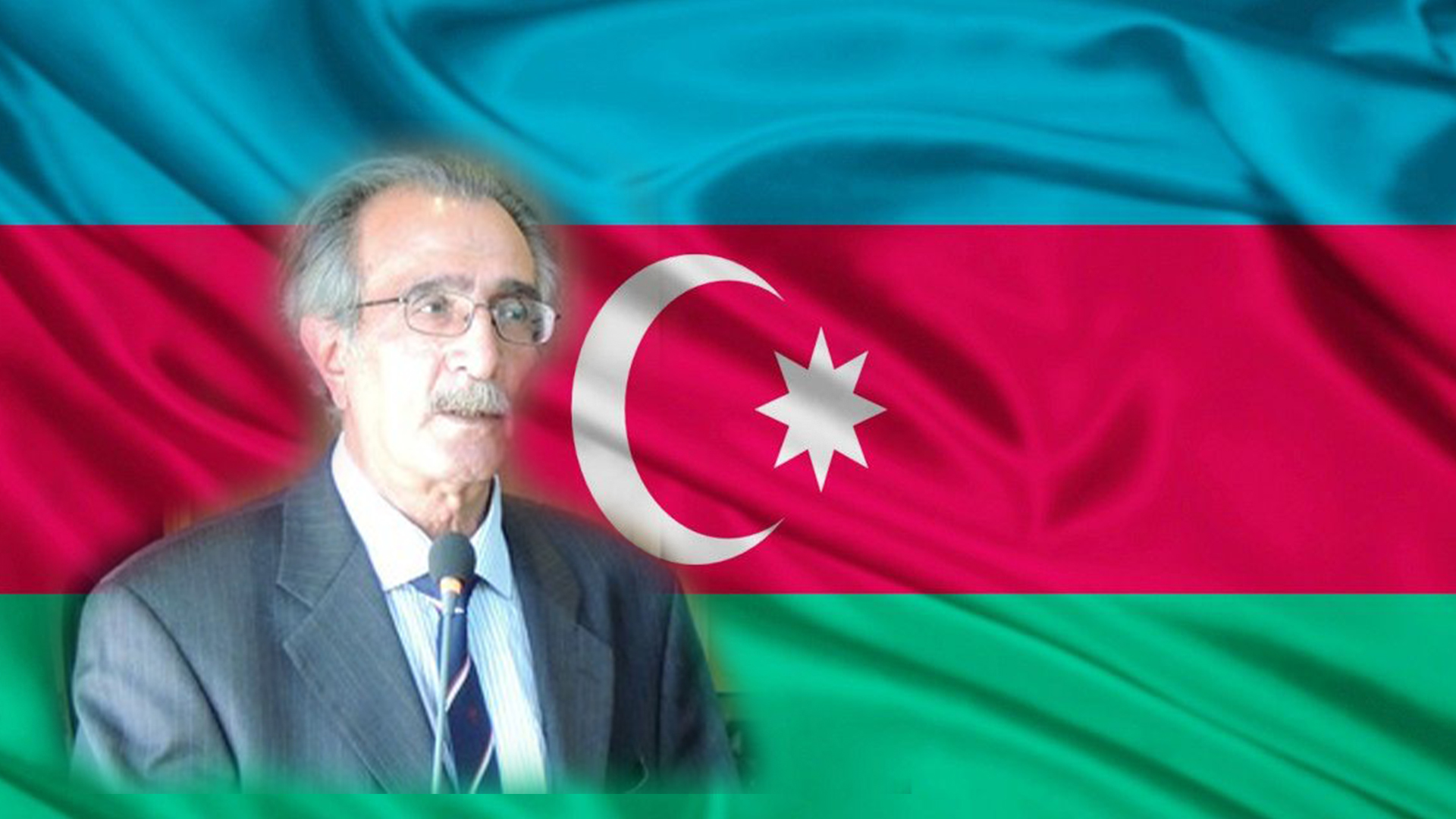
Так вот, и Алакрам - только с виду талыш, а изнутри - серый волк, эдакий перевертыш-турок. Я просто удивляюсь почему Алиев не приглашает его в Азербайджан, Гумбатов же мечтает об этом и сделает все ради возвращения на "родину", все, что скажут.
Восстанут ли, наконец, коренные народы Азербайджана? Во всяком случае, чувствуется дыхание взрыва...
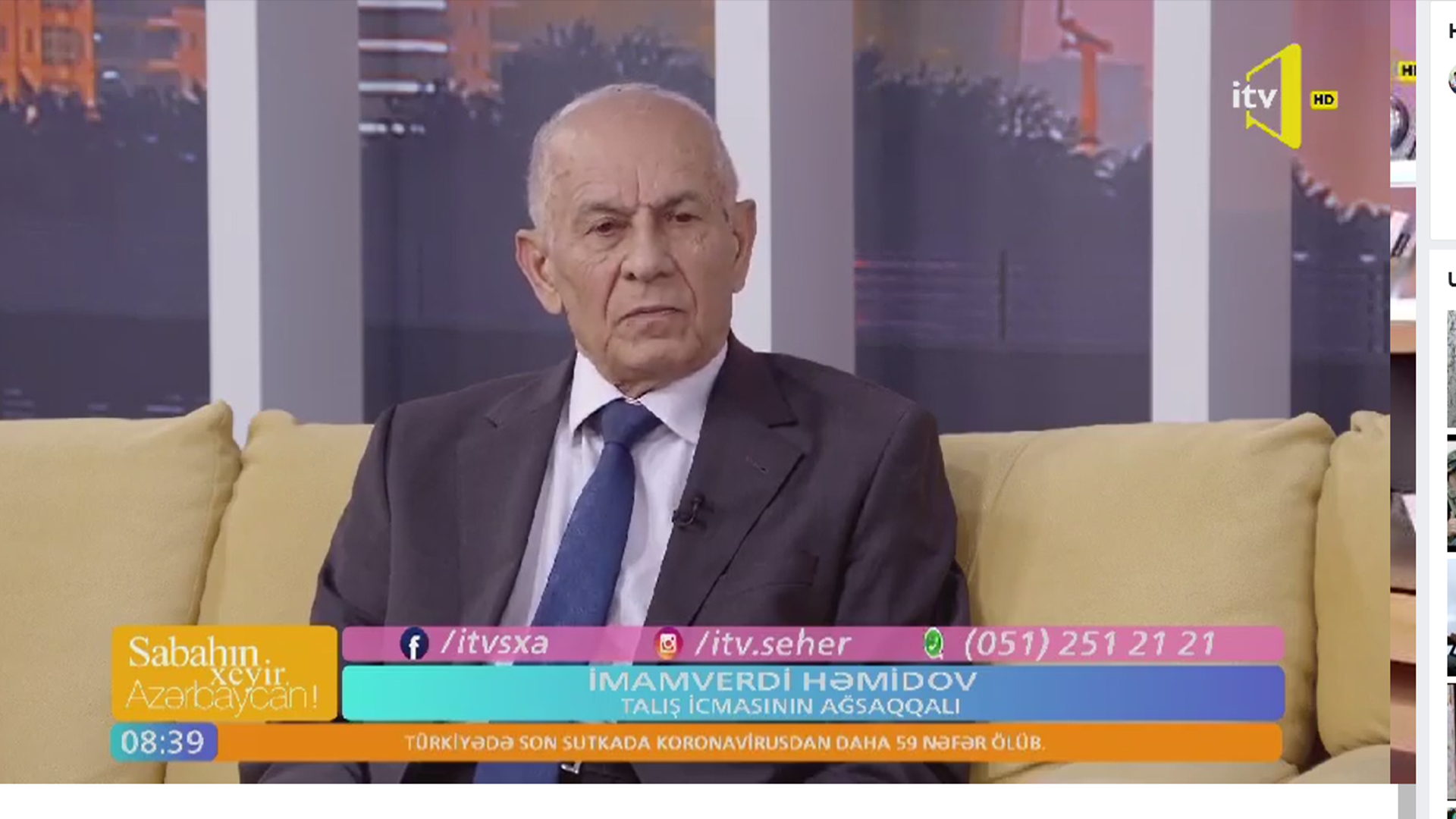
В Азербайджане, судя по всему, серьёзно переполошились из-за усиливающихся день ото дня протестных настроений коренных народов - талышей, лезгин и других. Не проходит и дня, чтобы азерпром не выпустил очередной журналистский "шедевр", якобы показывающий лояльность представителей нацменьшинств к "главнокомандующему".
Алакрам Гумбатов готов умереть за азербайджанский флаг?!
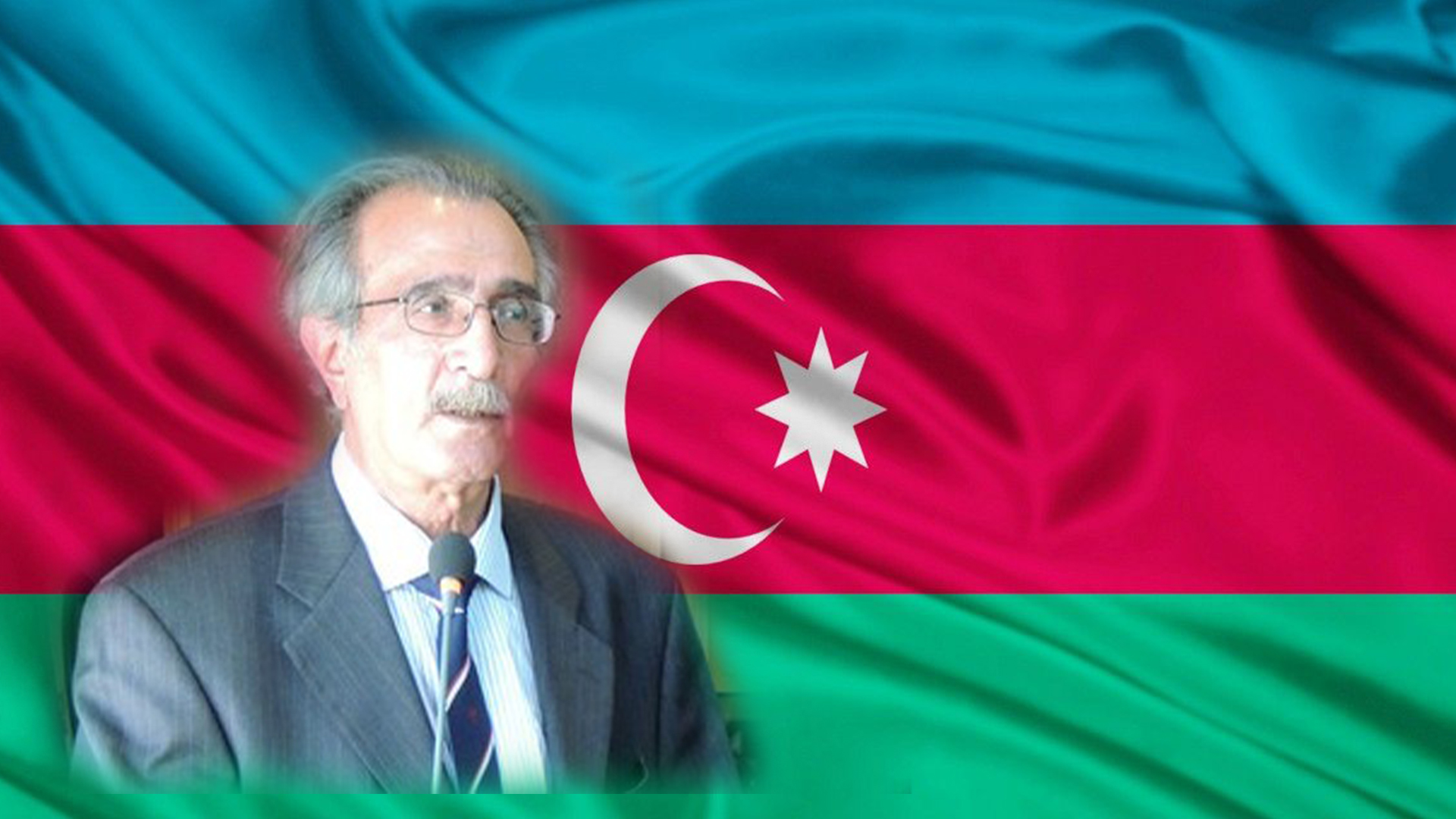
Так вот, Алакрам на днях написал на своей странице в FB: "Мы, талыши, стоим рядом с главным символом нашей страны - рядом с флагом, который любим больше жизни, за который дали столько шахидов".
Манкуртам, говорящим от имени лезгин
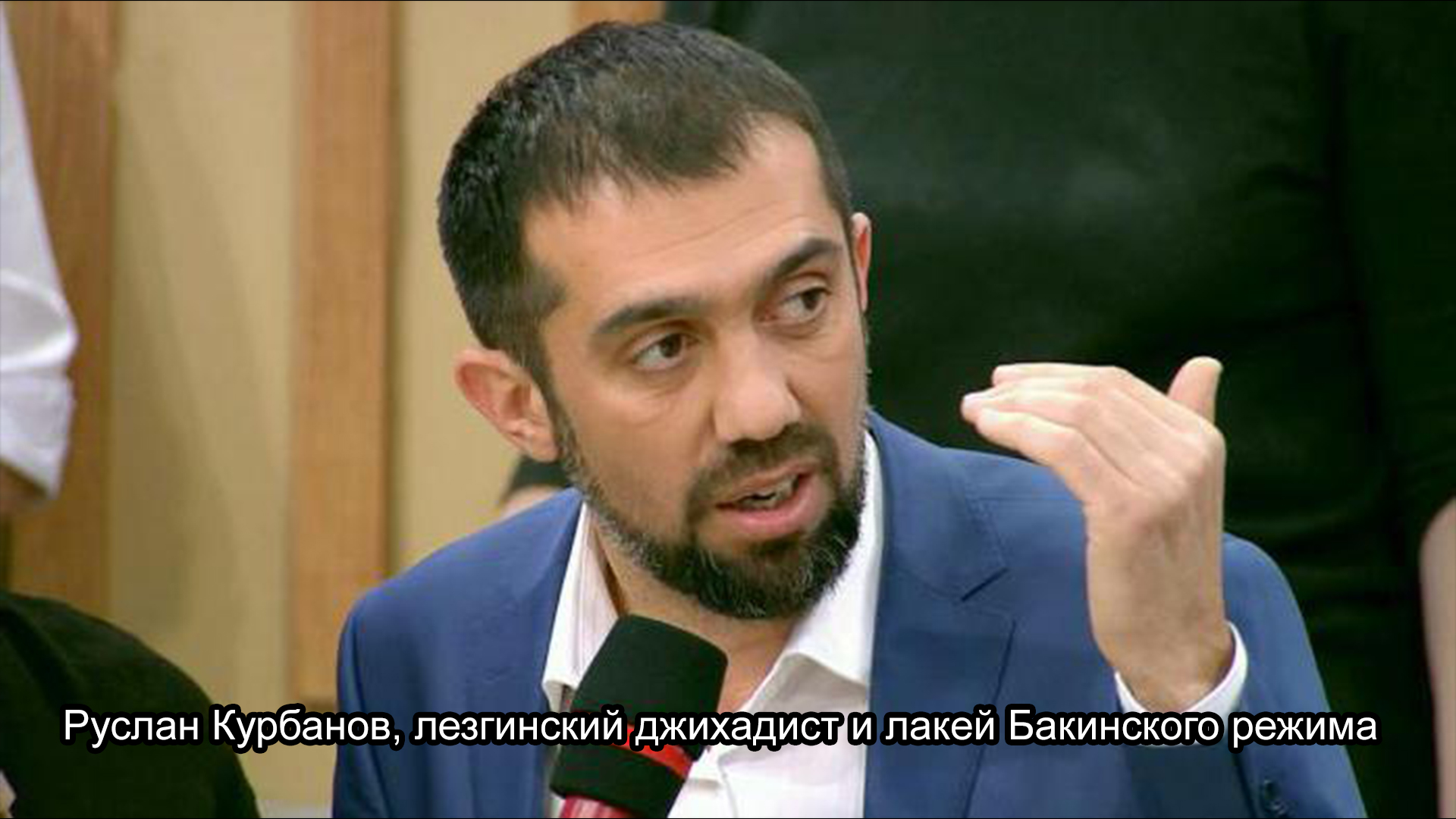
Кровь каждого из этих пацанов на ваших грязных продажных руках и конченных языках, которые лижут зад алиевского режима и застряли там же.
Наивные лезгины, очнитесь!
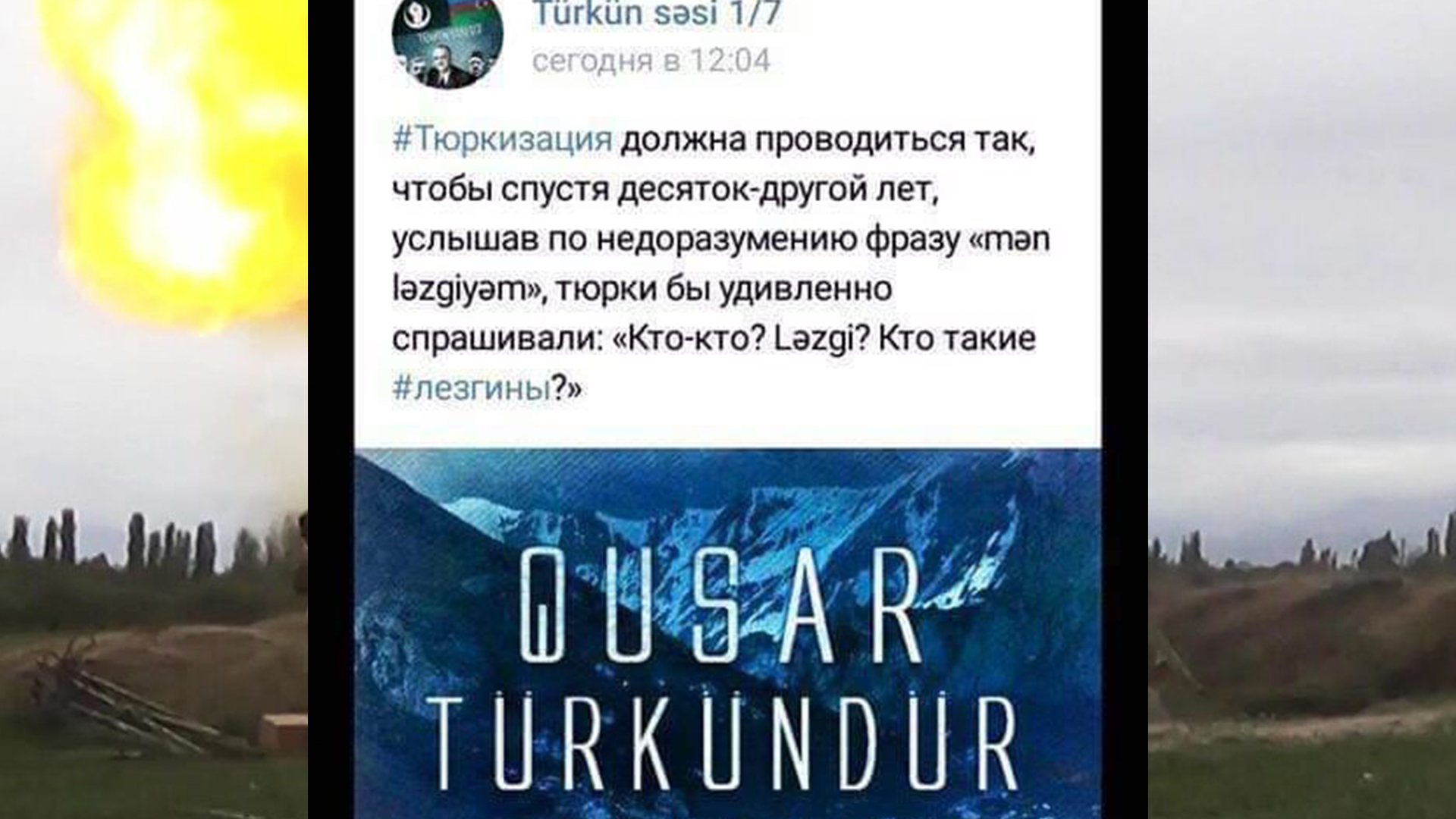
Наибольшие потери сейчас в НК несут именно лезгины!!! И все это знают! А теперь почитайте этот лозунг азербайджанских тюрков и сделайте выводы. Наивные лезгины, ОЧНИТЕСЬ!!!
Трон Алиева опасно шатается - Азербайджан скоро будет не таким, каким был до 27 сентября
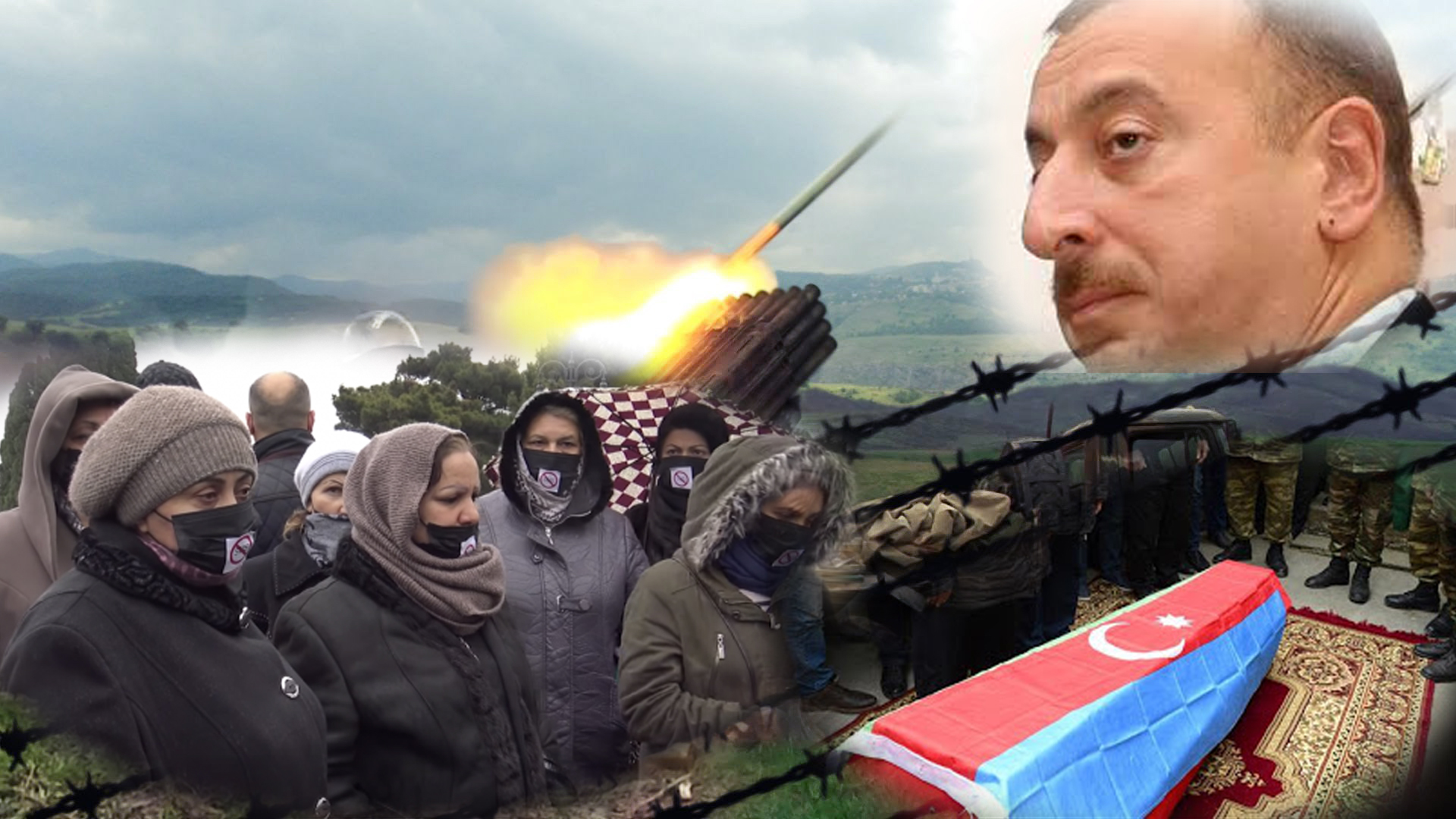
Достаточно сказать, что сегодня в Азербайджане нет большего объекта ненависти чем Алиев и его клика. Как будут справляться власти с этой ненавистью - не знаю. Властям вряд ли удастся долго сопротивляться этому законному требованию. Даже при утаивании части погибших вырисовывается огромное число, судя по всему - более 15 000.
Трон Алиева опасно шатается - Азербайджан скоро будет не таким, каким был до 27 сентября
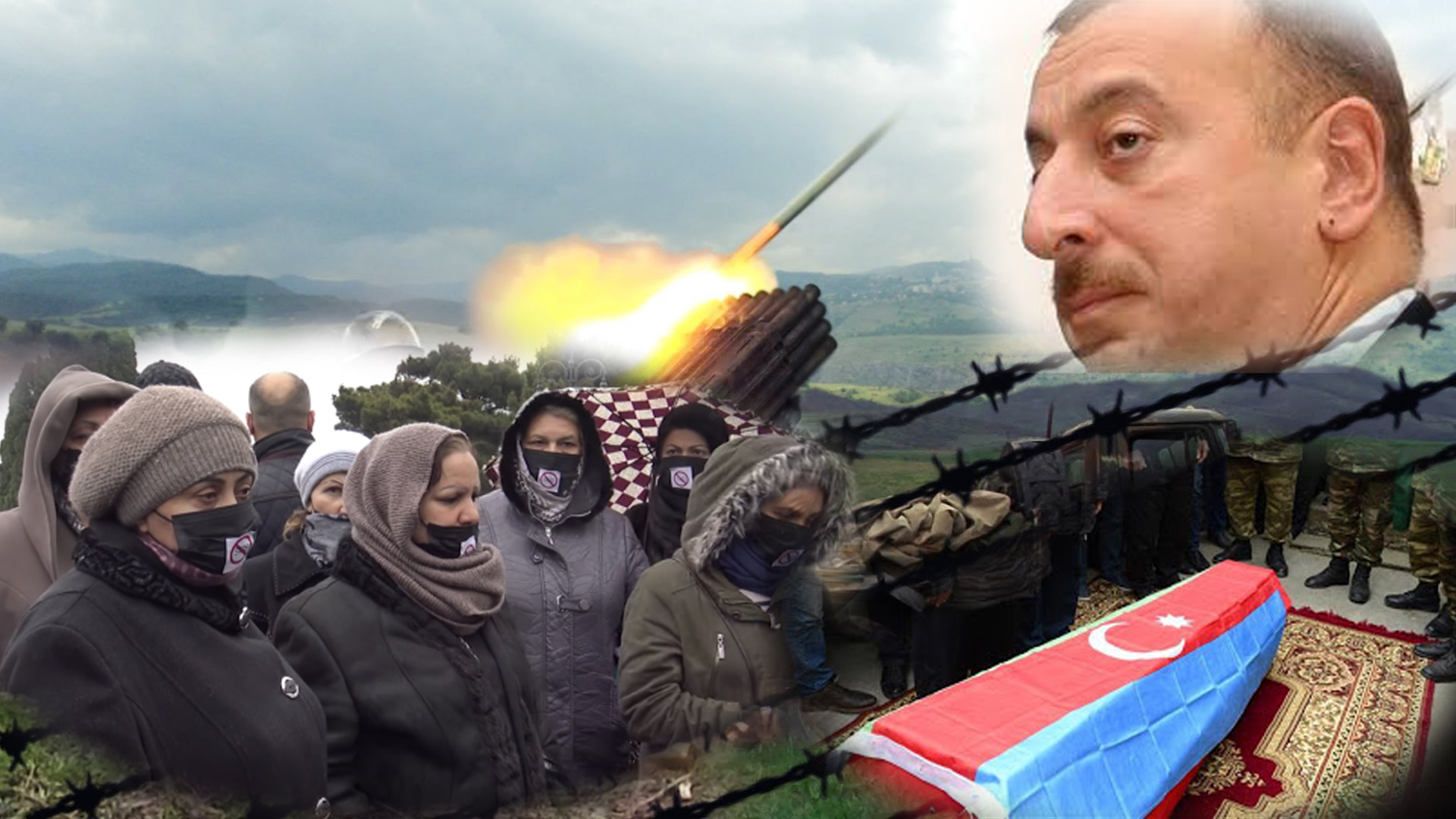
Интересно, что на официальное сообщение о взятии азербайджанскими войсками деревни Талиш, сами талыши отреагировали шуткой: «Единственное место в регионе, которое официально называется Талиш, - да и то в Карабахе; войдя в состав Азербайджана, оно наверняка вскоре будет переименовано».
Трон Алиева опасно шатается - Азербайджан скоро будет не таким, каким был до 27 сентября

Насколько понимаю, зная Азербайджан и общаясь со своими родственниками и друзьями, народ в высшей степени возбужден, а ситуация в стране взрывоопасная. Не сомневаюсь, что многие не верят постановочным шоу, участники которых выступают за продолжение войны, за Карабах и пр. Все знают - это фейк.
Deaths of Syrian mercenaries show how Turkey, Russia could get sucked into Nagorno-Karabakh conflict

Turkey has denied sending Syrian fighters to aid Azerbaijan, its longtime ally. But relatives of two fighters — Najjar and his nephew — said in interviews that monthly salaries were promised by the Turkish-supported militias and that the fighters flew to Azerbaijan from southern Turkey.
SOS! Жизнь Фахраддина Абосзода снова в опасности!!!
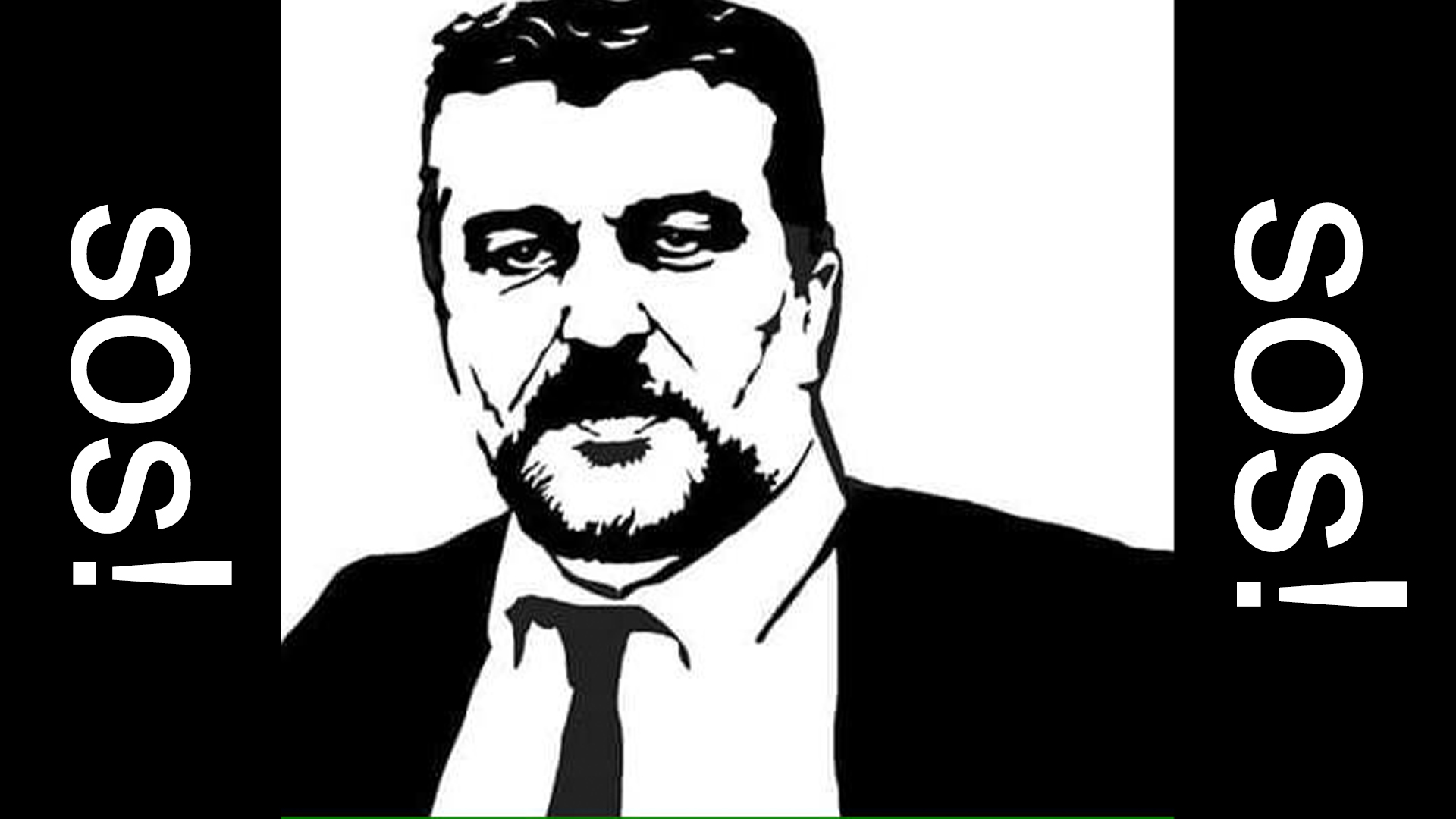
Обращаемся ко всем международным правозащитным организациям и особенно к талышским общественным деятелям с призывом поднять голос в защиту Фахраддина Абосзода! Реалии современного Азербайджана таковы, что до сих пор ни одна правозащитная организация на его территории ни разу не вступилась за Фахраддина Фармановича, потому что он – талыш.
SOS! Жизнь Фахраддина Абосзода снова в опасности!!!
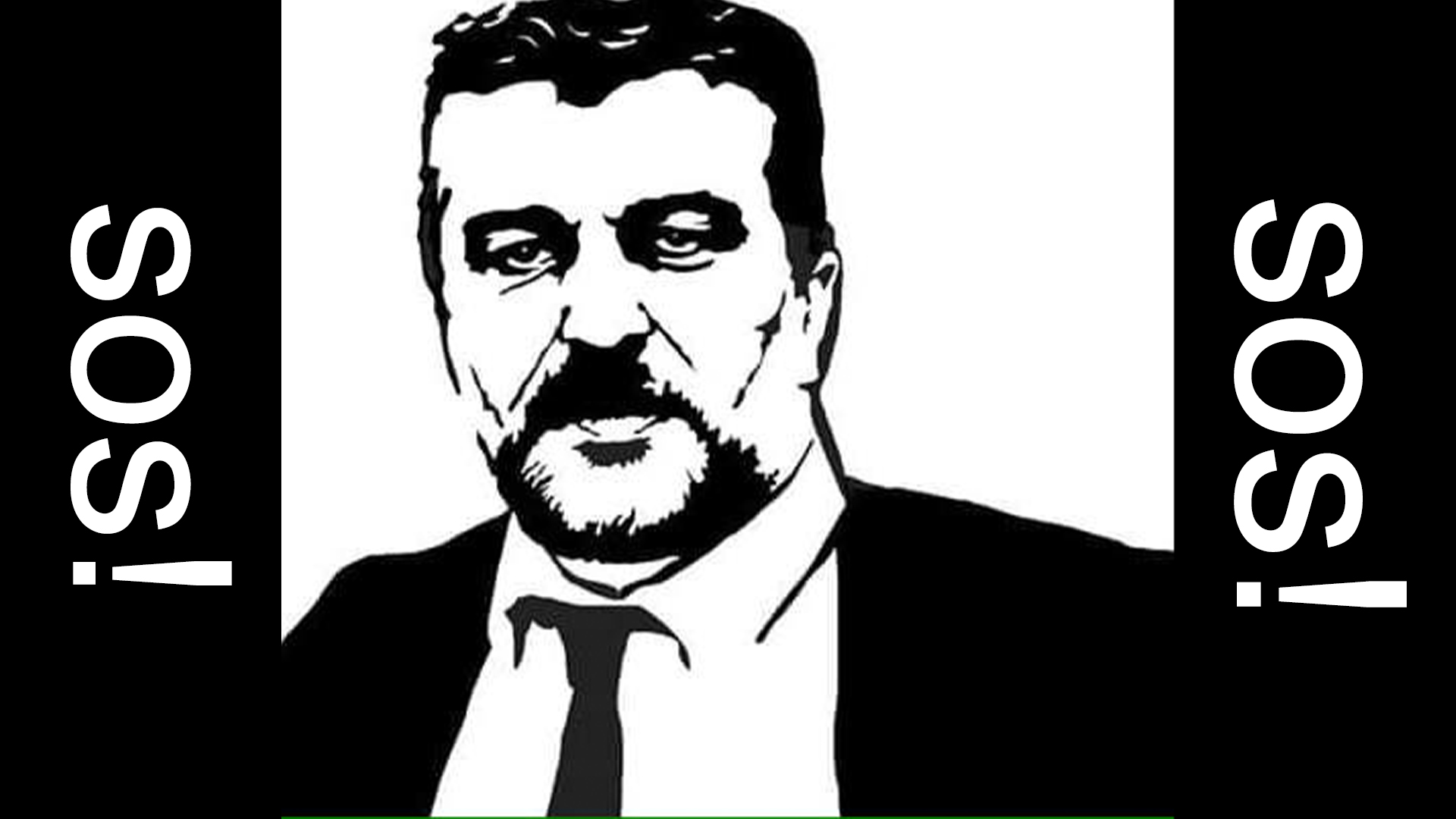
«Я никогда, ни при каких обстоятельствах, не совершу самоубийства. Это противоречит моем религиозным воззрениям и моему личному кодексу борца. Если вы узнаете о моем самоубийстве, значит, меня убили». Недавно до нас дошли сведения, что Фахраддин Абосзода объявил голодовку…
Талышский боец Эмиль Бахшиев: «Быжи Толыш!» - «Да здравствует Талышистан!»
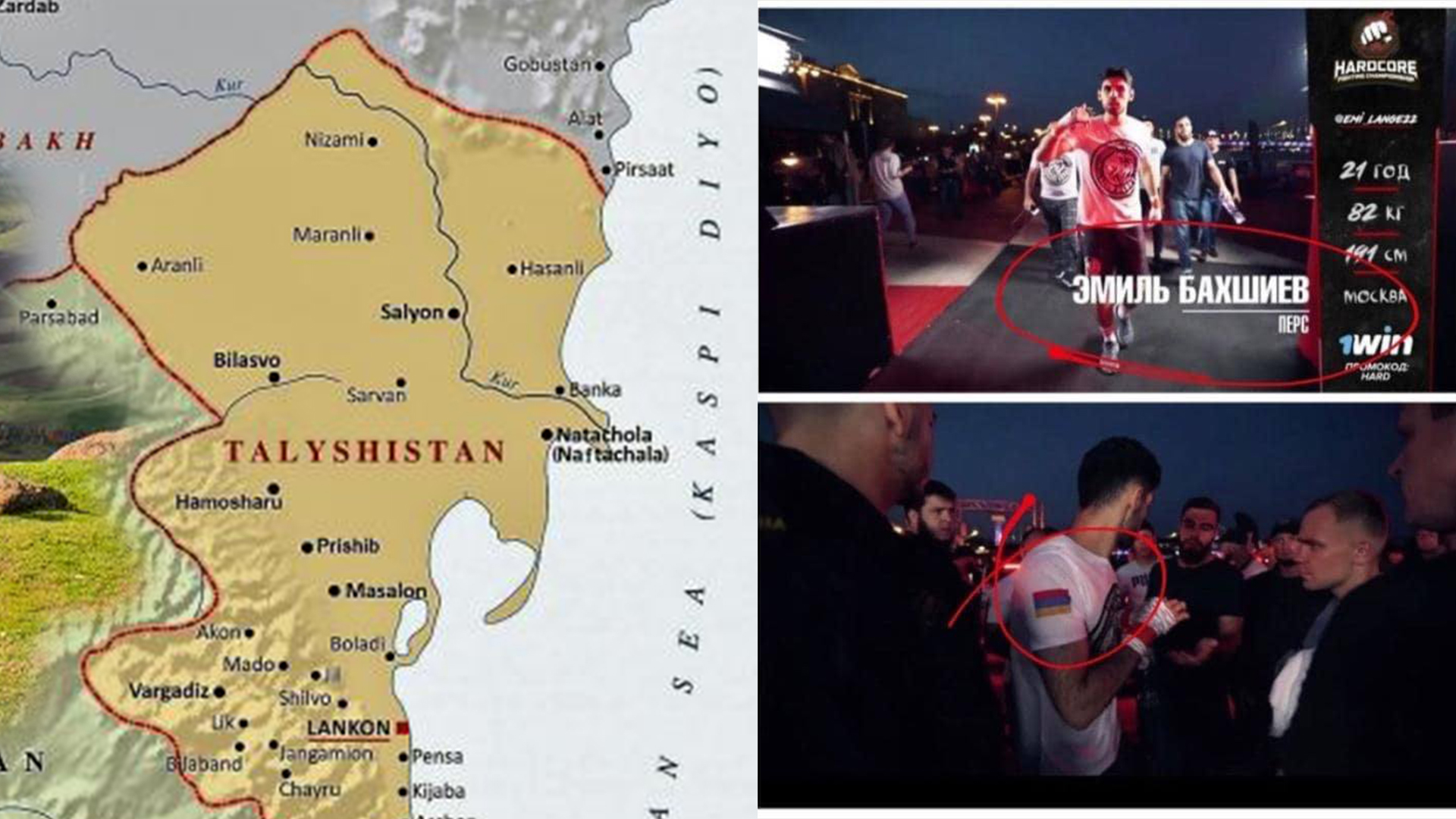
Комментируя угрозы в свой адрес, Эмиль, улыбаясь, сказал: «Я не хотел это обсуждать, но, к сожалению, да, угрозы были. Дело в том, что я передал привет своему народу. Я по национальности – талыш. Я не знаю, ребята, что вас задело. Я всего лишь передал привет своему народу, но если вас это задевает, то я передам еще раз. Привет талышам! Я вас люблю!».
Матери Азербайджана требуют отставки Ильхама Алиева
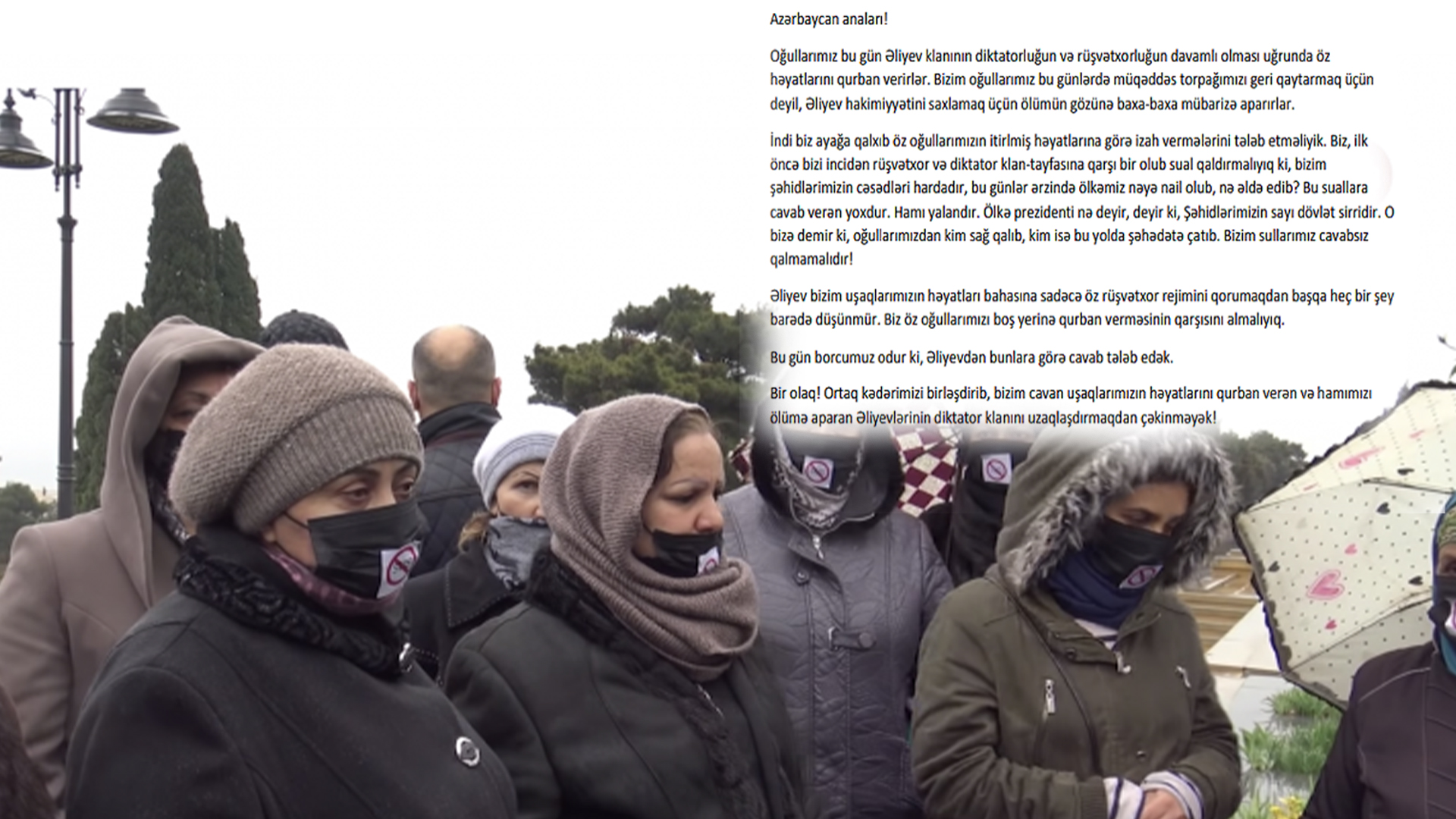
"Алиев не думает ни о чем, кроме того, как удержать свой коррумпированный режим ценой жизни наших сыновей. Мы не должны позволить приносить наших детей в жертву. Сегодня наш долг - потребовать от Алиева, чтобы он дал нам ответ"- матери Азербайджана.
Где азербайджанские “герои”?

Очевидно, азербайджанскому обществу надоедает терпеть ложь режима Алиева и его поистине скотское отношение к собственным солдатам, гибнущим в боях и не имеющих шанса даже быть по-человечески похороненными. А ведь и Алиев, и его клика позиционируют себя как мусульмане!
Азербайджанское общество в шоке от потерь на карабахском фронте
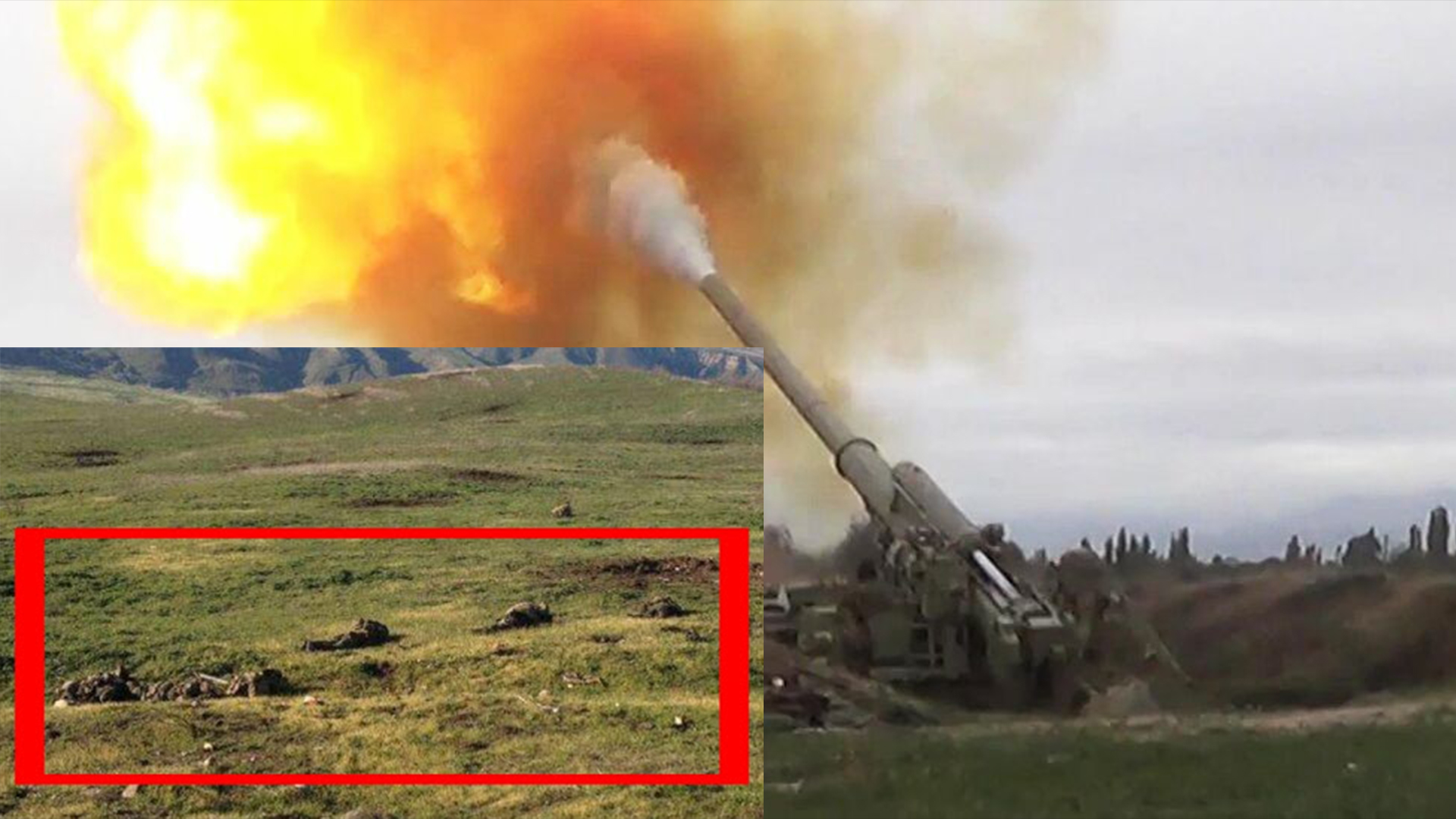
Freeazerbaijan.org , честно и открыто заявляет: «По положению на 13 октября, ВС Армении подбили 16 вертолетов, 18 самолетов, 173 БПЛА, 521 единицу бронетехники, в основном, танки, 86 единиц автотранспорта, 4 РСЗО «Смерч», 4 тяжелые огнеметные системы «ТОС-1А», 1 РСЗО «Ураган» ВС Азербайджана. С азербайджанской стороны имеются свыше 5139 погибших».
Азербайджанское общество в шоке от потерь на карабахском фронте
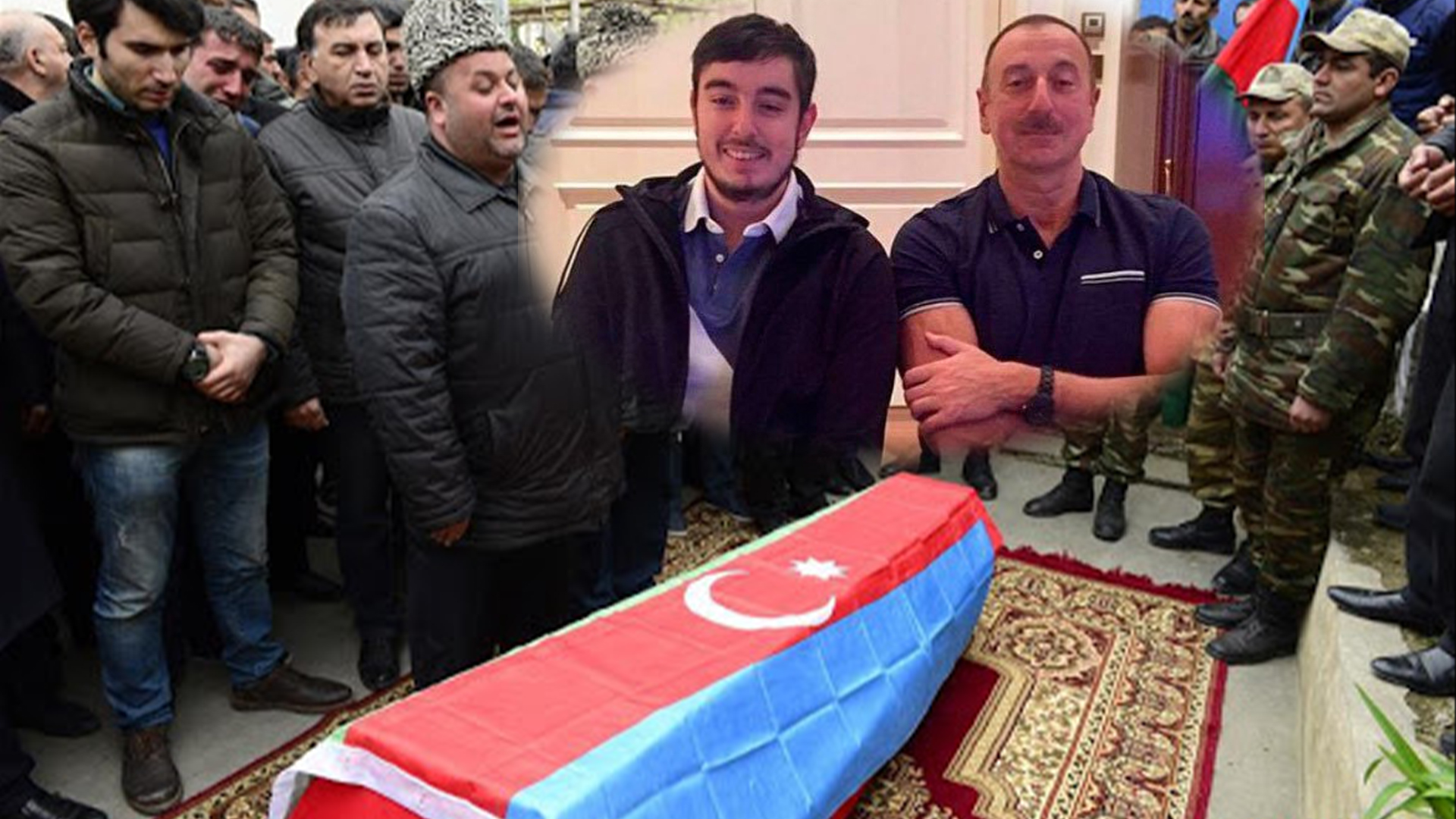
Очевидно, что обнародование этих и последующих данных в Азербайджане вызовет панику и апатию в обществе, которое, наверняка, спросит у власти – почему и для чего погибли все эти люди, уничтожена и выведена из строя техника, и что делать дальше.
Будет ли Нагорный Карабах могилой для Эрдогана?

В случае молчаливого соглашения между Москвой и Вашингтоном, эта война может дипломатически обернуться против президента Эрдогана, который стал невыносим для обеих держав. И то, что случилось с президентом Ирака Саддамом Хуссейном, который из прислужника Пентагона внезапно превратился во врага № 1, когда решил, что ему позволено захватить Кувейт, может произойти и с президентом Турции.
Российские военкоры нанесли сокрушительный удар по президенту и армии Азербайджана – СМИ
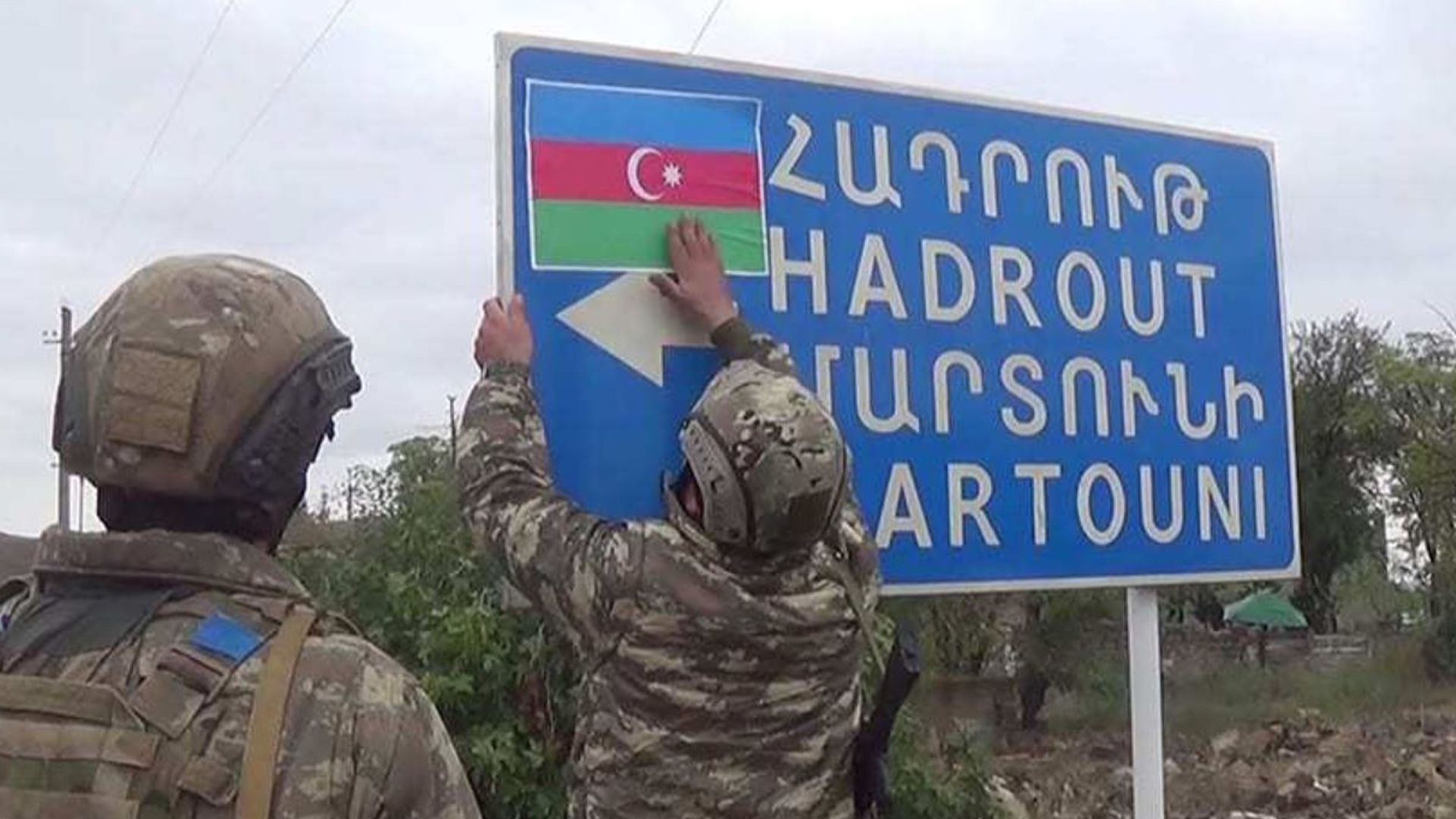
«Заявленный Ильхамом Алиевым захват Гадрута полностью опровергнут армянской стороной и источниками “на земле”, включая официального представителя Минобороны РА. Военное руководство Азербайджана и советники главы государства последовательно дезинформируют Алиева».
Устами Эрдогана Лондон и Вашингтон дают сигнал России в Карабахе
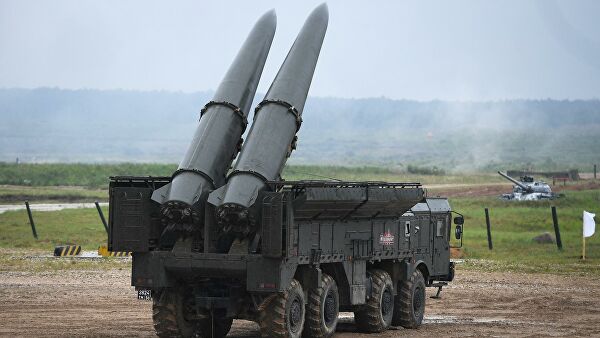
В Карабахском конфликте активно работают агенты-эмиссары турецкой разведки под прикрытием гуманитарных организаций. Например, якобы исламский духовный наставник, работник благотворительной организации фонда «IHH» Мехмед Алгар (гражданин Турции) и других фирм с финансированием Катара.
Назревающий бунт в Азербайджане

Власти Азербайджана крайне обеспокоены усиливающейся с каждым днем антиправительскими акциями среди населения. По достоверным сведениям, правящий режим уже начал готовиться к предотвращению возможных предстоящих митингов, в частности подразделения полиции и внутренних войск работают в усиленном режиме.
Назревающий бунт в Азербайджане

Пользователи азербайджанского сегмента соцсетей начали призывать друг друга объединиться и на митинге выразить свой протест. Так же ожидается наплыв большого количества беженцев из Гянджи, Тертера, Барды, Герамбоя и разных регионов страны в Баку, чтобы провести акции протеста.
‘We don’t even know where Azerbaijan is’: The Syrian mercenaries driven by poverty to die in a distant war

Hundreds of Syrians are said to be fighting in the conflict between Armenia and Azerbaijan, driven there by the need to earn money, report Bel Trew and Rajaai Bourhan
ЛЕЗГИНЫ ДОЛЖНЫ ИМЕТЬ СУВЕРЕННЫЙ ИНТЕРЕС
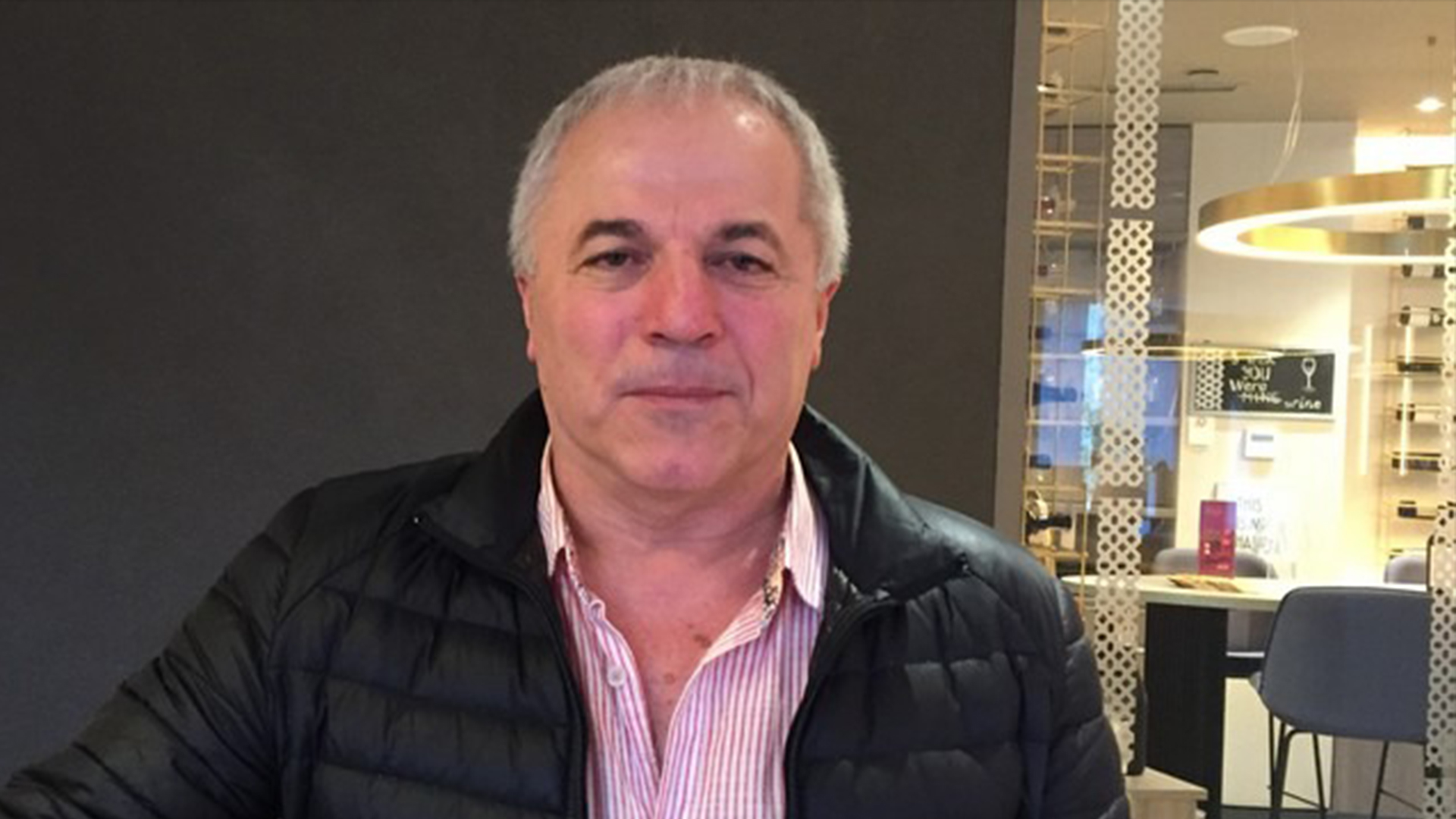
Впереди всех нас ждет раздел мира и новое мироустройство. Мы должны сказать свое слово отдельно от Баку - как Народ, имеющий собственный Суверенный Интерес.
ЗА ЧТО ПОГИБЛИ ЛЕЗГИНЫ?

Вопрос: а за что погибли лезгины - за утверждение вечного колониального управления над ними?
ЗА ЧТО ПОГИБЛИ ЛЕЗГИНЫ?

Я был уверен с первого дня войны, что закончится она именно так, волей России, как это случилось 200 лет назад.
НЕ ВЕРИТЬ ПЕРЕМИРИЮ С АЗЕРО-ТУРКАМИ
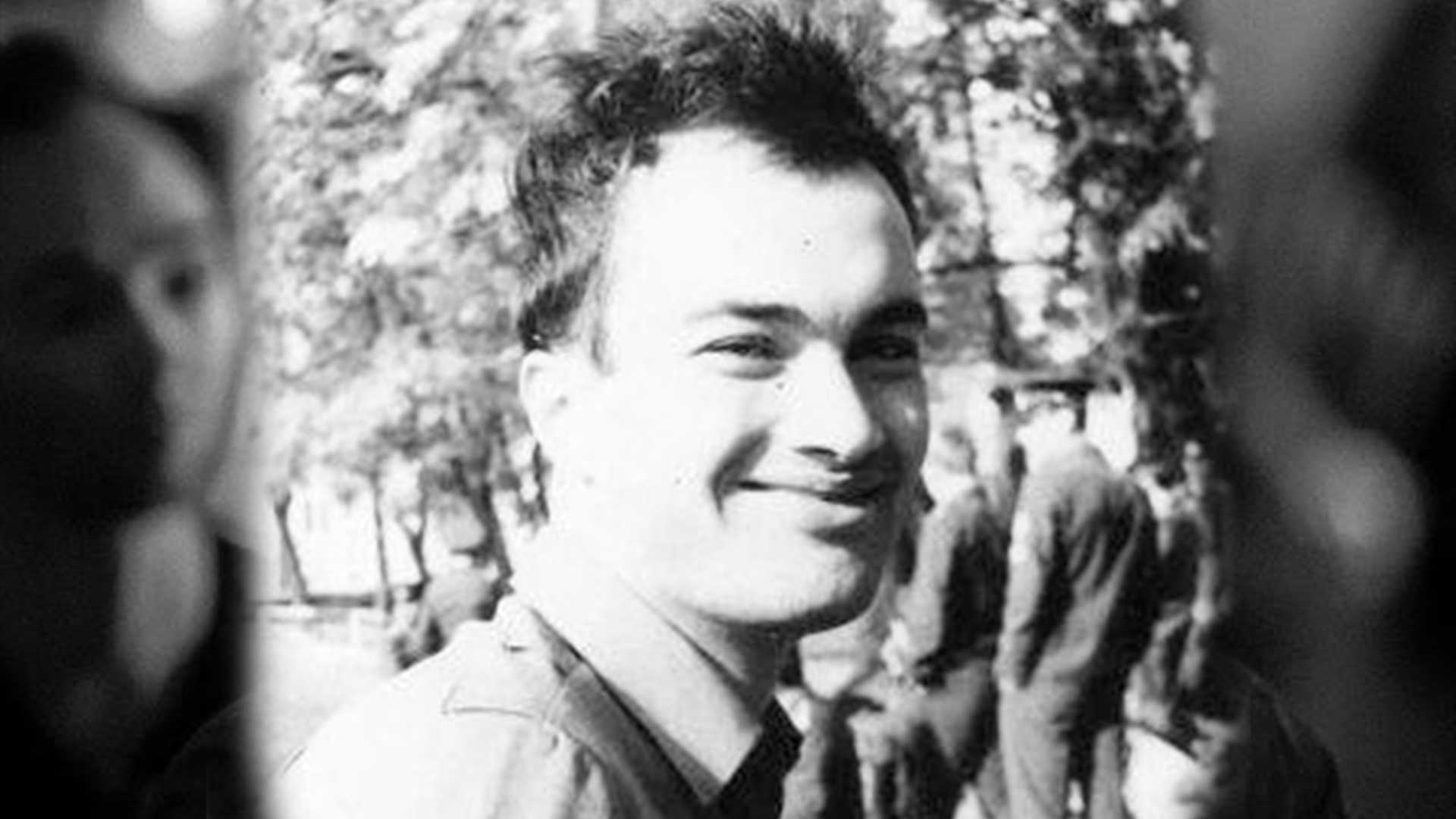
Алиев также договорился с Турцией о возвращении 150 военных советников, отозванных после свержения прежнего президента Эльчибея. Тогда же появлялись сведения о советниках из России и даже США.
НЕ ВЕРИТЬ ПЕРЕМИРИЮ С АЗЕРО-ТУРКАМИ
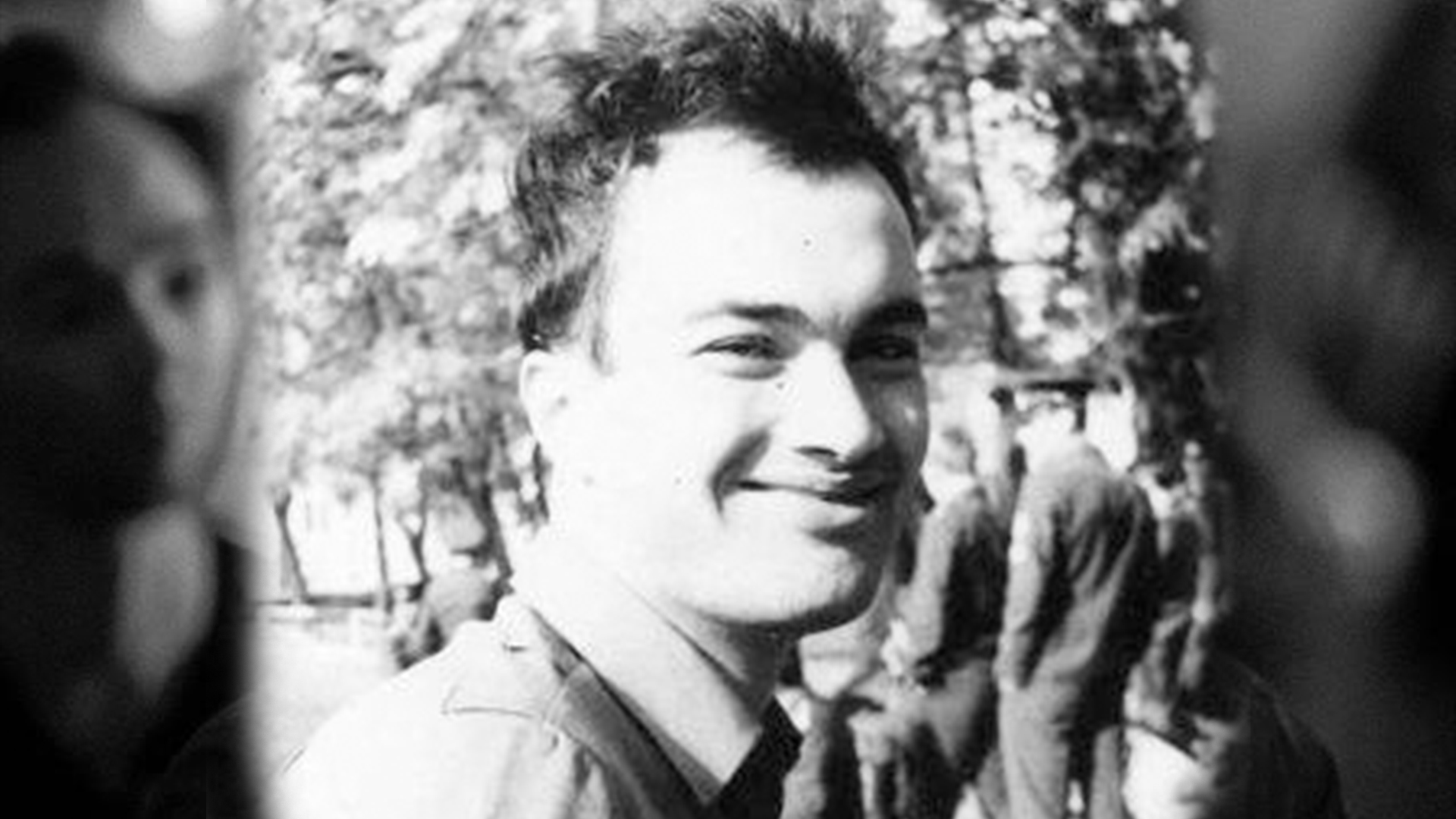
Азербайджанская сторона провела почти тотальную мобилизацию, наняла иностранных советников и большое количество наемников из стран СНГ.
О ГЛУПОСТИ ДИВАННЫХ «ПАТРИОТОВ» РОССИИ

Сербия сидит без Косова и на полнейших бобах. Донбасс на птичьих правах и буквально на бомбе, которая может в любой момент рвануть. Армян пытаются окончательно истребить.
О ГЛУПОСТИ ДИВАННЫХ «ПАТРИОТОВ» РОССИИ

Разбомбленный Белград, разбомбленный Донецк, разбомбленный Степанакерт.
INFERNO: КАК АЗЕРБАЙДЖАН И ТУРЦИЯ ИЗБАВЛЯЮТСЯ ОТ ТЕЛ ПОГИБШИХ
INFERNO: КАК АЗЕРБАЙДЖАН И ТУРЦИЯ ИЗБАВЛЯЮТСЯ ОТ ТЕЛ ПОГИБШИХ
На представленном ниже видео – жуткая картина. Комментировать ее невозможно и бессмысленно. Происходящее – за гранью реальности, за гранью добра и зла. Именно так – выбрасывая с вертолета в море – избавляется от тел погибших турецко-азербайджанский альянс, пытаясь скрыть сразу несколько факторов: участие в боях турецких военных и боевиков с Ближнего Востока, а также реальную цифру потерь в своих рядах. Данное видео – одно из самых страшных доказательств полного одичания двух сообществ. Соб. инф.
Армяне героически воюют, а мы наблюдаем, или что такое субъектность этноса
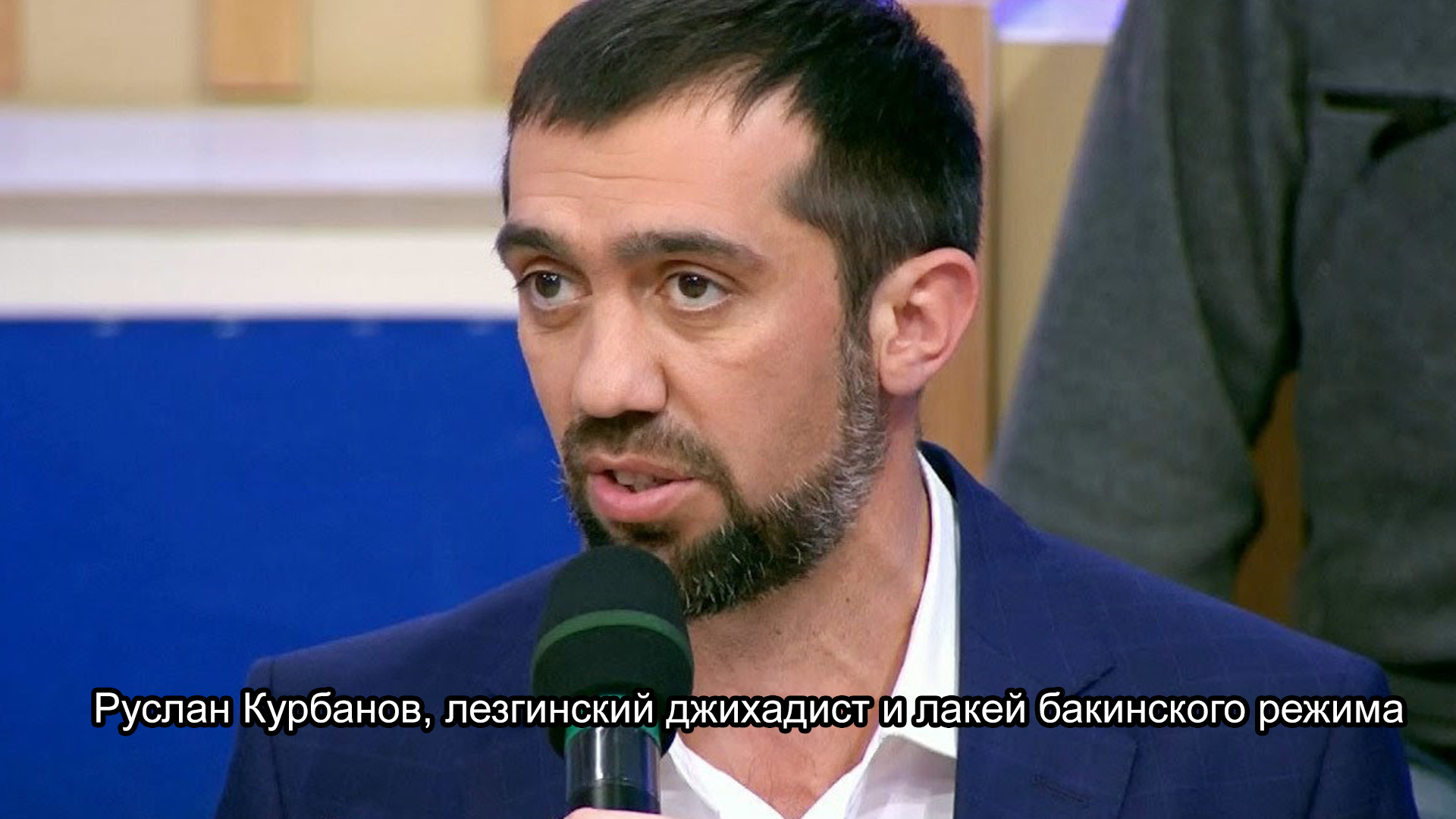
Я не знаю ситуацию на лезгинских территориях, но на моей родине, в Талышистане, нет ни одной деревни, ни одного поселения, где каждый день не совершались бы погребальные обряды. Причем, как я уже писал, не все тела выдают по мере гибели военнослужащих - их держат в моргах, уведомляя родственников погибших постепенно.
Армяне героически воюют, а мы наблюдаем, или что такое субъектность этноса
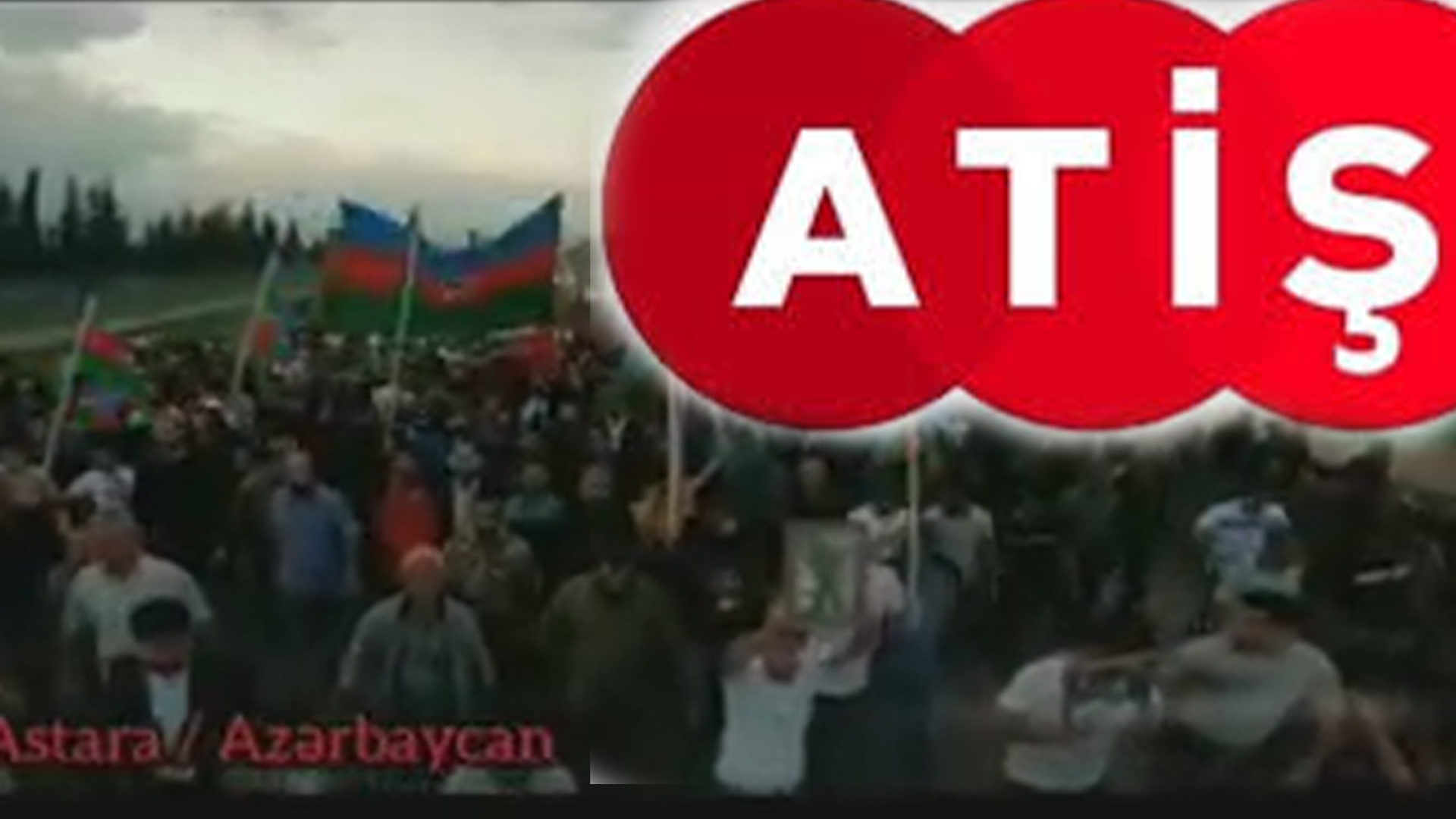
Казалось бы, все мы должны были быть воодушевлены этой войной, потенциально дающей нам возможность сбросить поганое иго этого гнилого государственного образования, освободиться от рабства. Даже не надо было восставать, делать какие-либо радикальные шаги. Нам нужно было, по крайней мере, занять заинтересованную нейтральную позицию.
Армяне героически воюют, а мы наблюдаем, или что такое субъектность этноса
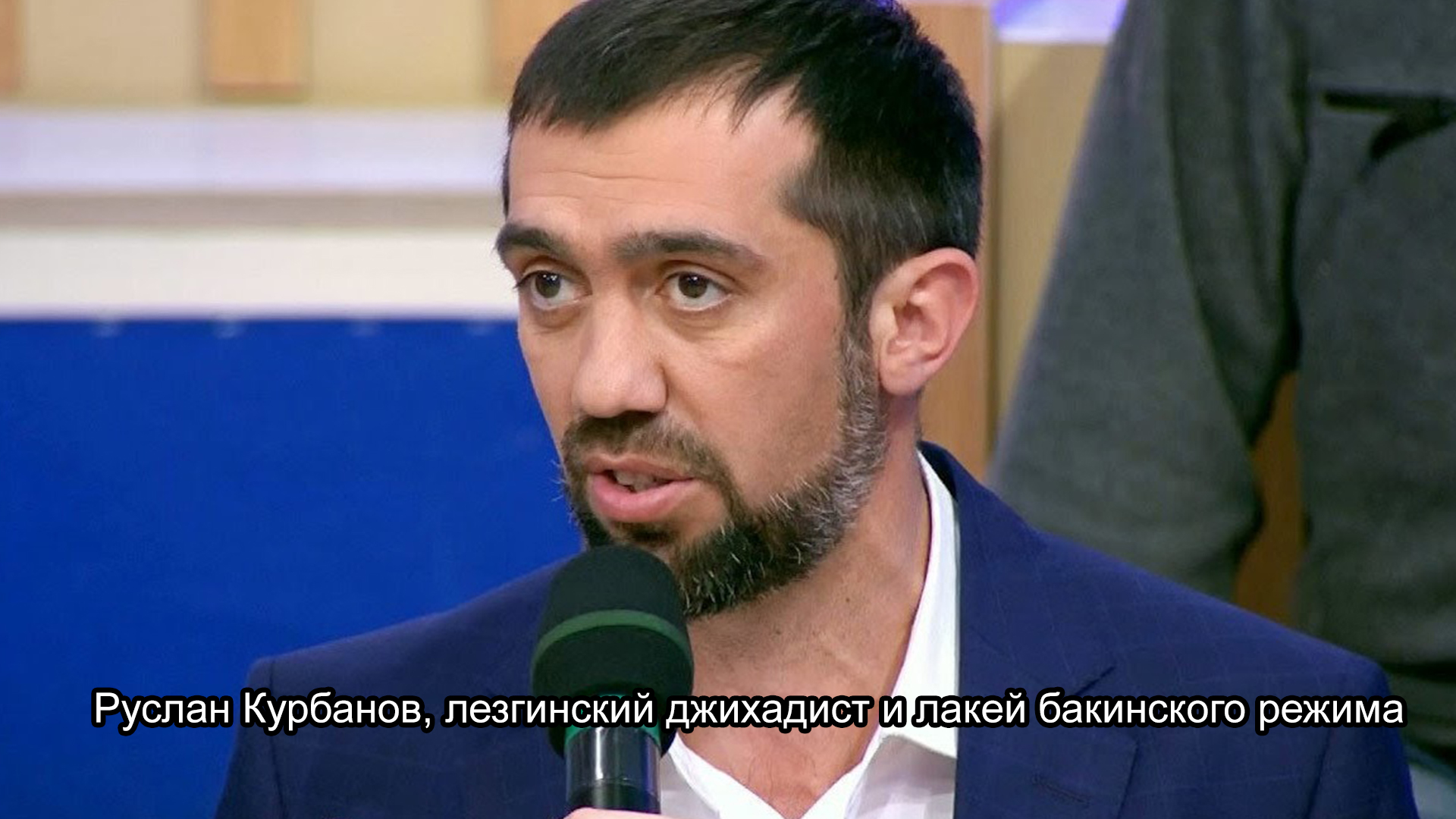
Исход войны предопределен. Она закончится полной победой армян над Азербайджаном и над всей этой бандитской швалью. Будьте уверены, при любом послевоенном раскладе это искусственное гособразование уже не будет таким как было прежде.
Талышей на фронте расстреливают азербайджанские заградотряды!!!

Азербайджан ведет войну захватническую, позорную и вызывающую осуждение у всего мирового сообщества! А ведь расстрел на поле боя – не единственное, что грозит талышам, не желающим пятнать себя войной против армян.
Талышей на фронте расстреливают азербайджанские заградотряды!!!
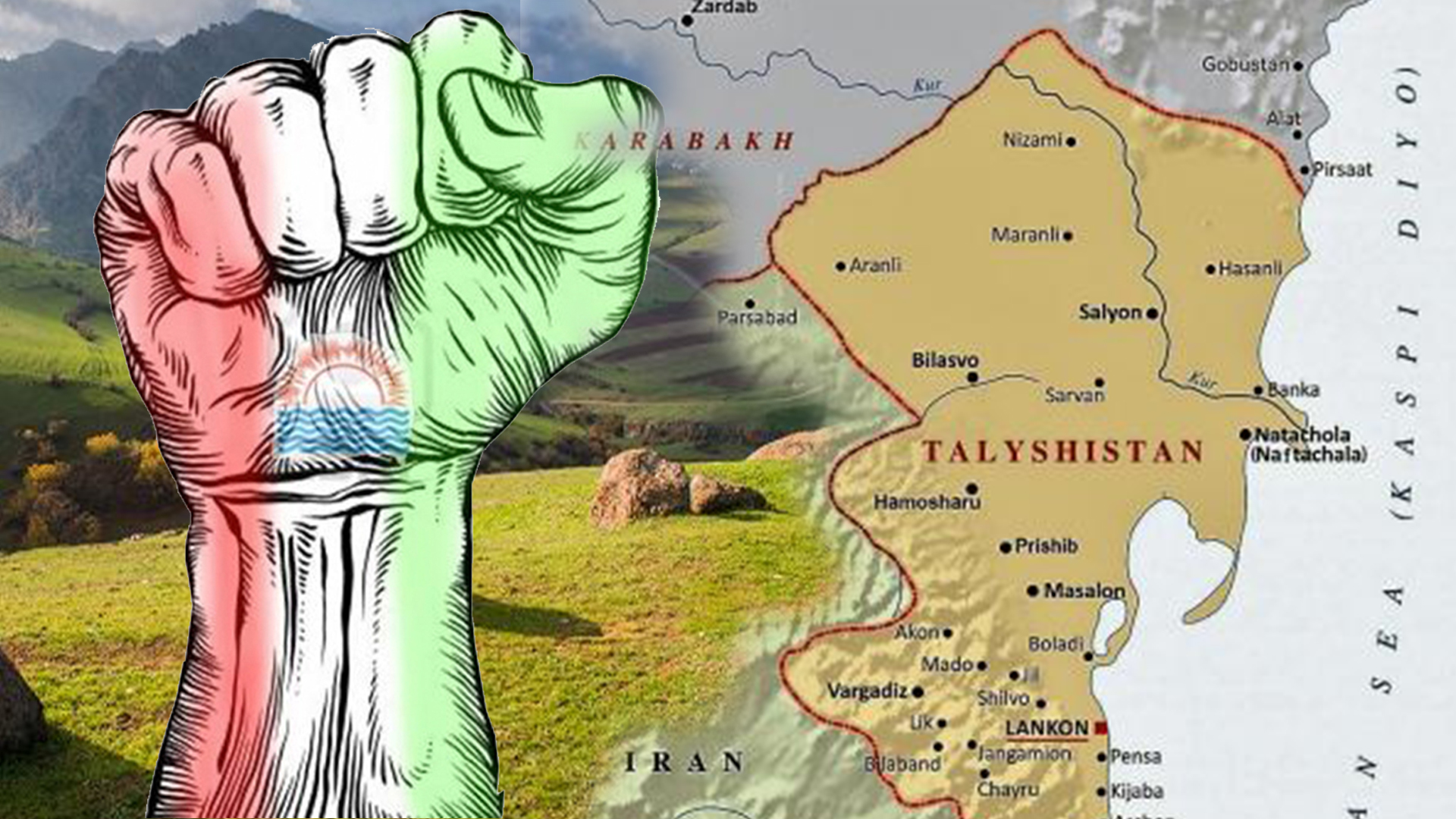
Знай, Алиев, во-первых, Азербайджан – не наше отечество, наше отечество – Талышистан! Во-вторых, сейчас мы не защищаемся, а нападаем на армян, которые нам, талышам, никогда ничего плохого не делали! И, в-третьих, давайте будем честны – нам не воевать с армянами надо, а объединяться – против преступного алиевского режима, - Рашад Ликидж
Азербайджанский врач: Азербайджан не эвакуирует раненых с поля боя
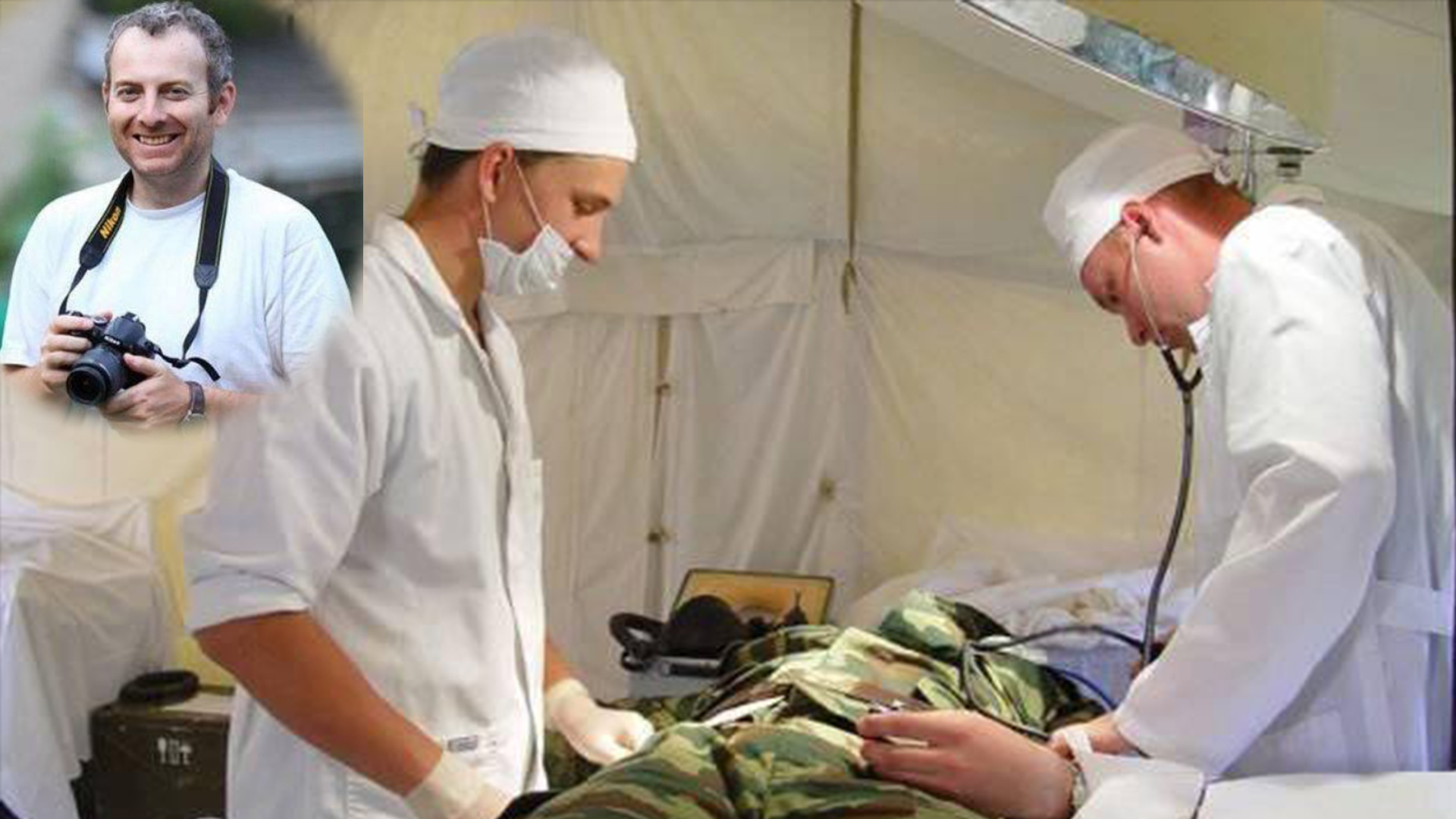
"...Может быть мне кто-то скажет "Нечего жалеть азербайджанцев, они сами агрессоры" и я не соглашусь. Все эти люди - солдаты. Они выполняют приказ, и Алиев совершает преступление, не позволяя достойно похоронить убитых, или спасти тех, кто еще жив»,- aзербайджанский врач.
Азербайджанский врач: Азербайджан не эвакуирует раненых с поля боя
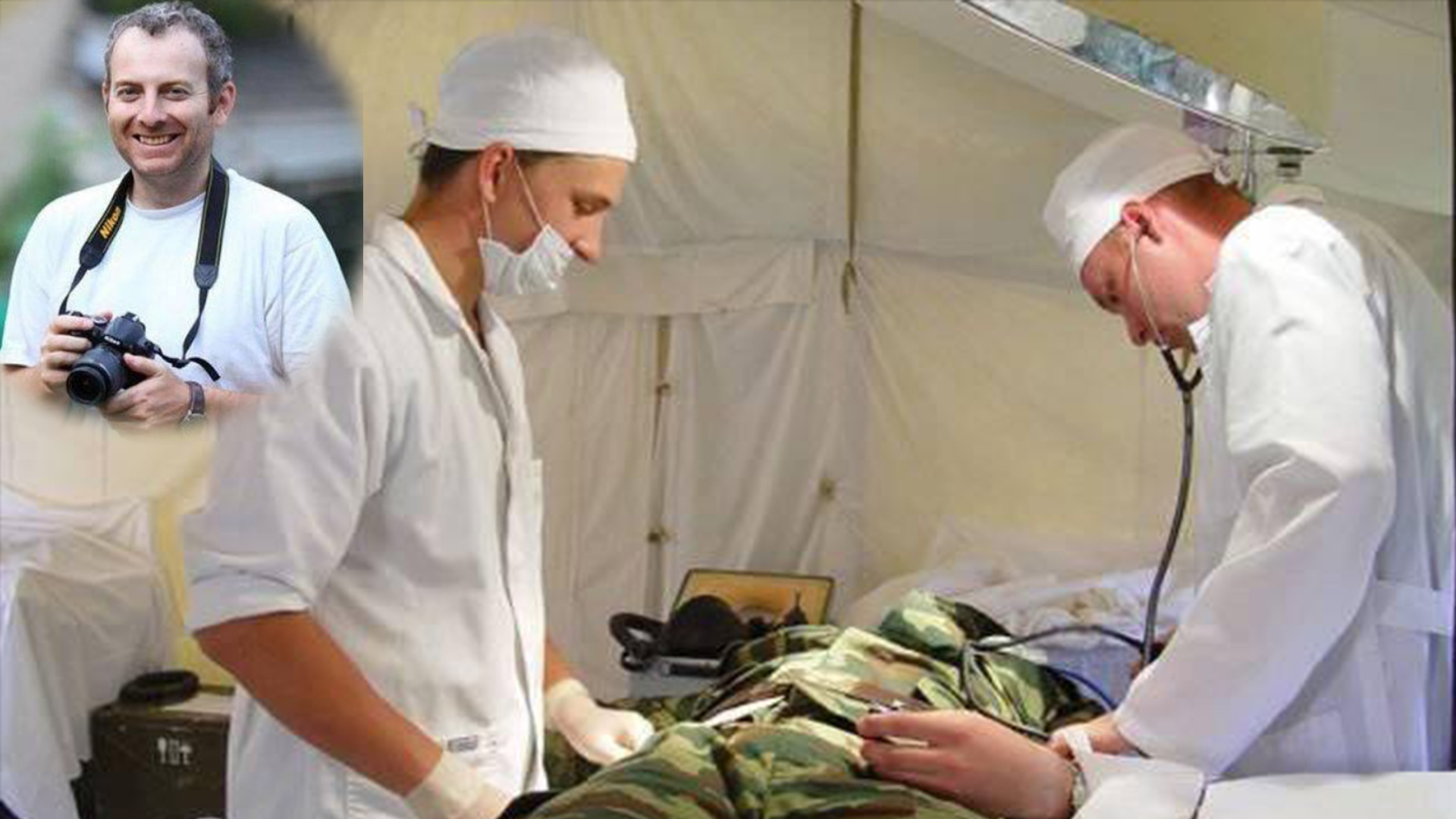
"...более чем 2000 трупов азербайджанских солдат, которых никто не эвакуирует с поля боя. Разорванные на части тела молодых парней разбросаны от Джебраила на юге до подступов к Талышу на севере. Все эти люди - солдаты. Они выполняют приказ, и Алиев совершает преступление...»-aзербайджанский врач.
ПРАВДА ИЗ УСТ ЖЕНЫ ПОГИБШЕГО АЗЕРБАЙДЖАНСКОГО ПИЛОТА
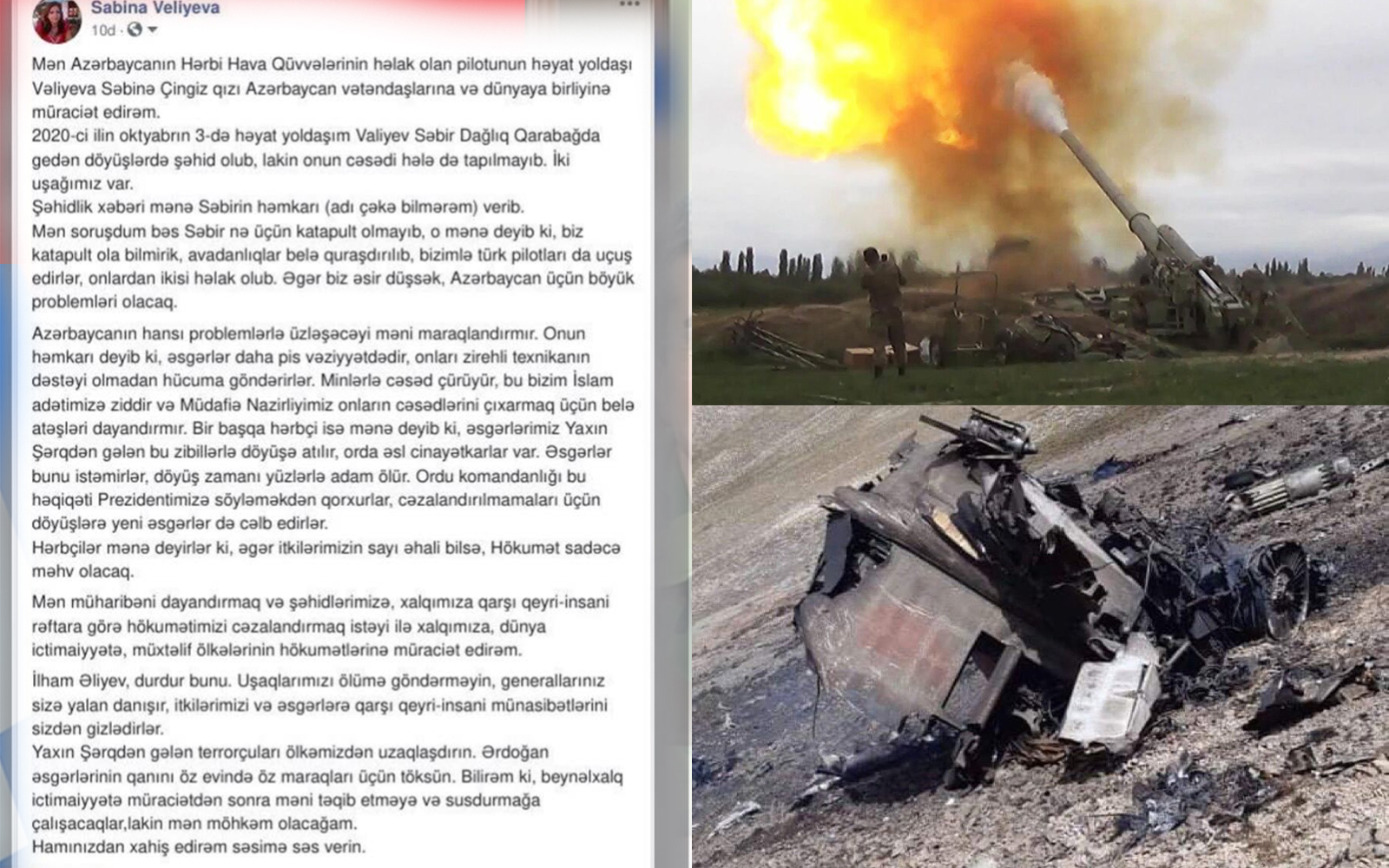
"Мне всё равно, какие проблемы будут у Азербайджана. Его сослуживец также рассказал, что с солдатами всё ещё хуже, их отправляют в атаку без поддержки бронетехники, как [пушечное] мясо. Тысячи трупов лежат и гниют, это нарушает наши обычаи ислама, и наше министерство обороны не останавливается, чтобы хотя бы собрать их."
ПРАВДА ИЗ УСТ ЖЕНЫ ПОГИБШЕГО АЗЕРБАЙДЖАНСКОГО ПИЛОТА

...он ответил, что мы не можем катапультироваться - так устроено, чтобы нас не захватили, так как с нами летают и турецкие пилоты, двое уже погибли. И если их или нас захватят в плен, у Азербайджана будут большие проблемы, у нас билет в один конец.
Карабах и мусульмане России: муфтии — за мир, религиозный актив — за Баку
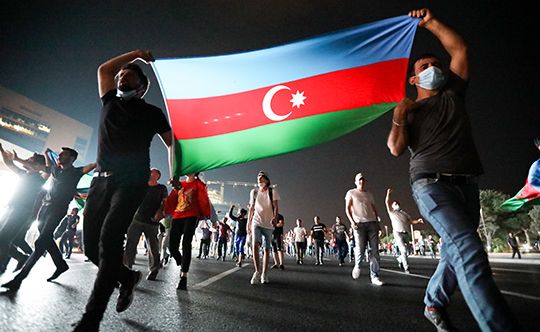
Так, глава Чечни Рамзан Кадыров выступил с обращением, в котором призвал армян и азербайджанцев (он назвал их «братскими народами») остановить «бессмысленное кровопролитие», поскольку Нагорный Карабах стал «кровоточащей раной, которой определенные силы не дают возможность зажить, и от этой боли страдает весь Кавказ, все братские народы региона».
СЫН ПАШИНЯНА НА ПЕРЕДОВОЙ. А ГДЕ СЫН АЛИЕВА?
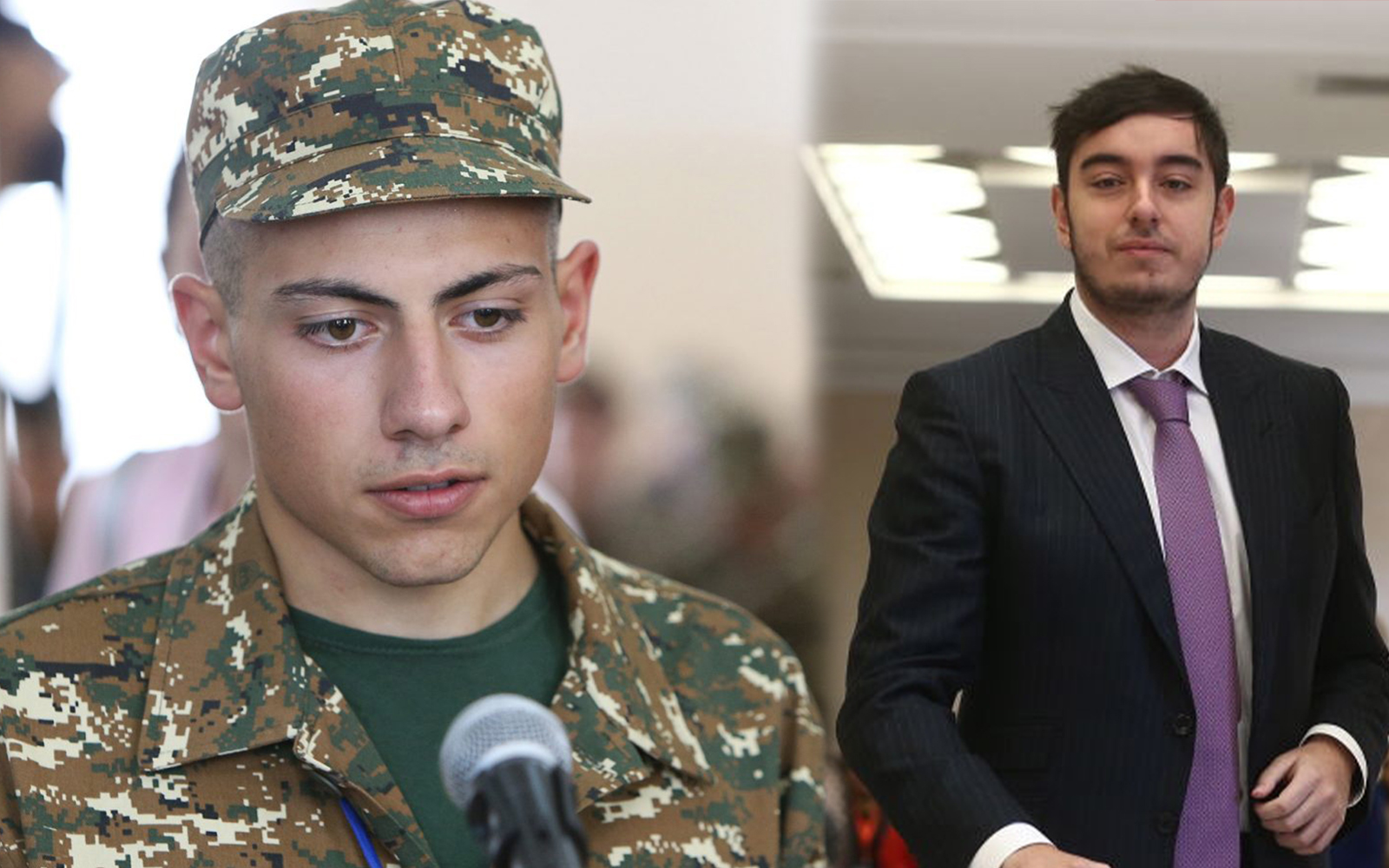
Где наш в меру упитанный «золотой мальчик»? Просаживает государственную казну где-нибудь на анатолийском побережье? Развлекается в европейских столицах? Не знаю. Одно знаю наверняка – он не на фронте. Война, развязанная его папашей, - не его война.
СЫН ПАШИНЯНА НА ПЕРЕДОВОЙ. А ГДЕ СЫН АЛИЕВА?

Именно на этом фоне становится еще более актуальным главный вопрос: а где сейчас вполне дееспособный сын Ильхама Алиева и Мехрибан-ханум? Мы его хоть раз видели в последние дни? Где наш в меру упитанный «золотой мальчик»?
БЫВШИЙ ТУРЕЦКИЙ ДЕПУТАТ: “ТУРЦИЯ ОТПРАВИЛА ДЖИХАДИСТОВ В АЗЕРБАЙДЖАН ВОЕВАТЬ ПРОТИВ АРМЯН”

В эфире турецкого канал Haberturk бывший турецкий дипломат Унал Чевикоз сделал очень интересные заявления о том, что Турция в последнее время не только передавала вооружения и военную технику азербайджанской стороне, но и отправляла туда группы так называемых джихадистов, которые должны воевать там “во имя ислама”.
Правда из Карабаха от Рашада Ликиджа
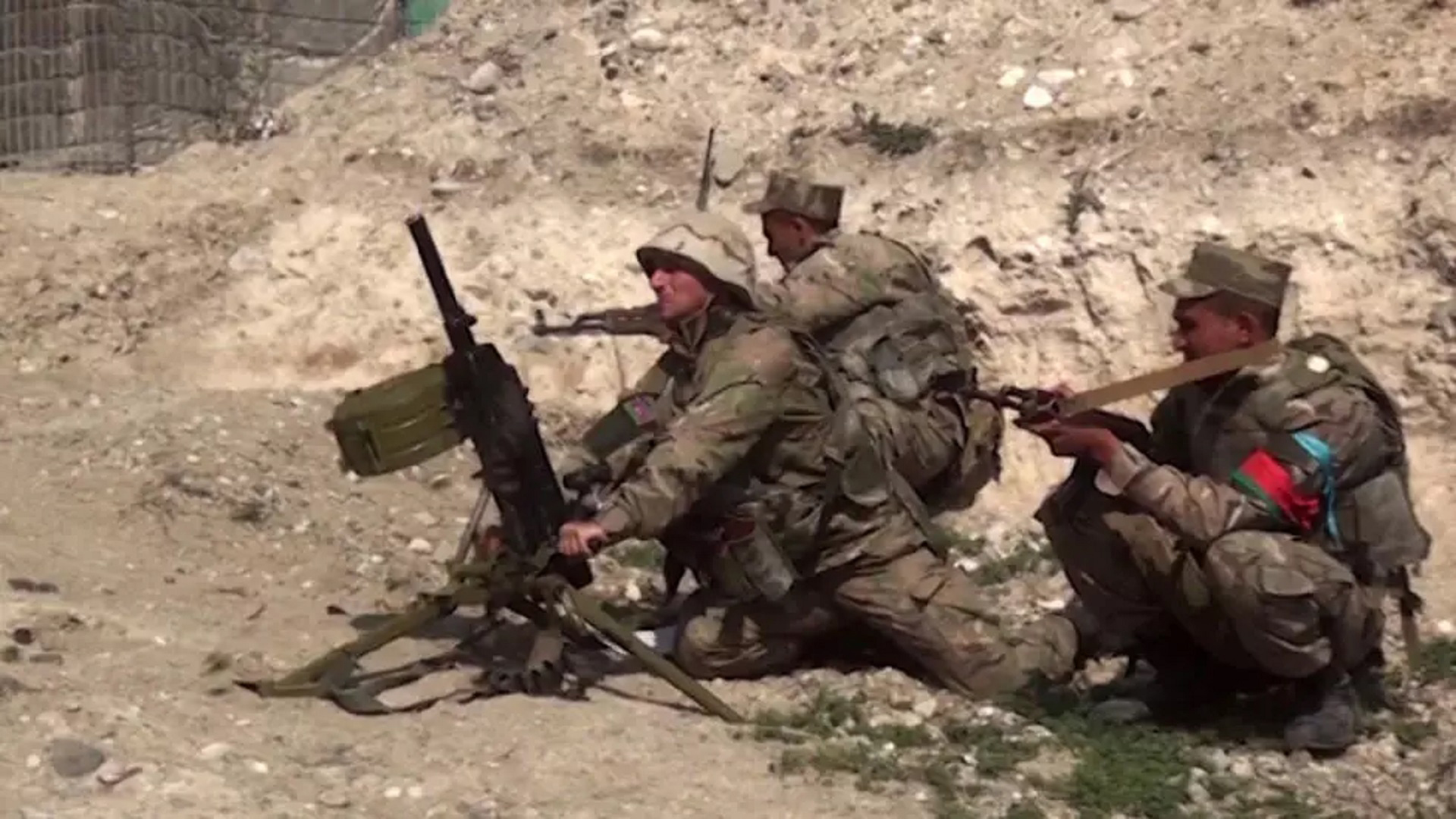
"Азербайджанцы сидят за нашими спинами и лишь посылают в бой все новых и новых сынов моего народа – самых молодых, сильных, активных. Конца этому не видно. Потери огромные, а прекращать свою авантюру Алиев не хочет"- Рашад Ликидж, из Степанакерта.
БЫВШИЙ ТУРЕЦКИЙ ДЕПУТАТ: “ТУРЦИЯ ОТПРАВИЛА ДЖИХАДИСТОВ В АЗЕРБАЙДЖАН ВОЕВАТЬ ПРОТИВ АРМЯН”

Очень жаль, что в Азербайджане не извлекли урока из прошлых конфликтов. В результате война, запланированная Алиевым и Ко как стремительная операция «по возвращению оккупированных земель», как обычно, гибнет непропорционально большое число молодых ребят-представителей коренных народов гособразования под названием Азербайджан.
Обращение Президента Арцаха Араика Арутюняна к населению Талышистана и Лезгистана
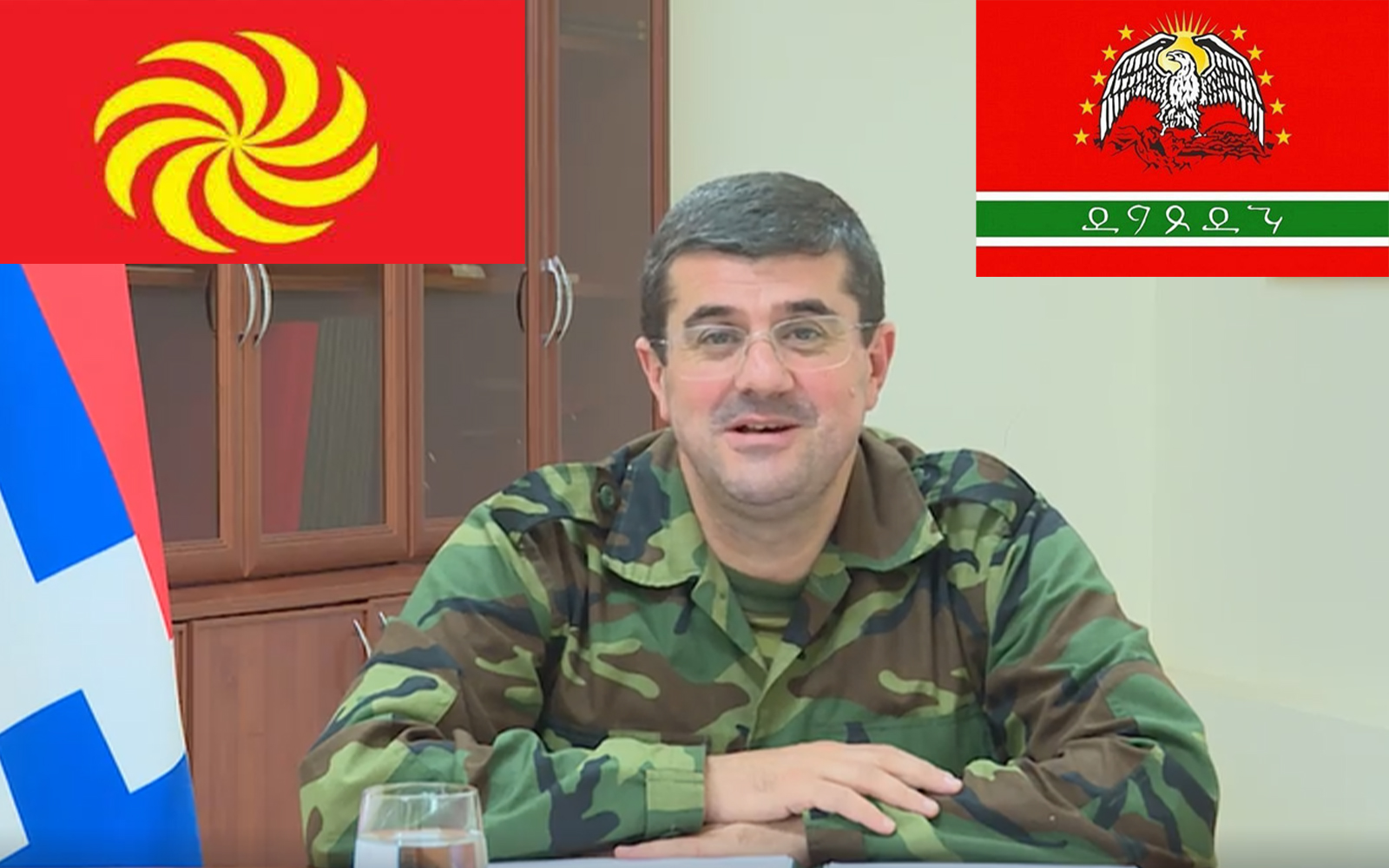
Piedəme bəmı bovə bıkən ki, əmə tolışə iyən ləzgiə xəlğon ədolətinə mıborizə tərəfdorimon iyən hozımon de har curədə cur vositon koməg bıkəmon ki, ım xəlğon bəştə oxonə məğsədi bırəson iyən mıstəğıləti bə dast bıvon.
Обращение Президента Арцаха Араика Арутюняна к населению Талышистана и Лезгистана
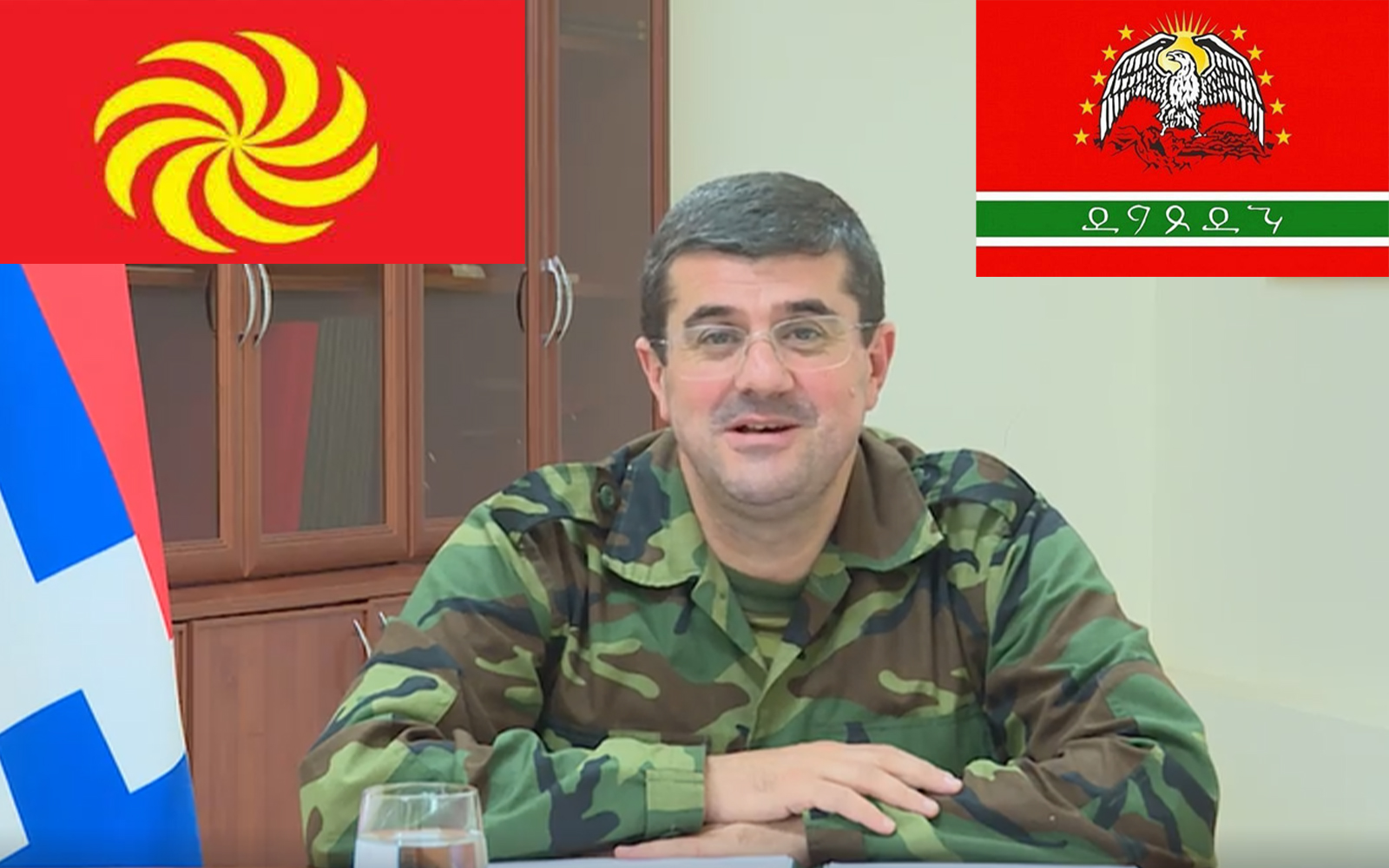
Хочу заверить, что мы поддерживаем справедливую борьбу талышского и лезгинского народов и готовы всеми возможными способами оказать им содействие в достижении окончательной цели их борьбы - получении независимости.
ТАЛЫШИ ПЕРЕХОДЯТ НА СТОРОНУ АРМЯН?
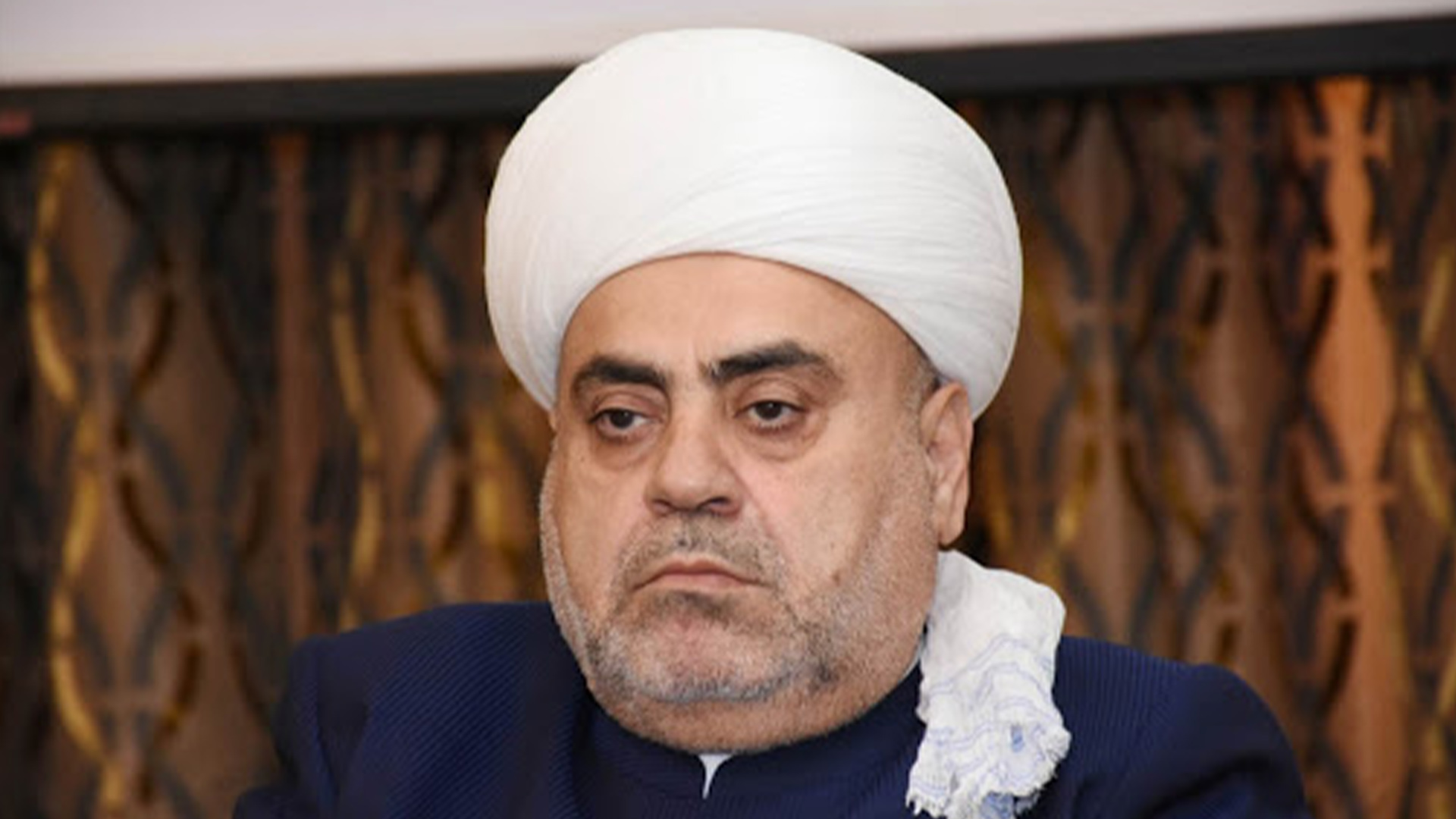
ТАЛЫШИ ПЕРЕХОДЯТ НА СТОРОНУ АРМЯН... администрация президента Алиева оказывает давление на духовного лидера, чтобы он выступил со специальным призывом и пообещал погибшим за Азербайджан статус мученика.
ТАЛЫШИ ПЕРЕХОДЯТ НА СТОРОНУ АРМЯН?
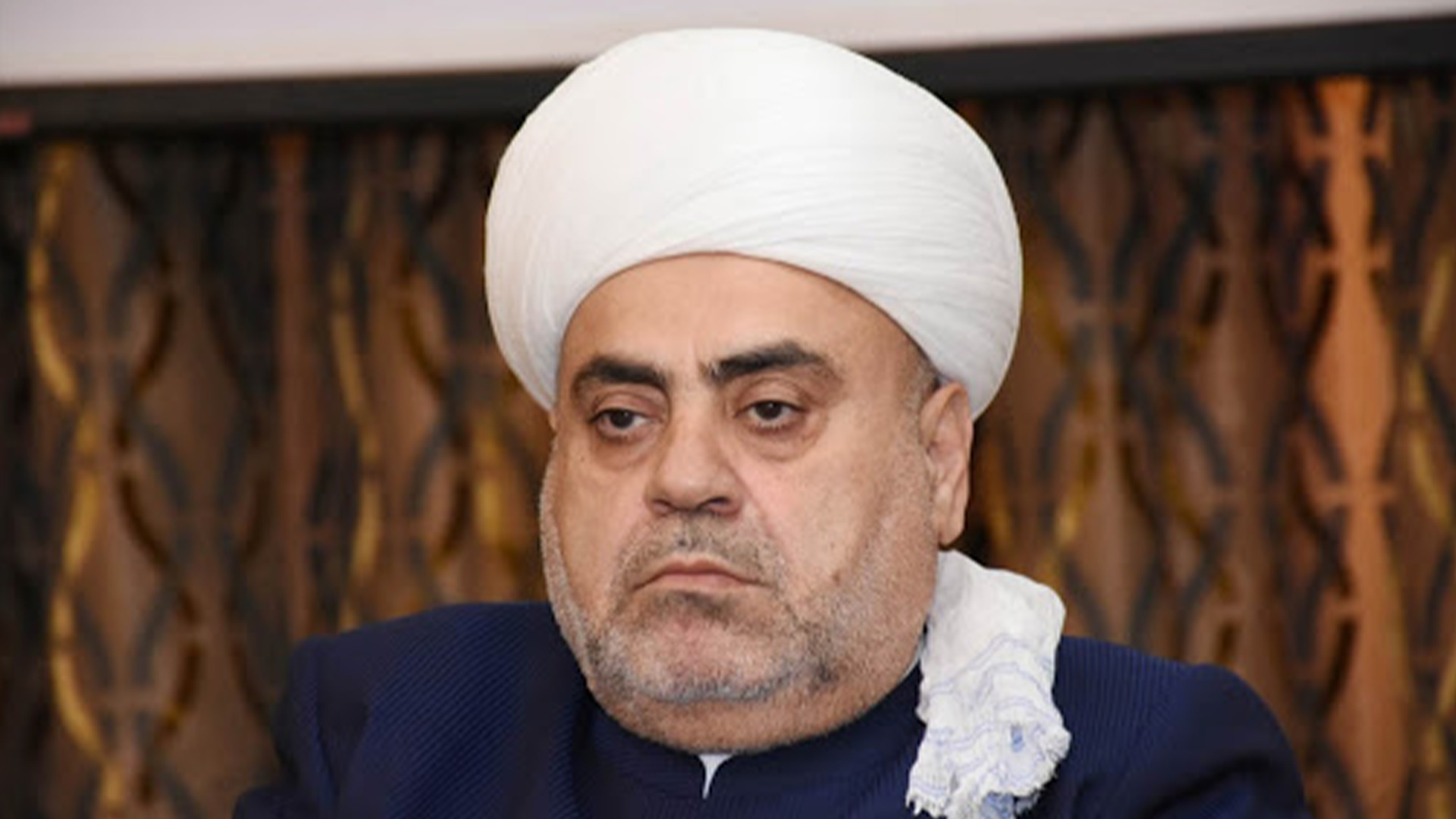
По только что полученной нами информации из источника, близкого к окружению Аллахшукюра Пашазадэ, в связи с участившимися случаями переходов солдат-талышей на сторону армян.
НА ТАЛЫШЕЙ В АЗЕРБАЙДЖАНЕ СПИСЫВАЮТ ПРОВАЛЫ НА ФРОНТЕ
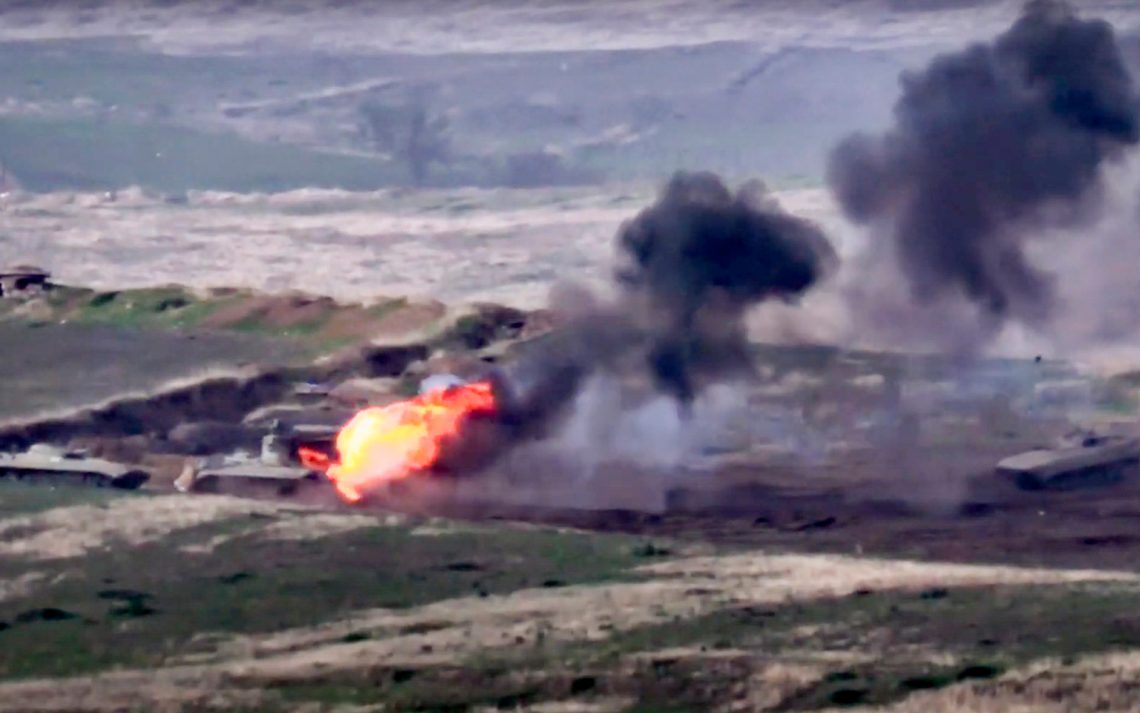
Надо полагать, что по мере отступления азербайджанской армии, количество обвинений в адрес талышей, как, впрочем, и представителей других нацменьшинств, будет расти как снежный ком.
НА ТАЛЫШЕЙ В АЗЕРБАЙДЖАНЕ СПИСЫВАЮТ ПРОВАЛЫ НА ФРОНТЕ
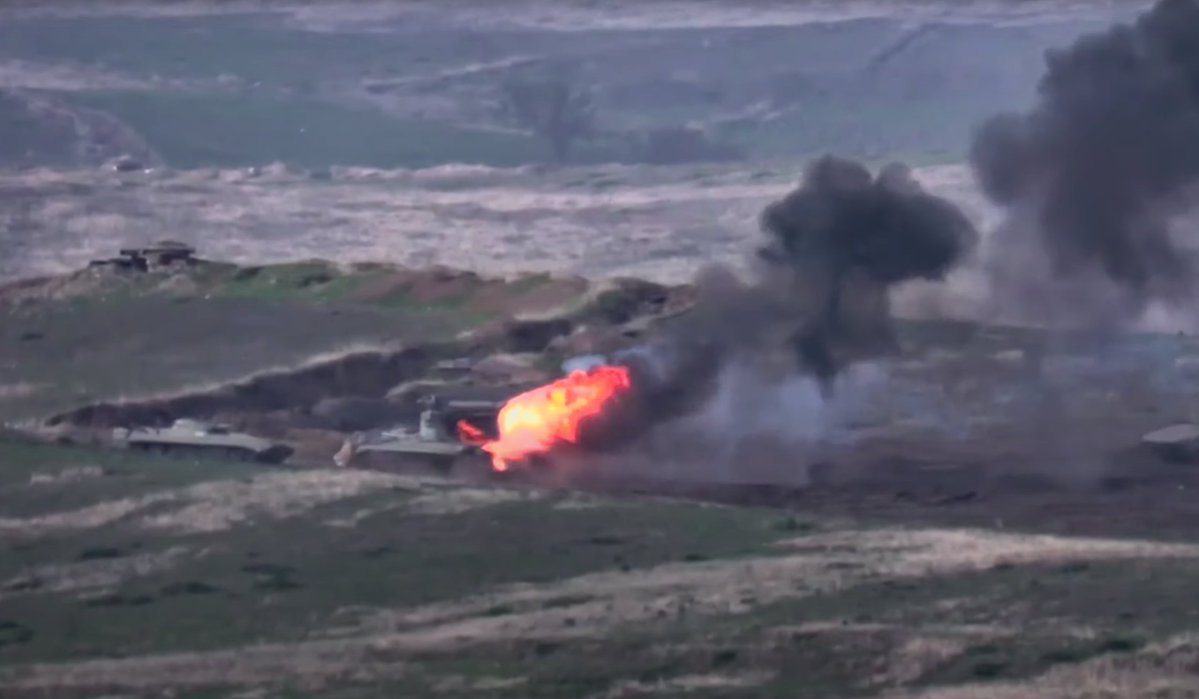
На талышей уже начали списывать неудачи на фронте. Надо полагать, что по мере отступления азербайджанской армии, количество обвинений в адрес талышей, как, впрочем, и представителей других нацменьшинств, будет расти как снежный ком.
В АЗЕРБАЙДЖАНЕ ЗАПРЕЩАЮТ МАРСИЯ ПО ПОГИБШИМ С УПОМИНАНИЕМ ИМАМА ХУСЕЙНА
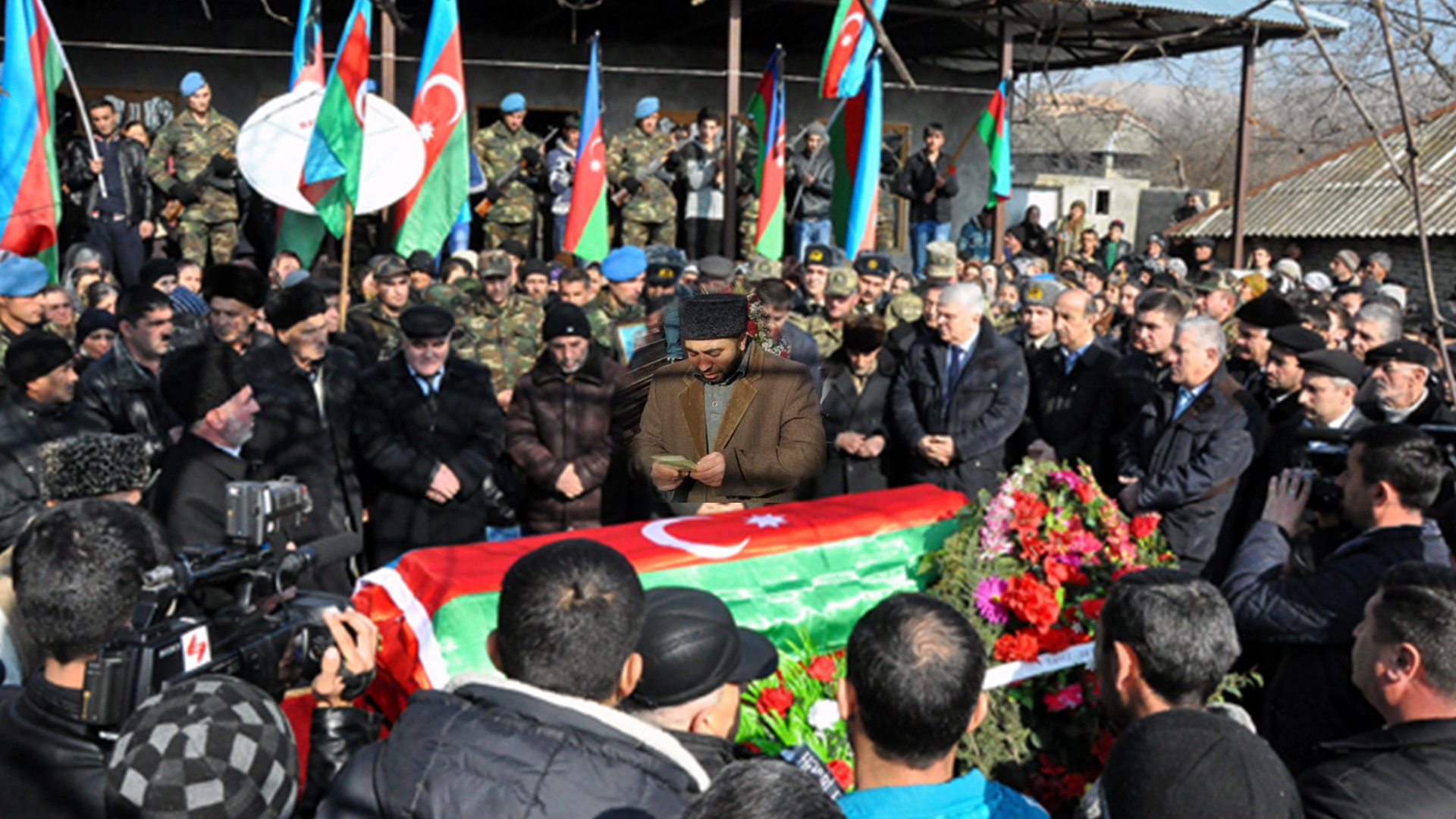
Кажется, это последняя капля, которая переполнит безграничное терпение нашего народа. Руки прочь от нашей веры и от нашего духовенства!
В АЗЕРБАЙДЖАНЕ ЗАПРЕЩАЮТ МАРСИЯ ПО ПОГИБШИМ С УПОМИНАНИЕМ ИМАМА ХУСЕЙНА
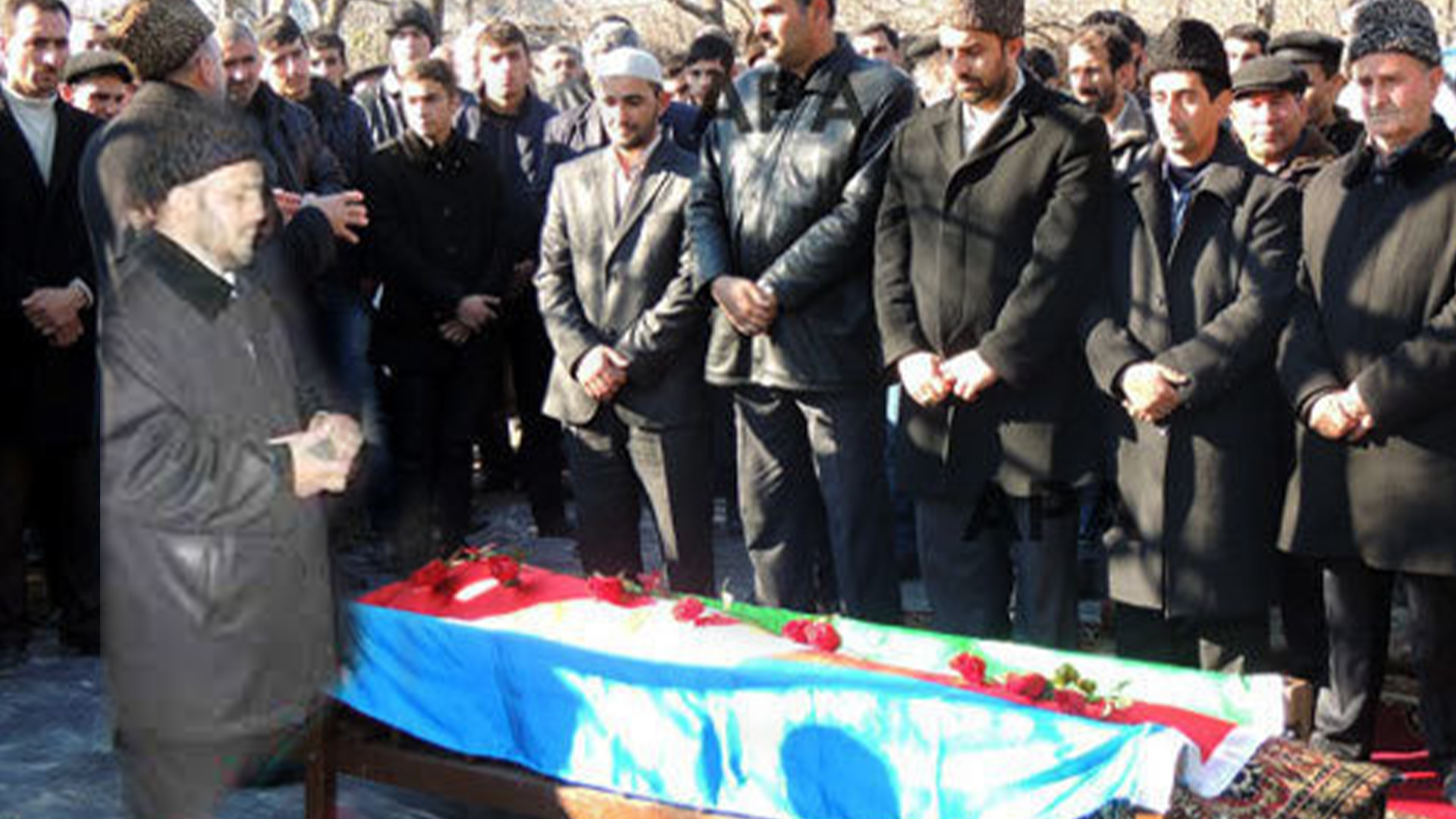
Сбритые бороды духовенства утром выбросили на улицу с криками: "Помните, всё что вы делали до сих пор, касалось арабов и фарсов. Впредь это должно касаться турок и азербайджанцев!».
ИНТЕЛЛИГЕНЦИЯ, НЕ МОЛЧИ! НАРОД, ПОДНИМАЙСЯ! ТАЛЫШИ И ЛЕЗГИНЫ НА ЭТОЙ ВОЙНЕ

Встаньте во весь рост с открытым забралом и говорите правду своим народам! Берите пример с воюющего Арцаха! С армянских воинов, с каждого армянина, готового сложить голову именно за свою землю! Не бойтесь! Помните, армяне воюют и за вас! Помогите им! Если не можете помочь, не мешайте!
ИНТЕЛЛИГЕНЦИЯ, НЕ МОЛЧИ! НАРОД, ПОДНИМАЙСЯ! ТАЛЫШИ И ЛЕЗГИНЫ НА ЭТОЙ ВОЙНЕ
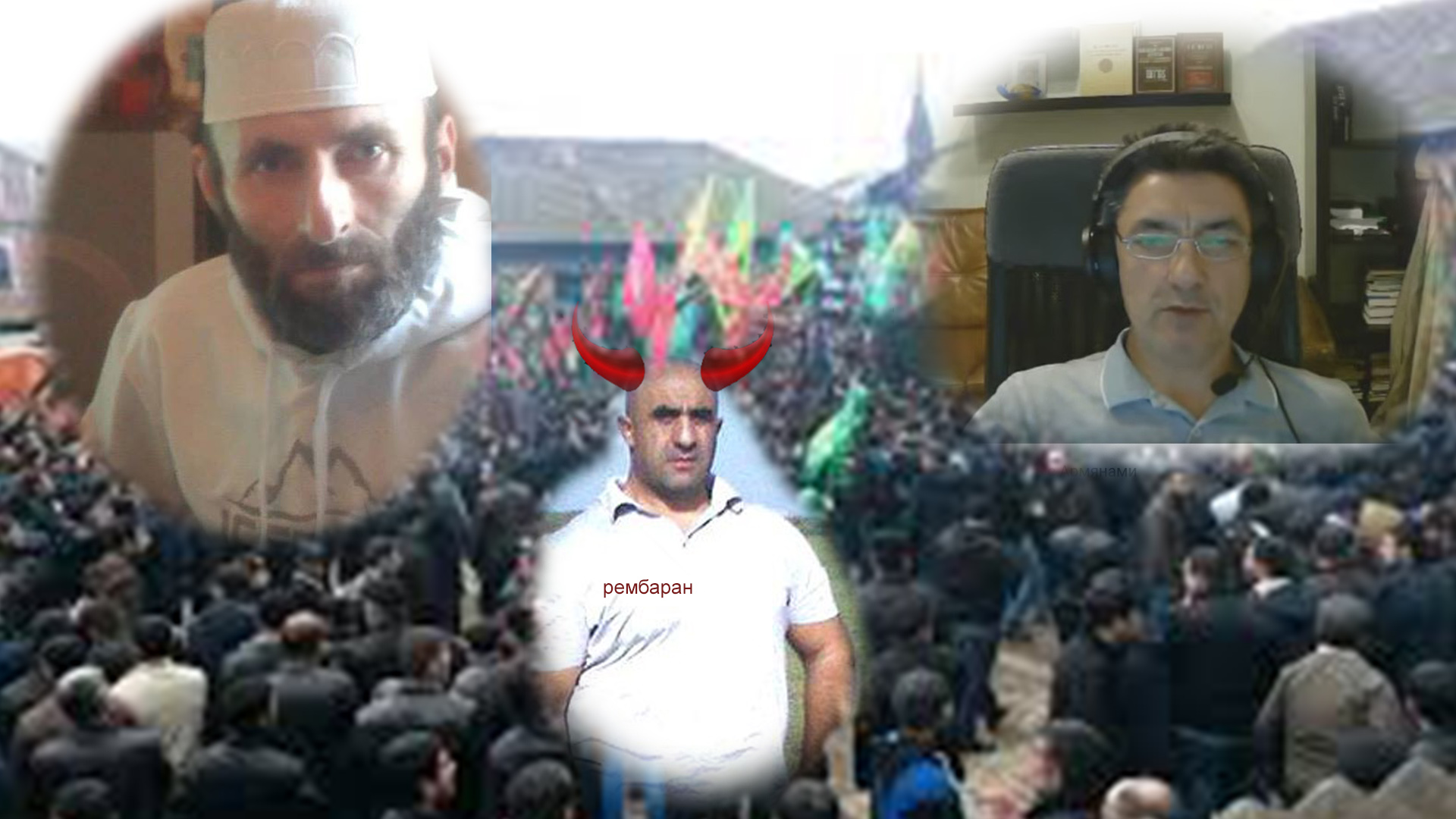
Я обращаюсь к талышской интеллигенции! Чего вы боитесь, друзья? Скажите свое слово! Довольно рассуждений! Довольно оплакивать погибших и при этом мириться с новыми жертвами алиевской войны! Народ никогда не простит нерешительности, пассивности – это останется клеймом на вашем лбу!
ИНТЕЛЛИГЕНЦИЯ, НЕ МОЛЧИ! НАРОД, ПОДНИМАЙСЯ! ТАЛЫШИ И ЛЕЗГИНЫ НА ЭТОЙ ВОЙНЕ
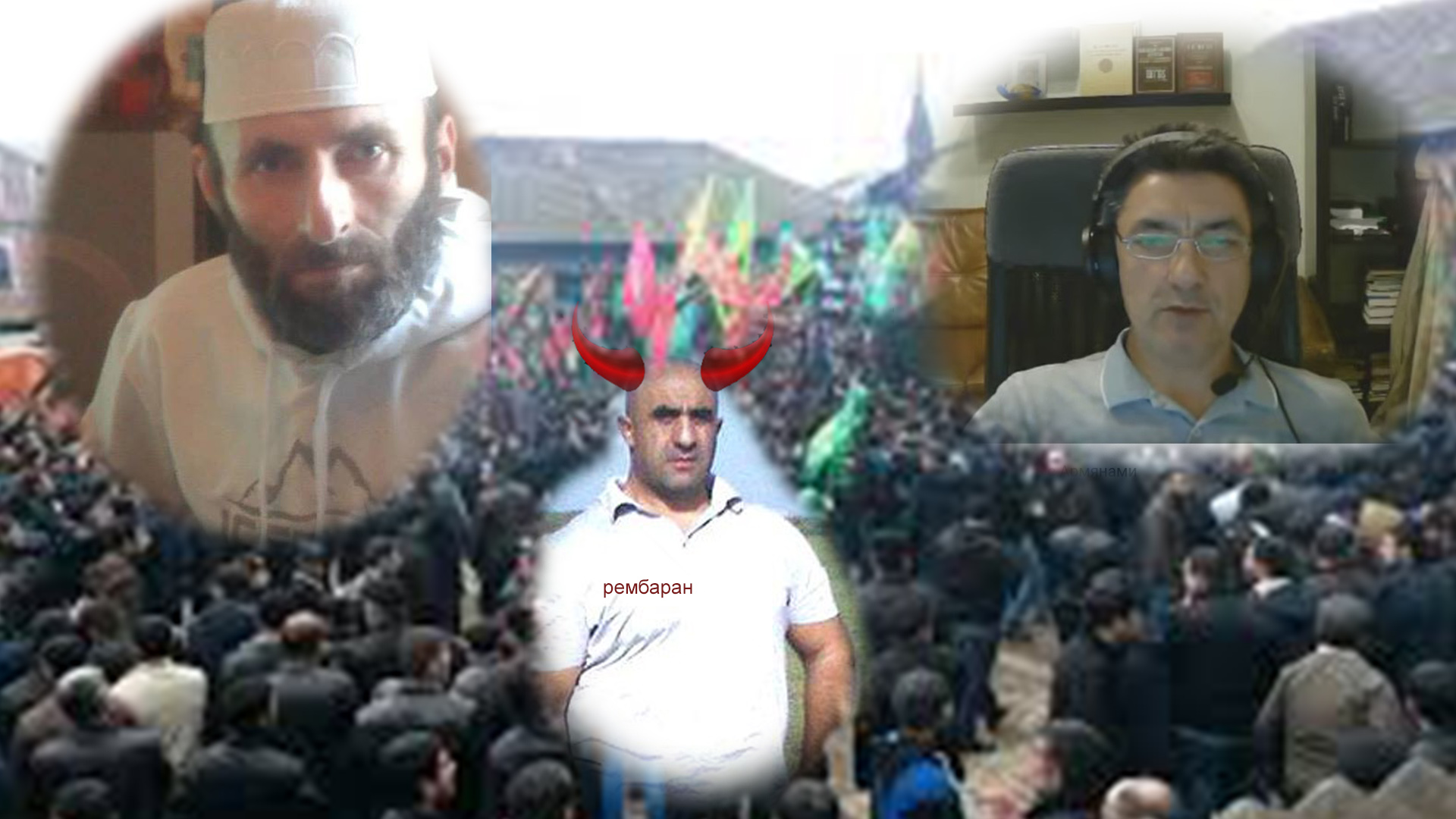
Армянская армия победоносно идет вперед. Число жертв и среди наших народов будет непомерно увеличиваться… Я обращаюсь к талышской интеллигенции! Чего вы боитесь, друзья? Довольно оплакивать погибших и при этом мириться с новыми жертвами алиевской войны! Народ никогда не простит нерешительности, пассивности – это останется клеймом на вашем лбу!
ПРИЗЫВ К КОРЕННЫМ НАРОДАМ ПРИКАСПИЯ И ЮГО-ВСТОЧНОГО КАВКАЗА
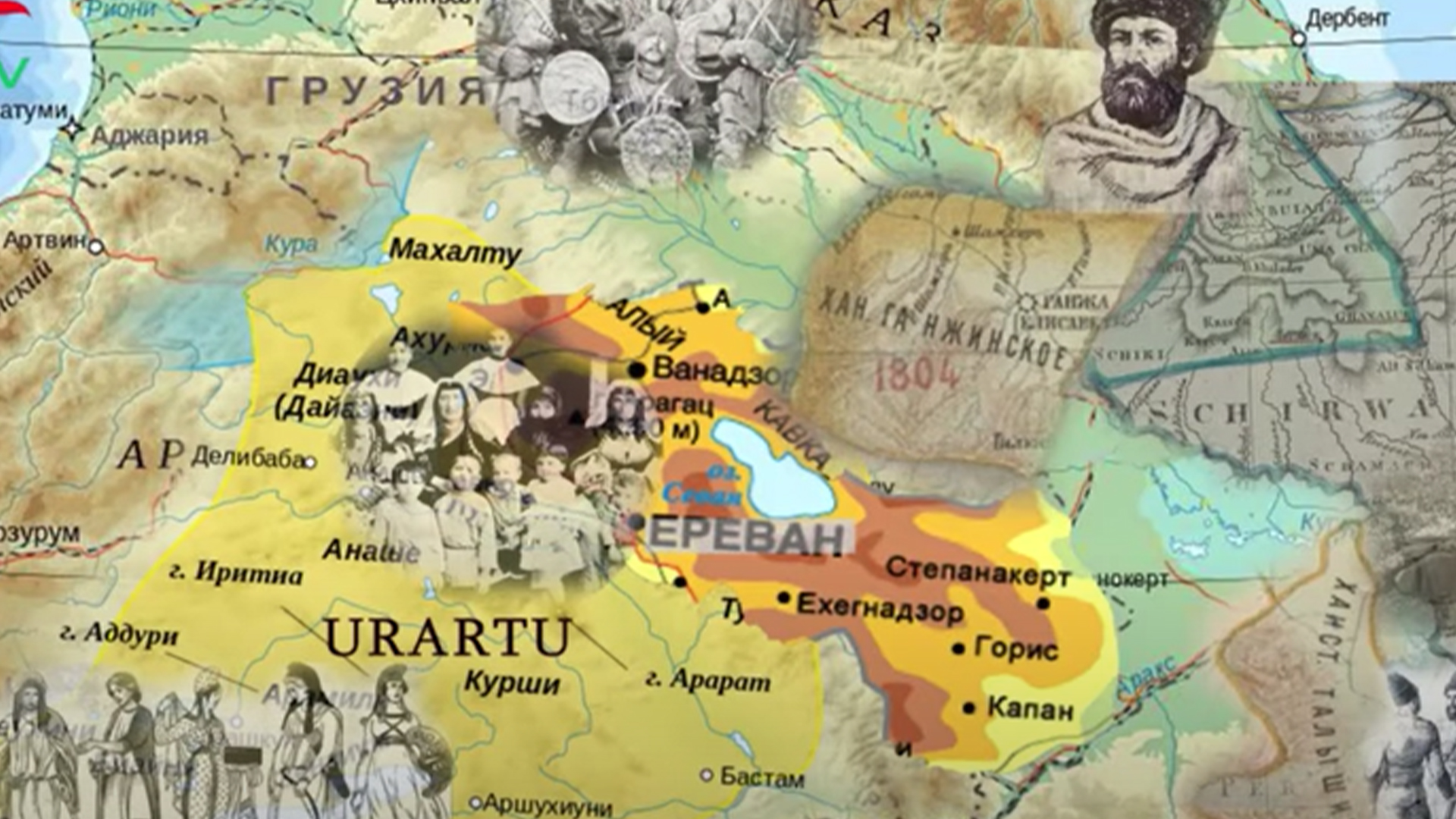
Не оставайтесь в стороне! Поднимайтесь! Сбросьте ненавистное унизительное иго, длящееся десятилетия, ведущее только к трагедии и физическому исчезновению! Сложите оружие, не подчиняйтесь принуждению преступного человеконенавистнического режима!
В Баку усиливается хаос
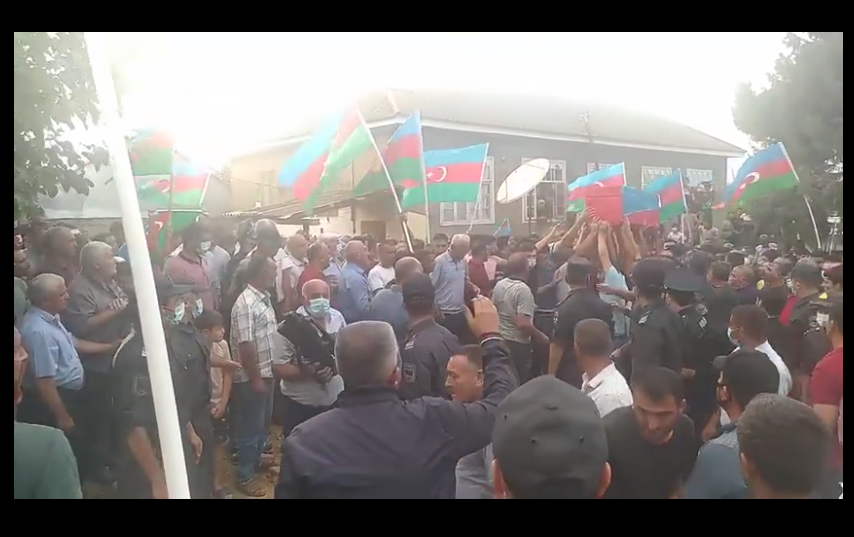
На фоне эскалации на границе усиливается волна недовольства и паники в Азербайджане. В частности, семьи погибших в боях военнослужащих выступают в соцсетях с антитурецкими и антиправительственными заявлениями.
Нагорный Карабах: первые поражения Алиева
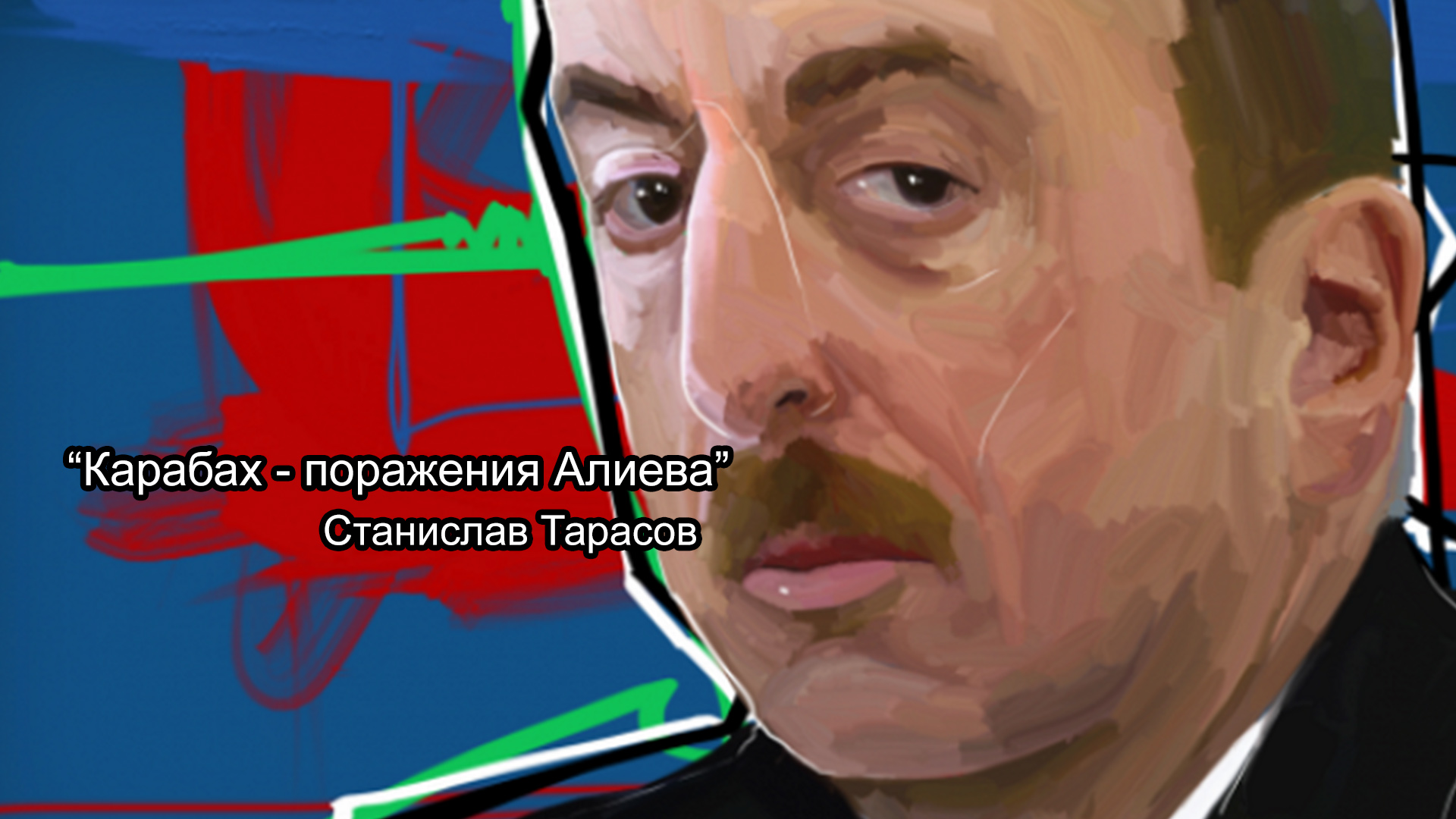
Выступив в роли инициаторов новой войны, Азербайджан и Турция создали для Армении более благоприятную, чем прежде, ситуацию для официального признания Нагорного Карабаха.
В Нагорном Карабахе Турция атакует Россию
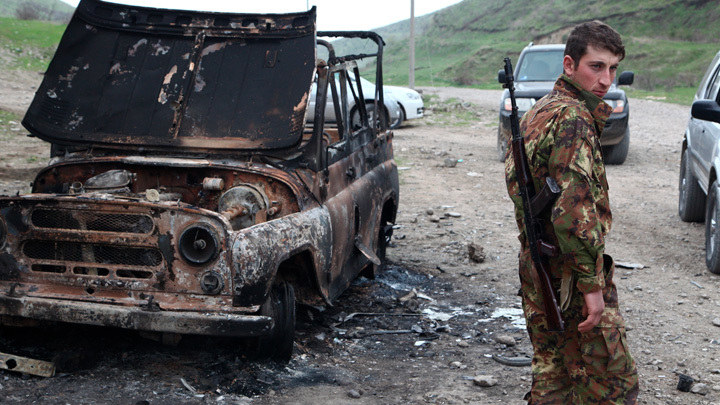
Глубокомысленные комментарии, что Нагорный Карабах это не Армения вовсе, а совсем наоборот – признанная международным сообществом часть бывшей Азербайджанской САР, а позже – независимого Азербайджана, в данном случае призваны уводить разговор в умозрительную бессмыслицу. Не стоит на это вестись, это глупо и просто вредно.
ARTSAX RESPUBLİKASININ MİLLİ MƏCLİSİ AZƏRBAYCANDA YAŞAYAN YERLİ ƏHALİLƏRİNƏ MÜRACİƏT ÜNVANLAYIB
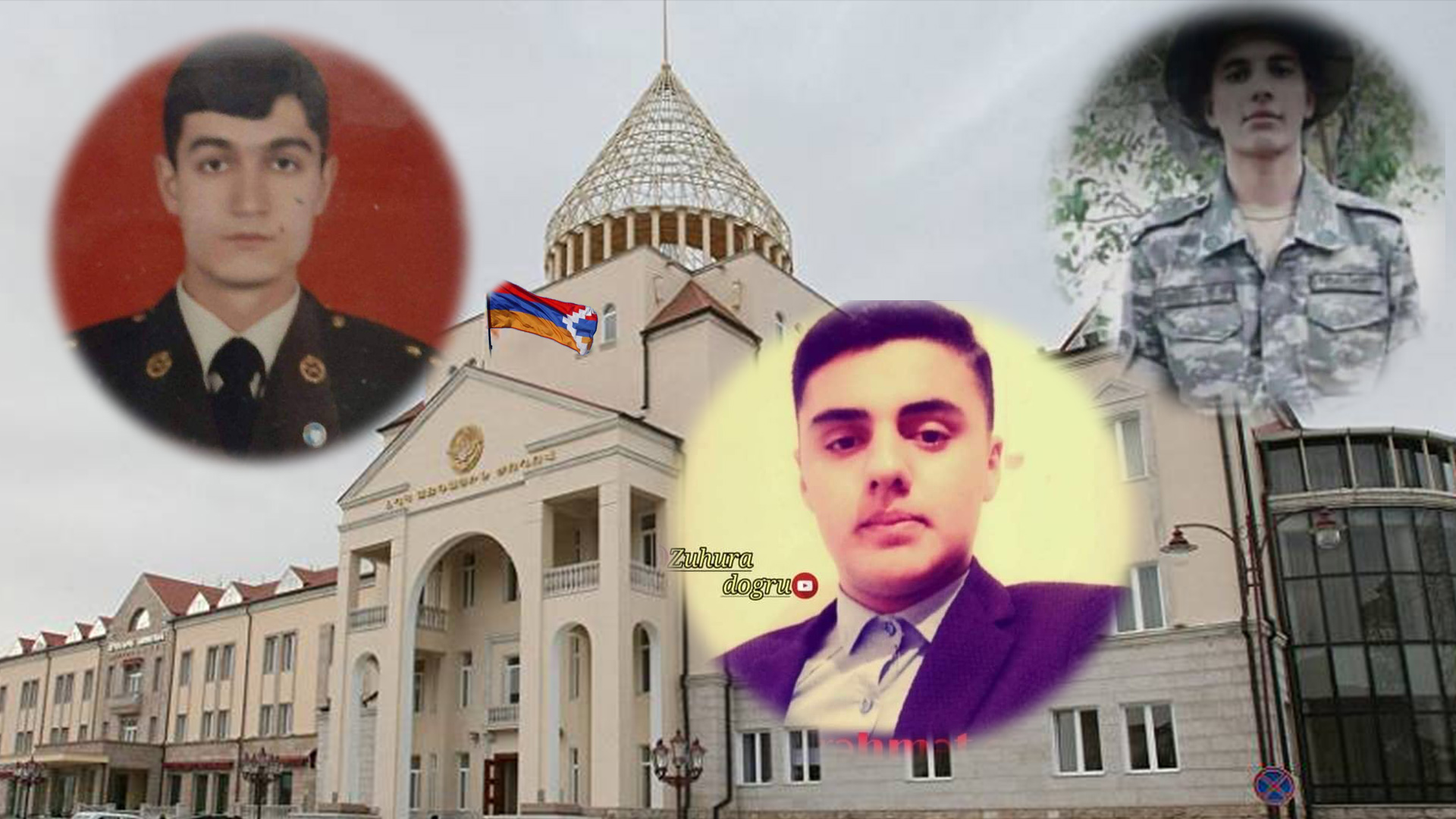
Artsax Respublikası Azərbaycanda yaşayan yerli əhalilərinə olan düşmənçilik deyil dostluq münasibətinin təzahürü olaraq hər hansı ön şərt qoymadan bizə qarşı törədilən təcavüzü nəticəsində həlak olan və Artsax Respublikasının Silahlı Qüvvələrinin kontrol altında olan Azərbaycan yerli əhalilərinin mənsubu olan şəxslərin meyitlərini verməyə hazırdır.
ПРИЗЫВ НАЦИОНАЛЬНОГО СОБРАНИЯ РЕСПУБЛИКИ АРЦАХ К КОРЕННЫМ НАРОДАМ АЗЕРБАЙДЖАНА
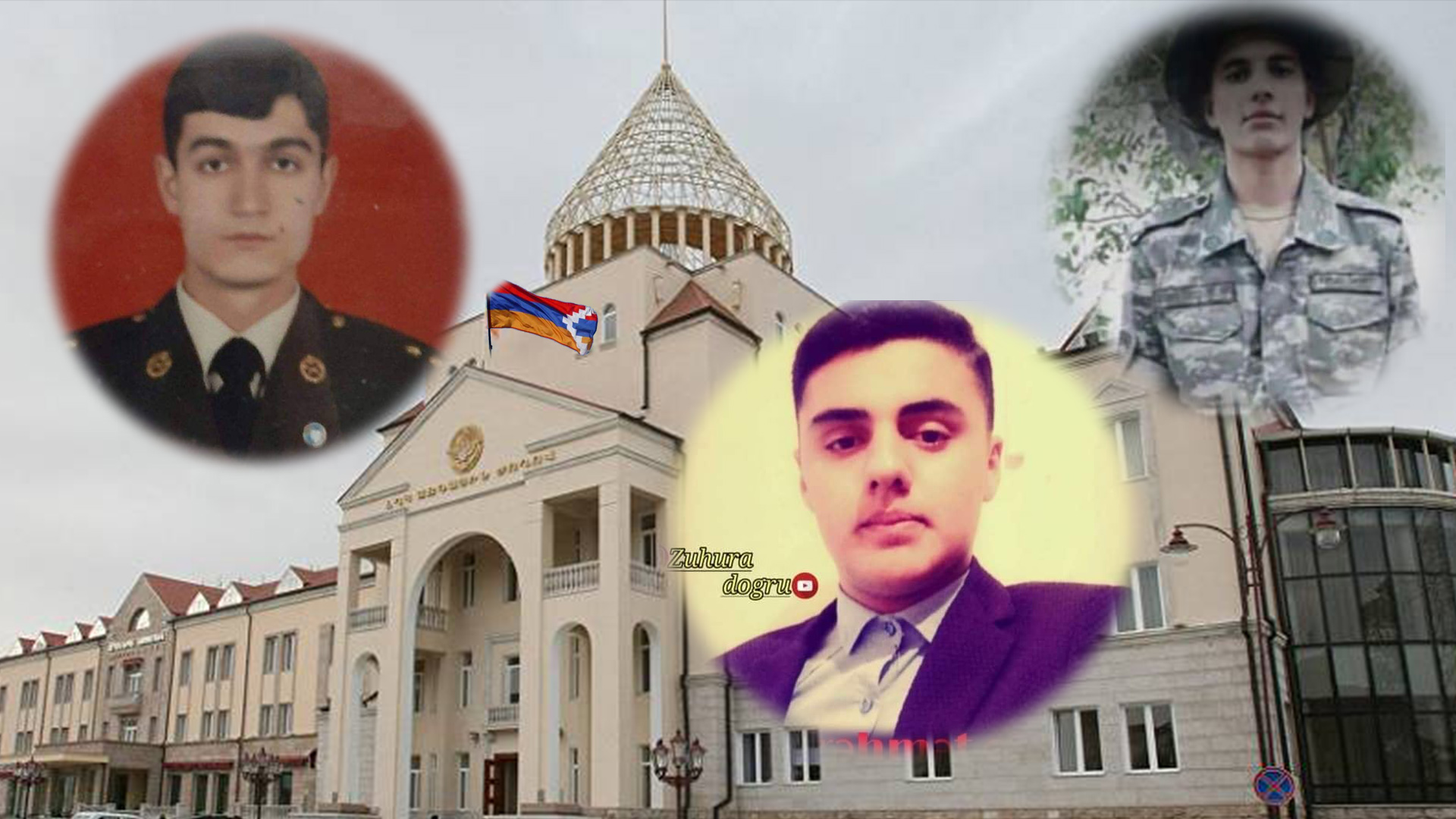
Республика Арцах готова без каких-либо предварительных условий передать тела коренных народов Азербайджана, погибших в результате агрессии против нас. Родственники погибших военнослужащих могут обратиться в соответствующую службу Республики Арцах для организации этого процесса.
СТРАСТИ ПО ТУРАНУ
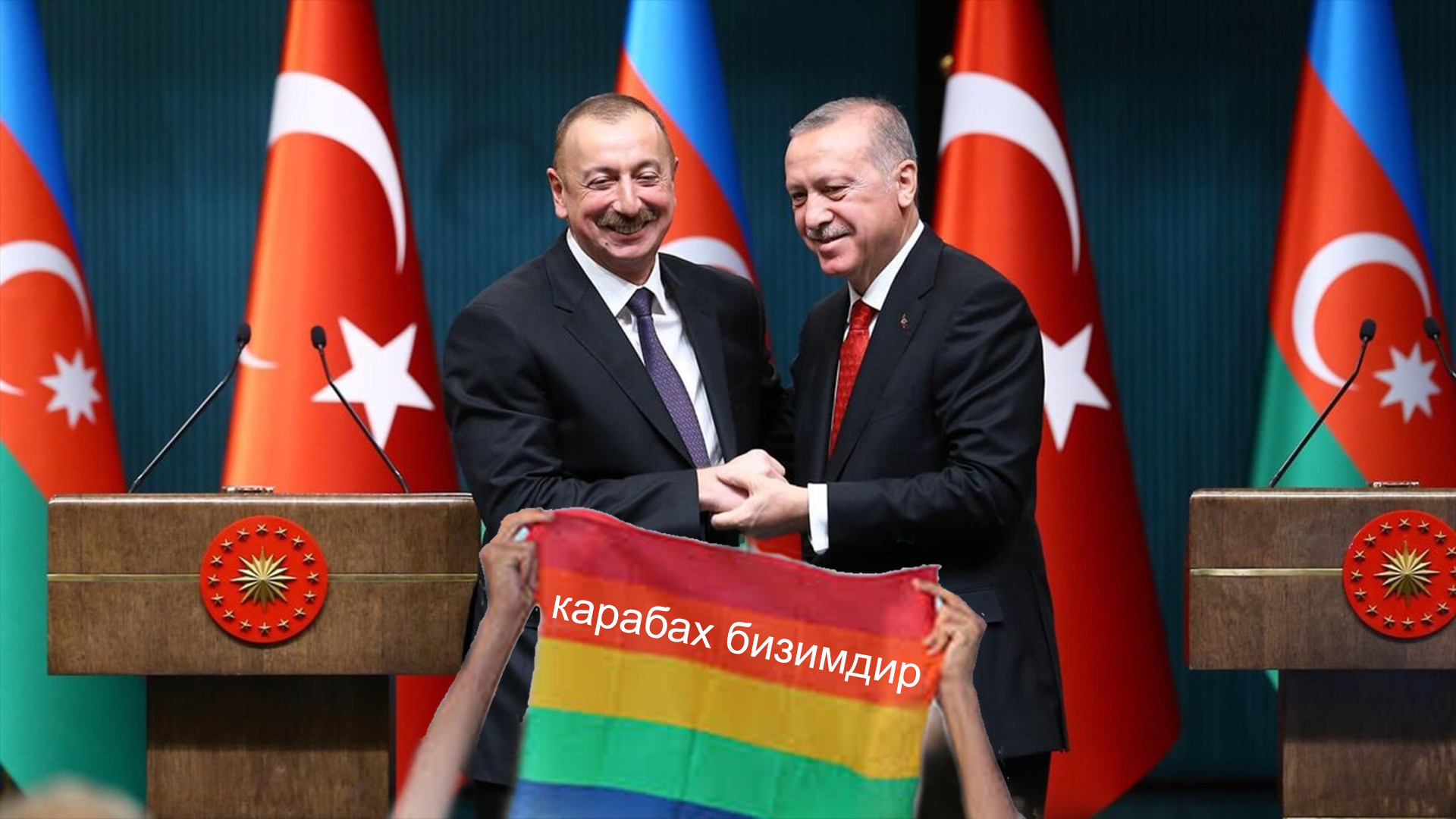
У коренных народов Азербайджанской Республики, если они хотят не только сохранить собственные уникальные культуры и языки, но и защитить свою жизнь и жизнь будущих поколений на родной земле, нет иного пути, кроме обретения независимости.
АЛИЕВ ИДЕТ ВА-БАНК, ИЛИ ПОЧЕМУ ВОЗОБНОВИЛИСЬ БОЕВЫЕ ДЕЙСТВИЯ В НАГОРНОМ КАРАБАХЕ
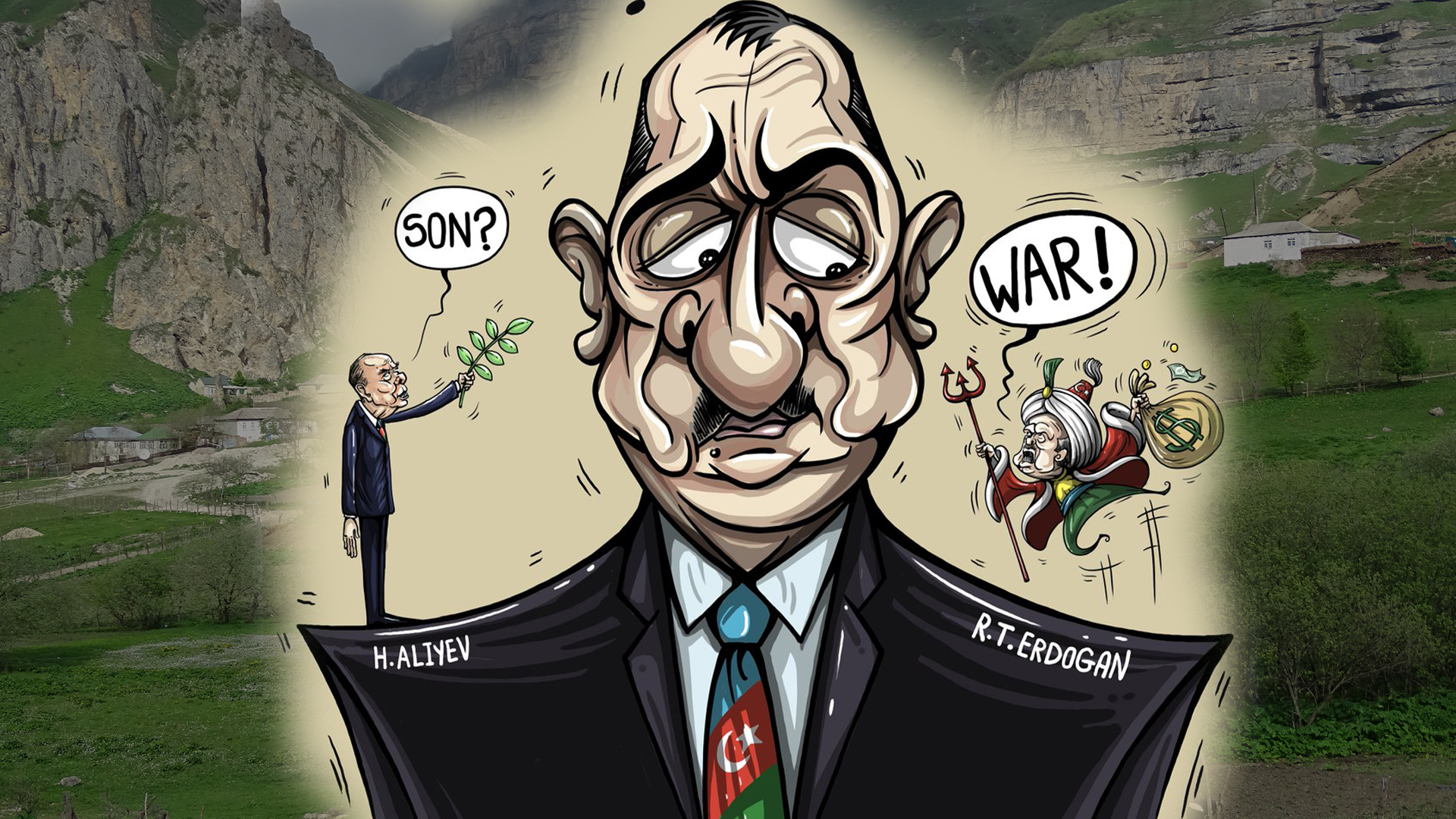
Алиев в очередной раз начал военную авантюру и однозначно – заведомо провальную. Ведь даже перекрывание интернета и доступа к социальным сетям не помогают скрыть от народа тот факт, что азербайджанская сторона несет огромные потери в живой силе и технике.
ДИКТАТОР ТРОНУЛСЯ УМОМ: АЛИЕВ ОБЪЯВИЛ ВОЕННОЕ ПОЛОЖЕНИЕ, ЗАБЫВ О ТОМ, ЧТО ОНО УЖЕ ДЕЙСТВУЕТ

...талышей буквально гонят на убой, заставляя сражаться против армян, и люди вынуждены идти на фронт под страхом ужасных репрессий. Однако, мы видим, что клике Алиева это не помогает – ведь большое количество людей в бою не означает победу.
ДИКТАТОР ТРОНУЛСЯ УМОМ: АЛИЕВ ОБЪЯВИЛ ВОЕННОЕ ПОЛОЖЕНИЕ, ЗАБЫВ О ТОМ, ЧТО ОНО УЖЕ ДЕЙСТВУЕТ

Вчера еще с утра Ильхам Алиев говорил о намерении решить карабахский вопрос и о победах своей армии, но к вечеру испуганный и поджавший хвост диктатор кардинально сменил тон и… объявил военное положение на всей территории Азербайджана!
БРАТЬЯ, РАЗВАЛИМ ВМЕСТЕ С АРМЯНАМИ КОЛОСС НА ГЛИНЯНЫХ НОГАХ – АЗЕРБАЙДЖАНСКОЕ ПСЕВДОГОСУДАРСТВО!

Именно в талышских районах проходила самая масштабная и самая жесткая мобилизация, и именно наши солдаты сейчас вынуждены воевать с армянами, которые нам, талышам, аварцам и лезгинам не сделали абсолютно ничего плохого! В этом – дьявольский замысел Алиева и его клики.
БРАТЬЯ, РАЗВАЛИМ ВМЕСТЕ С АРМЯНАМИ КОЛОСС НА ГЛИНЯНЫХ НОГАХ – АЗЕРБАЙДЖАНСКОЕ ПСЕВДОГОСУДАРСТВО!

Несколько часов назад погиб талыш, подполковник ВС Азербайджана. Что ж, он – не солдат-срочник, и, скорее всего, у него был выбор, воевать ли на стороне Азербайджана.
ТАЛЫШИ, ЛЕЗГИНЫ, АВАРЦЫ! БРАТЬЯ, НАСТАЛ НАШ ЧАС!

Но и мы не должны оставаться в стороне! Любыми средствами мы обязаны способствовать окончательной победе над агрессором, угнетающим наши народы и препятствующим воцарению мира и процветания в нашем прекрасном регионе! Не забывайте, мы – первые невольные жертвы азербайджанской агрессии.
ТАЛЫШИ, ЛЕЗГИНЫ, АВАРЦЫ! БРАТЬЯ, НАСТАЛ НАШ ЧАС!

Гоните из наших рядов коллаборационистов, подлых агентов Баку, трусов и предателей! Не слушайте их ложные призывы – вы знаете им цену. Цена им – наше рабство! Встаньте, как один, за нашу свободу! Смерть пантюркизму! Смерть азербайджнско-турецкским оккупантам нашей земли!
Азербайджан готовится к войне с Арменией и вновь надеется отсидеться за спинами талышей, лезгин и аварцев?
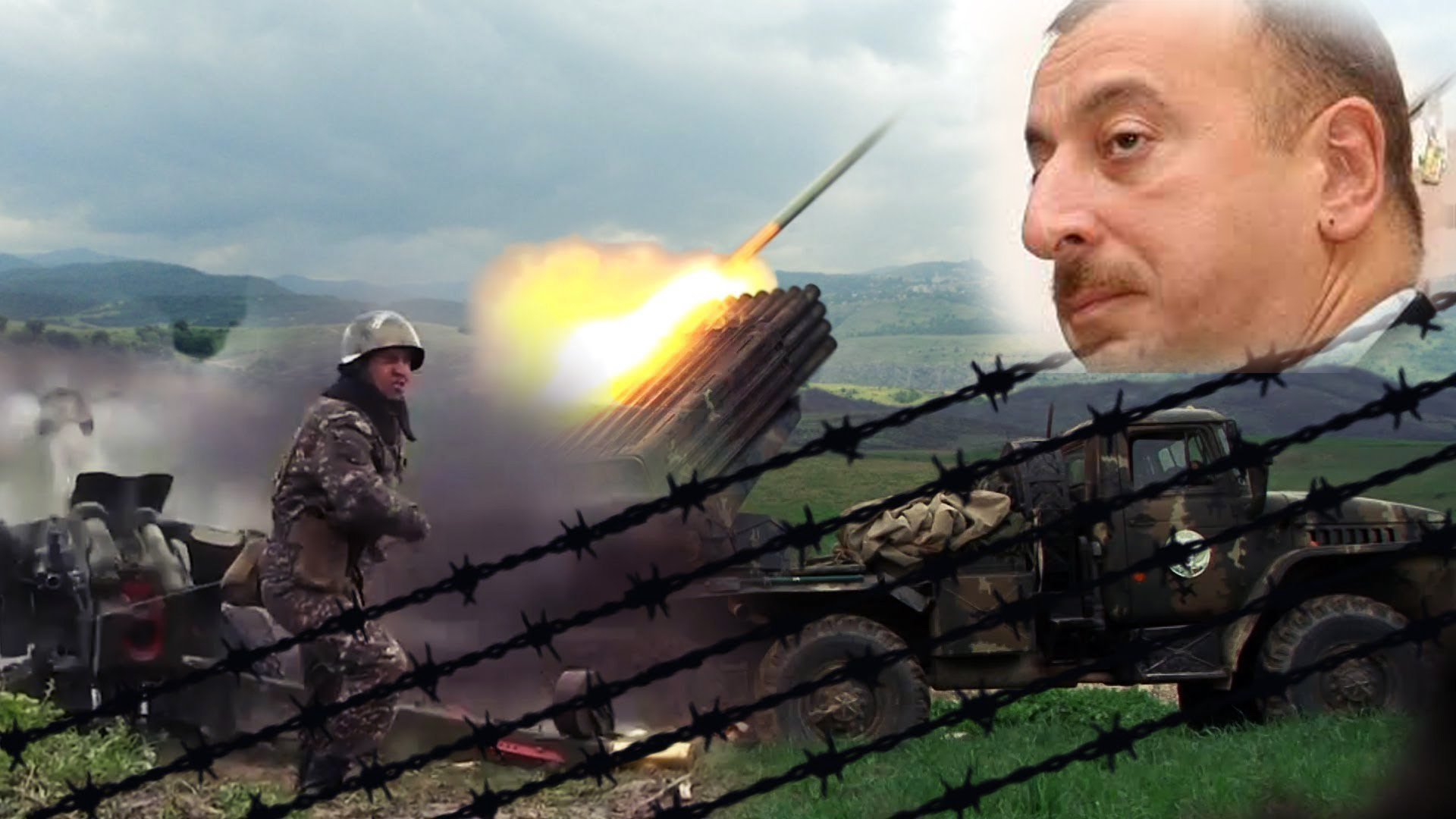
Талышам, которых массово призывают на службу, очевидно, что их погонят на позиции в первых шеренгах, обрекая на массовую гибель, а затем представят как некую «сакральную жертву».
КОМУ СЛУЖИТ ОБЩЕСТВЕННЫЙ СОВЕТ ТАЛЫШЕЙ АЗЕРБАЙДЖАНА? Пантюркисты на ATIŞ TV
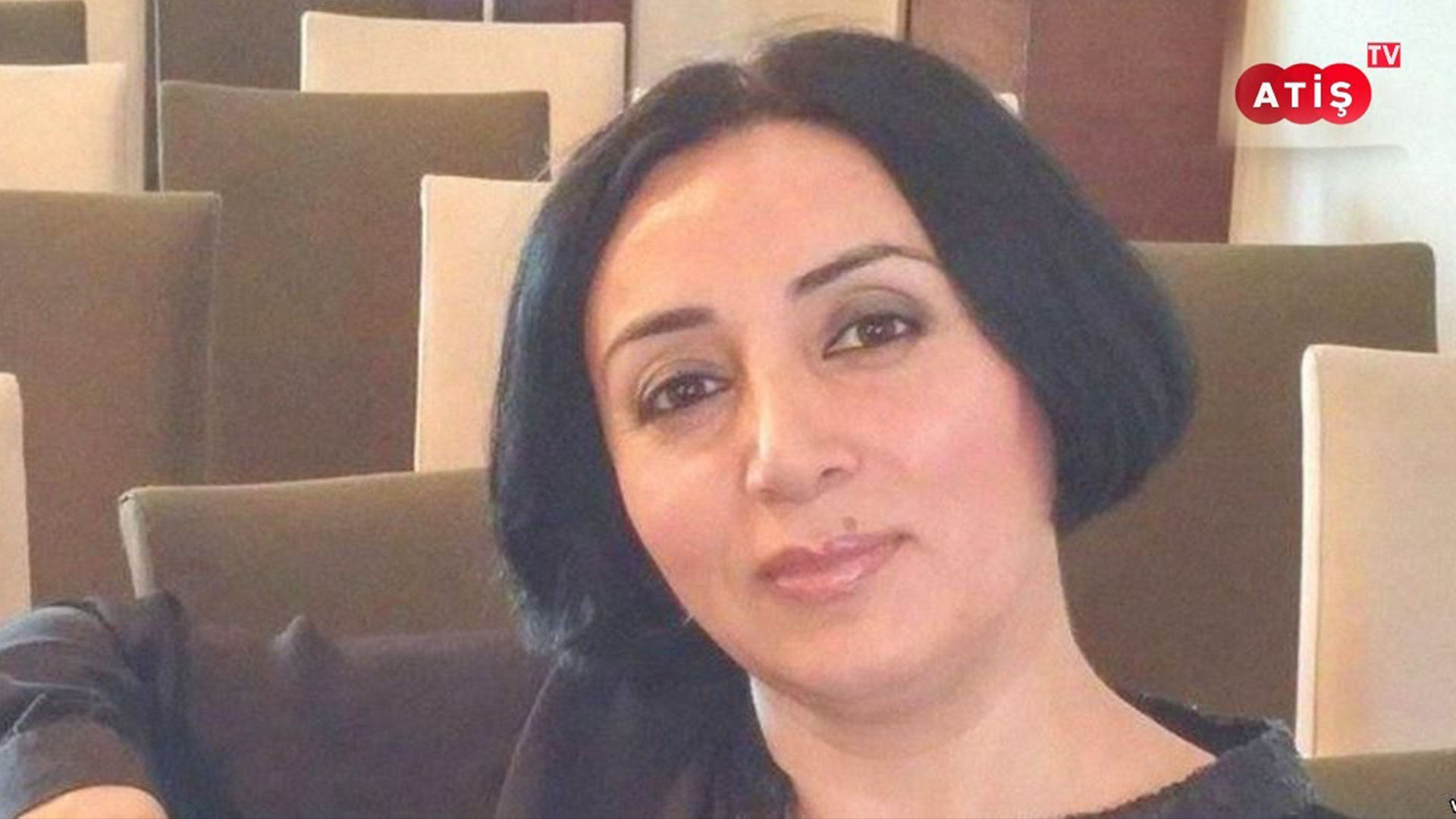
...Выходит, талыши предоставляют слово «деятелю», открыто заявляющему о территориальных претензиях к естественным географическим, историческим и культурным союзникам талышей и других коренных народов – Ирану и России.
Азербайджанская агентура из талышей терроризирует талышских активистов в России

Заявление Рафага Бабаева объясняет, почему в последнее время талыши снизили активность в социальных сетях. Как видим, они опасаются за своих родственников, живущих на Родине и перманентно подвергающихся угрозе репрессий со стороны правительства азербайджанского гособразовния.
Требовать лояльности и грозить геноцидом: В Азербайджане взялись за лезгин
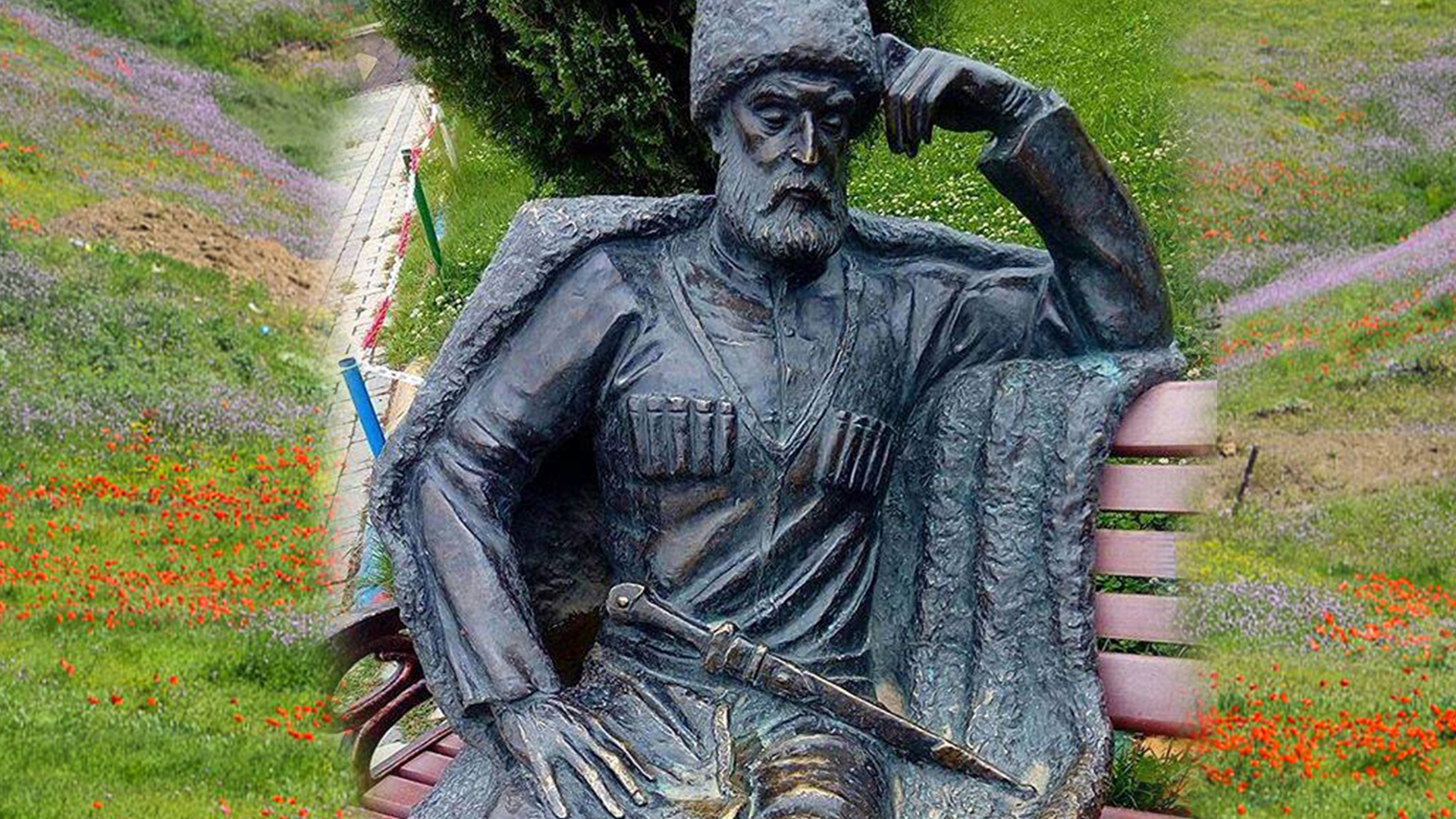
Если Азербайджан не может обеспечить соблюдение базовых прав лезгин и прочих коренных народов, смысла в существовании этого гособразования нет, и оно должно быть демонтировано.
Сепаратизм, пантюркизм, исламофобия, репрессии и сотрудничество с Израилем: неустранимые противоречия между Ираном и Азербайджаном

В качестве угрозы собственной безопасности ИРИ рассматривает также военно-техническое сотрудничество Баку с Израилем. Тогда Алиев утверждал, что новые приобретения нужны для большей уверенности в деле решения карабахского вопроса. Однако, в списке закупленного вооружения есть противокорабельные ракеты, которые определенно не нужны в войне с Арменией и Арцахом.
SOS! ГОТОВИТСЯ УБИЙСТВО ФАХРАДДИНА АБОСЗОДА В ГОБУСТАНСКОЙ ТЮРЬМЕ!
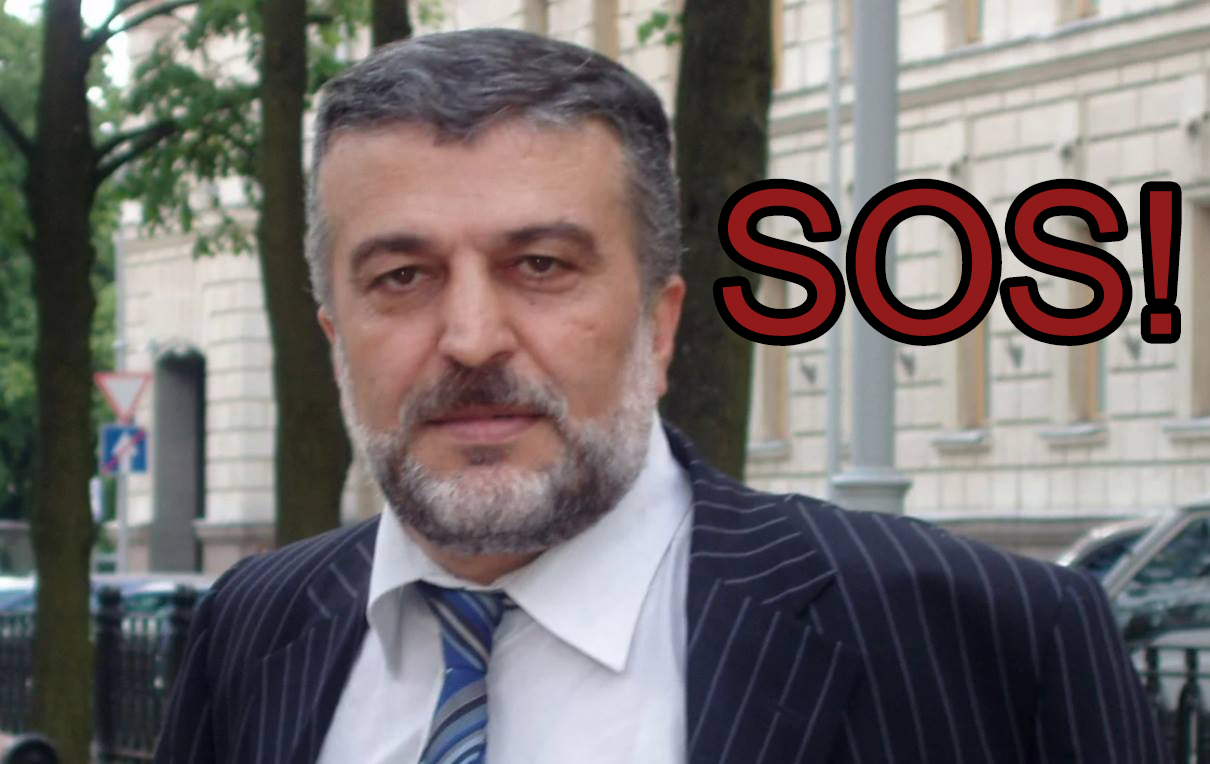
В Азербайджане упорно распространяют слухи, что в Гобустанской тюрьме, в которой содержится великий сын талышского народа Фахраддин Фарманович Абосзода (Аббасов), свирепствует коронавирус. Выходит, Гобустан - единственная из тюрем Азербайджана, которую затронула пандемия.
SOS! ГОТОВИТСЯ УБИЙСТВО ФАХРАДДИНА АБОСЗОДА В ГОБУСТАНСКОЙ ТЮРЬМЕ!
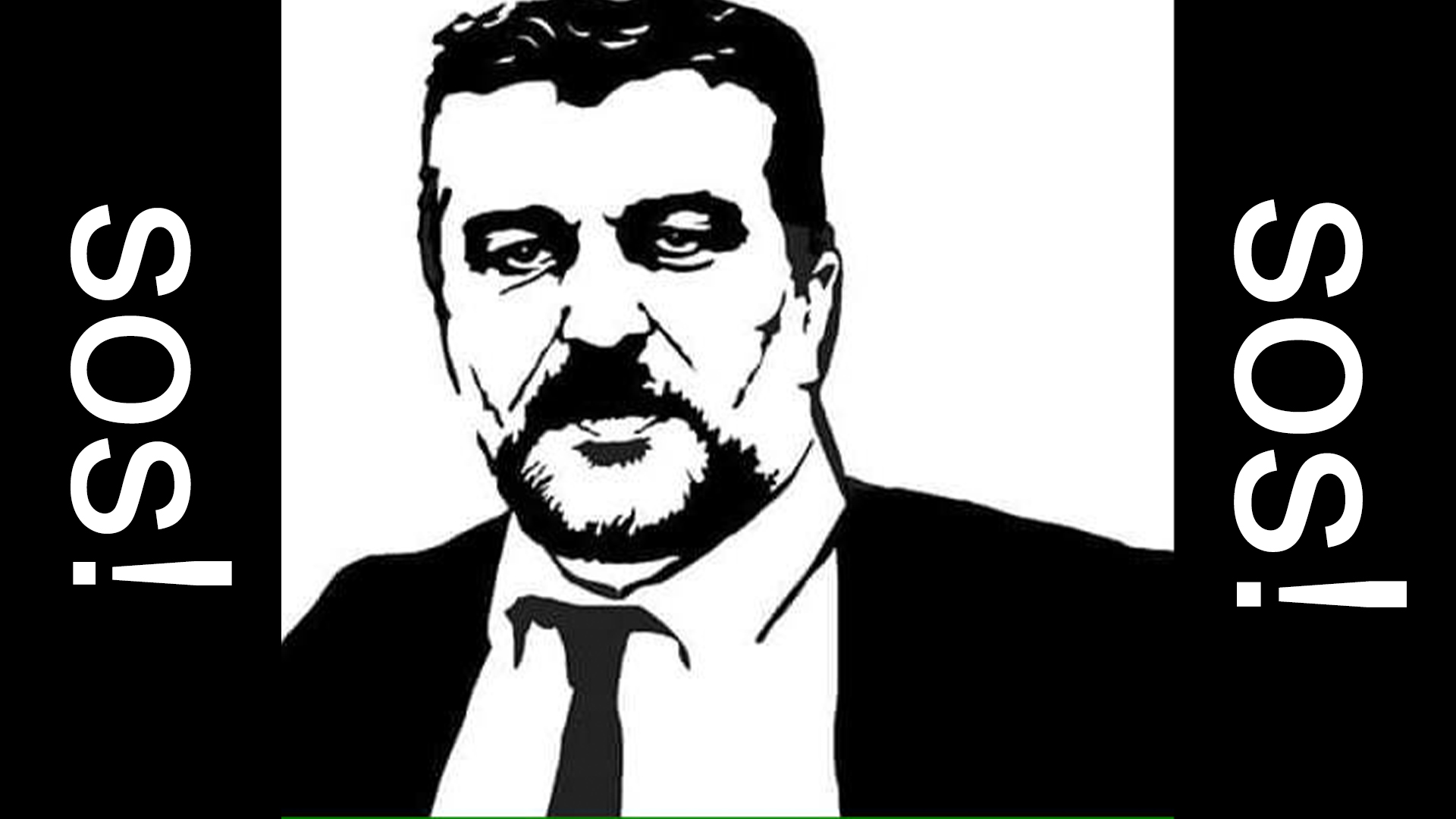
ГОТОВИТСЯ УСТРАНЕНИЕ ЛИДЕРА ТАЛЫШСКОГО НАРОДА ФАХРАДДИНА АБОСЗОДА!
An Ethnography of Transnational Alevis in Berlin

When speaking of Alevism, it is often put into relation with Islam. While there is some overlap with Islamic teachings, it is rather viewed as a heterodox and syncretistic religion (e.g. Dressler 2013) and some efforts to regard Alevism as a non-Muslim religion are underway in Turkey and Europe.
An Ethnography of Transnational Alevis in Berlin

Alevism is ancestral to the region of eastern Turkey and makes up 15-20% of the country’s total population. It is a faith that does not have one commonly agreed upon “book”.
Турция способна спровоцировать на Южном Кавказе новый военный конфликт
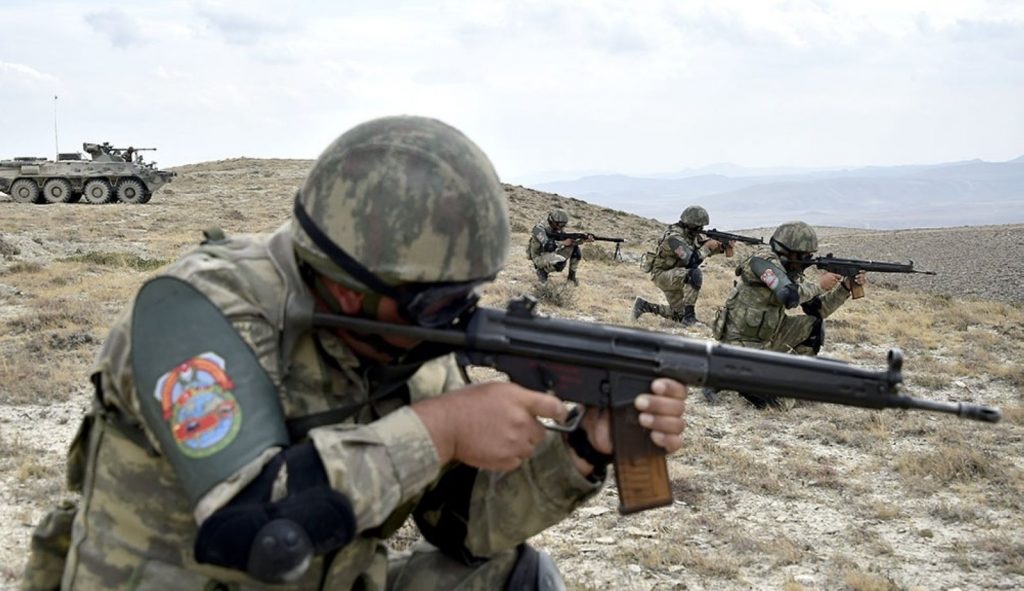
...В настоящее время в Нахичевани базируются около 20 тыс. военнослужащих (при общей численности армии в примерно 67 тыс. солдат), около 400 бронетранспортеров, самолетов, систем противовоздушной обороны и артиллерийских систем.
The Talysh: A Forgotten People
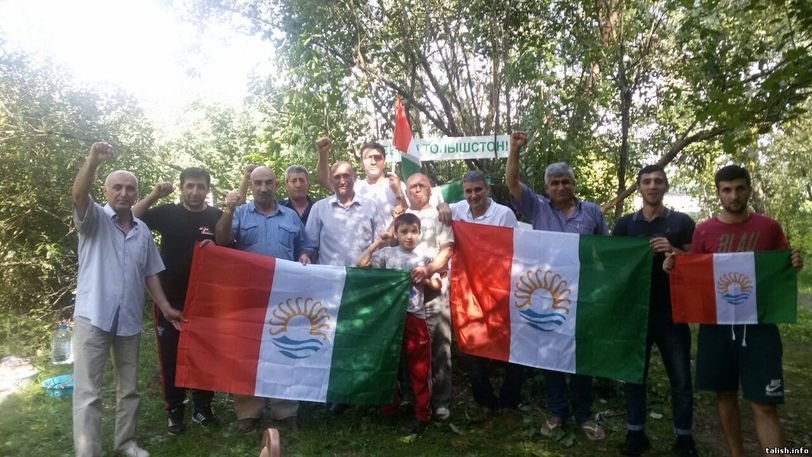
Demographic changes in the Talysh-Mugan region are happening continuously through the current Azerbaijan government. In recent years, because of repression, there has been a mass migration, and because of the forced assimilation process of the Talysh, many have gone into exile or disappeared in prison.
Развязанные Соединёнными Штатами войны – причина появления в мире 37 миллионов беженцев

Беженцы осаждают Великобританию, там протестуют против иммиграции, Лондон обвиняет Париж в том, что усилий там мало, чтобы эти потоки остановить. Однако, пишет автор статьи, специалист по Ближнему Востоку Патрик Кокберн, никто не интересуется, почему мигранты «идут на все эти лишения, рискуя быть задержанными или даже умереть».
Фантазии Фатуллаева
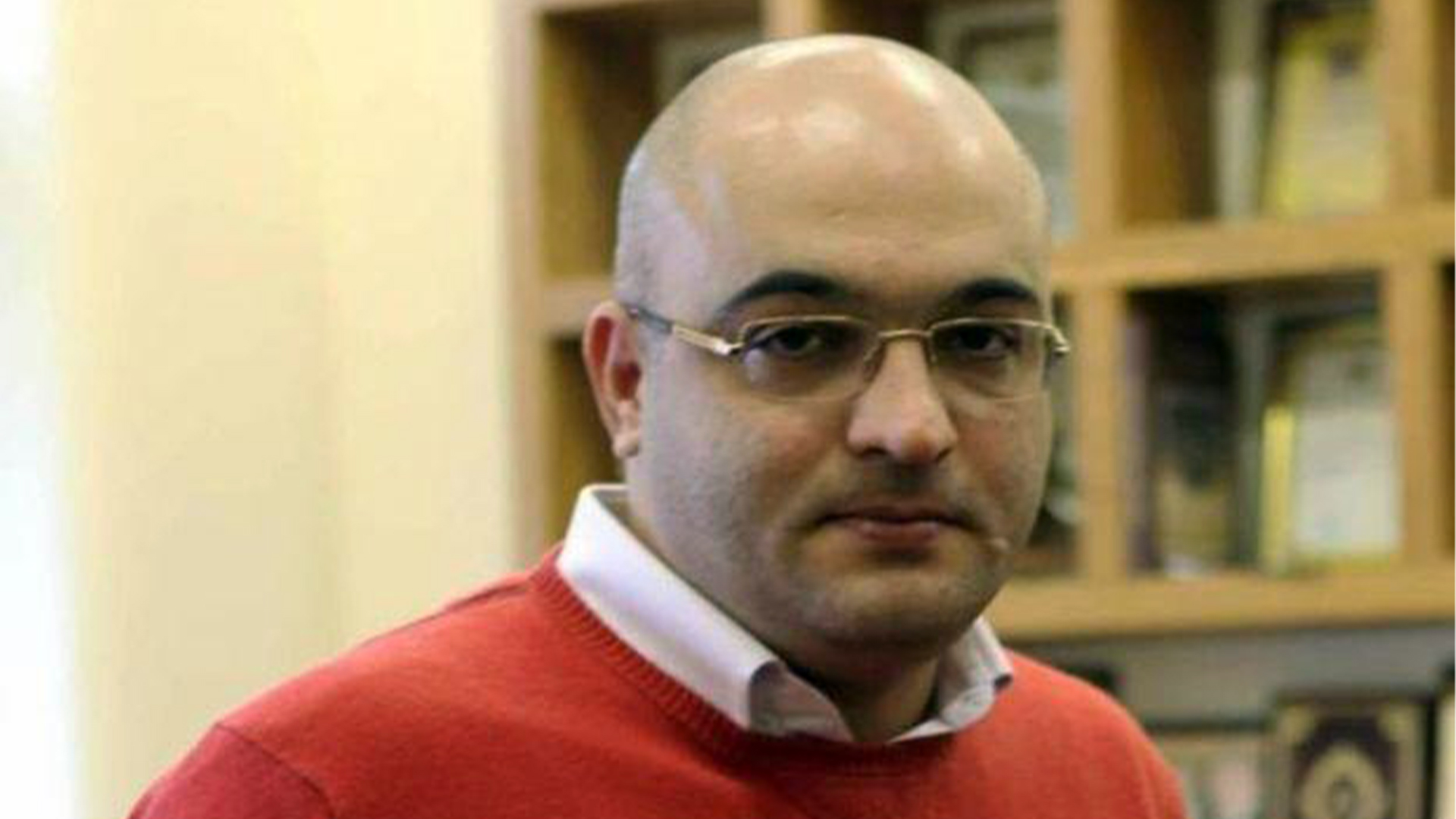
Мы уже обращались к теме открытой антироссийской истерии в азербайджанском сегменте социальных сетей. Но ведь эти настроения просто так не появляются, они целенаправленно подогреваются со стороны правящих кругов Баку.
Хроники великого страха: в интернет - по паспорту

В Азербайджане настолько испугались распространения правдивой информации о происходящем на территории республики, что в Милли Меджлис было внесено предложение разрешать вход в социальные сети только по удостоверению личности.
Защитят ли игиловцы алиевский режим?
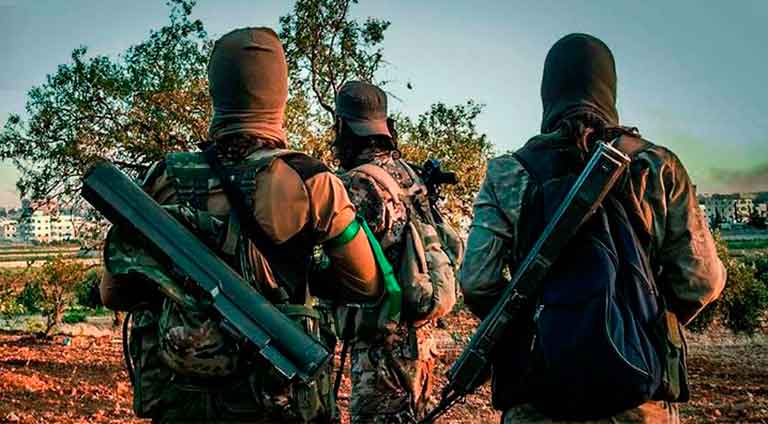
Нет сомнения, что протурецких игиловских бандитов ожидает та же участь. И если сами они пока об этом не догадываются, то уж Алиев это прекрасно знает.
Годовщина резни как национальный праздник в Азербайджане
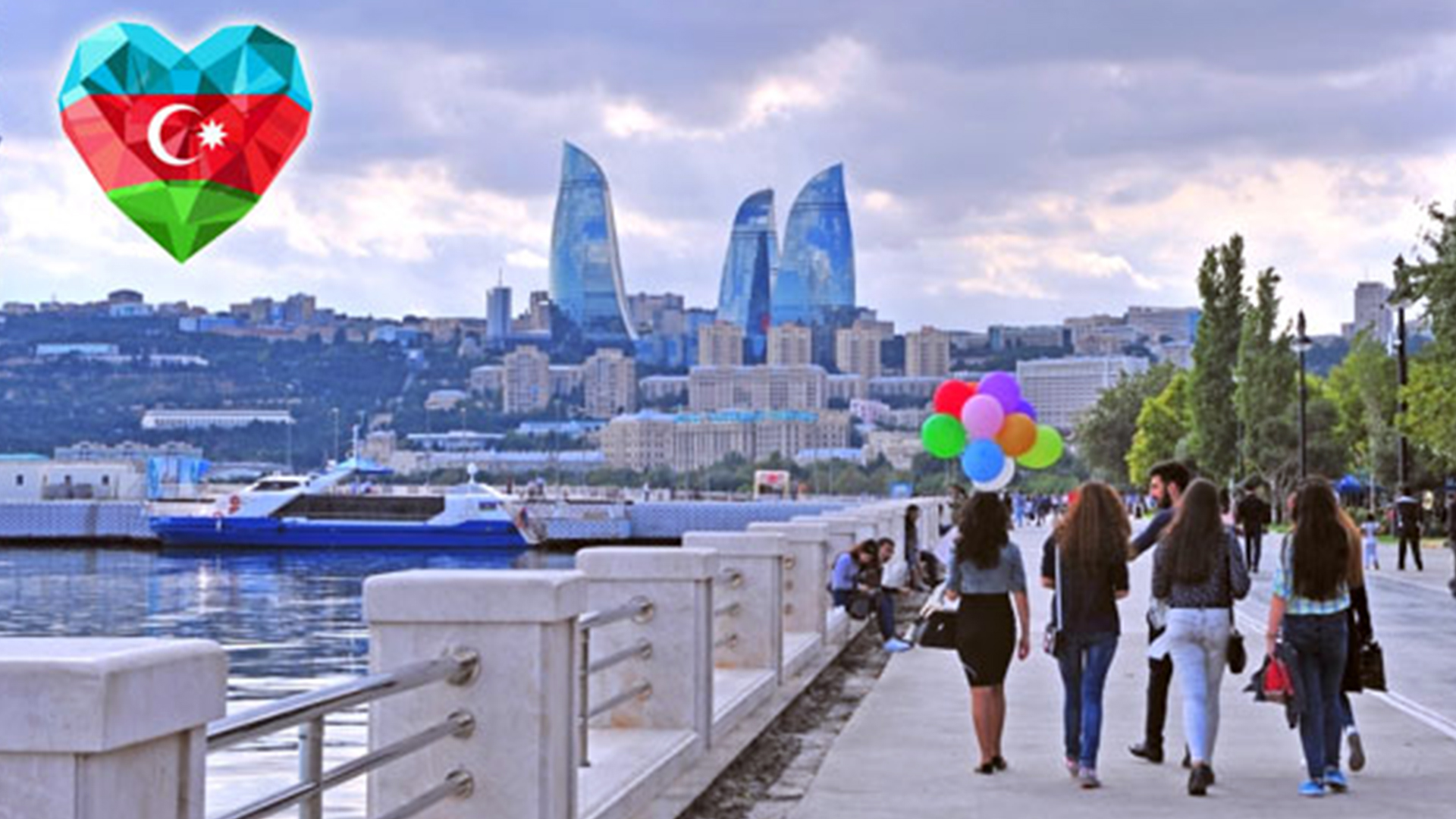
Сегодня на территории Азербайджанской Республики систематически угнетаются автохтонные народы. Явление это не новое, процессы жесткой ассимиляции коренного населения, по сути, хозяев этой земли, с разной степенью активности проводились все последнее столетие.
Как Рамиз Мехтиев невольно оказался «русофилом»
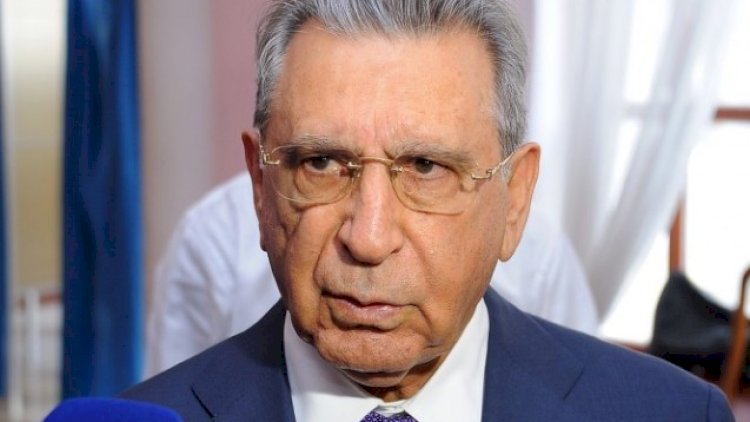
Русофилия тут, конечно, не причем – националисту-Мехтиеву и в голову не могло бы прийти, что его заподозрят в симпатиях к России!
Феномен племени хунза, который не могут объяснить ученые
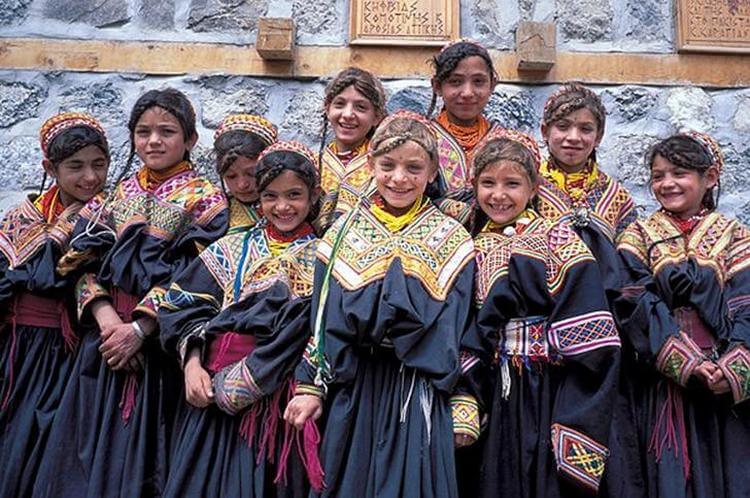
Долина реки Хунза находится на границе Индии и Пакистана, ее еще называют «оазисом молодости».
HEPHTHALITES
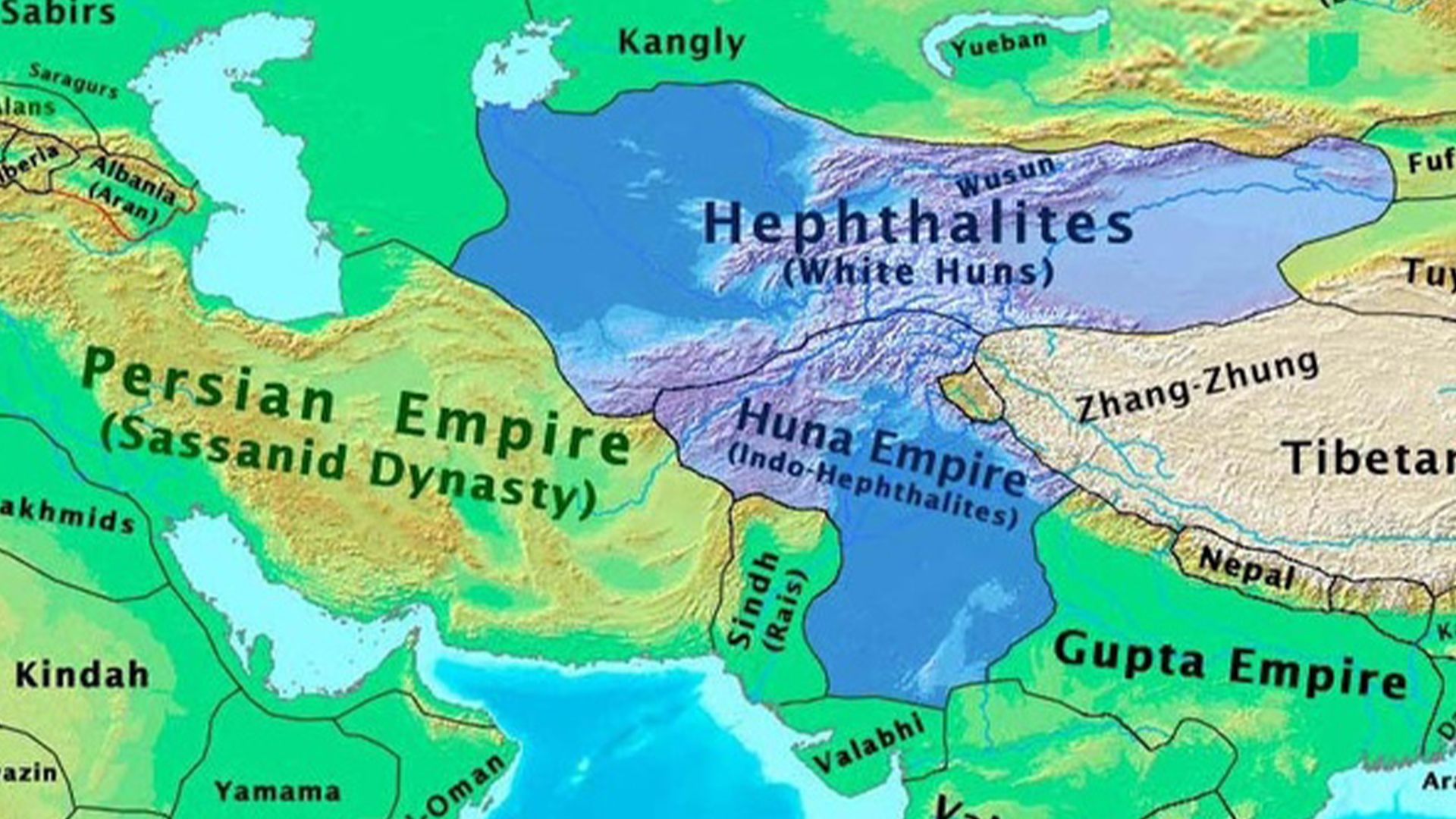
The campaigns of the Sasanian Pērōz against the Heph-thalites are widely reported in the Islamic sources; they are also mentioned by Joshua the Stylite (Luther, 1997, pp. 109-14), as well as described by Lazar.
Strategic Threat Perception as Geopolitical Masturbation
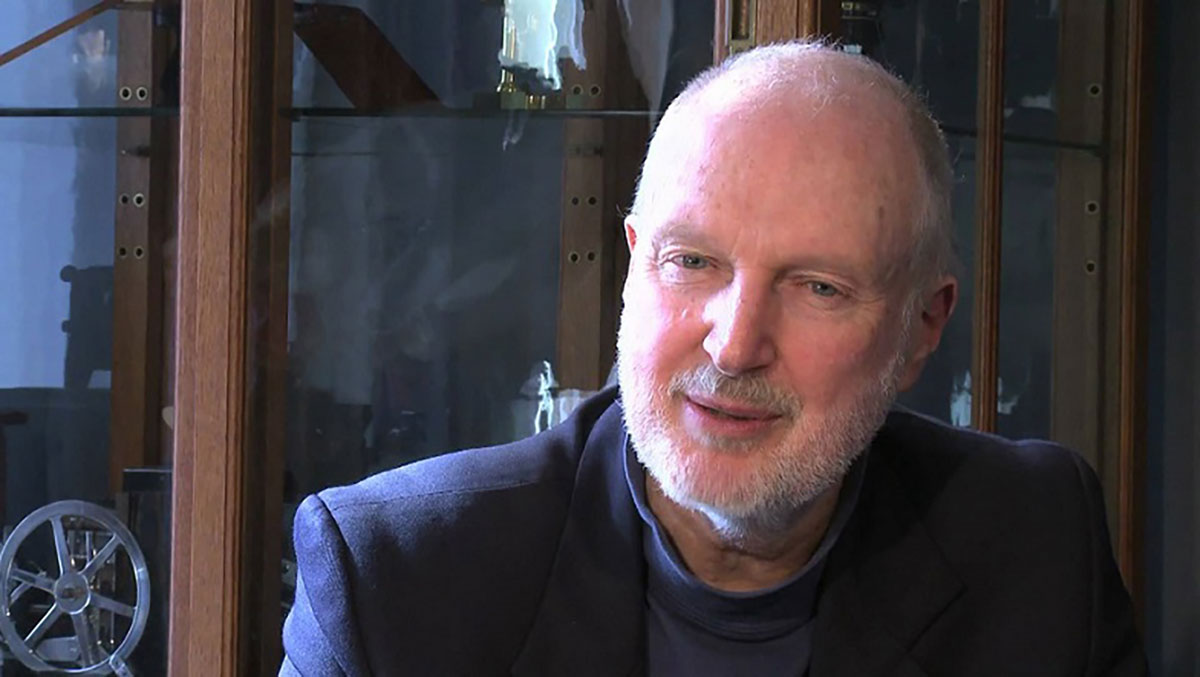
I’ve recently had discussions with friends over whether US domestic issues should outweigh those of foreign policy in the coming elections. The urgency of domestic issues are of course beyond question.
CASPIANS
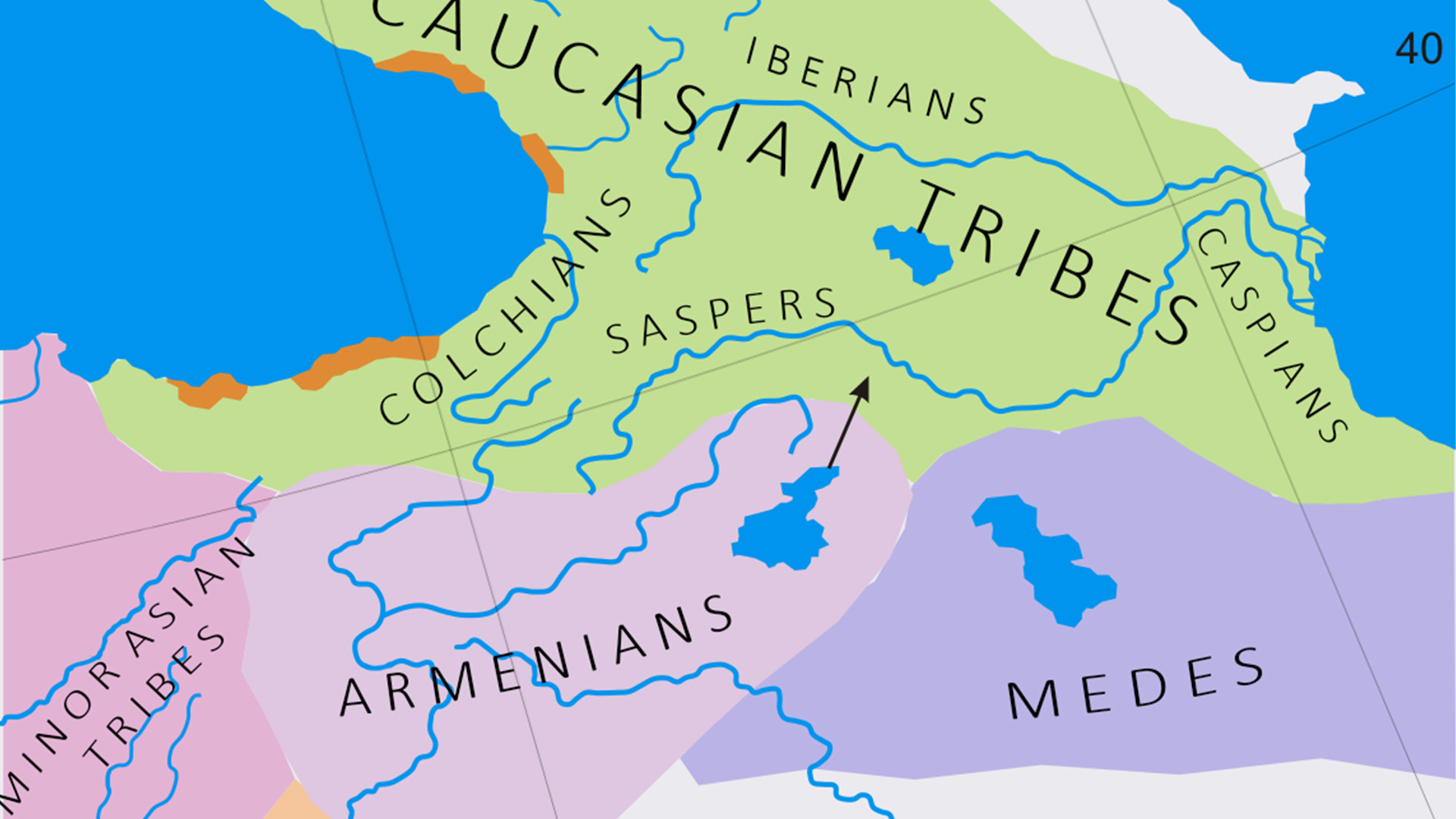
The Caspians have generally been regarded as a pre-Indo-European, that is, a pre-Iranian, people and have even been identified by some scholars with the Kassites.
Новые иностранные захватчики, угрожающие арабскому миру, - это не персы и не русские, а турки
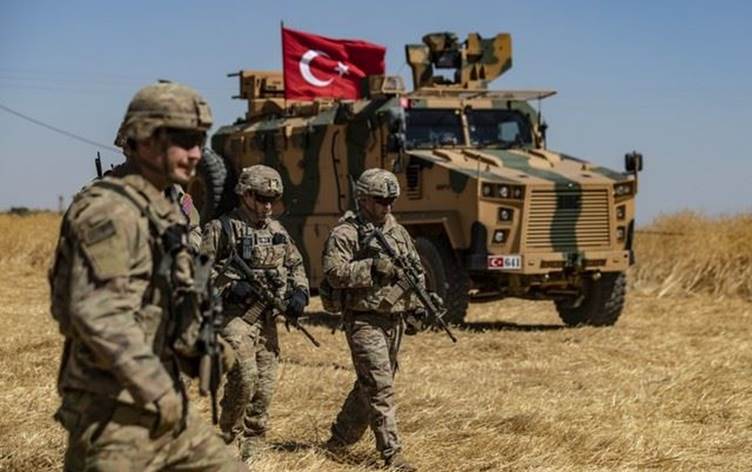
Есть и другие иностранные игроки, которые пытаются объявить Турцию новым преступником Восточного Средиземноморья.
Турция и Азербайджан: Дружить против России в едином медиапространстве
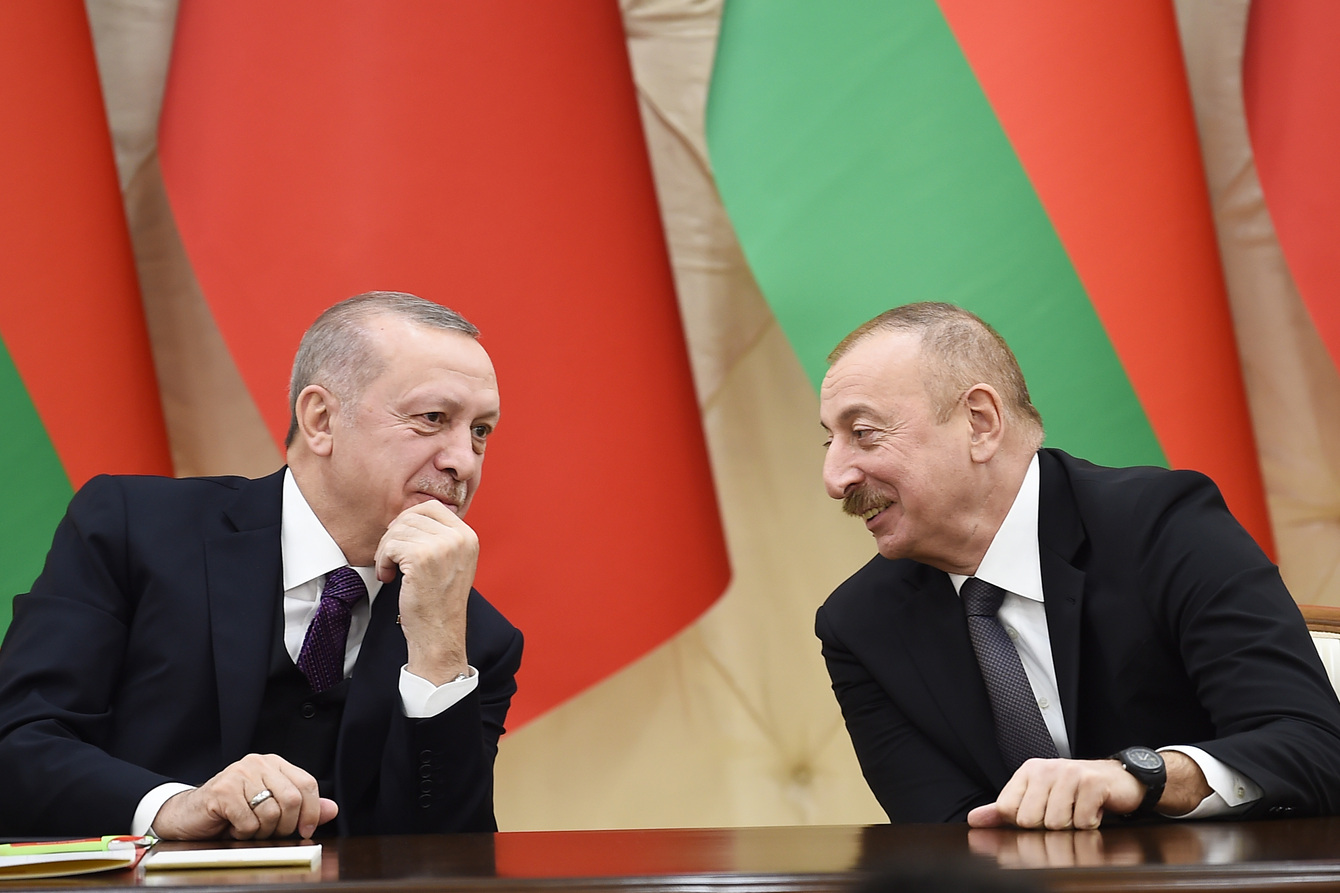
Азербайджанская политическая журналистика – весьма примечательный пример сочетания огульной пропаганды, лютой ксенофобии и абсолютного непрофессионализма.
Дилемма Шейха Аллахшукюра Пашазаде – нобелевский лауреат или праведник?

Впрочем, Аллахшукюр Пашазаде - не просто ренегат…Его высказывания порой ставят под сомнение его религиозную ученость.
Салафит экстрадирован в Азербайджан
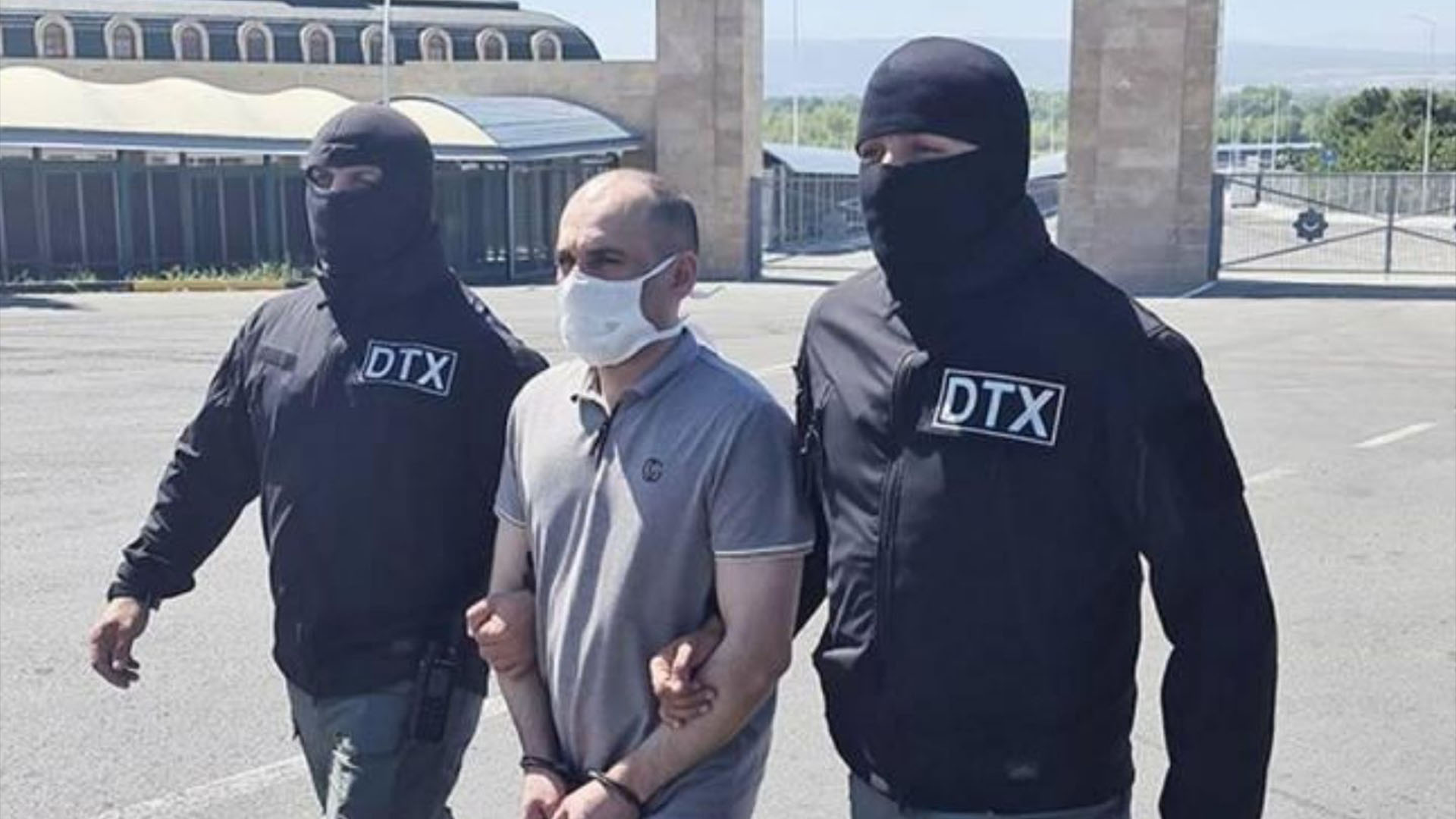
Российская Федерация передала Азербайджану гражданина этой страны, состоявшего в рядах одной из террористических группировок.
Азербайджан - турецкий анклав на юге Кавказа

То, что турецкие военные специалисты уже давно присутствуют в Азербайджане в качестве советников на разных уровнях, ни для кого уже не секрет.
О Нагорной Ширвани:
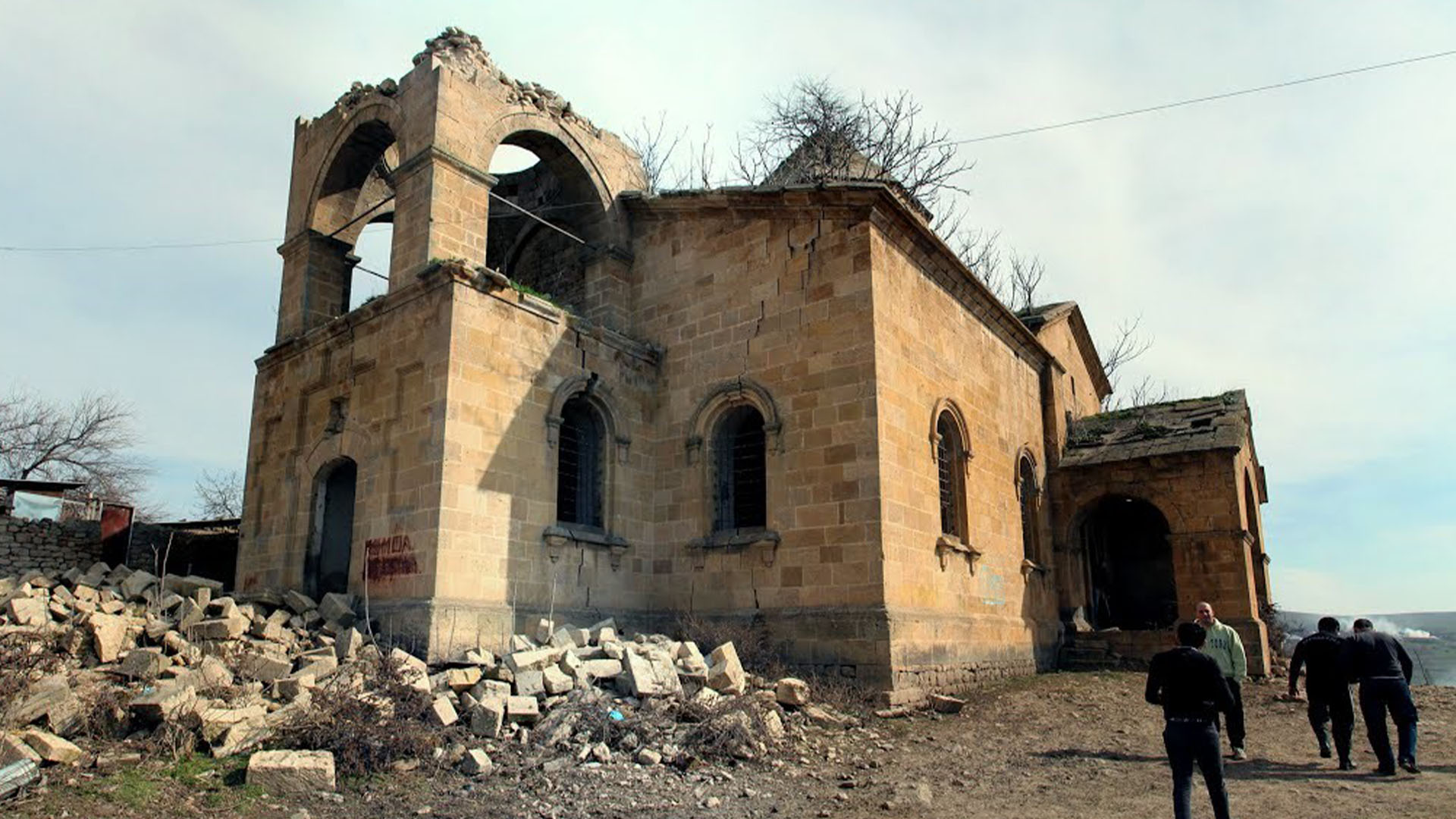
Странная история – существовал язык, на котором говорил весь север Азербайджана в 19 веке, причём, использовали его люди трёх вероисповеданий, которые понимали друг друга, а потом прошло чуть более ста лет – и людей этих след простыл, и самого языка.
Хроники мерзости

Дорогие друзья! Не знаю, заметили ли вы очередной провал азербайджанского агитпропа. Если нет, спешу поделиться с вами.
День Ашуры повторился в Талышистане: бакинские угнетатели и талышские мученики
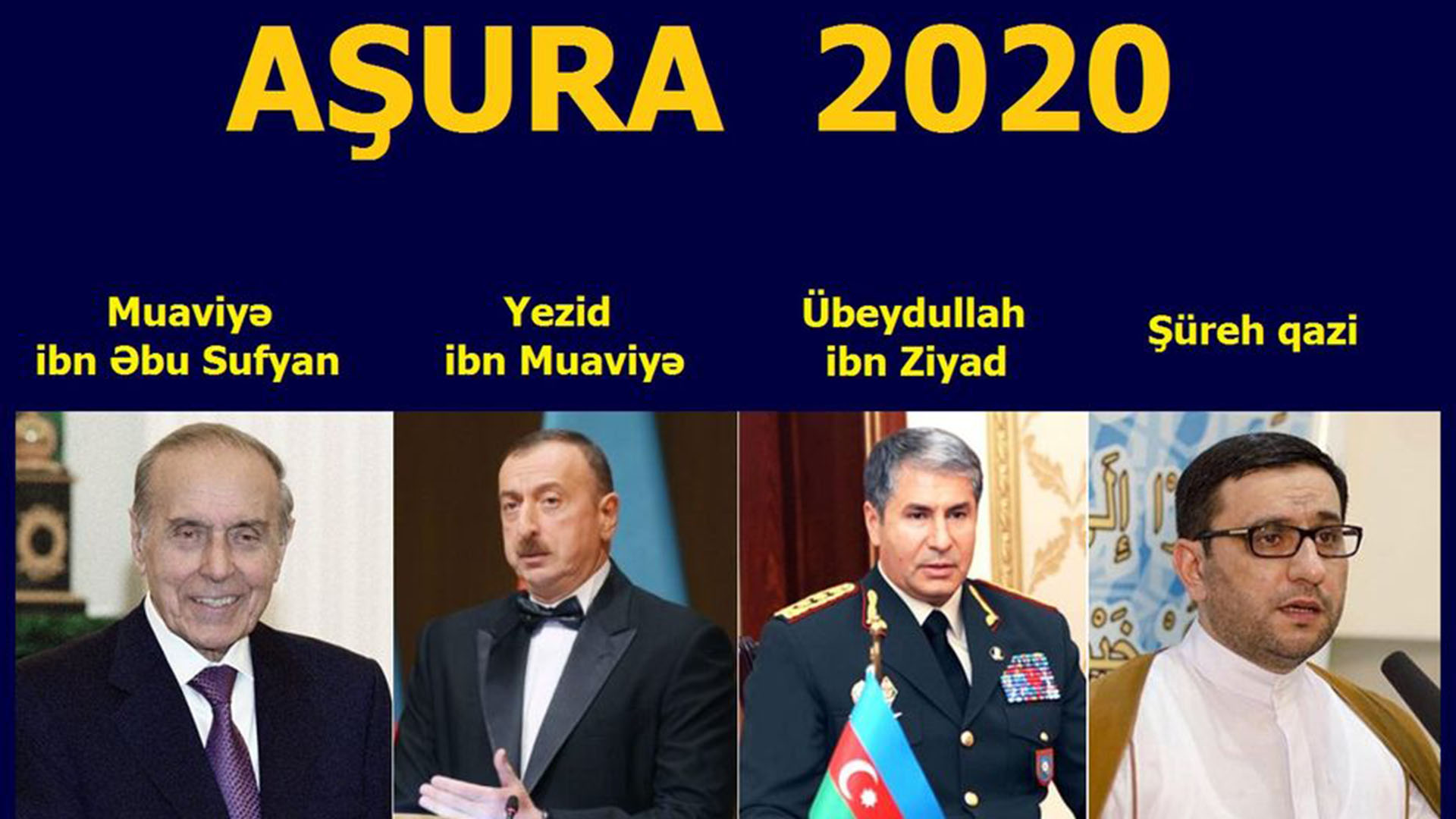
Это руководство движения, несмотря на жестокость азербайджанских властей,
несмотря на давление и преследования, несмотря на действия предателей и
коллаборационистов, продолжающее свою священную борьбу и управление
действиями тысяч сторонников.
Talishistan Times призван поднять вопрос коренных народов Азербайджанской Республики
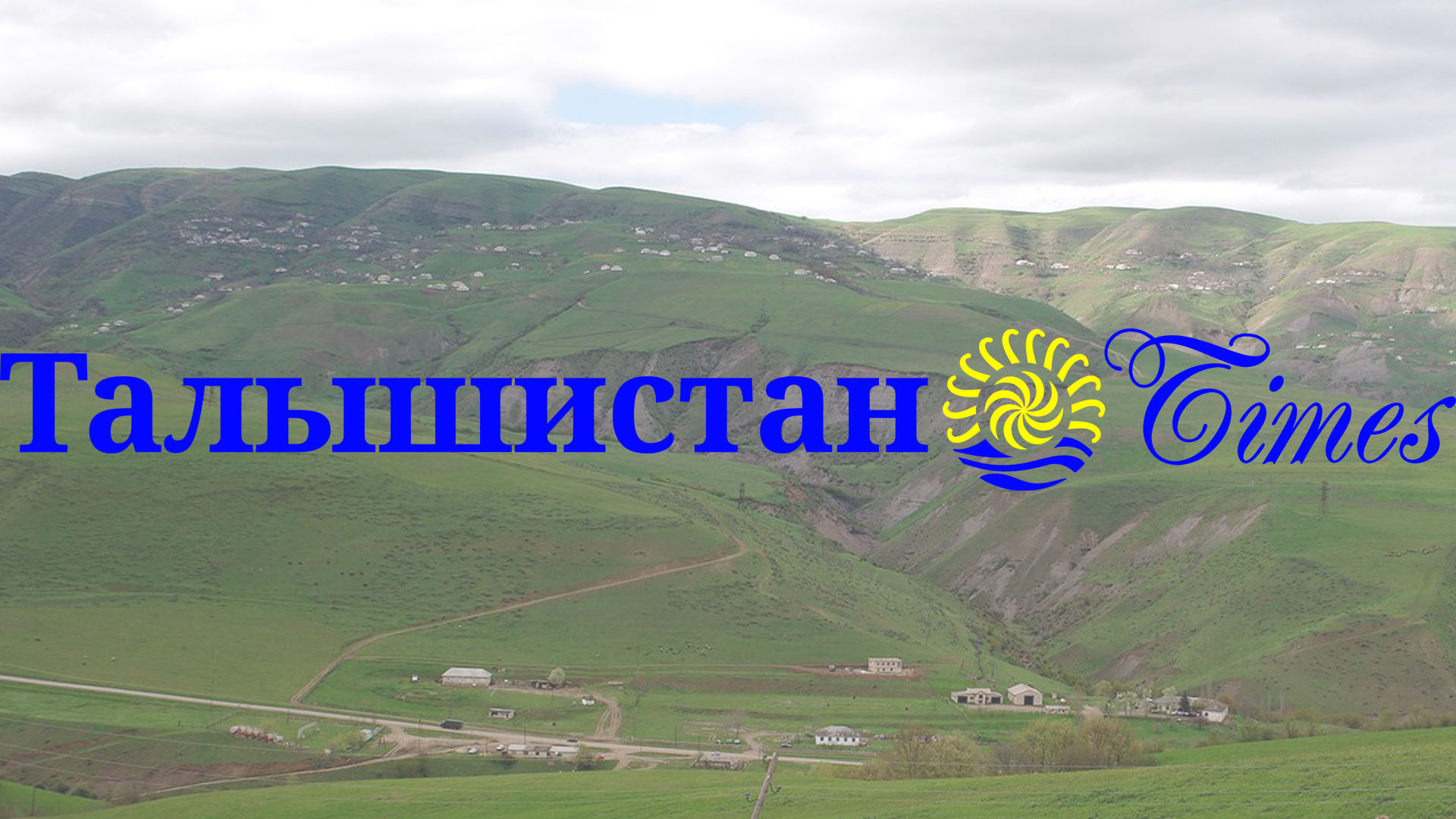
Портал Talishistan Times – открытый форум для всех угнетенных народов Азербайджана.
Состояние, динамика развития и актуальные задачи коренных народов Азербайджана
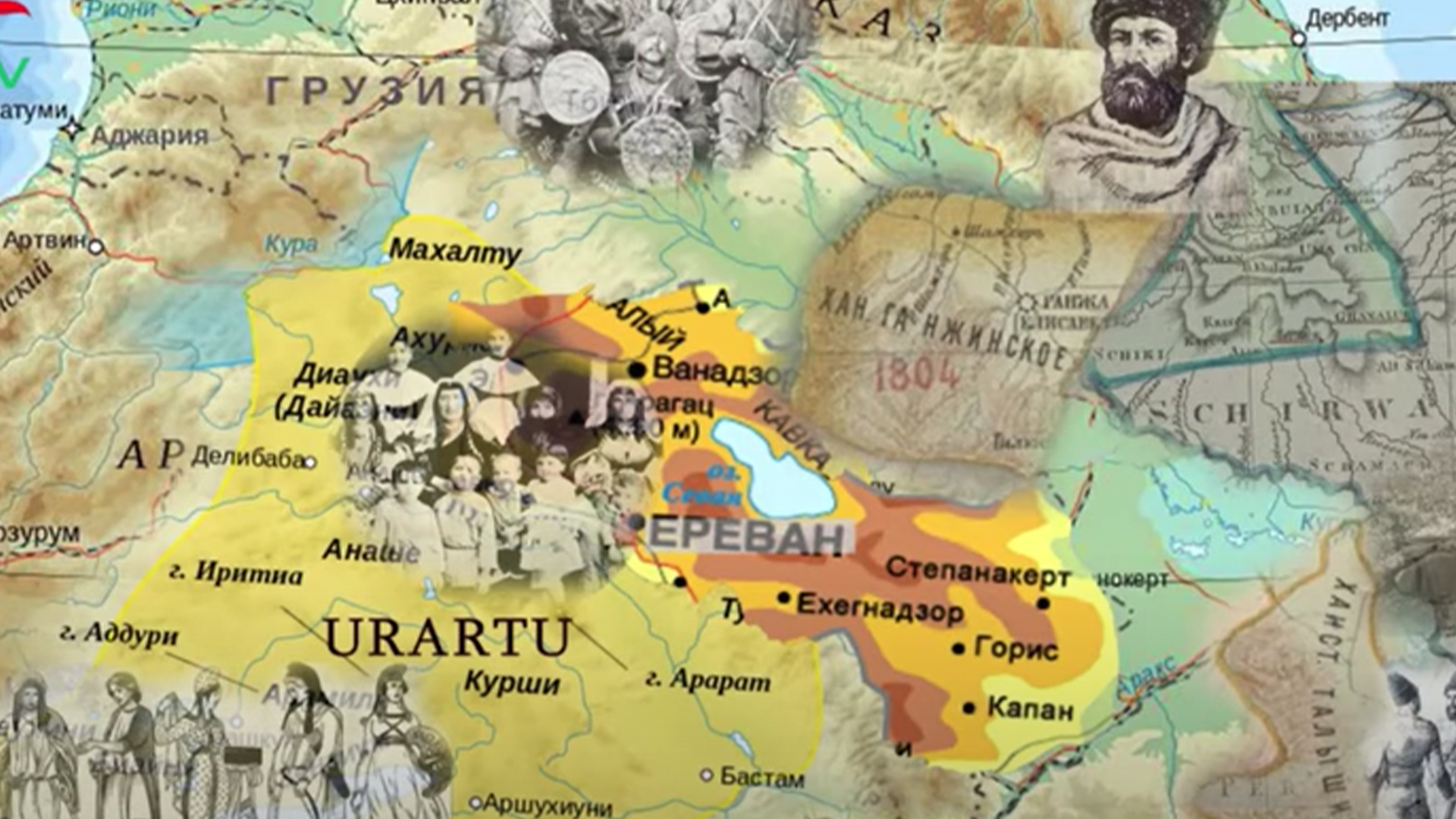
С 2005 года талыши заняли свою значимую и устойчивую нишу во внутриполитическом азербайджанском дискурсе. Параллельно с талышской проблемой, были подняты и лезгинский, и аварский, и другие вопросы, что выразилось в создании ряда лезгинских, аварских и даже татских организаций.
Современное состояние и задачи Лезгинского национального движения

Азербайджанская репрессивная машина, основной задачей которой является максимальная ассимиляция лезгинского населения республики, уничтожение всякой его субъектности и стирание любых отличий от тюркской доминанты, продолжает свою неумолимую работу.
Аварцы – прошлое и настоящее; к вопросу о важных исторических вехах в жизни народа
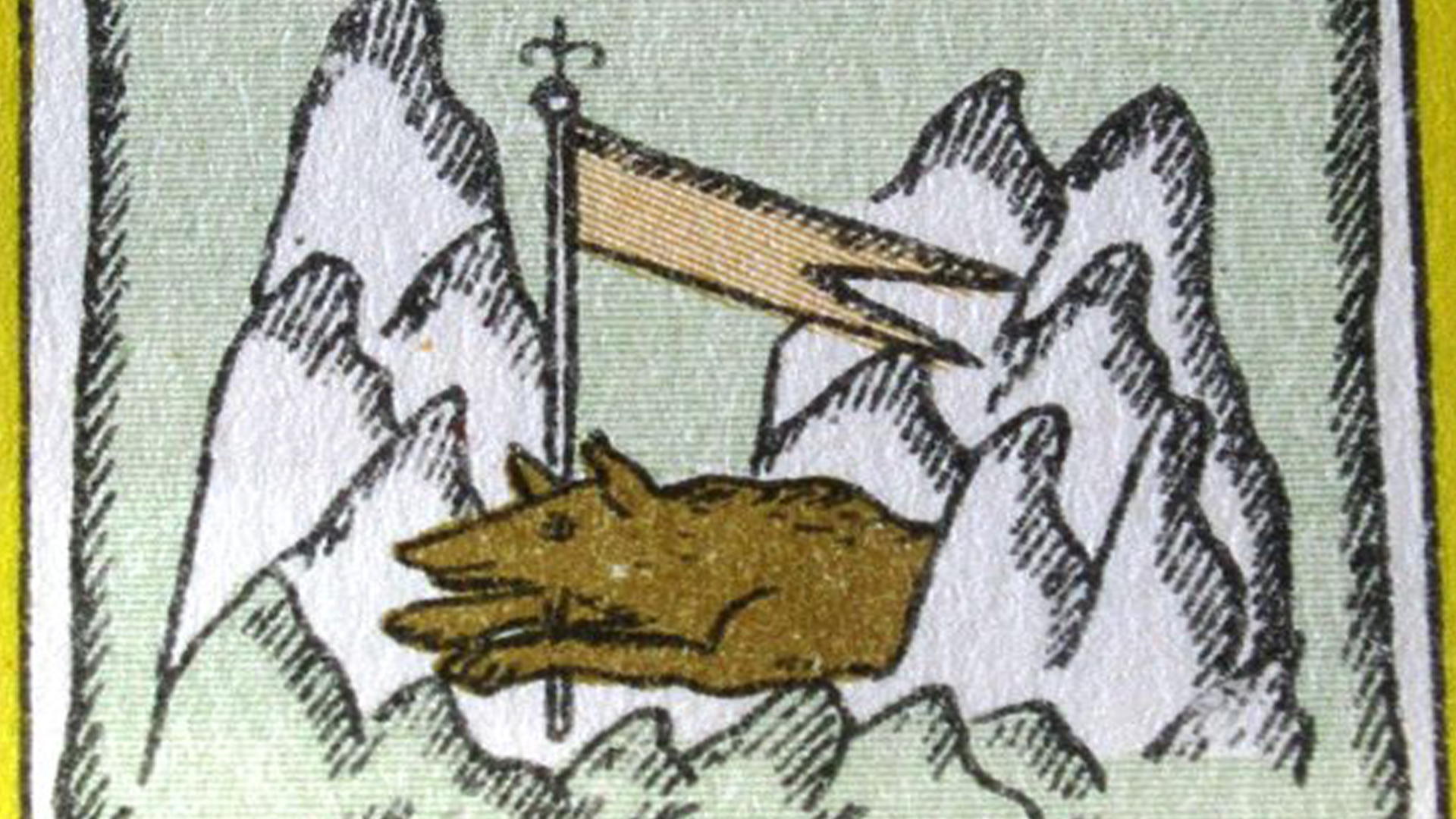
Аварцы – один из крупных коренных народов Восточного Кавказа, проживающий главным образом на территории Дагестана и северо-восточного Азербайджана.
Amnesty International: «Азербайджан должен освободить талышских активистов»
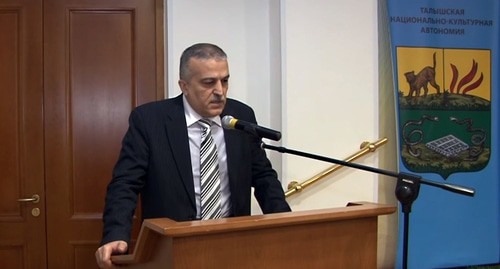
Международная правозащитная организация «Amnesty International» выступила с официальным заявлением, в котором потребовала от азербайджанских властей незамедлительно освободить талышского ученого Фахраддина Аббасова (Абосзода) и блогера талышского происхождения Эльвина Исаева.
История Талышского ханства Теймур бек Байрамалибеков
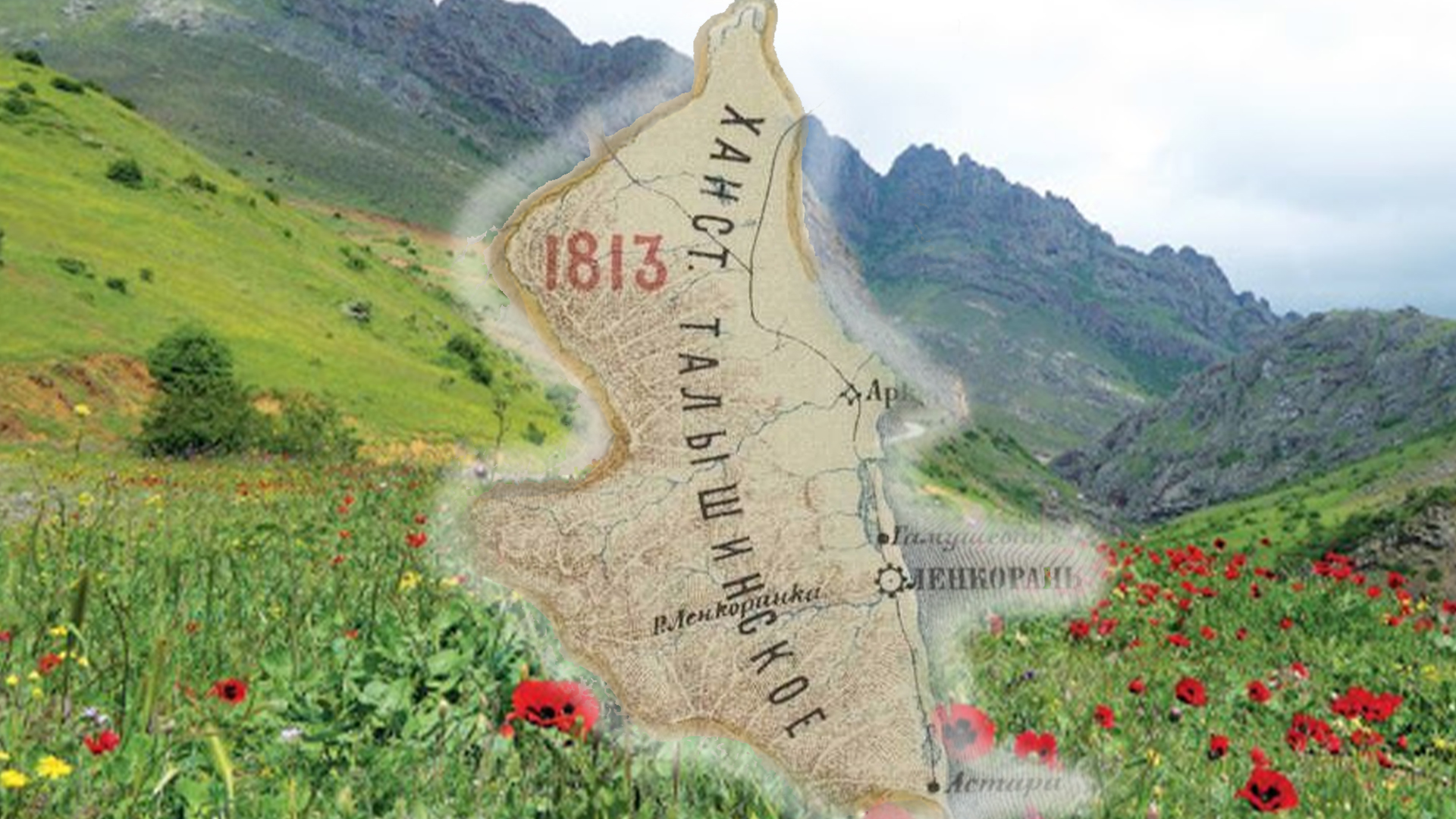
Мир Мустафа-Хан Талышинский был сын Кара-Хана, являющегося родным сыном Мир Аббас-Хана, прибывшего из Персии в Талышский край, где он, как благочестивый, справедливый, набожный и добрый сеид, происходящий от прямых потомков Магомета...
Do the Talysh and Tat Languages Have a Future in Azerbaijan?* John M Clifton SIL International and University of North Dakota
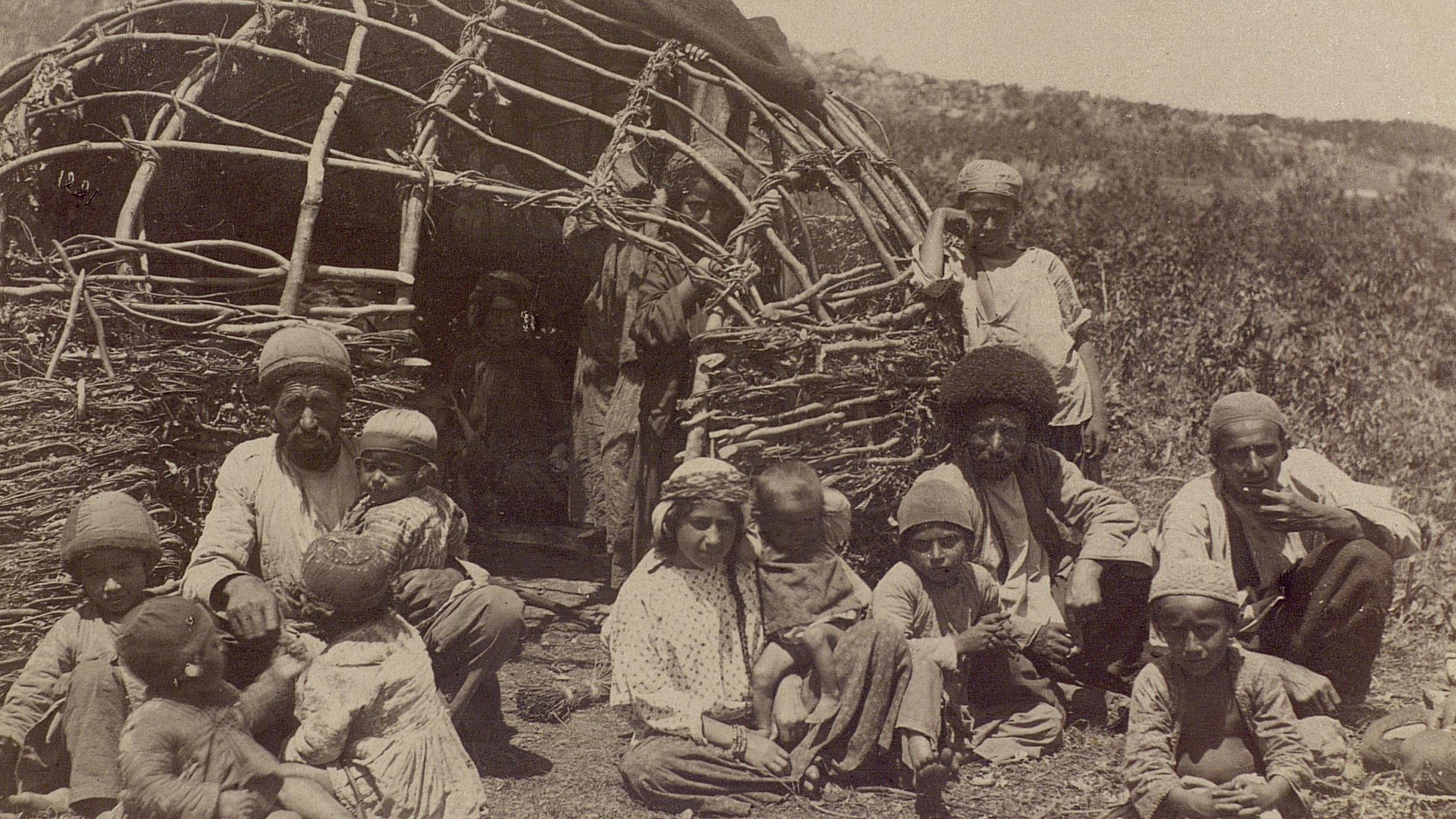
Tat and Talysh are two less-widely-used Iranian languages indigenous to Azerbaijan. Sociolinguistic research revealed that both languages are being displaced in some communities but coexist with Azerbaijani in others. Factors contributing to these differences include isolation, ethnic diversity, and economic opportunity.
Сыпə oмə, чымы кaнə шымыш бaрдə!
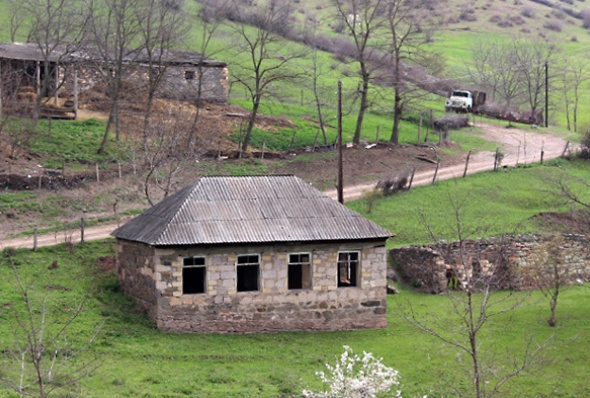
Мәсәлән, жыго гыләј сојә силлогизм бывотым бәты: -1) Хыдо хәлғыш кардә һәмә одәмон; 2) Азәр одәме. Ым дыглә һыкме. Жыго гыләј әғли нәтиҹә бешејдә чыјо: -Бызын, Хыдо хәлғыш кардә Азәрән! Ым бејдә чәмә әғли нәтиҹә. Ым һәмән әј исбот кардејдә ки, мәнтығи бә даст дәној ғејри-мымкуне!
«Озоди» чиче, «сәбәсожәти» чич?
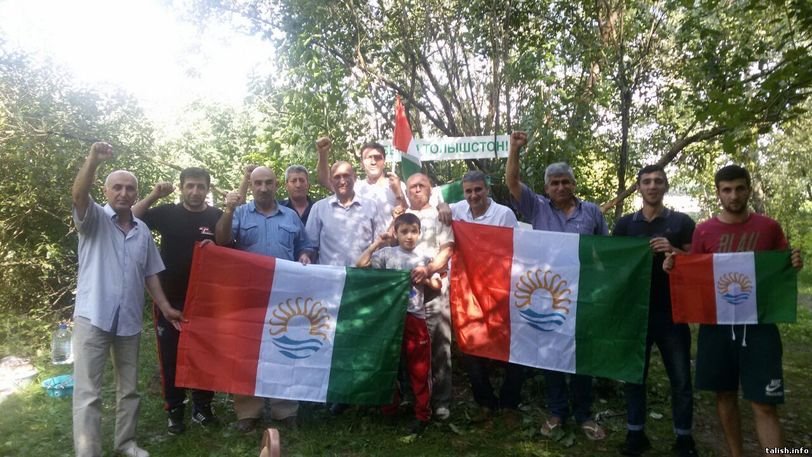
Ком толыш бывото, әмә озод быкәмон ыштә хәлғи, әмма әв ғәбул ныко сәбәсожә Толышстони идејә, бызын ки, әв ја дәмәрәсе, ја дышмен!
Чич һесте, чич ни, һа Деғыж?

Росте, ком веје, сыпә кулә сәј зынејдәни чымы дасто, һаканә боштә сәј тырнејән вахтым бејдәни, ружи вејни һандејдәм-нывыштејдәм, тәһлилон кардејдәм, пијејдәме ки, бызным, чуне шејдә ым дынјо, чичон чәш кардејдән әмәни һәммәј, чәмә хосә хәлғи ајәндәдә!
Об исторических и этнокультурных связях Ирана и Восточного Кавказа, Интервью с известным востоковедом, доктором филологических наук, профессором Гарником Асатряном
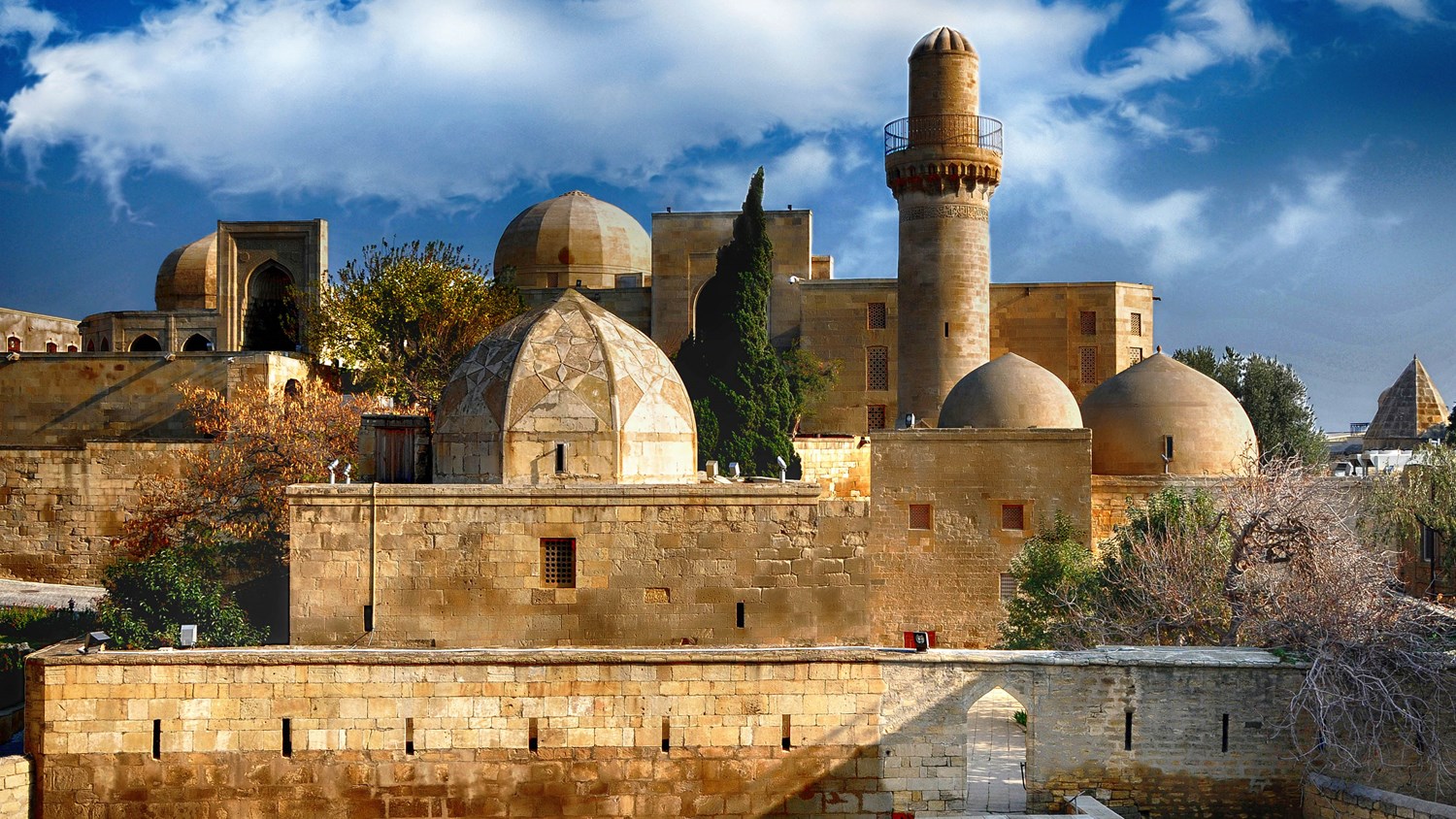
Иранское влияние было велико в Дагестане почти во все времена. Восприятие этой страны на Кавказе, в том числе в Дагестане, всегда было позитивным.
Бочи пәшимон бејдән бә Озорбојҹон шә толышон?
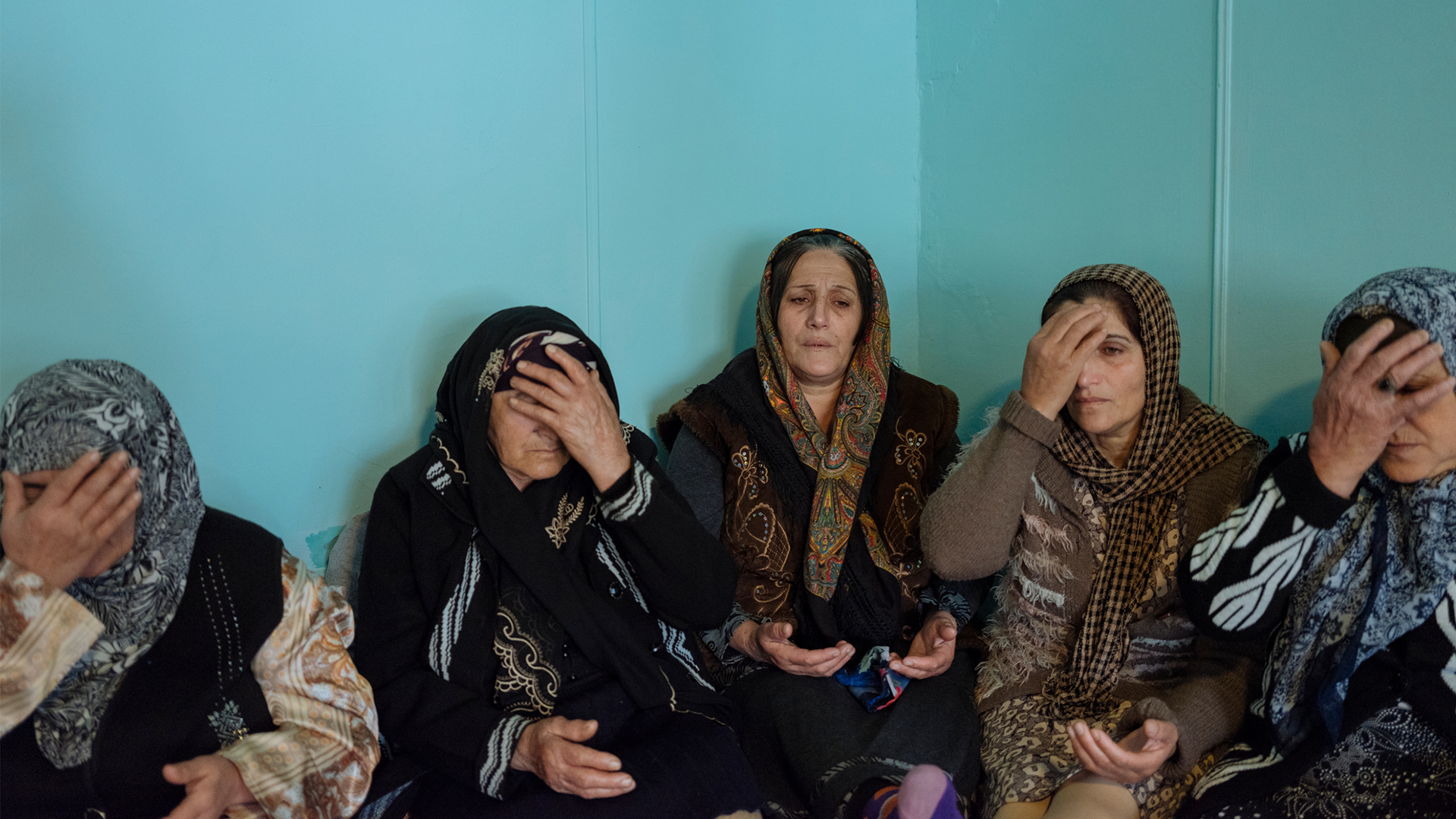
Әсыл Вәтәндуст бәпе һежо фикир быкә ки, чич карде лозиме ки, одәми һежо быпијоше бәштә Вәтән бышу? Вәтәни нәве вырә һисоб кардәкәс һич вахти лојиғинә авлод әбыни боштә хәлғи! Әве бәшмә вотејдәм ки, әмә һәммәјәво ҹанг кардәнинимон ки, быдә озод быбу чәмә хосә Вәтән, быдә ыштә сәбәсожә довләтәдә озод ијән һәрәбахт быжијы чәмә хосә хәлғ!
Зывон ијән хыјзон
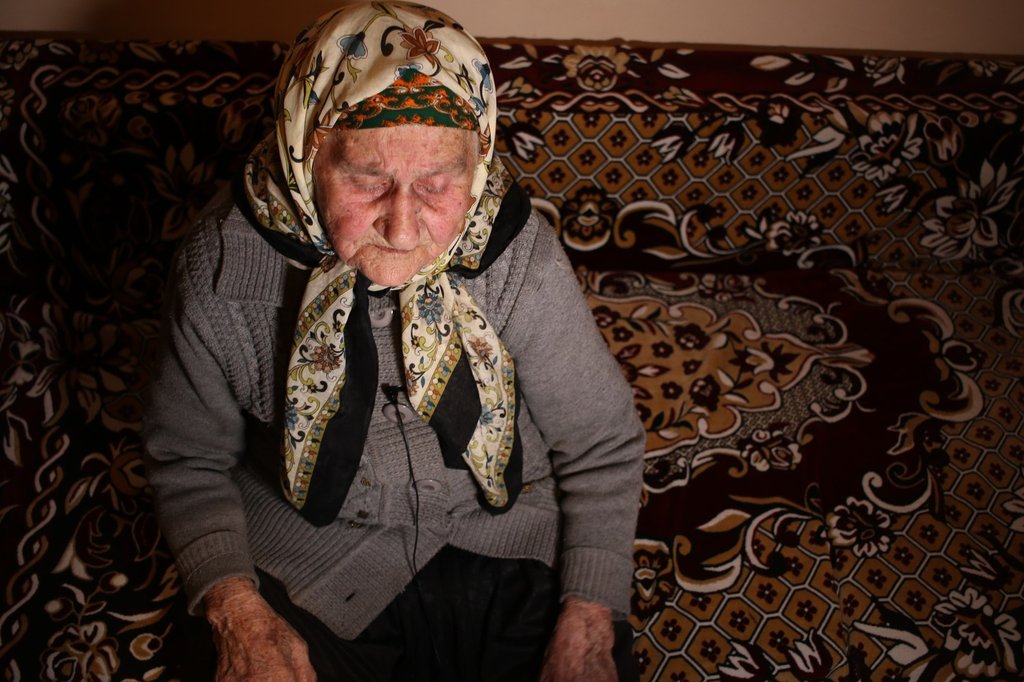
Ыштә јодәдә огәтән ки, зывон ијән хыјзон һар дыјнән воҹибә шәртонин бо һар гылә одәми! Чәвон дыјнәнән ғәди бызнән!..
Озорбојҹони тәркибәдә бымандомон, чич бәбе?
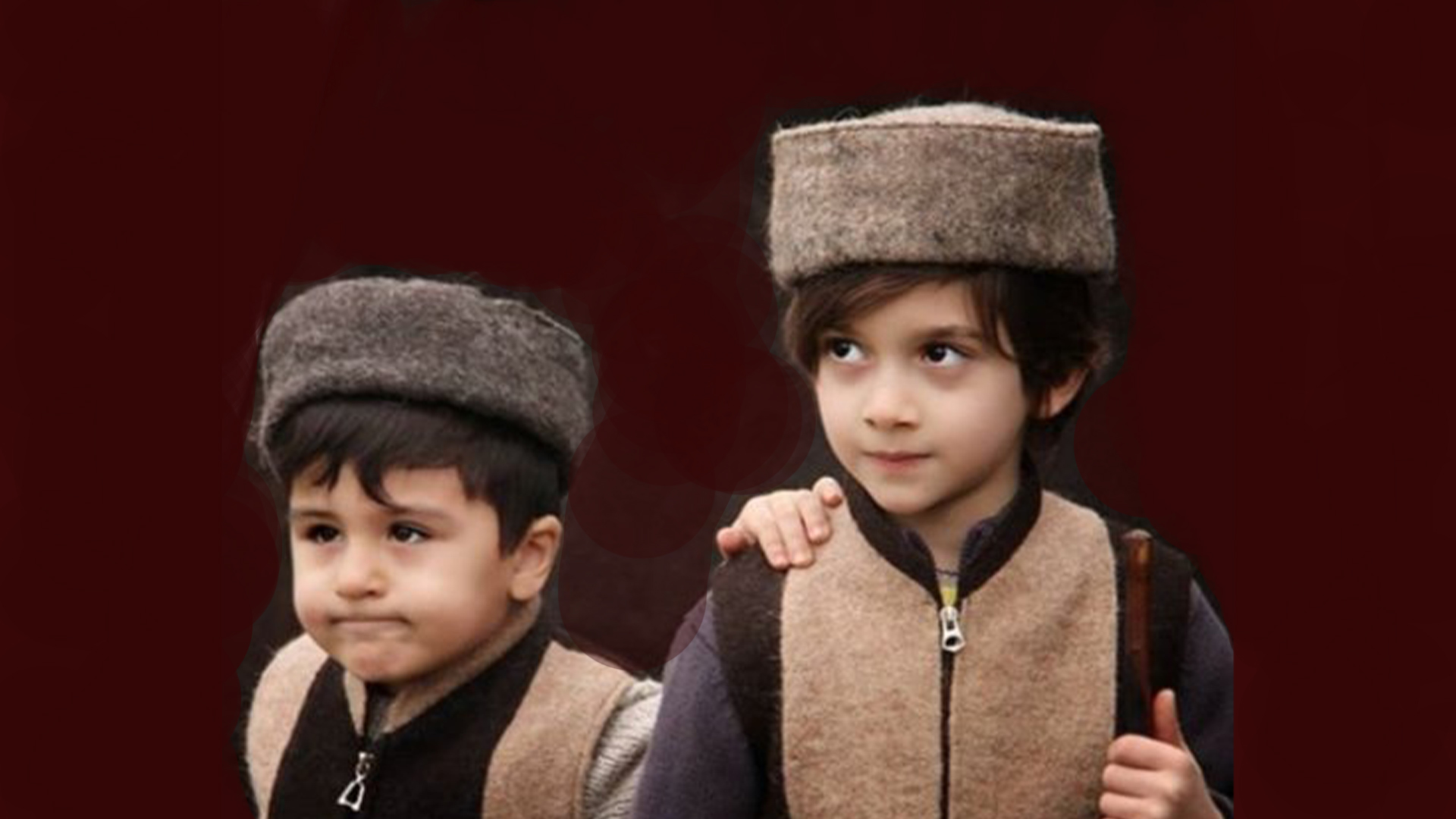
Озорбојҹони тәркибәдә манде-манде, әмә һәнијән нез кардејдәмон ыштә хәлғи охој! Ҹо һәмә чијон нојдәм бә кәно, гирәм һукмәт жыгонә мәһв быко чәмә Инә зывони, бызнән, һа чәмә хосә толышон, чәмә хәлғән мәһв бәбе! Зывон бәмарде, чәјо хәлғән ни бәбе!
Некоторые промежуточные итоги развития Талышского Национального Движения

Мы уверены в том, что отделение талышского народа от Азербайджана привлечет за собой также и освобождения других народов этой земли, в том числе, как это ни странно звучит, даже самого «титульного этноса» этого государства, по странным стечением обстоятельств до сих пор называвшим себя «азербайджанцами».
Народ Заза: из небытия в гущу событий
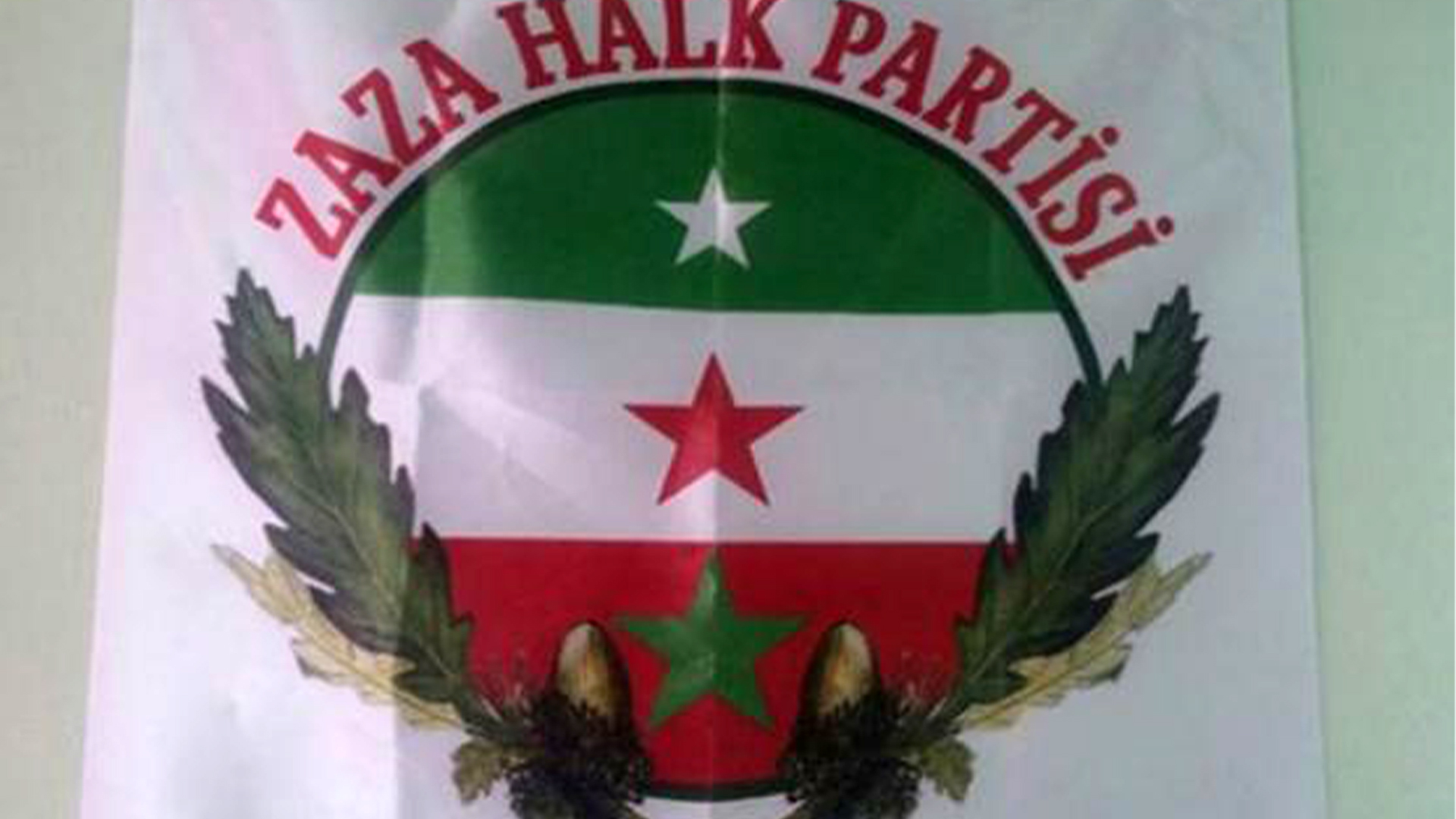
"Независимо от того, зарегистрируют партию заза в Турции или нет, народ заза еще скажет свое веское слово. А мы, армяне, не должны забывать о том, что это братский нам народ"....интервью с директором Института востоковедения Российско-Армянского университета доктором филологических наук, профессором Гарником Асатряном.
«Суверенитет - не самоцель, если обеспечены права народа»
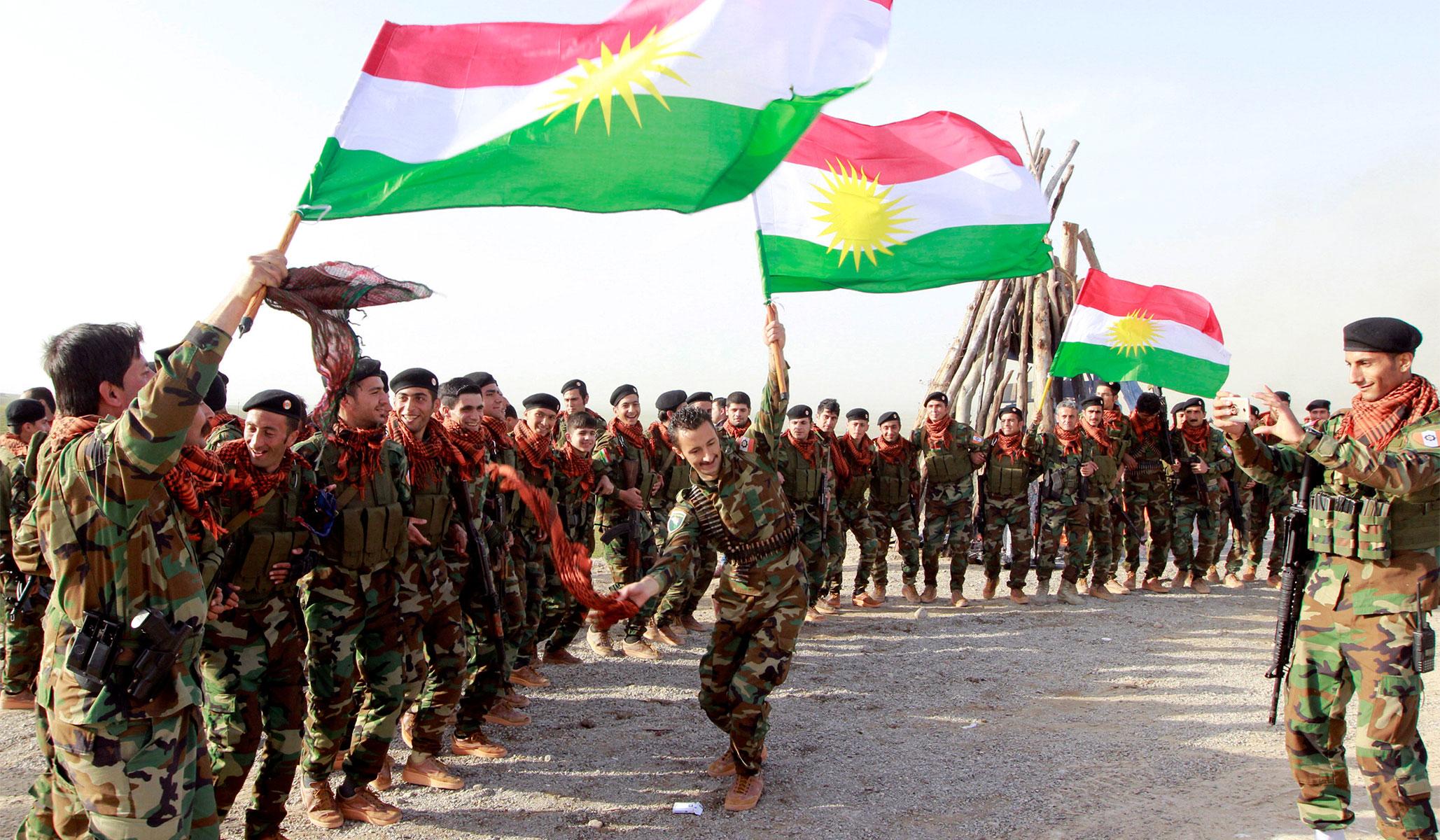
Aктуальность мероприятия заключается, прежде всего, в том, что широкий спектр тем, связанных с «курдским вопросом» в широком смысле, до сих пор не получил, за редким исключением, сколько-нибудь объективного анализа и действительно профессиональной, экспертной оценки.
Курдский вопрос – развенчание мифов и суровые реалии: круглый стол в Ереване
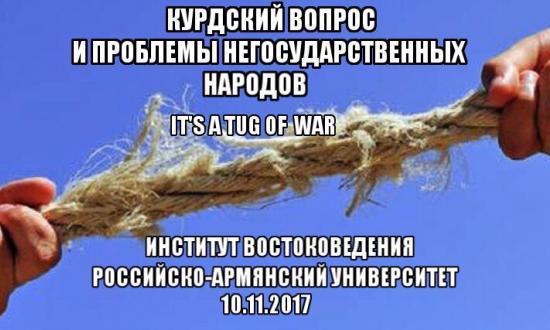
10 ноября в Российско-Армянском (Славянском) университете в Ереване прошел круглый стол «Курдский вопрос и проблемы негосударственных народов», организованный Институтом востоковедения РАУ.
Столица Талышистана сквозь германские реалии (Ланкон и в Австрии Ланкон)
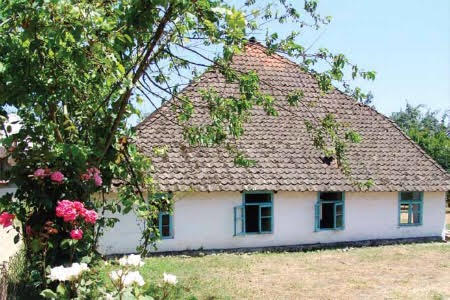
Я приехал сюда в прошлый понедельник, живу в живописном местечке в Австрийских Альпах. Маленькая деревушка, с десяток домов, разбросанных на обширном открытом пространстве, а между ними - зеленые луга с мирно пасущимися стадами; повсюду домашняя живность - курицы, петухи, экзотические фазаны; воздух чист и наполнен ароматом цветов, одним словом – рай на земле.
Чымы 61 сини ән јолә дард!

61 синәдә ән јолә орзум чиче? Ән јолә орзум ыштә хәлғи ијән сәрзәмин Толышстони озод ијән сәбәсож виндеје!
Талышский феномен и курдская мозаика – реальность и иллюзии: профессор Гарник Асатрян
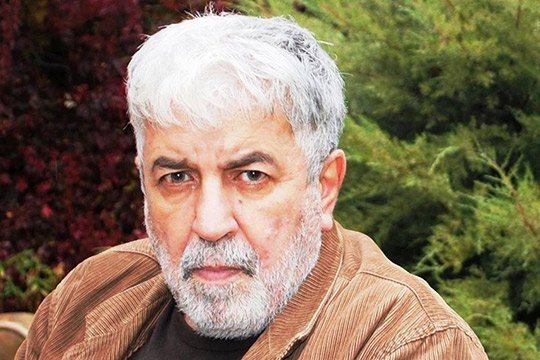
Сегодня талыши – один из главных геополитических факторов в регионе. Национальная консолидация талышей – это уже почти завершенный процесс, в то время как говорить не то что о единой азербайджанской нации, но даже о едином азербайджанском этносе в настоящее время – при наличии столетней государственности – говорить не приходится.
Идеолог в тюрьме: честь - против подлости, разум - против иллюзий
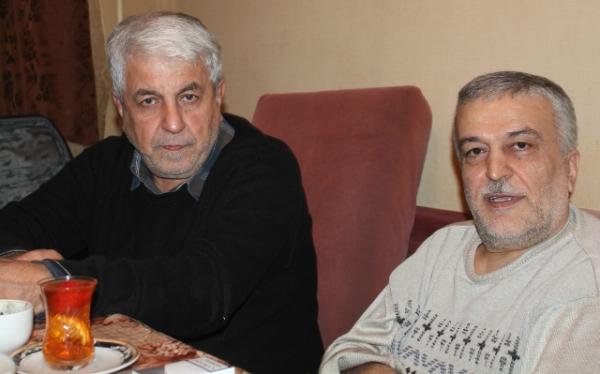
Фахраддин Абосзода – глыба регионального масштаба. Выдать эту глыбу врагам – не только безнравственно, но и просто глупо. А вот опираясь на эту глыбу можно выстроить максимально адекватную и эффективную политику по отношению к региональным процессам, полностью совпадающую с интересами и самой России, и талышского народа.
Русские школы в Азербайджане: они для русских или для «русскоязычных азербайджанцев»?
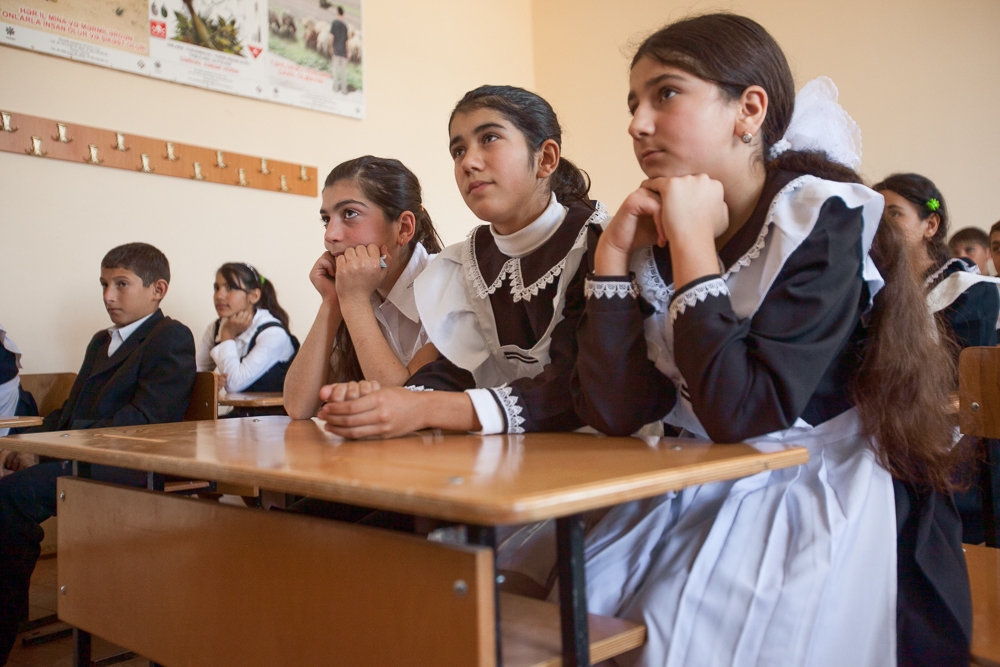
Русские школы в Азербайджане в наше время– это скорее политический проект. Они являются питомниками для выращивания, если использовать большевистский термин, социально и классово близких режиму людей.
Проживающий в США азербайджанский ученый призывает вырезать все нацменьшинства в Азербайджане и готовиться к «смертельной войне с армянами»
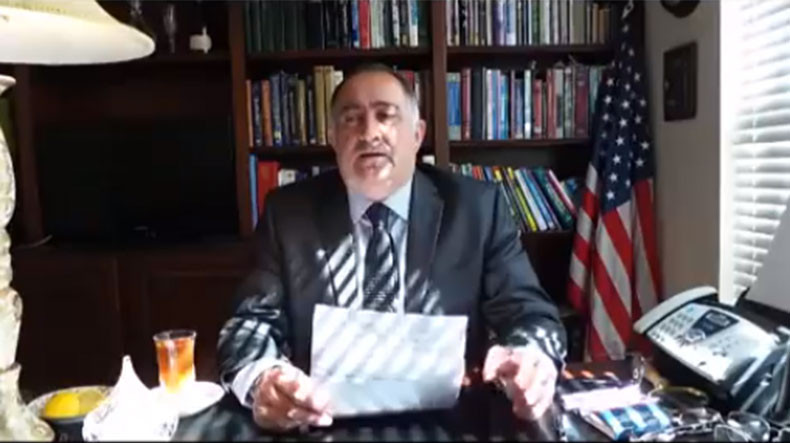
«Все русские и армяне должны быть изгнаны из Азербайджана. 259 тысяч русских надо гнать как собак, а оставшихся 30 тысяч армян всех до единого необходимо уничтожить, ибо все они фашисты.
Александр Князев: «Технологии США не сработали–Иран не место для «майдана»»

Подписание соглашения с США по ядерной программе, отмена антииранских санкций, быстрое улучшение социально-экономической ситуации в стране. Вкратце в головах значительной части электората это выглядело просто: отменят санкции — заживем богато…


